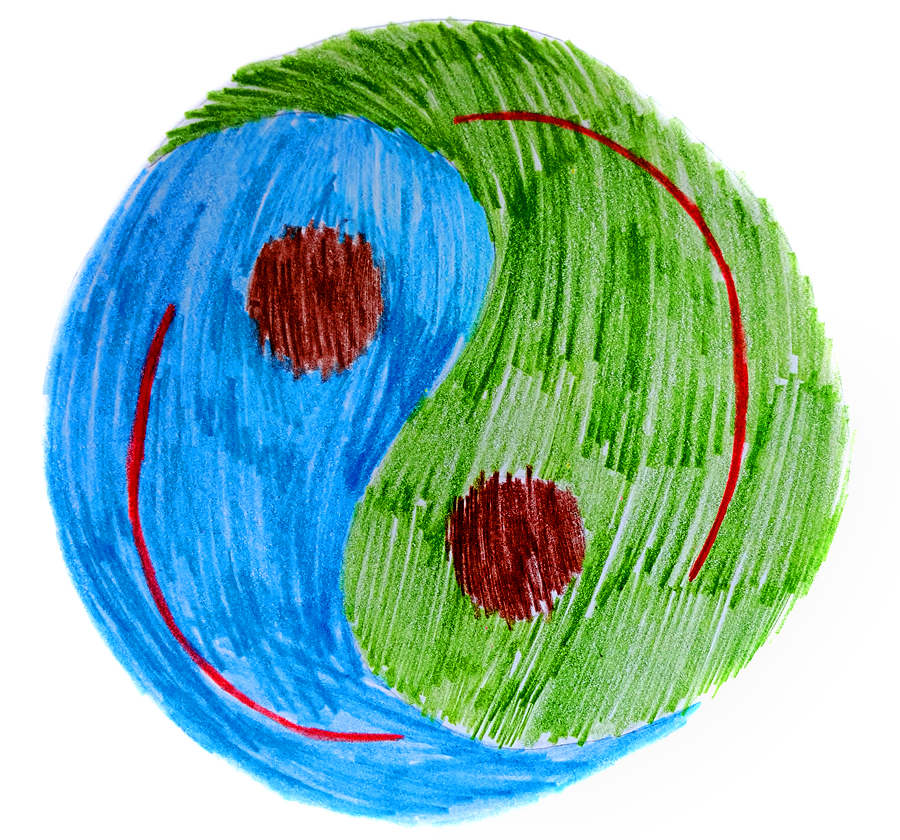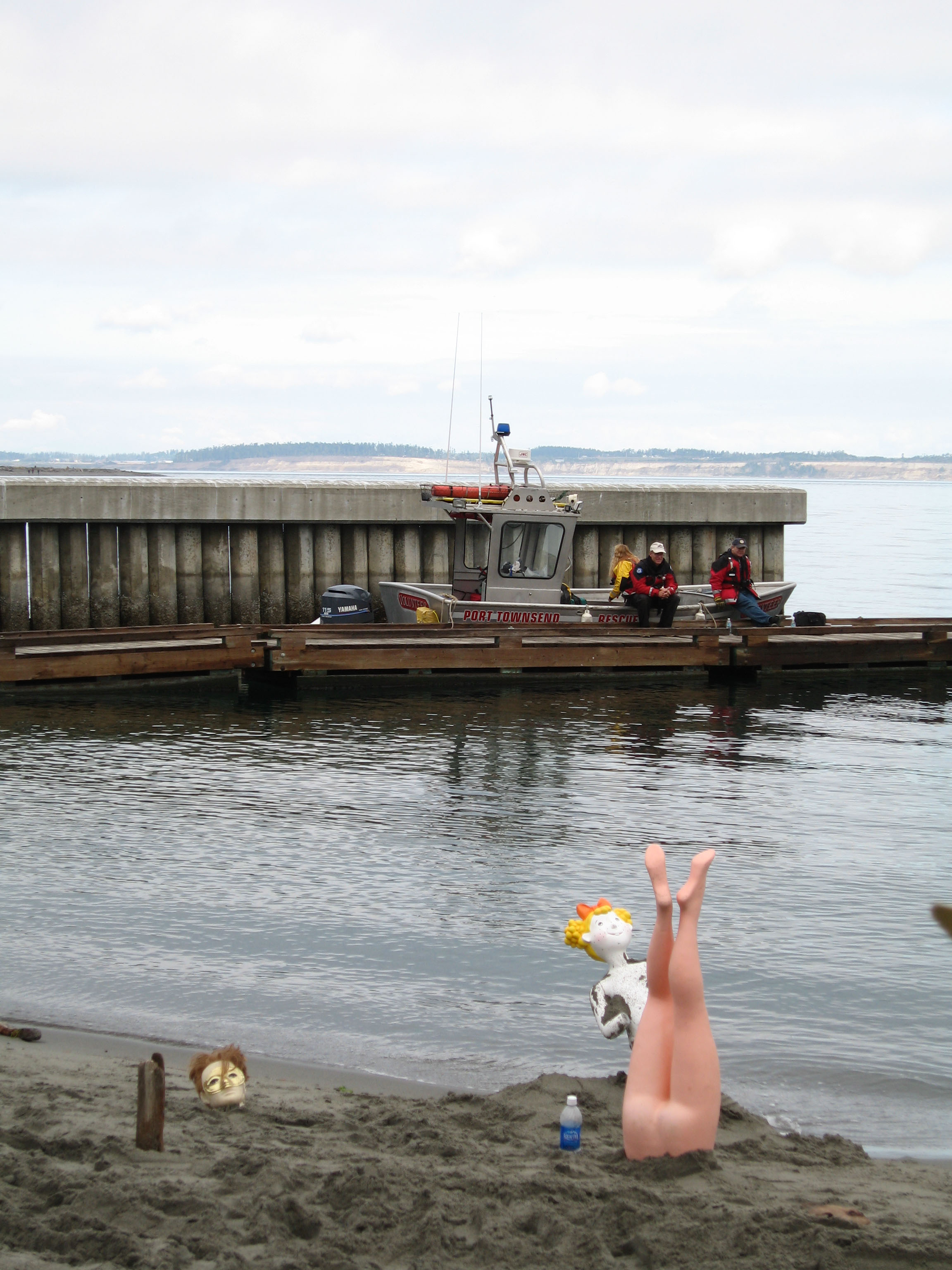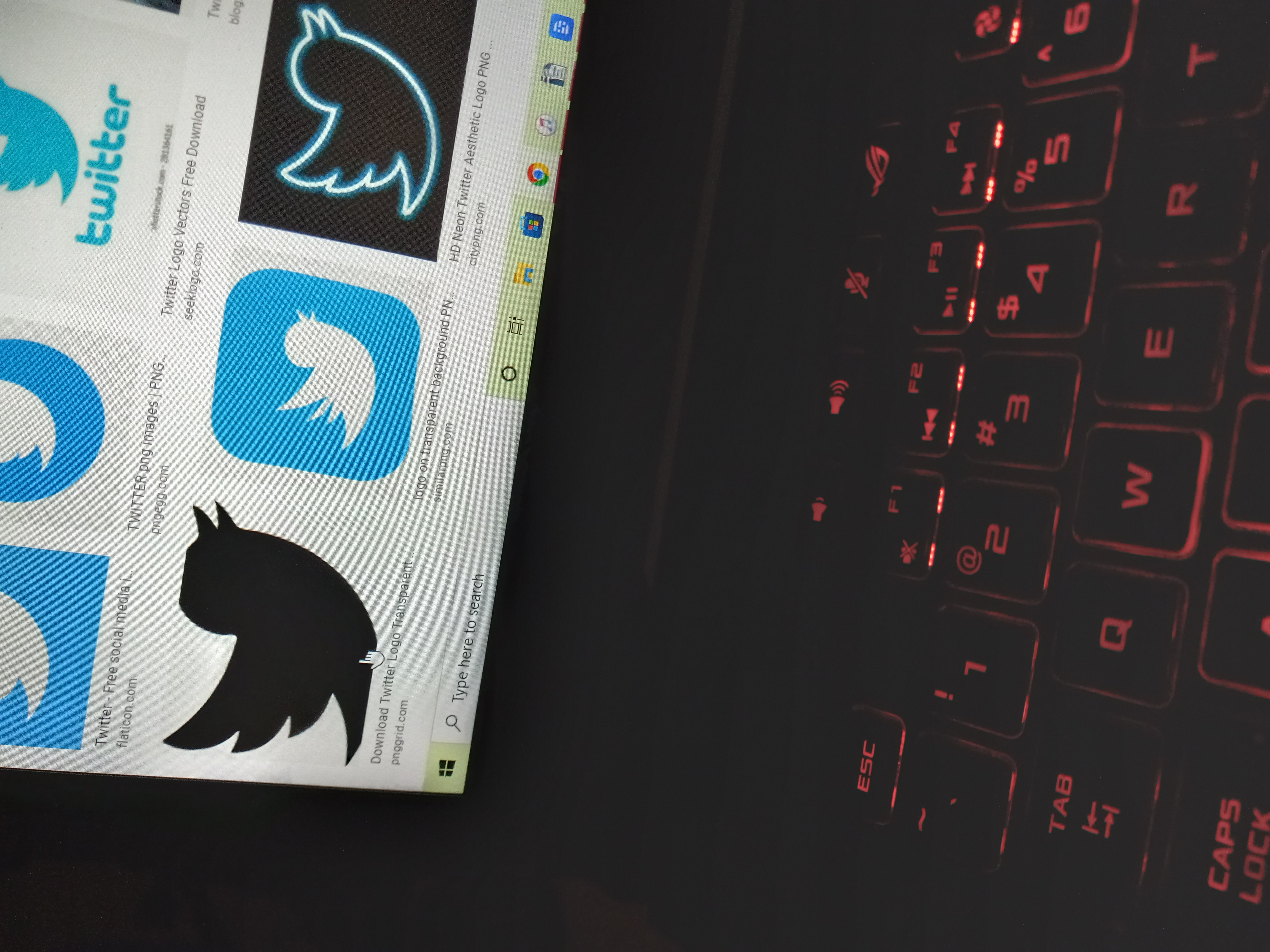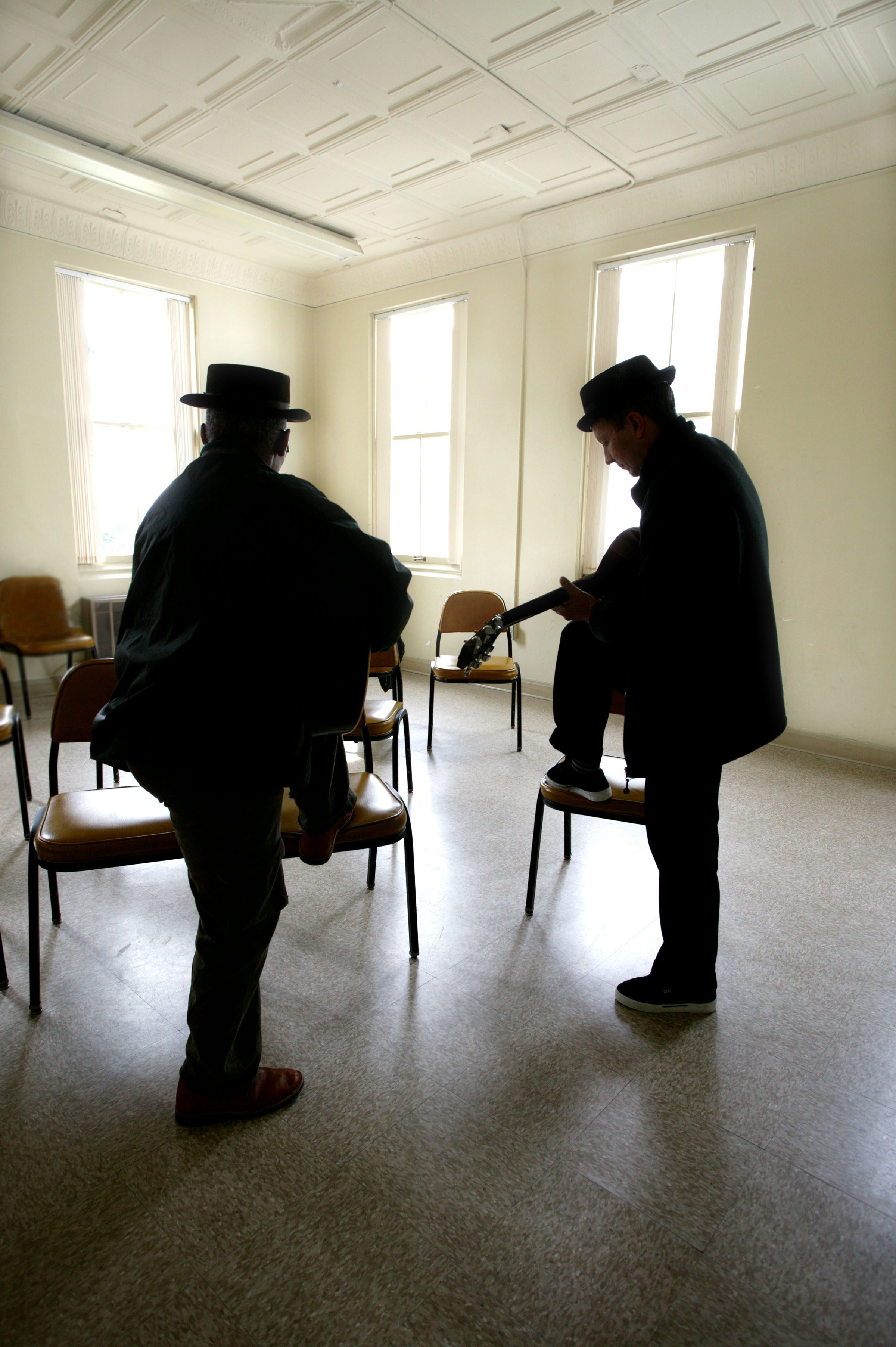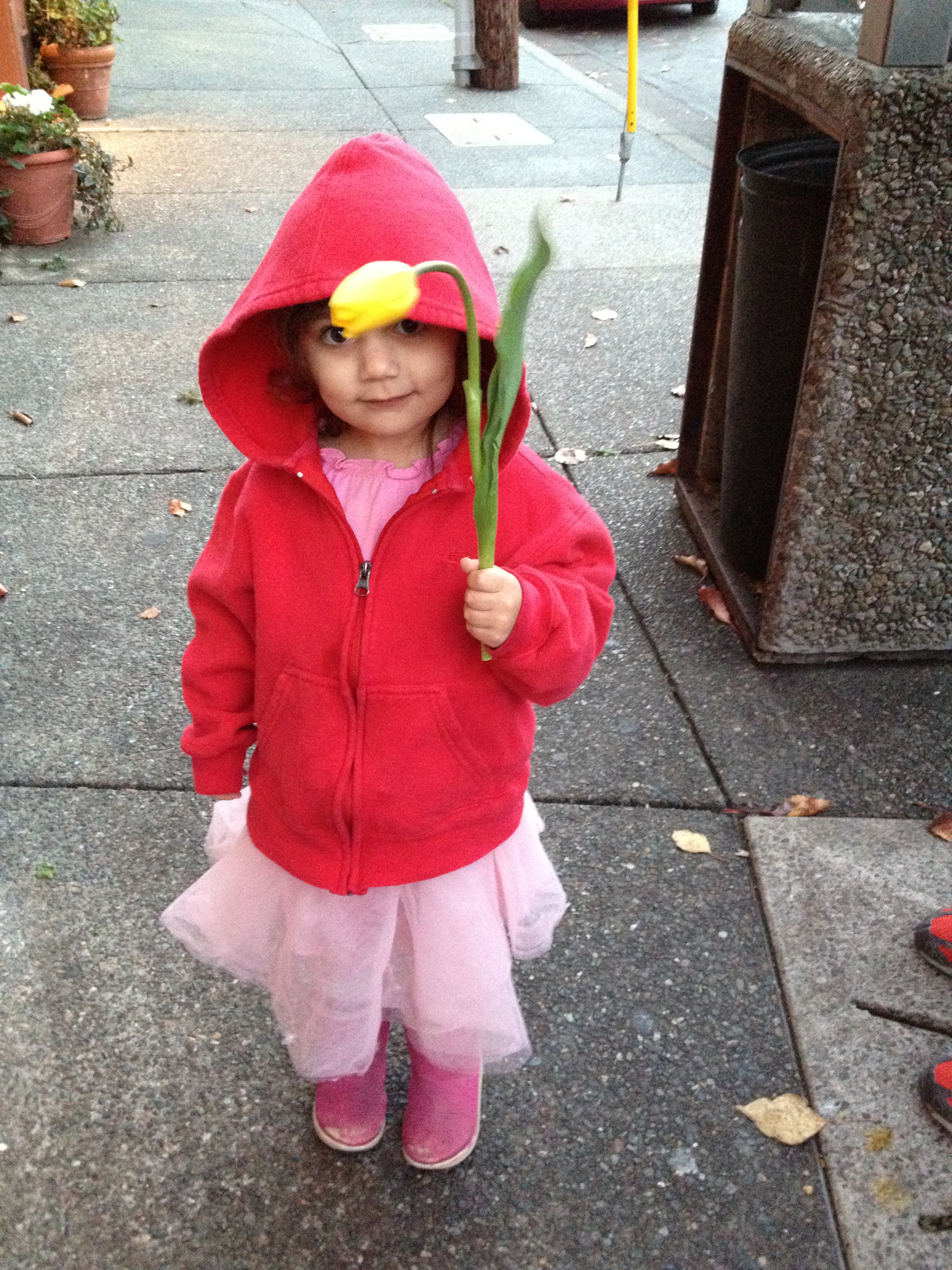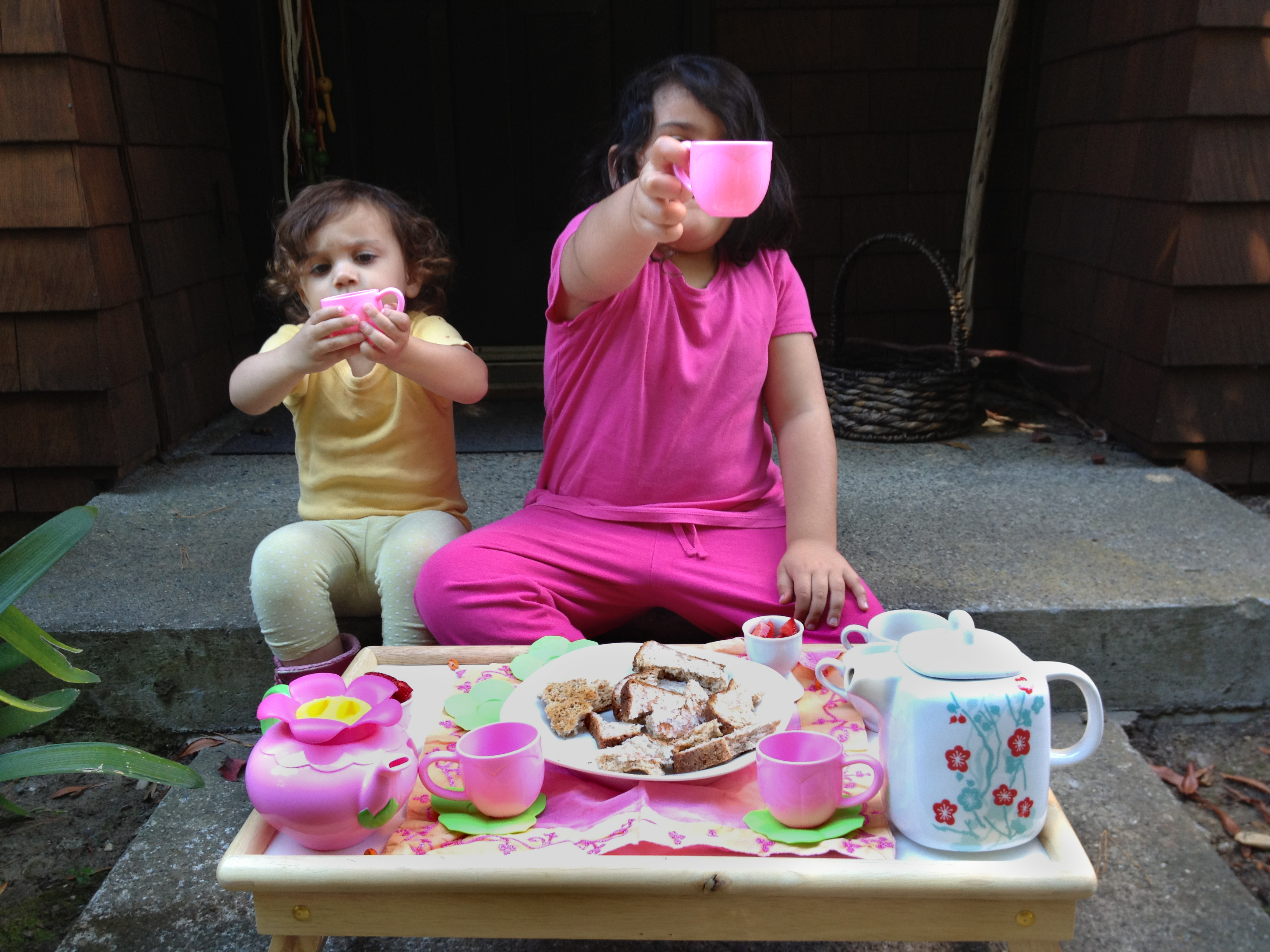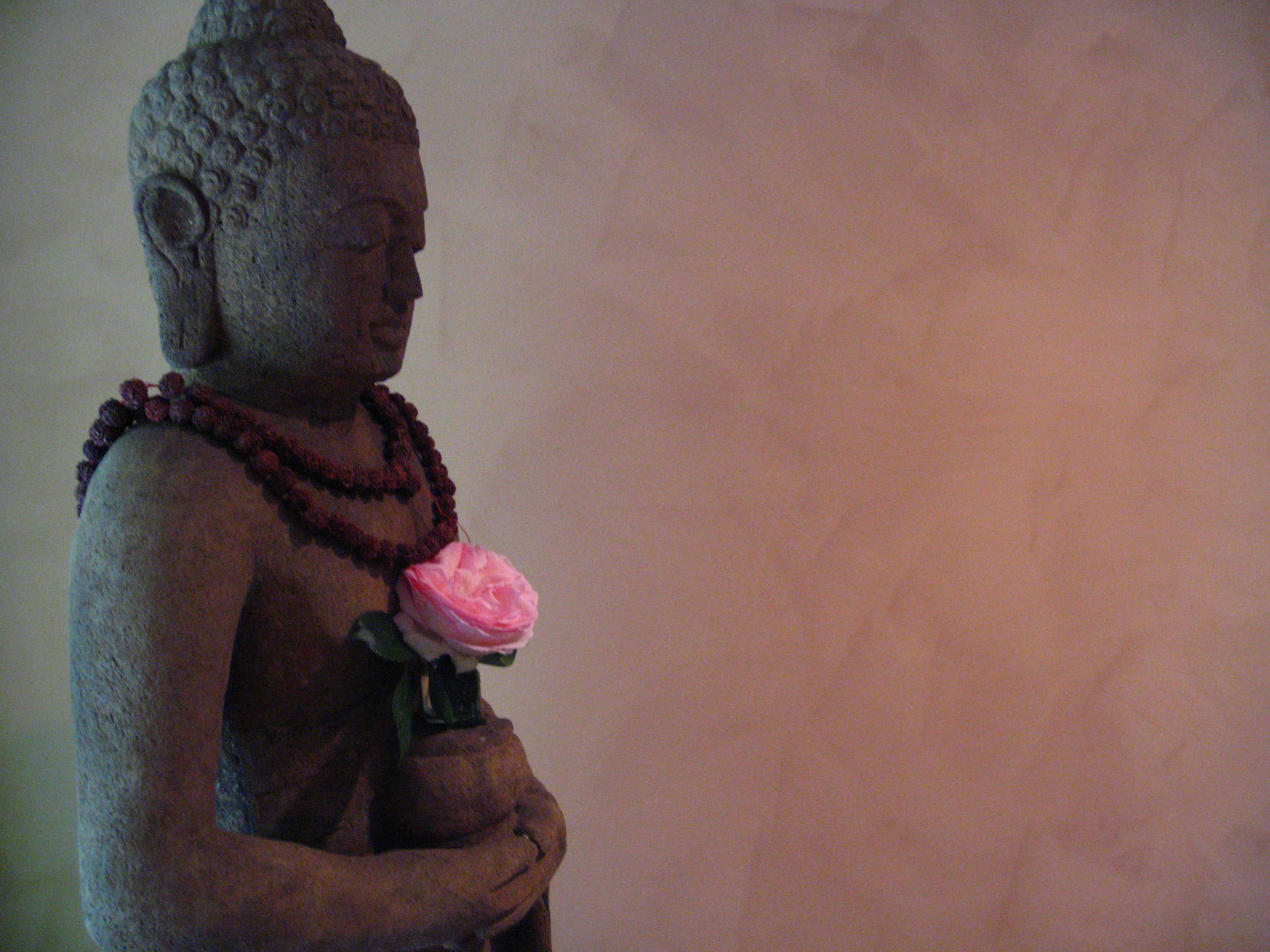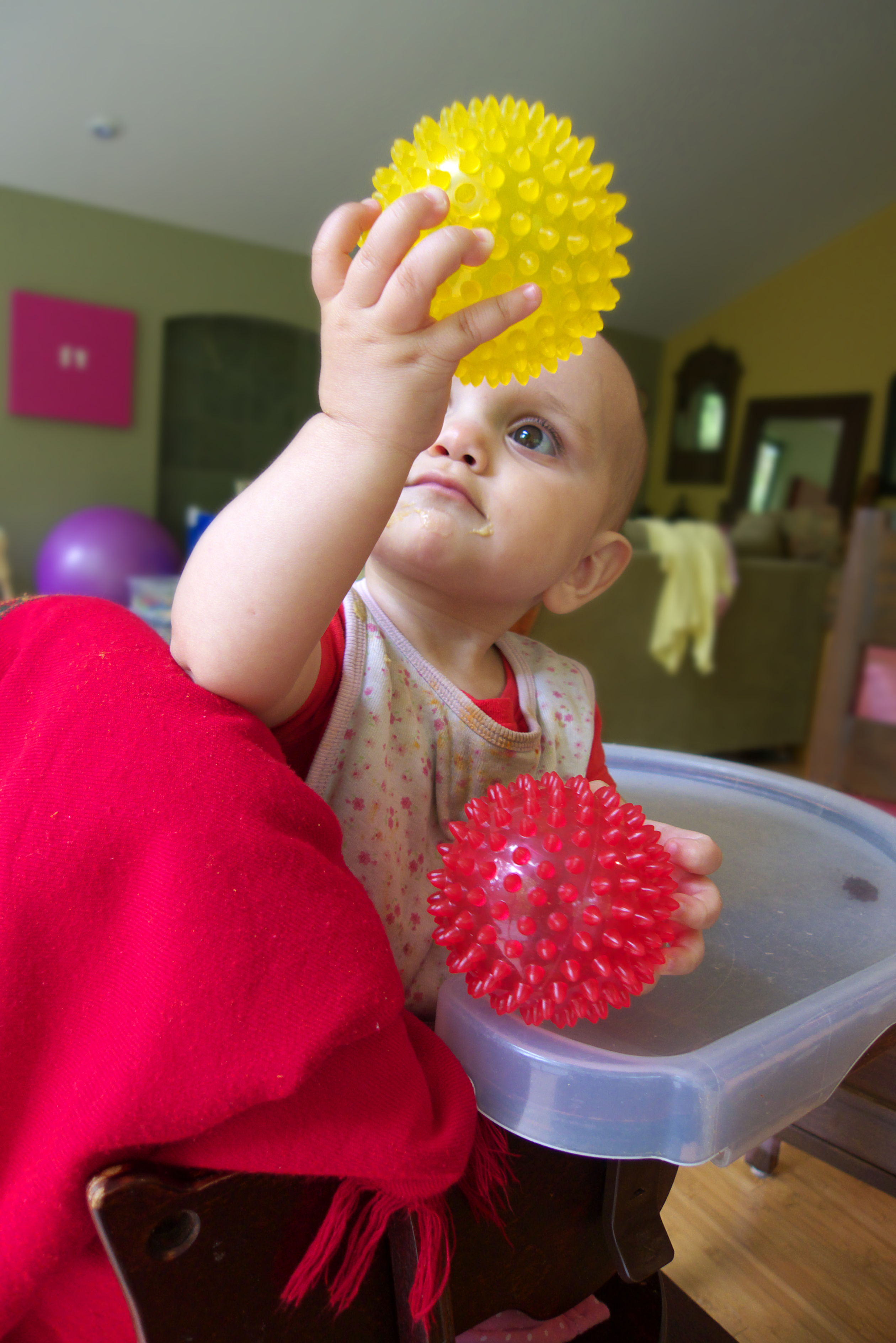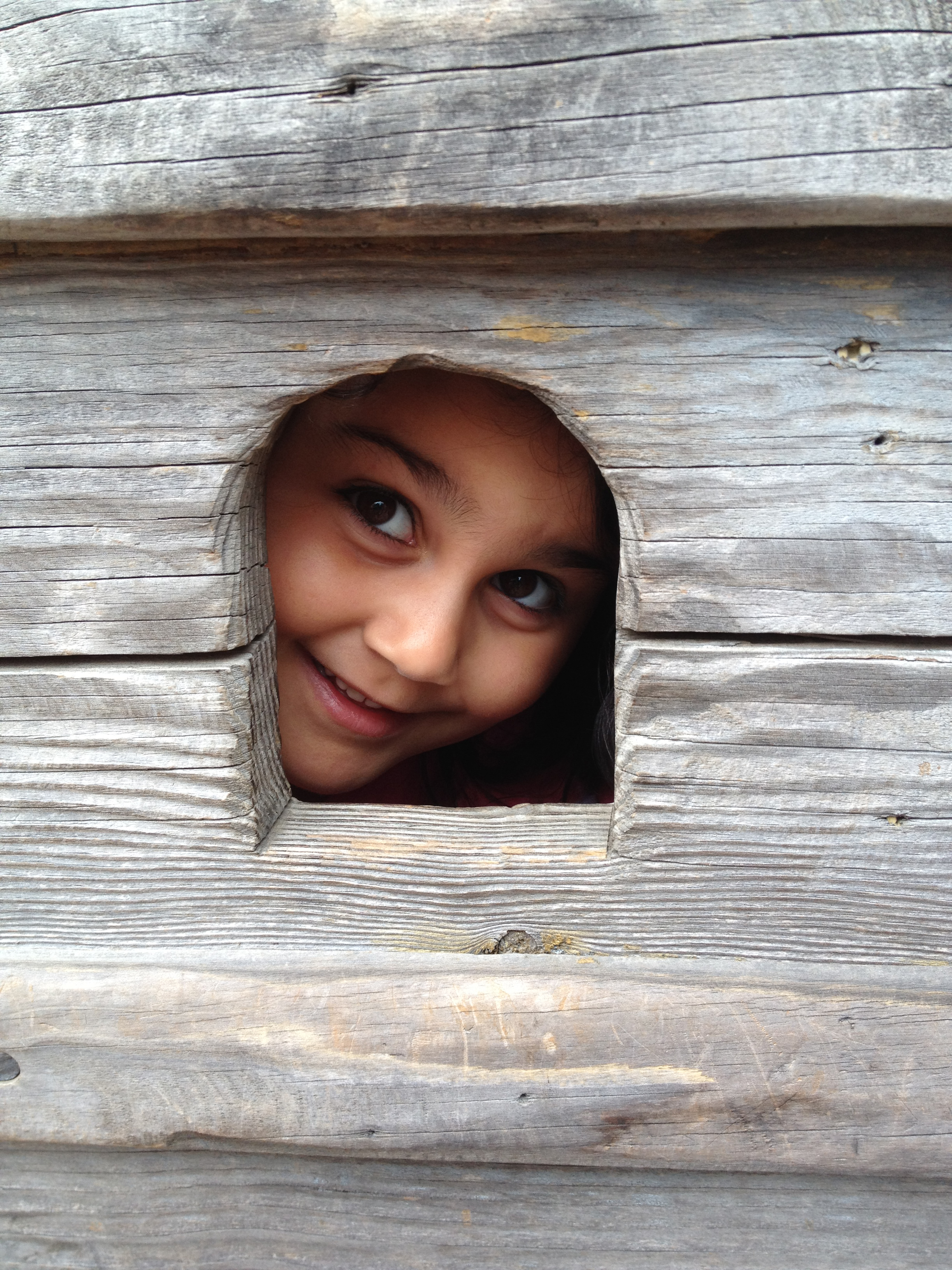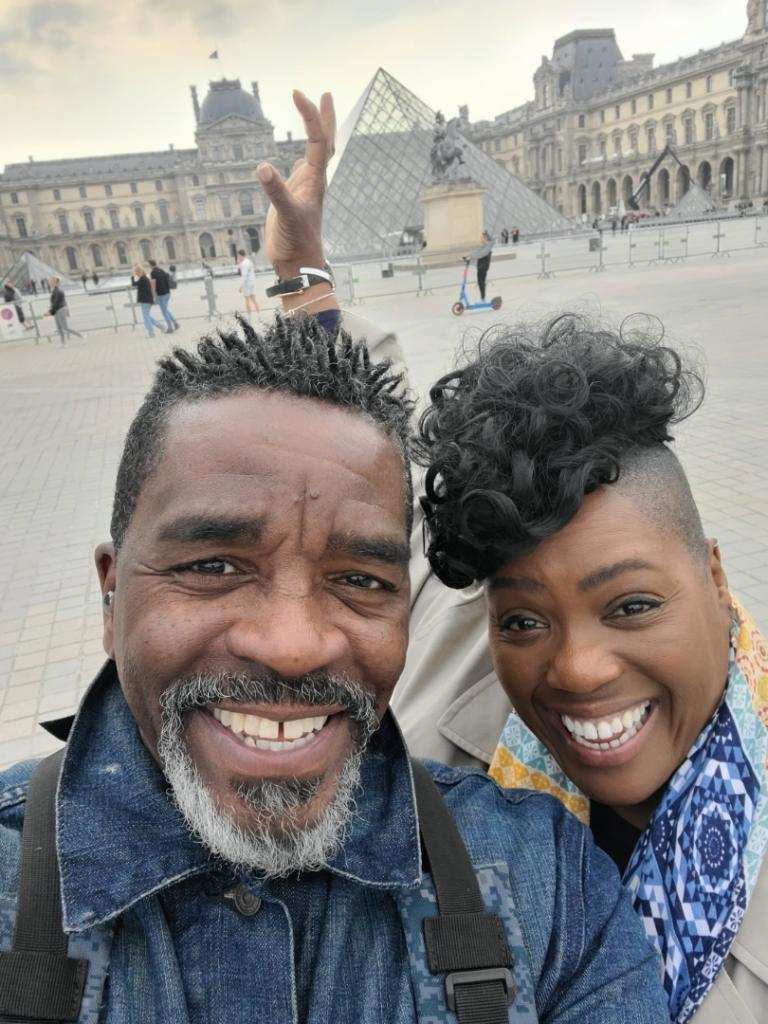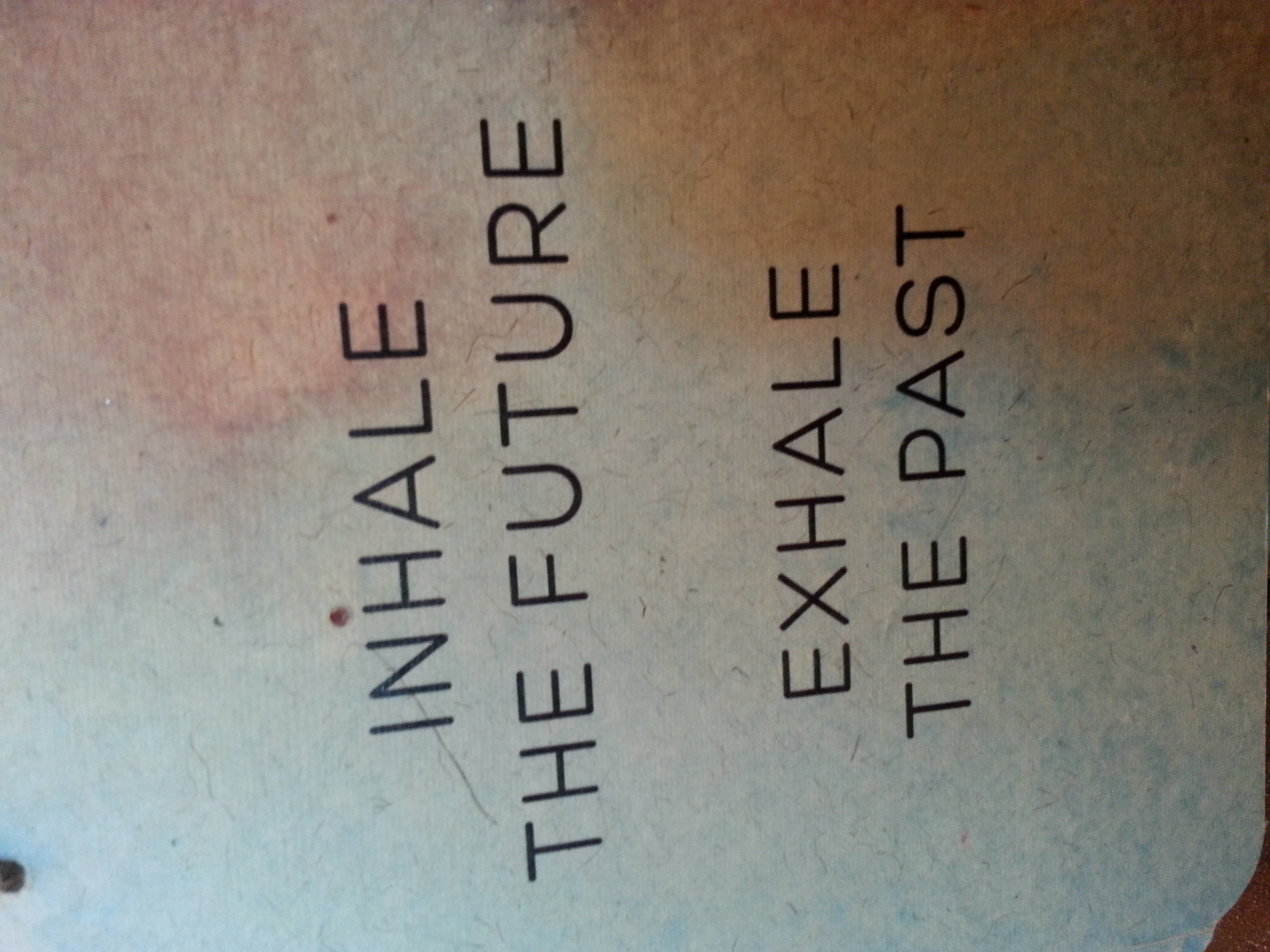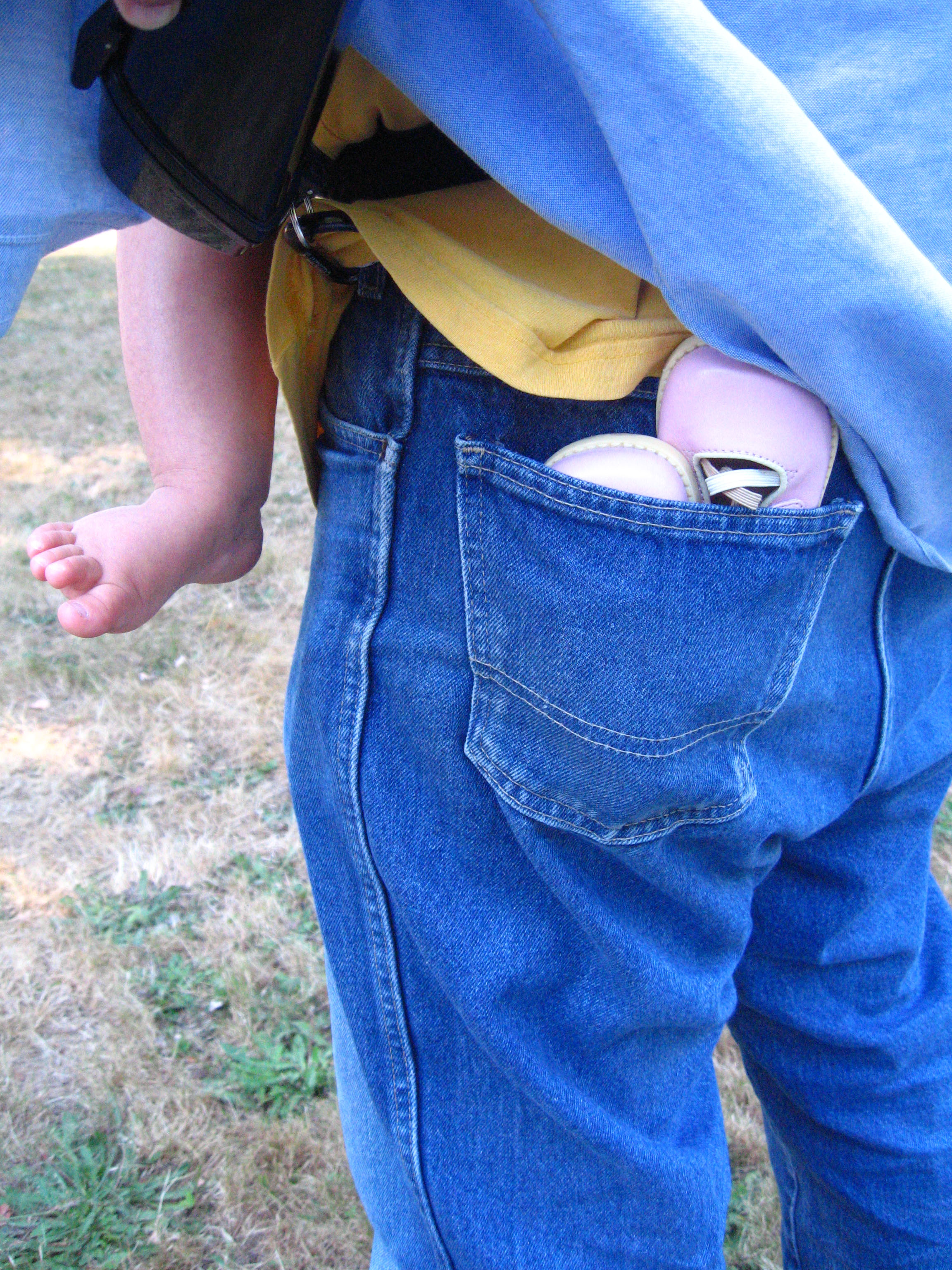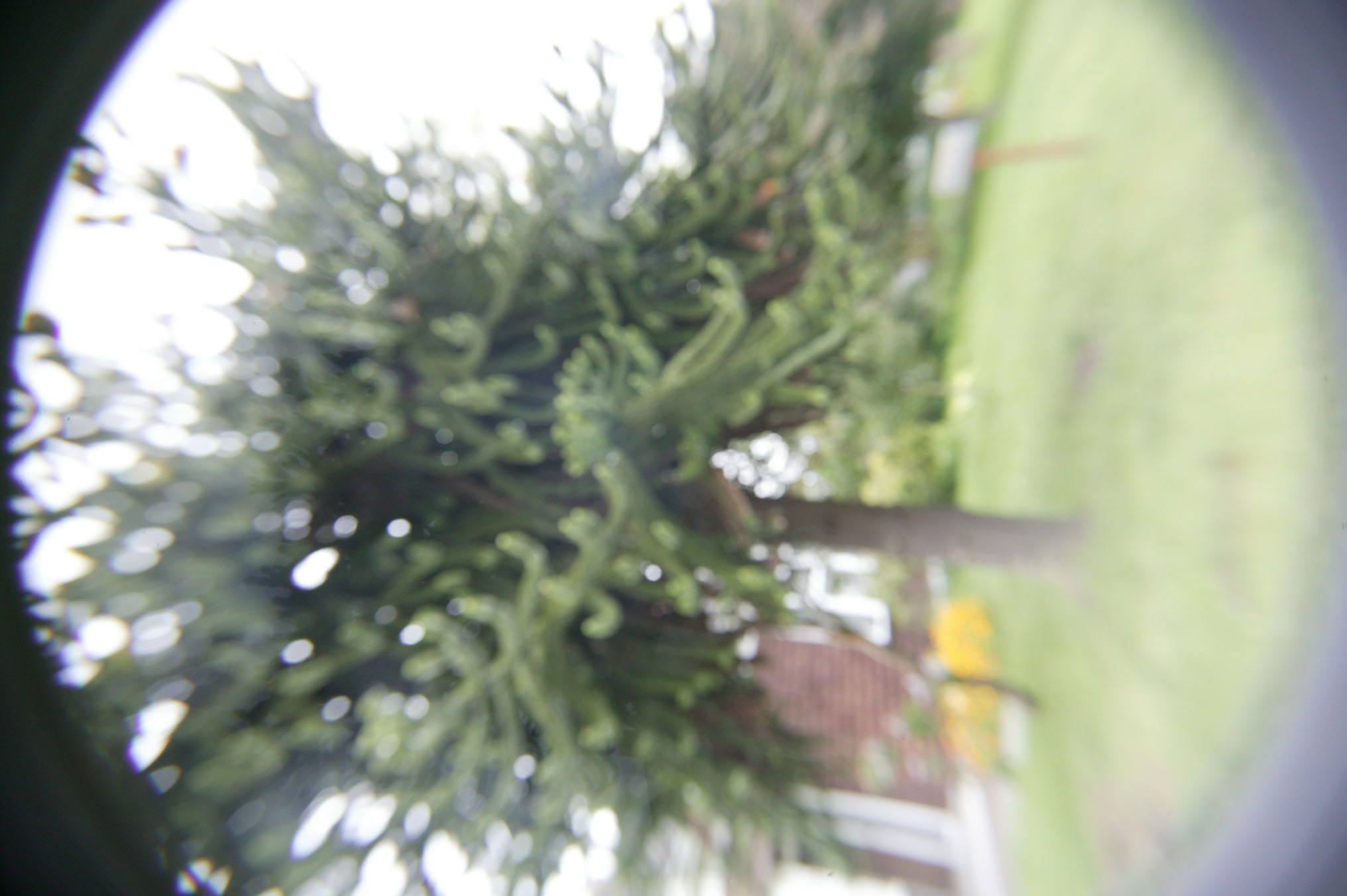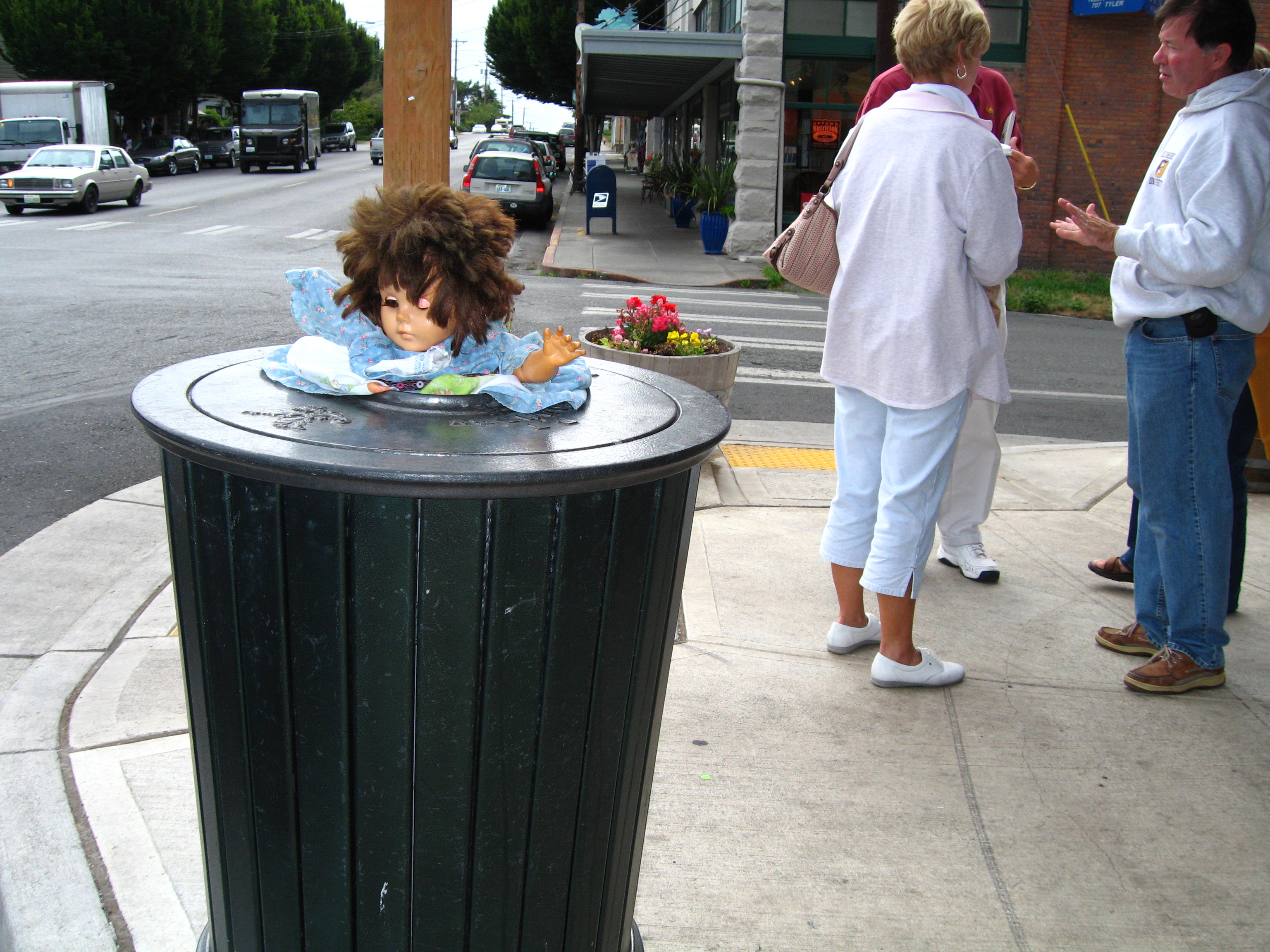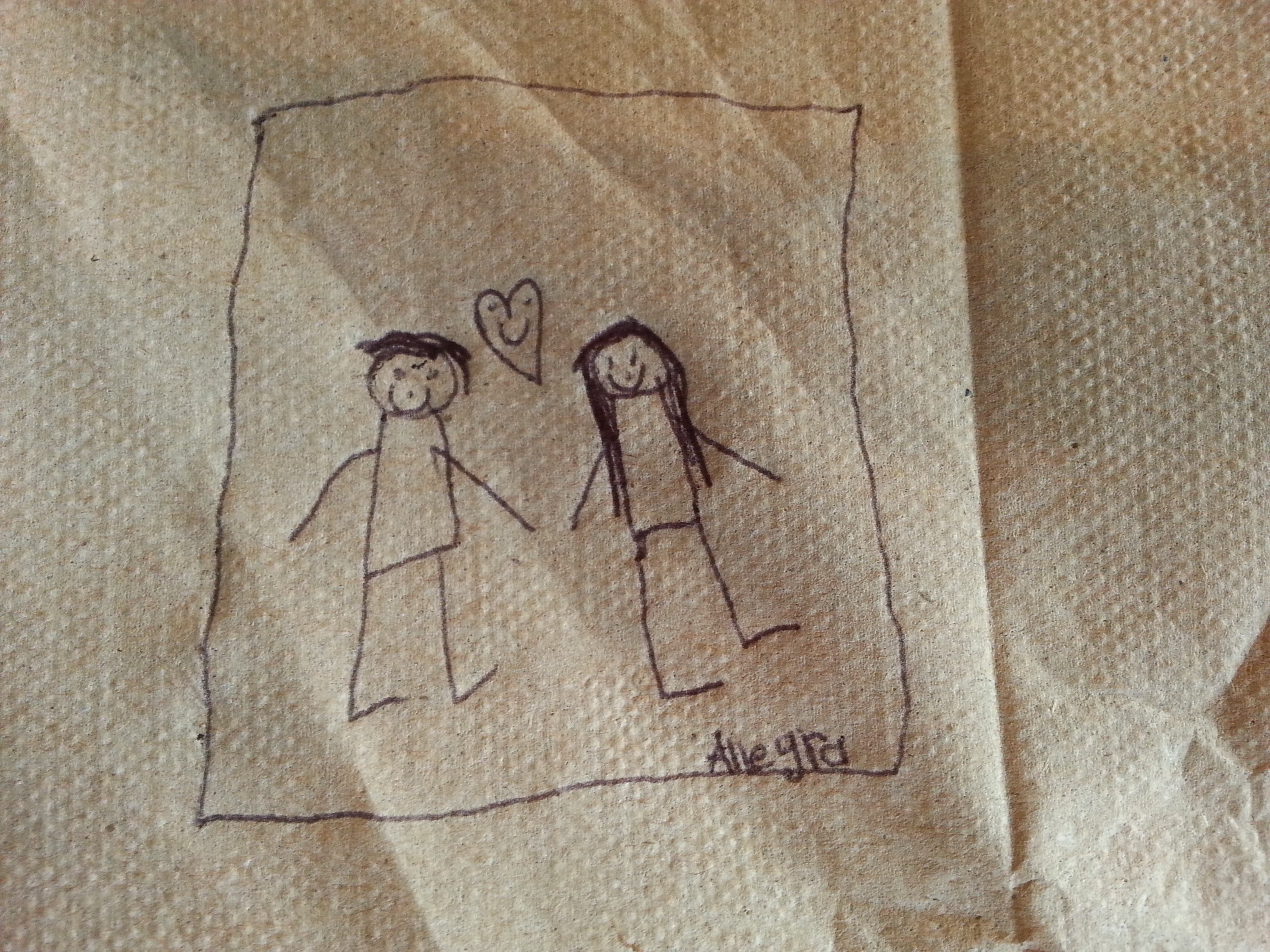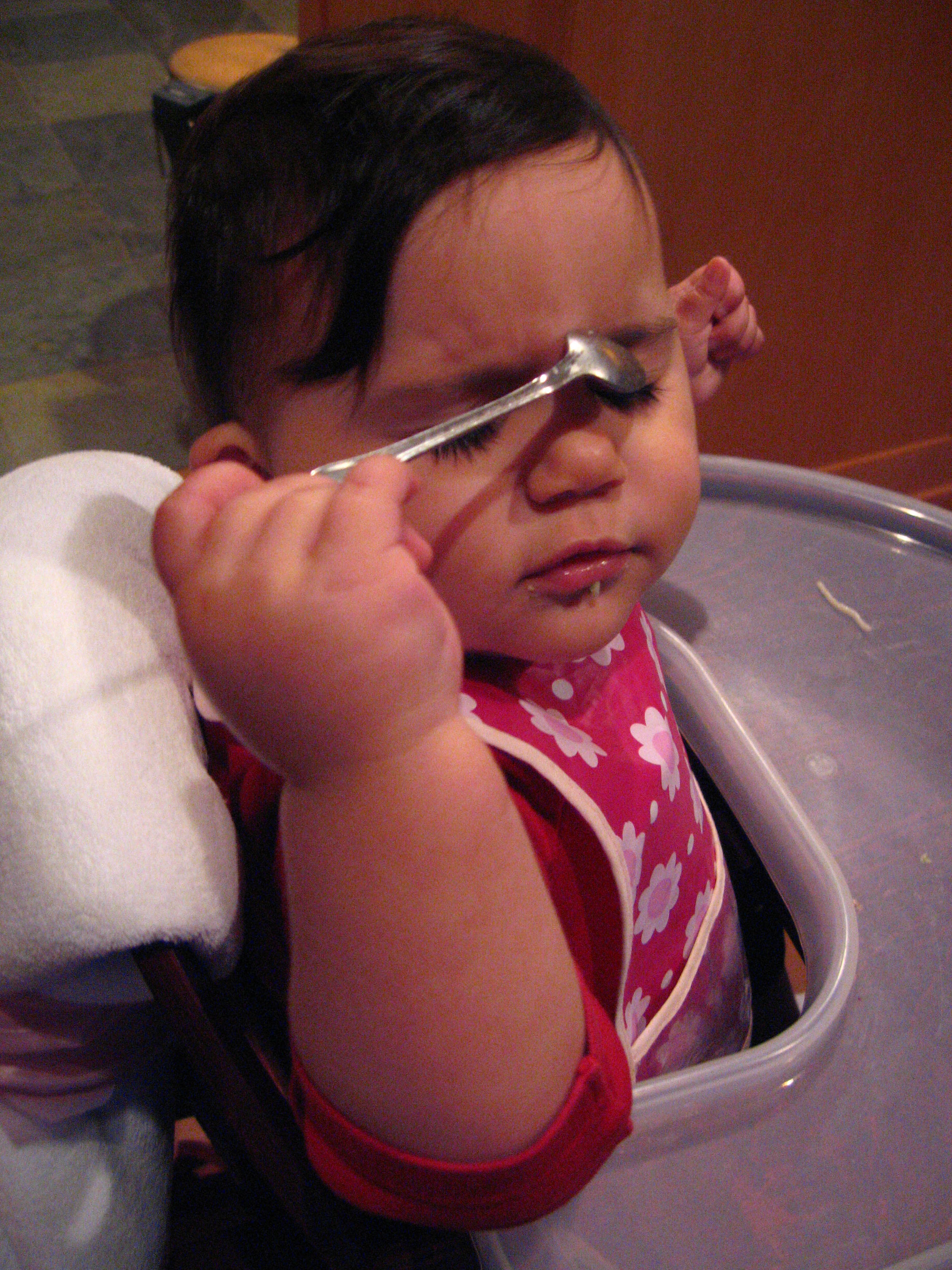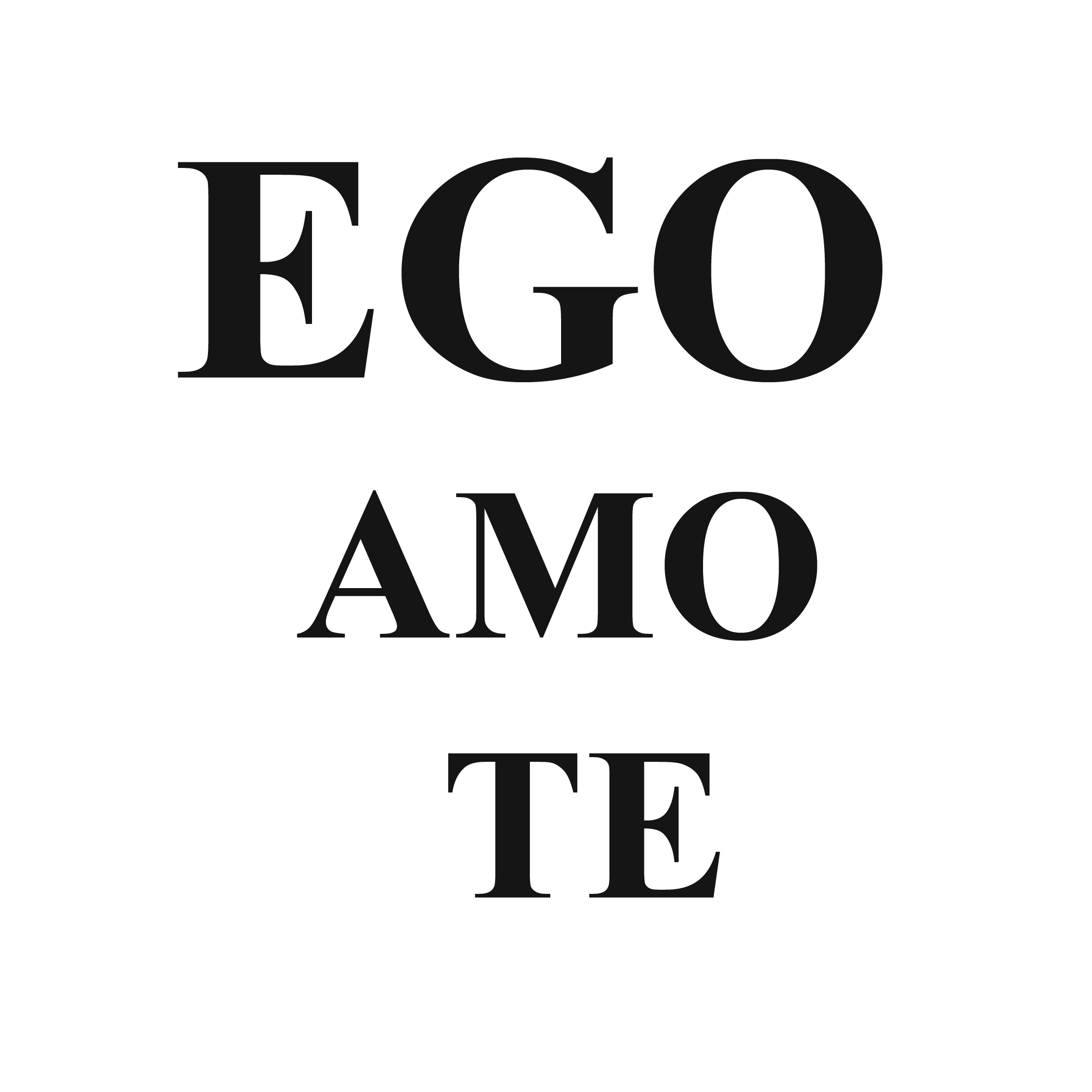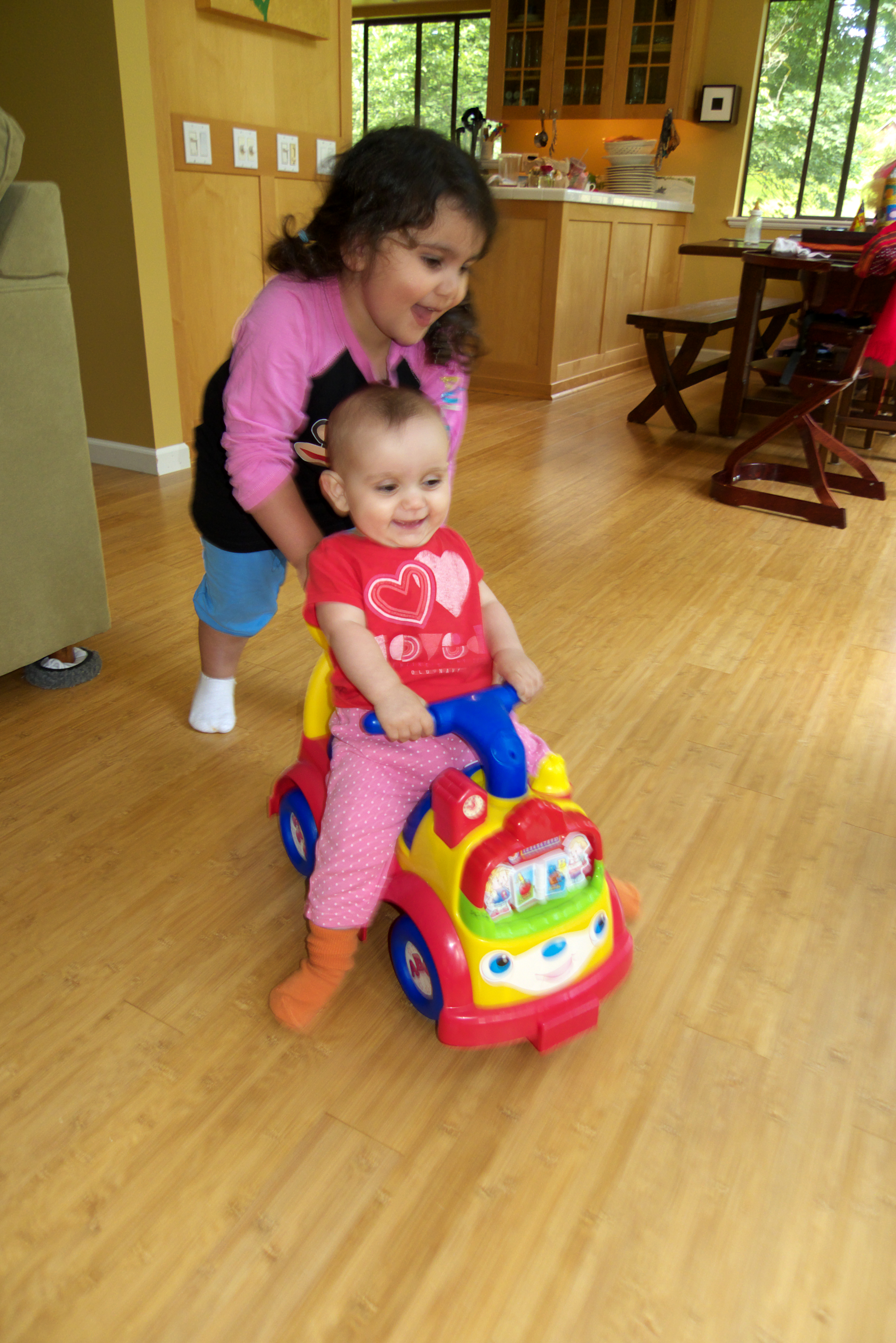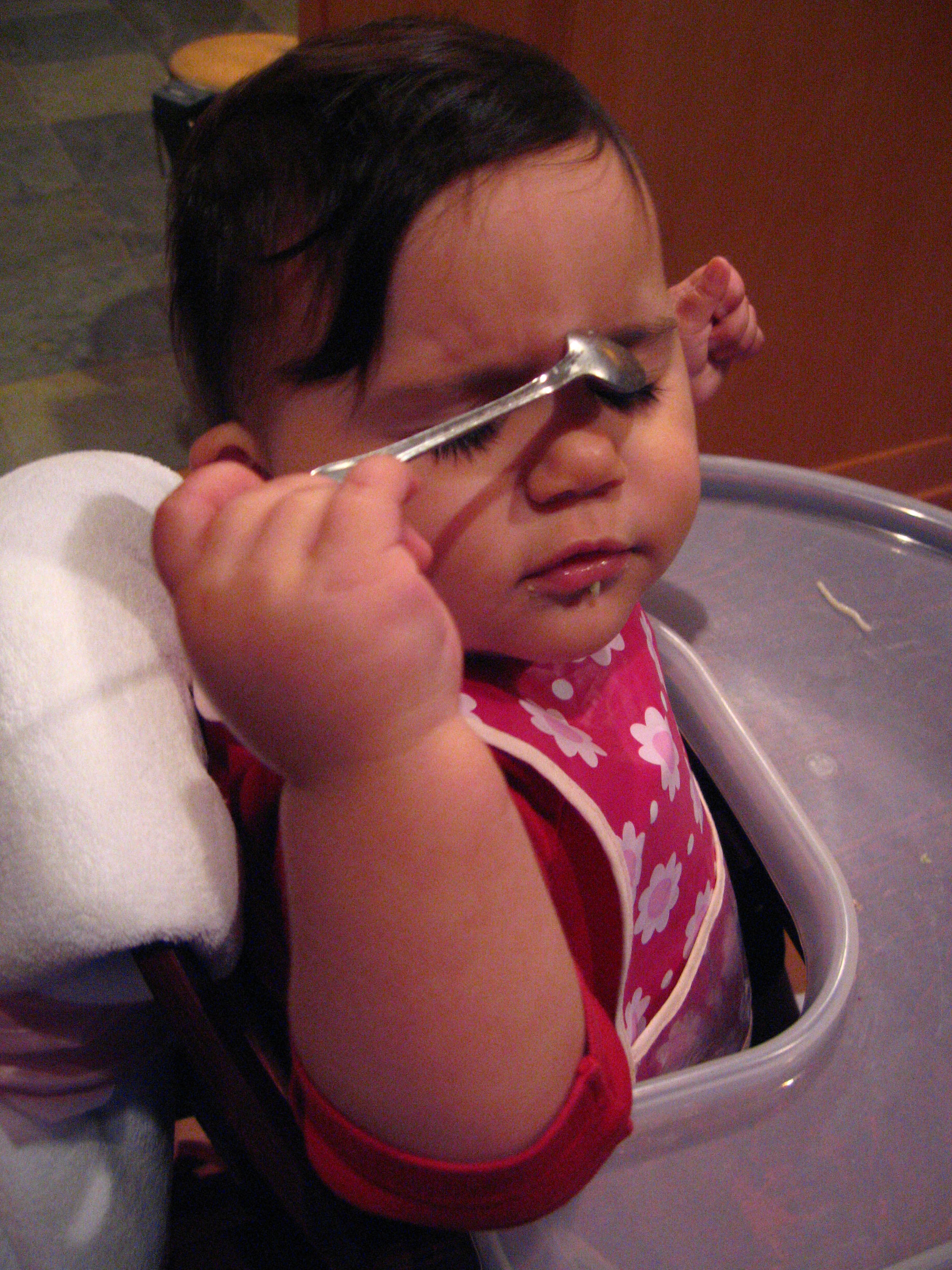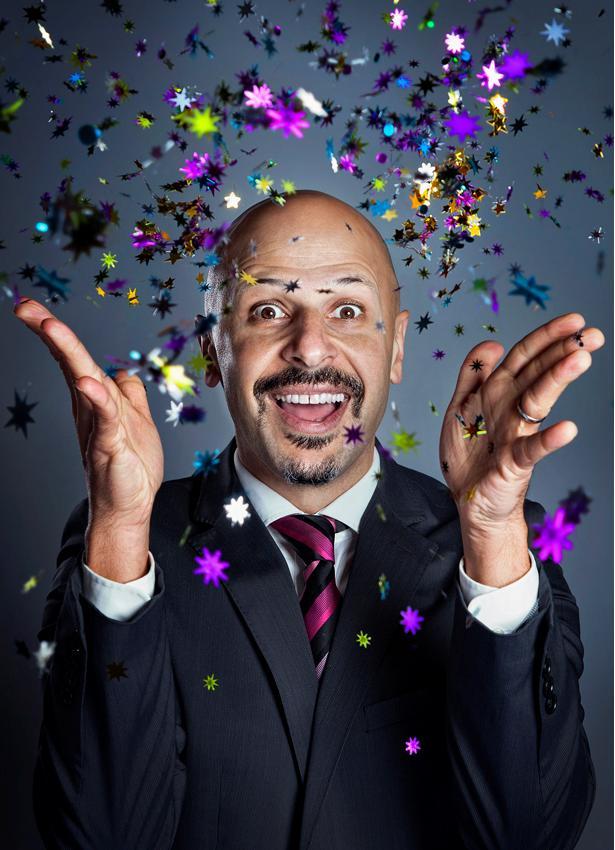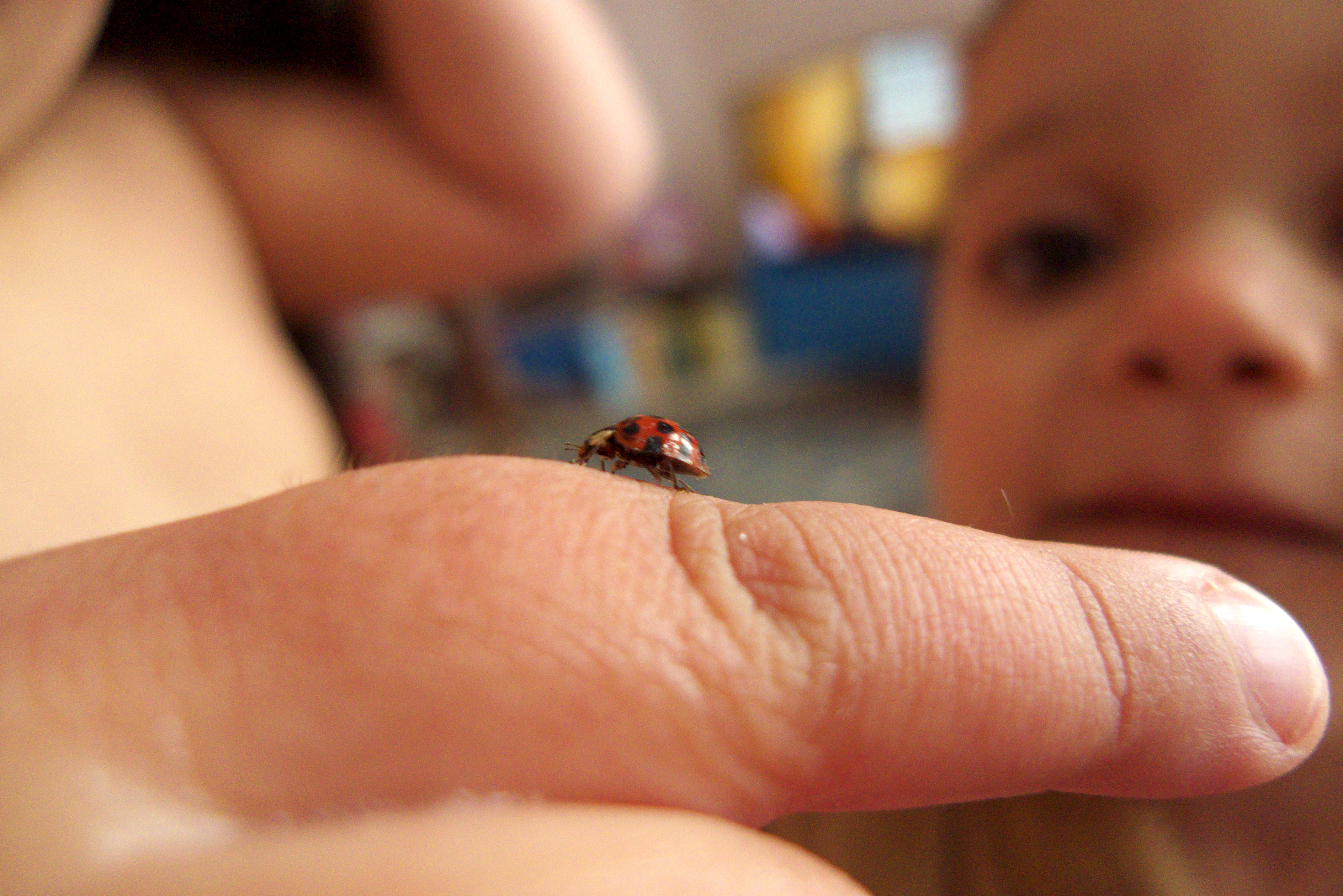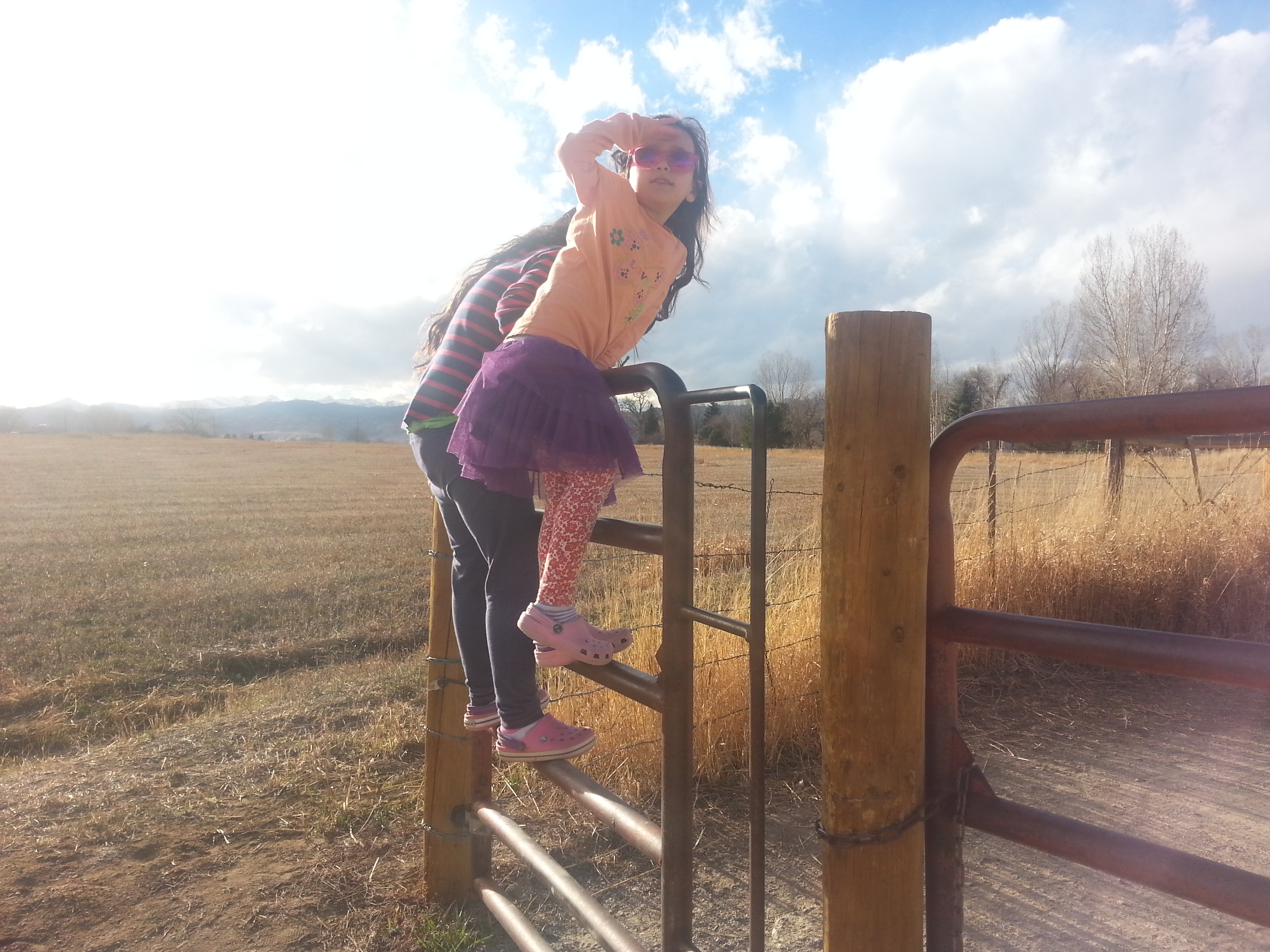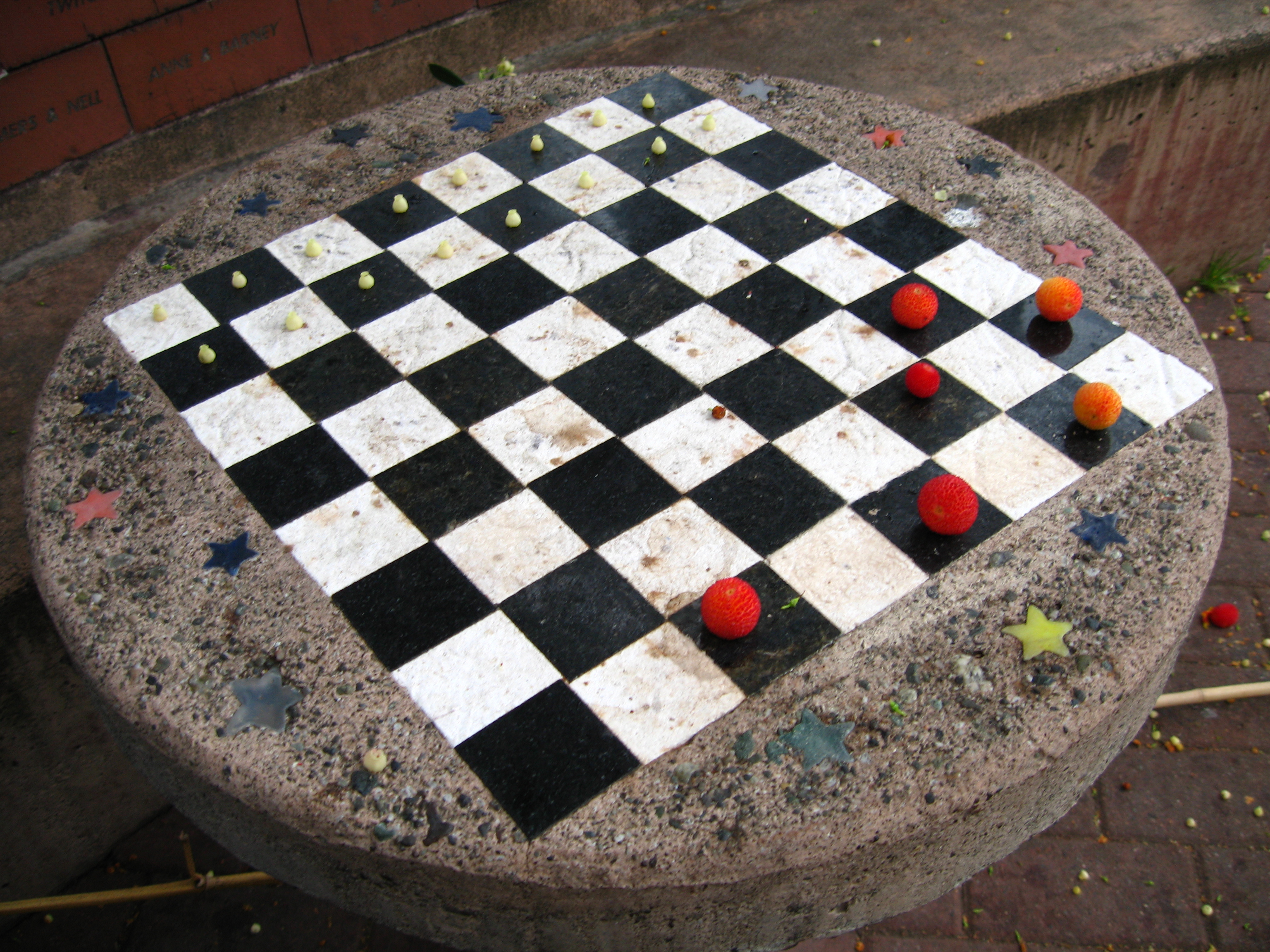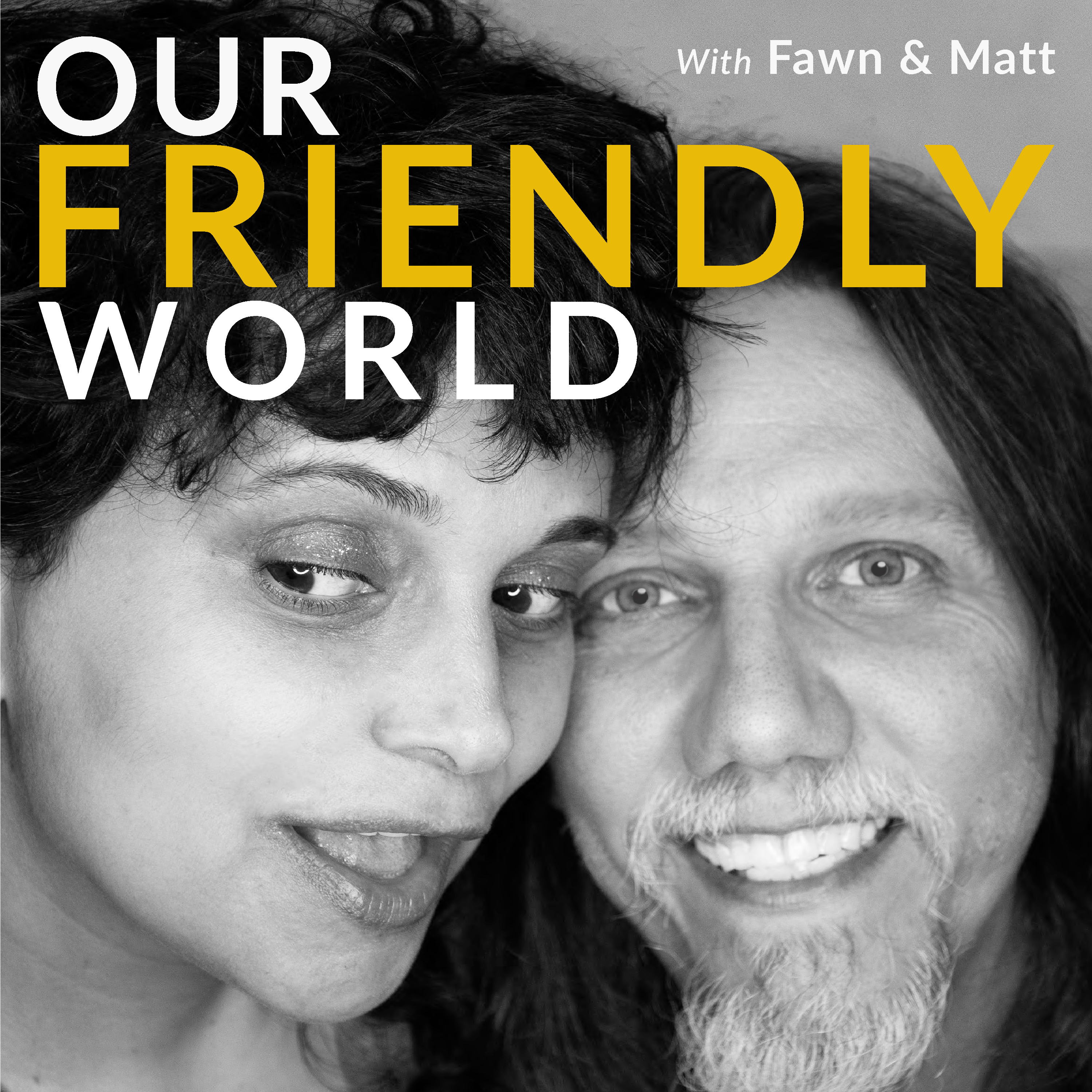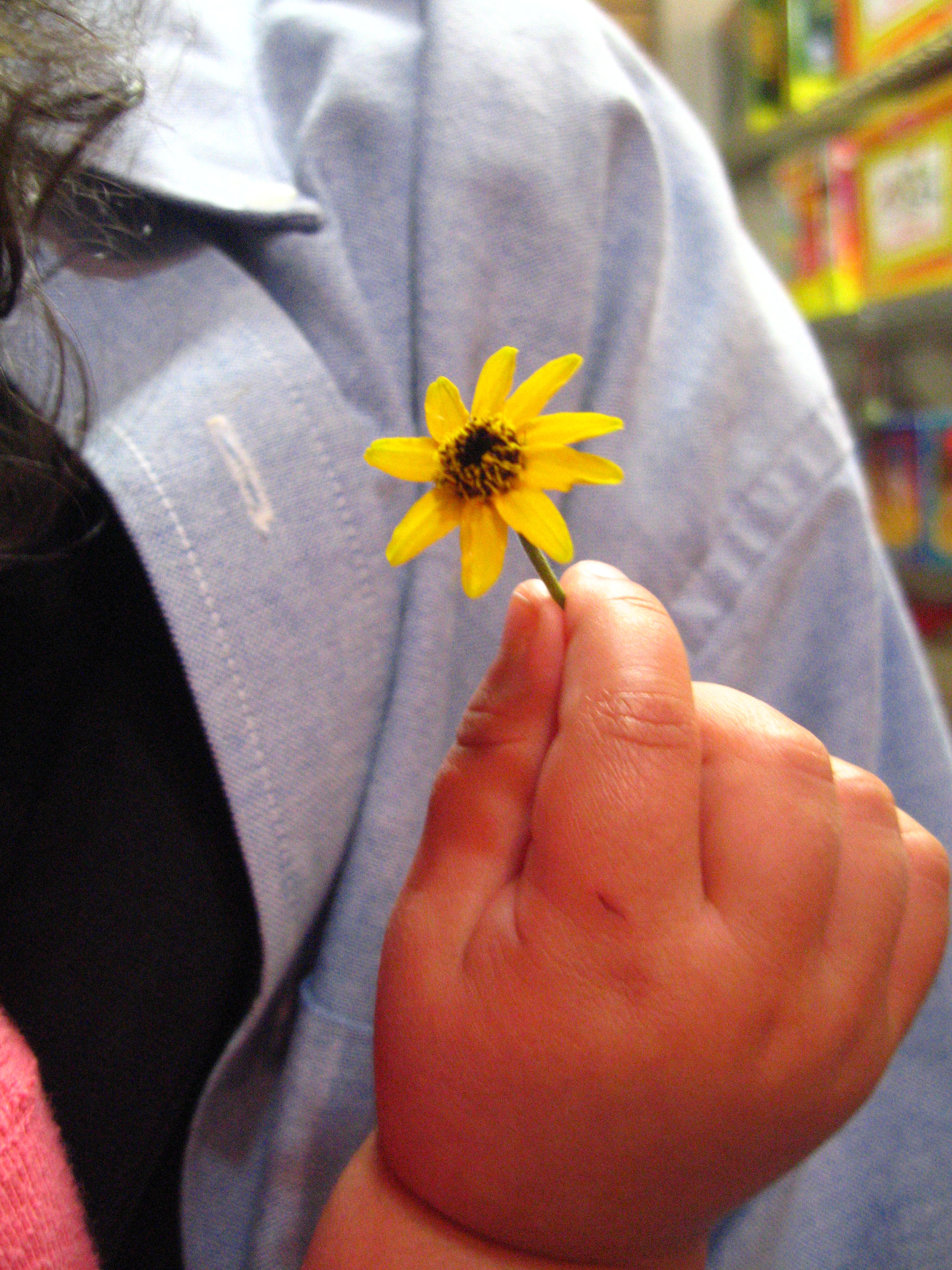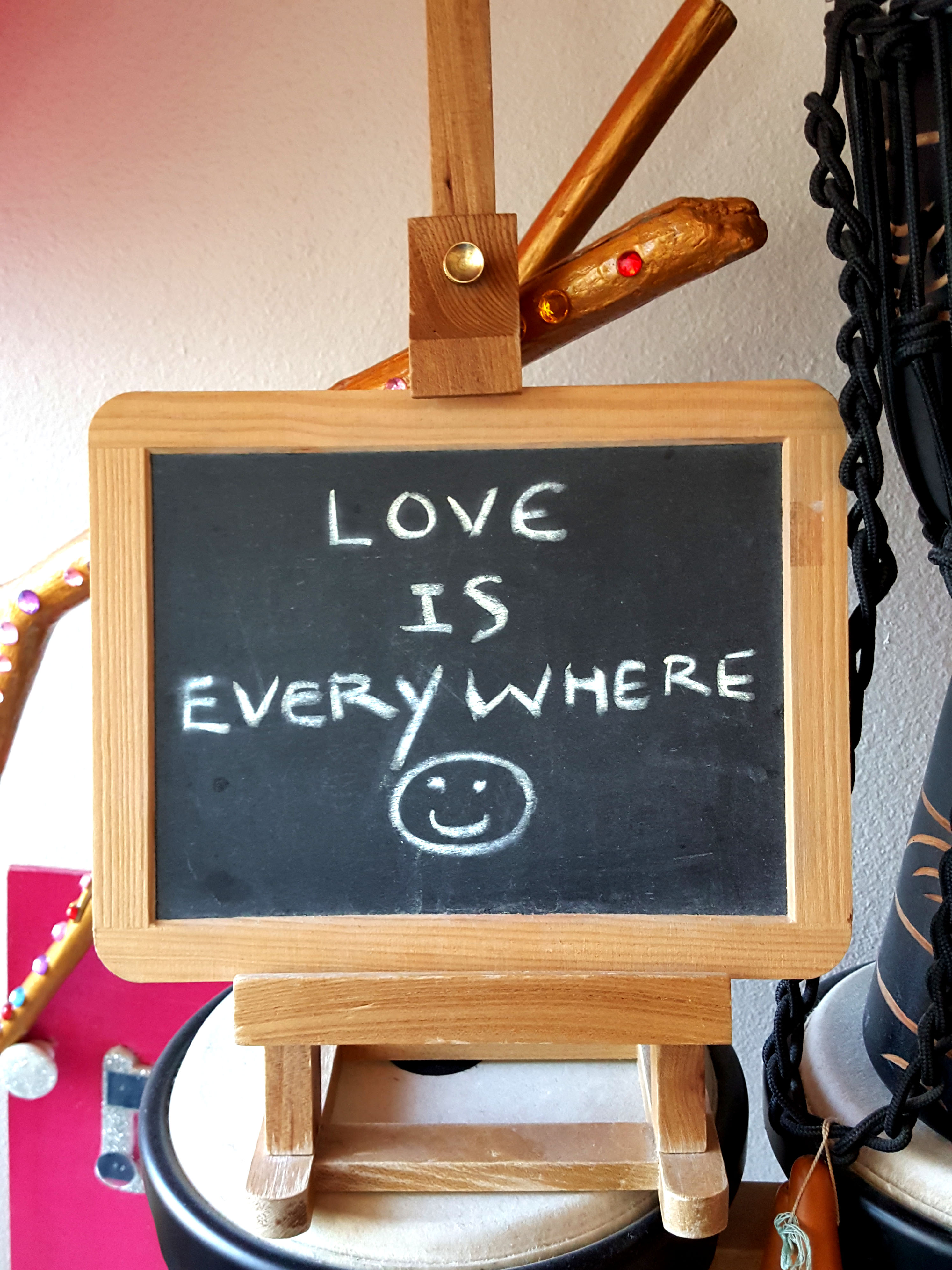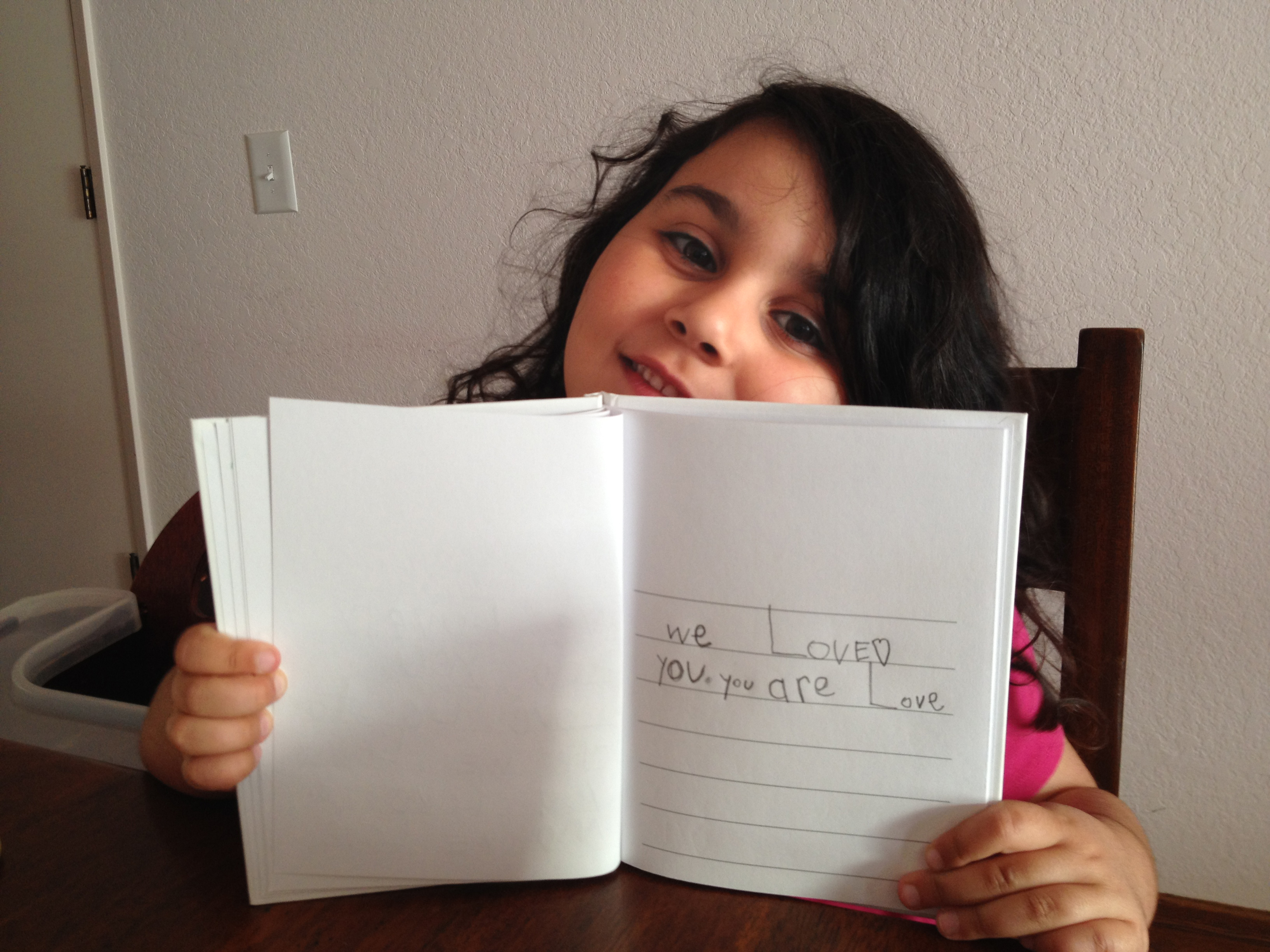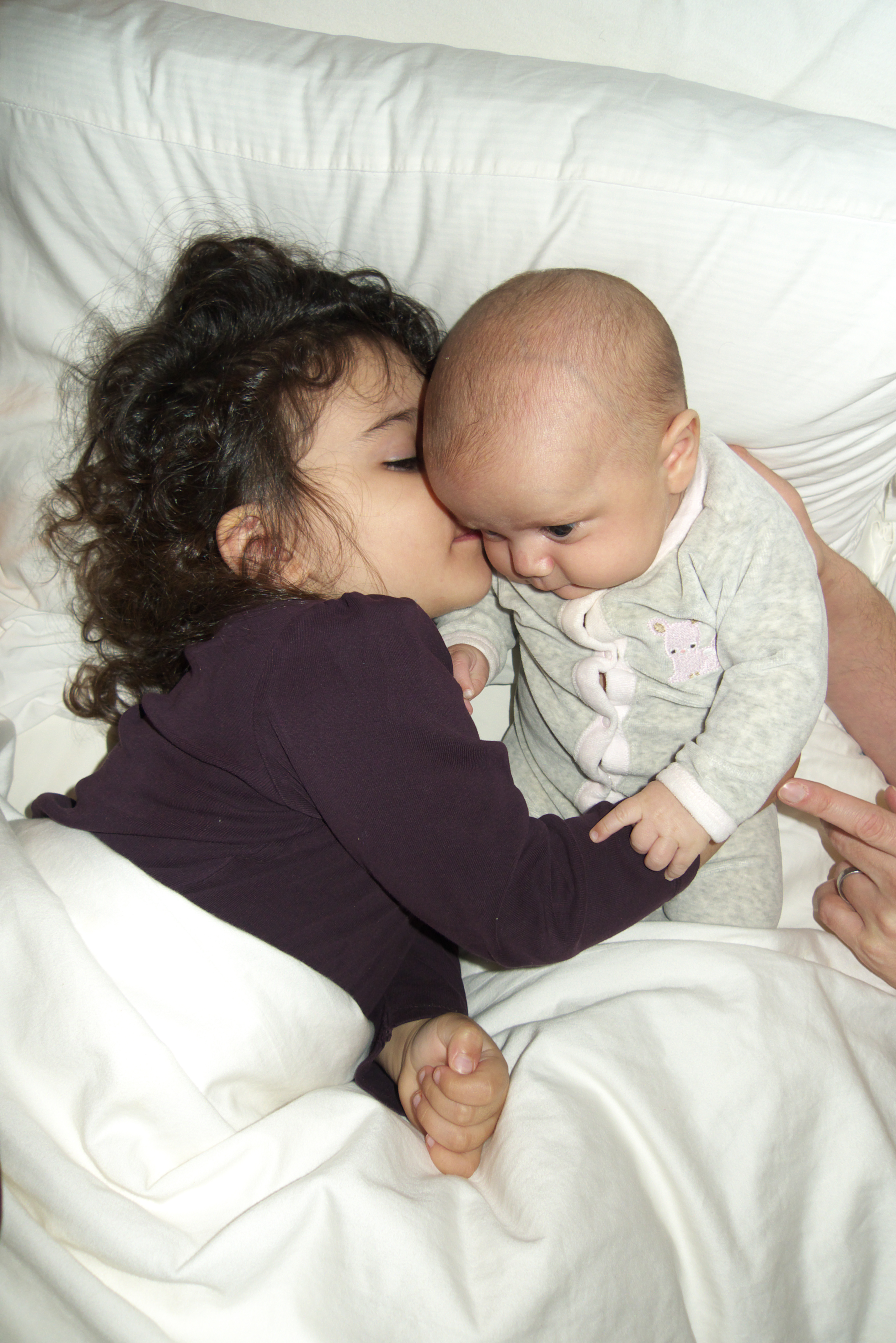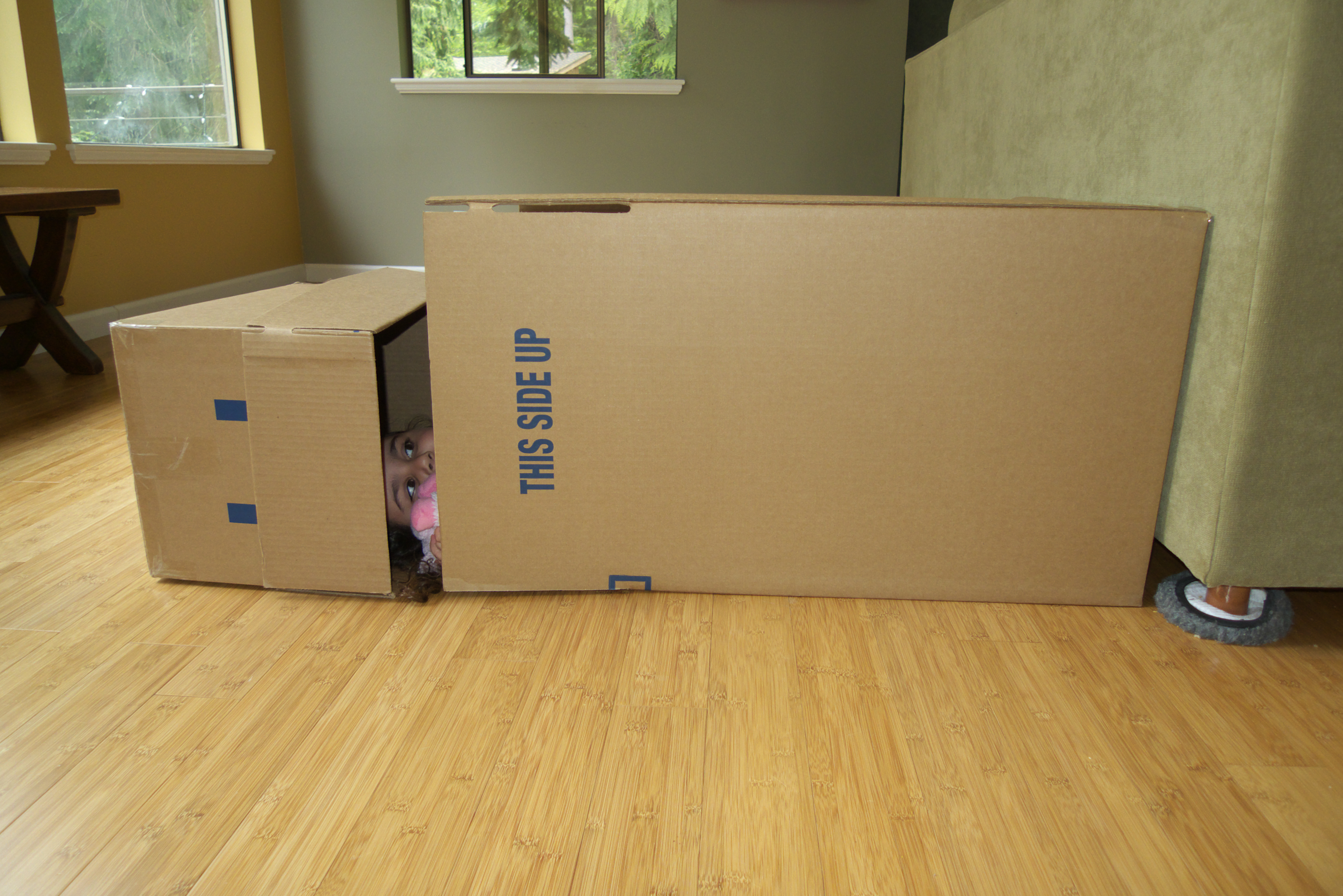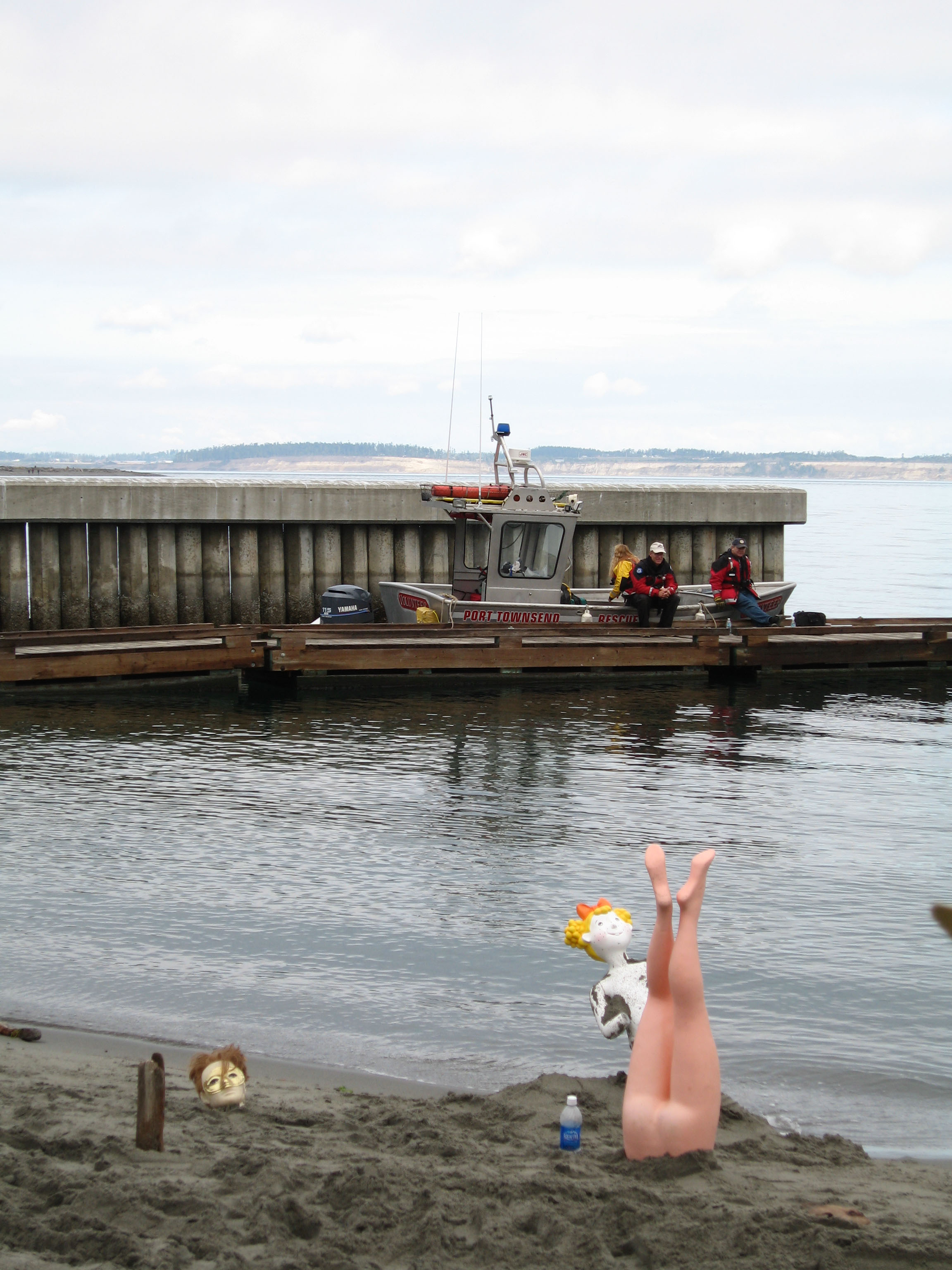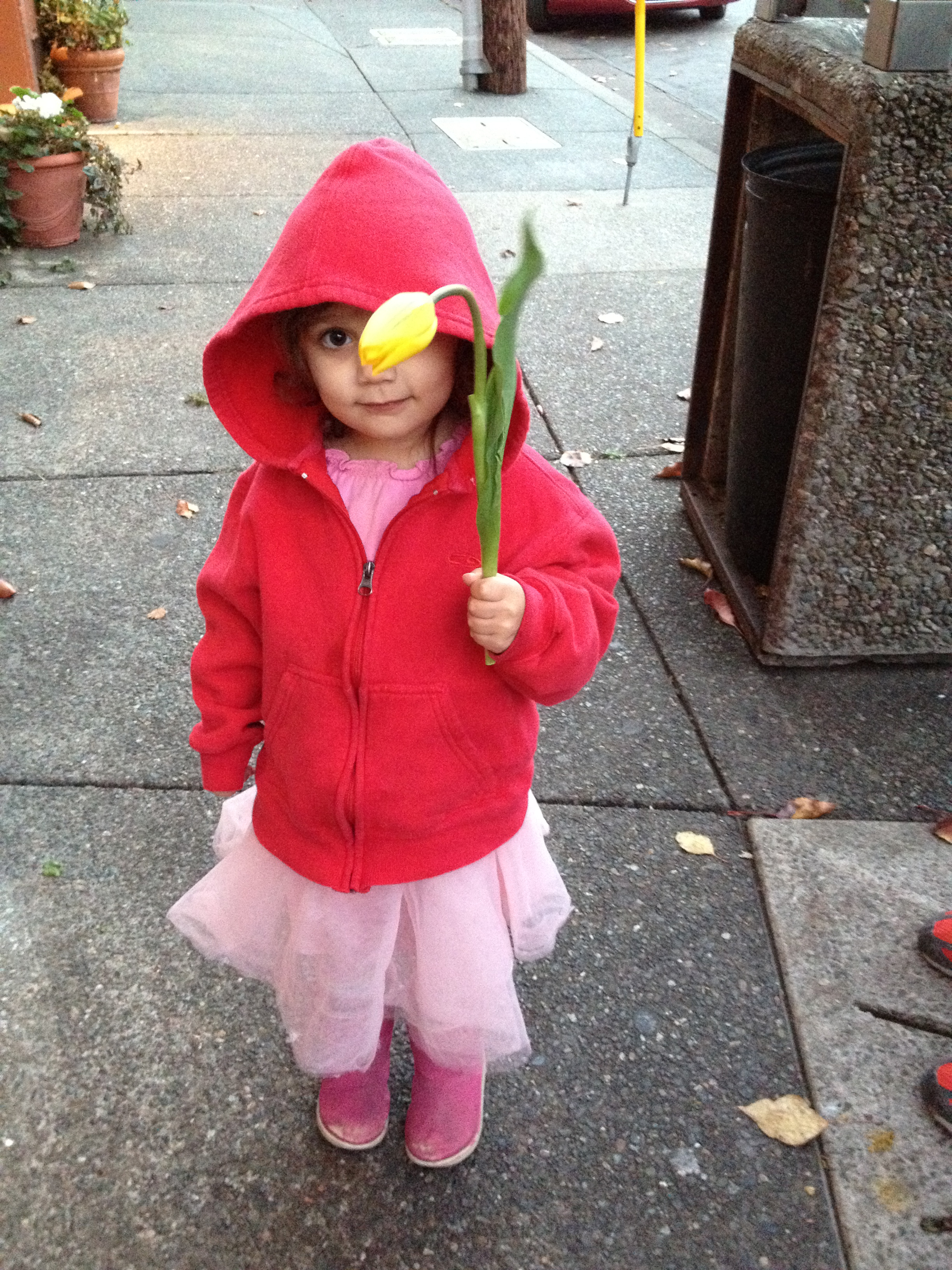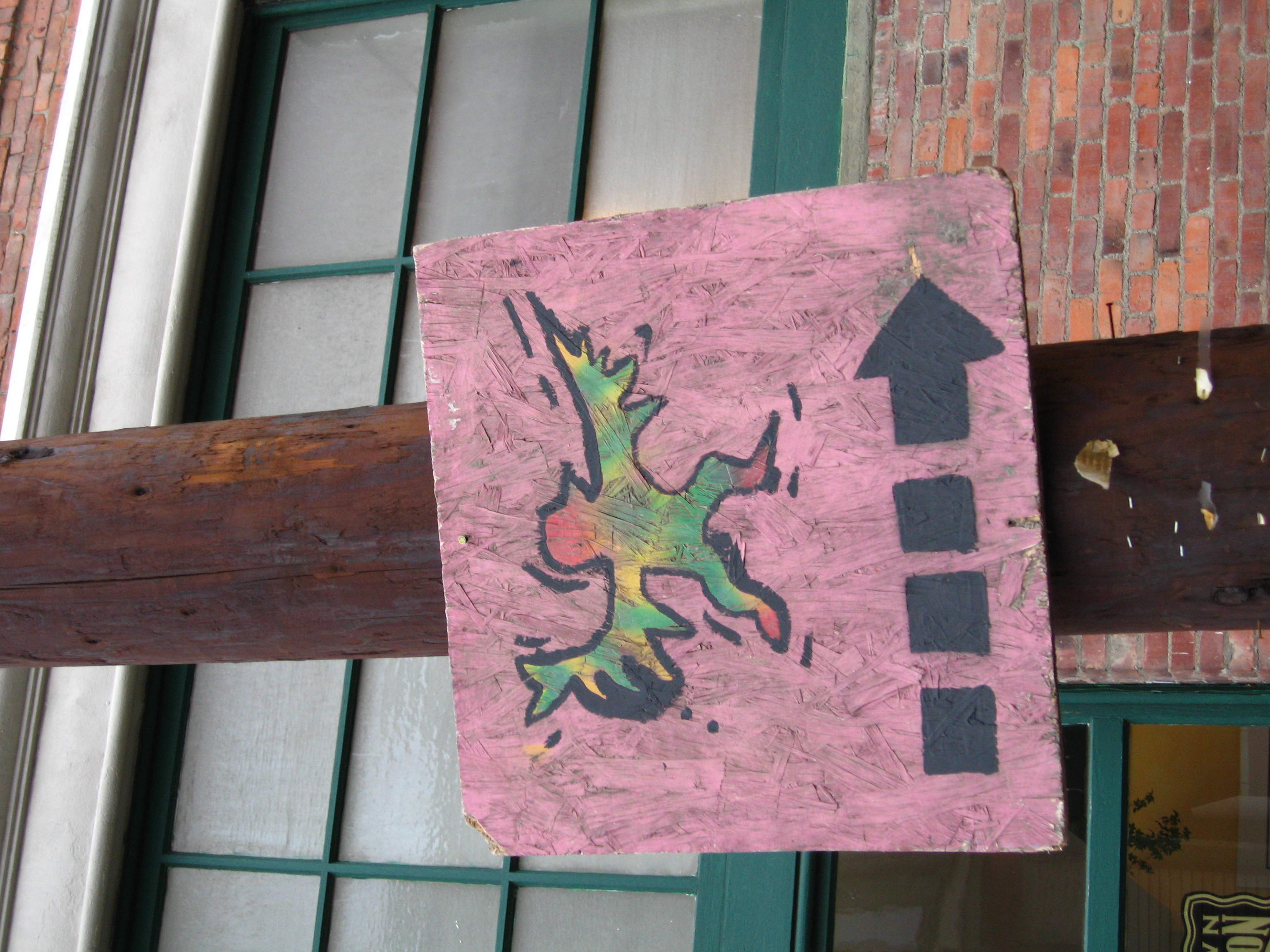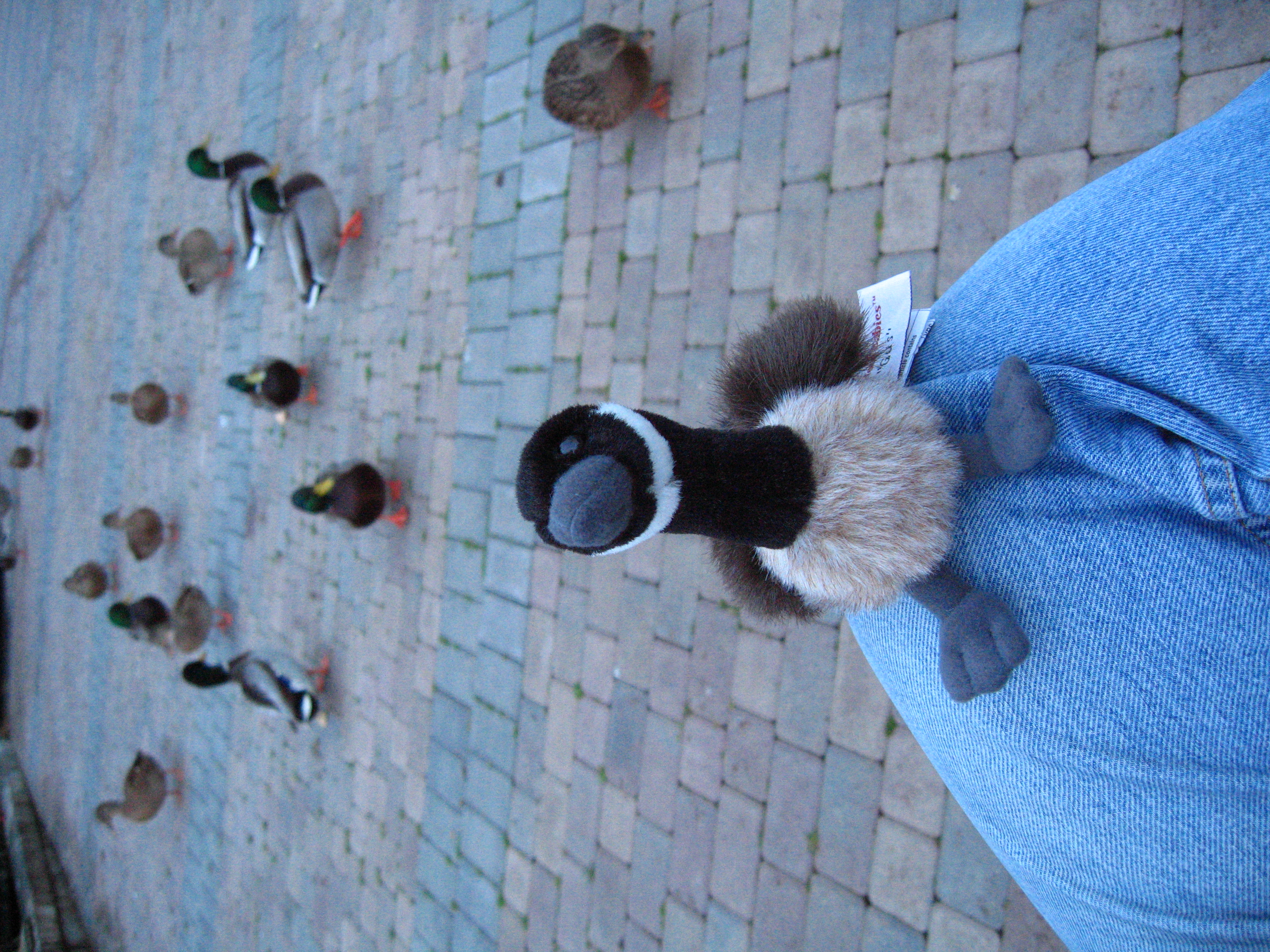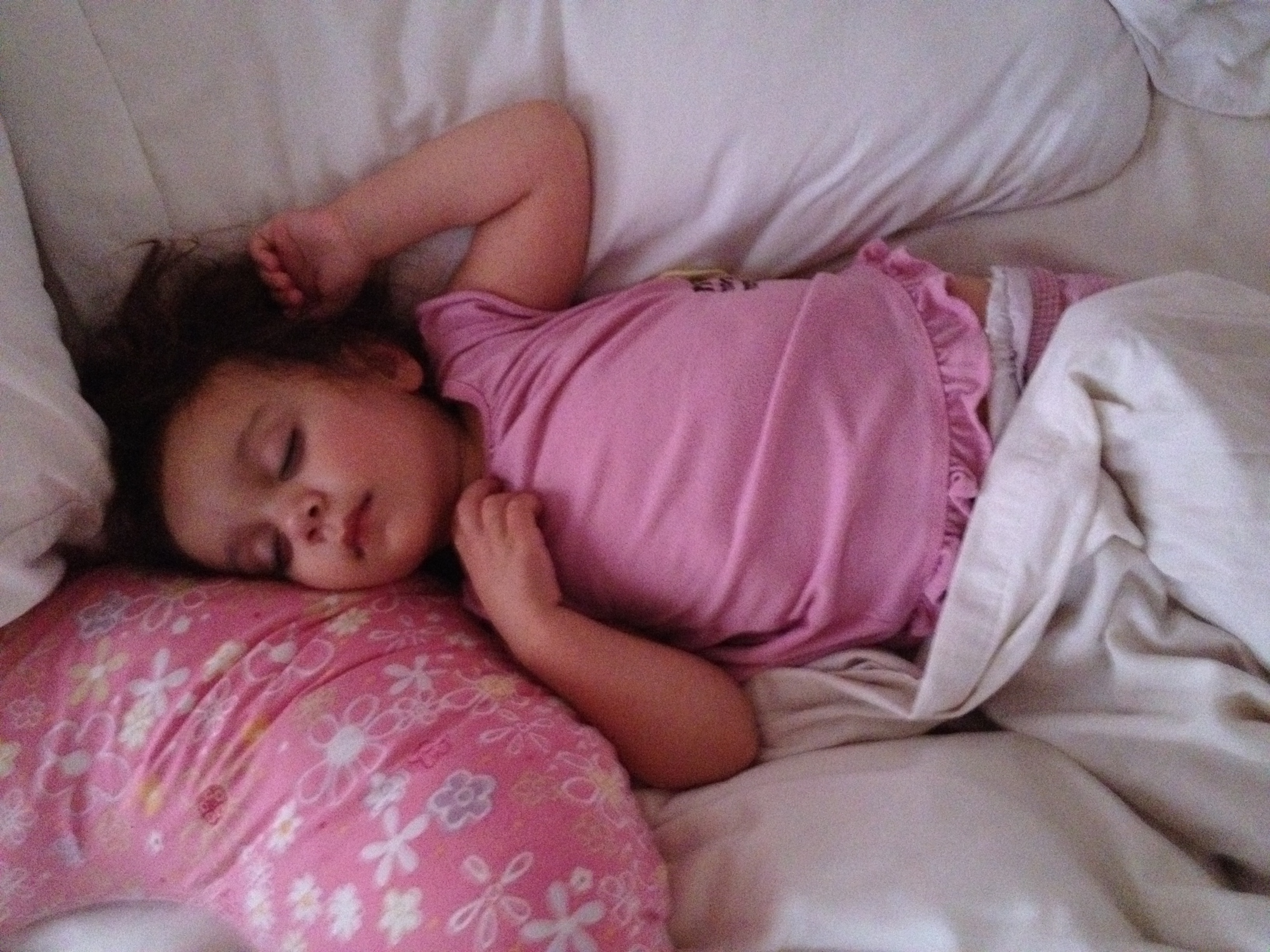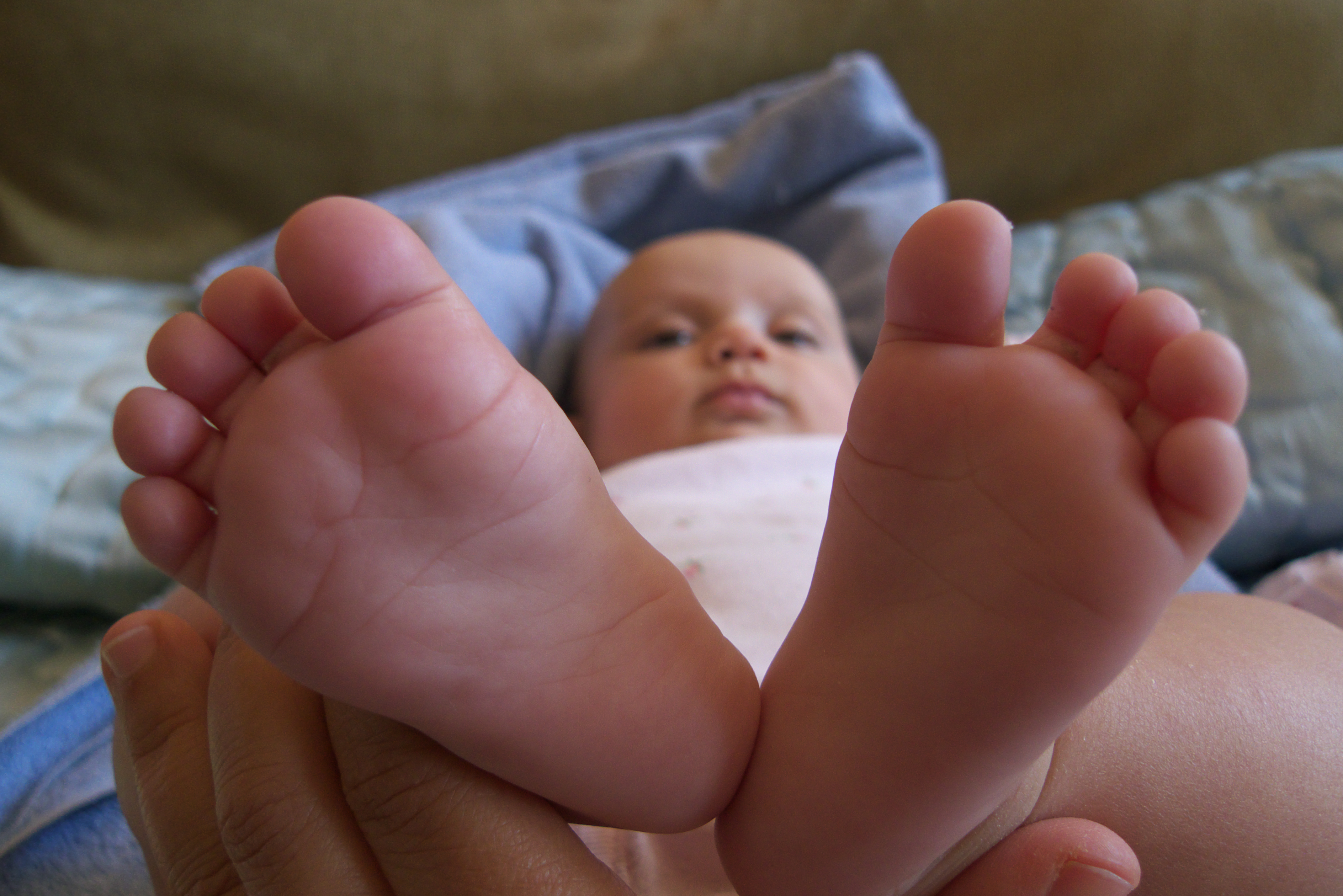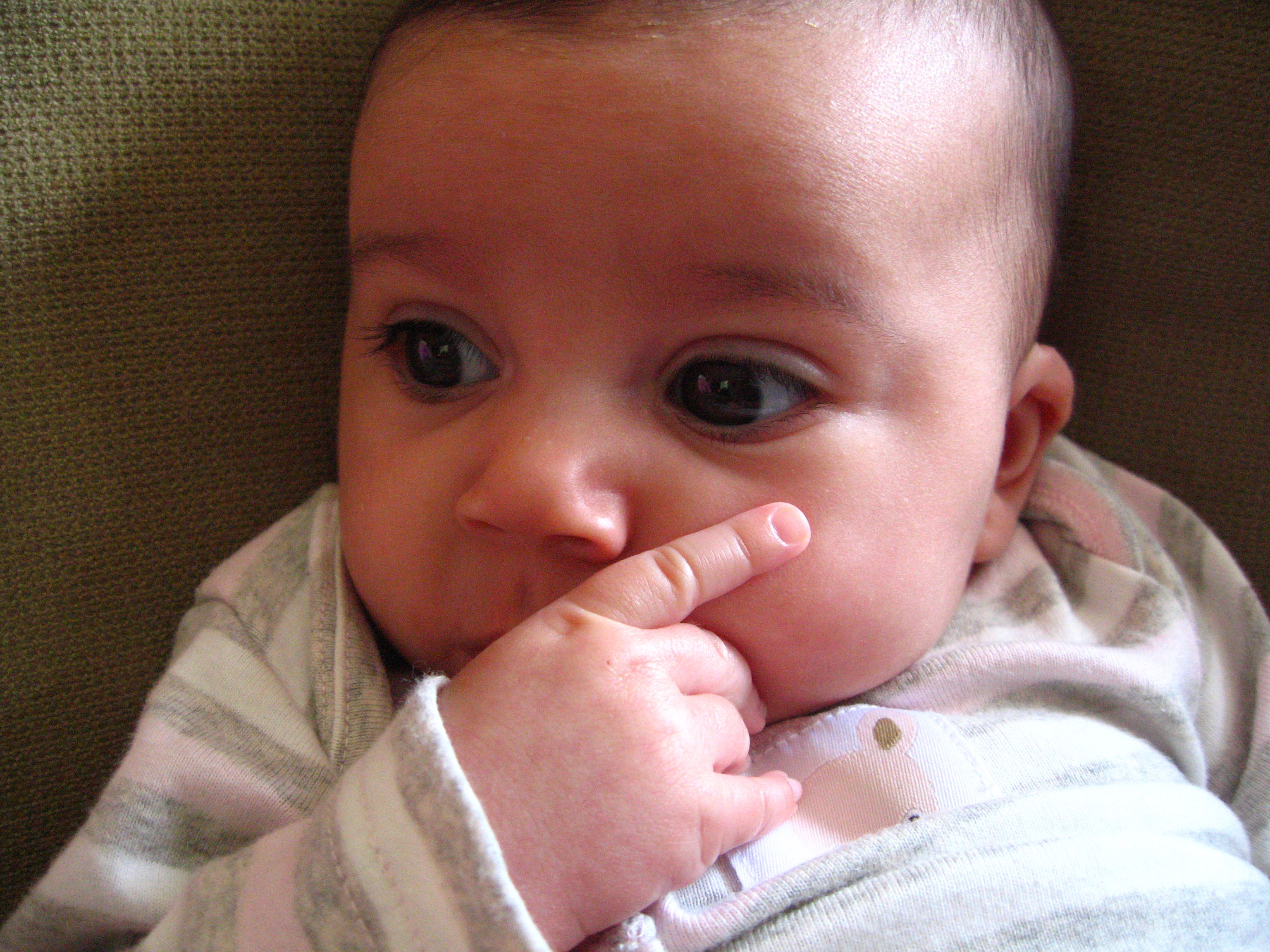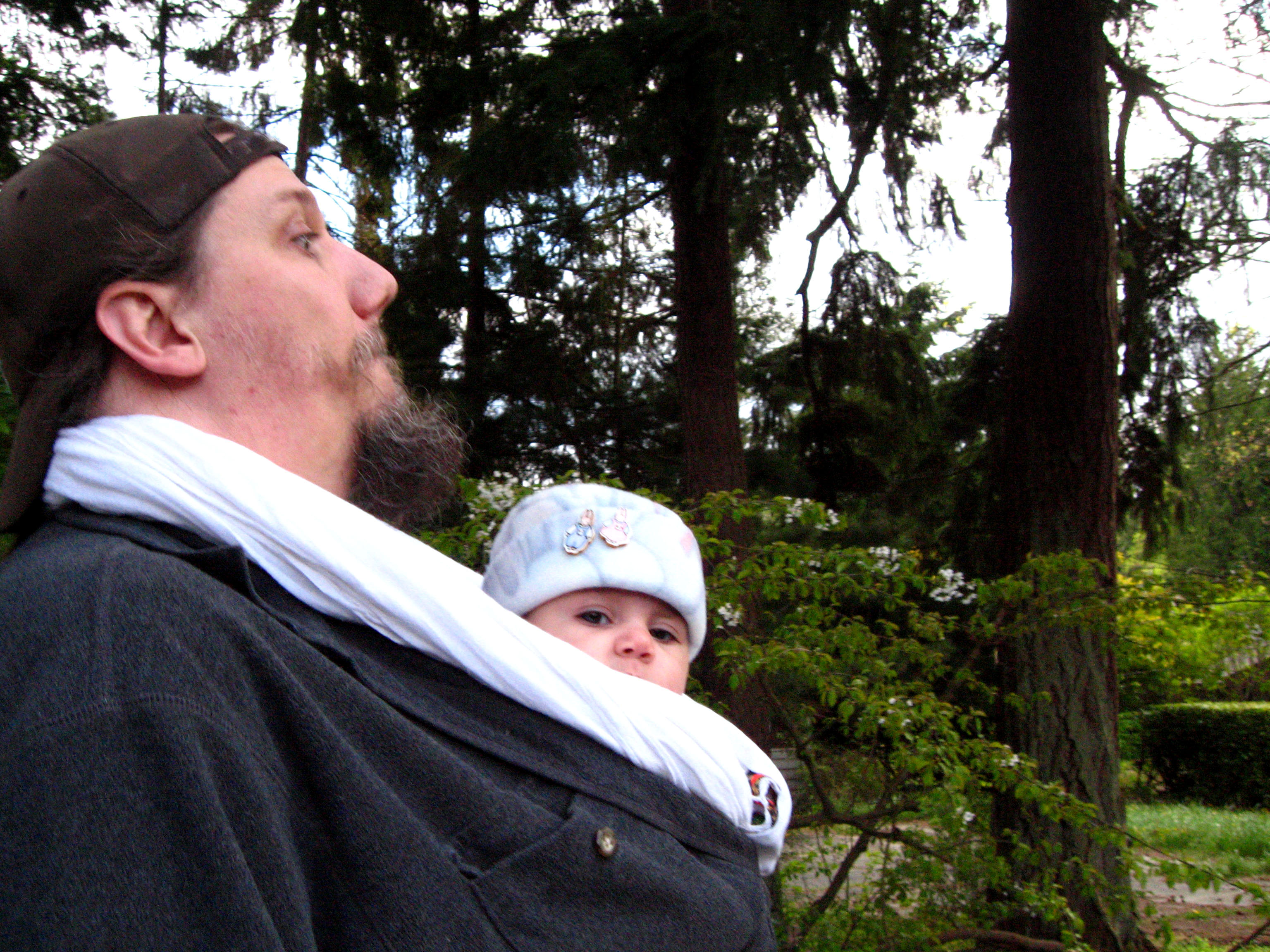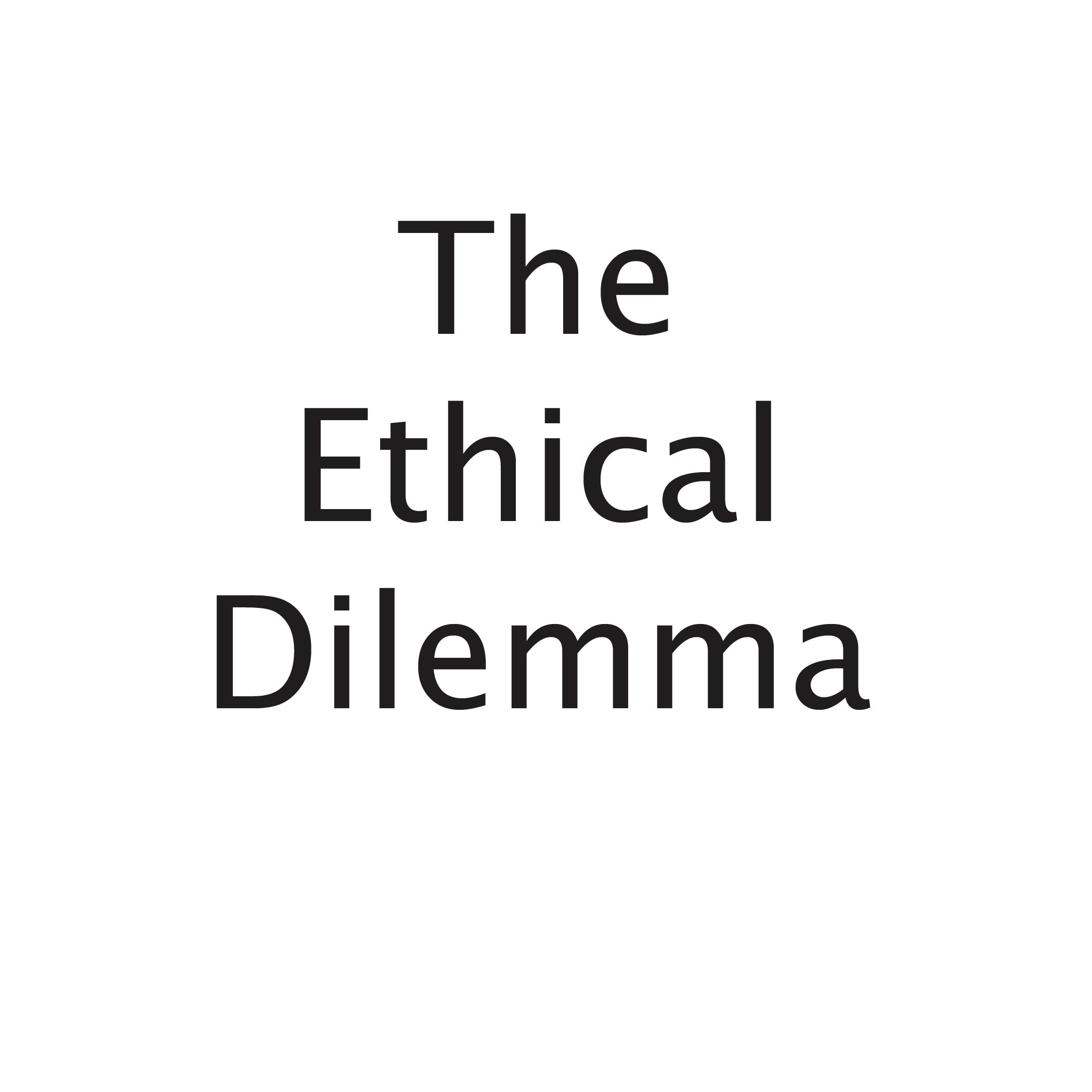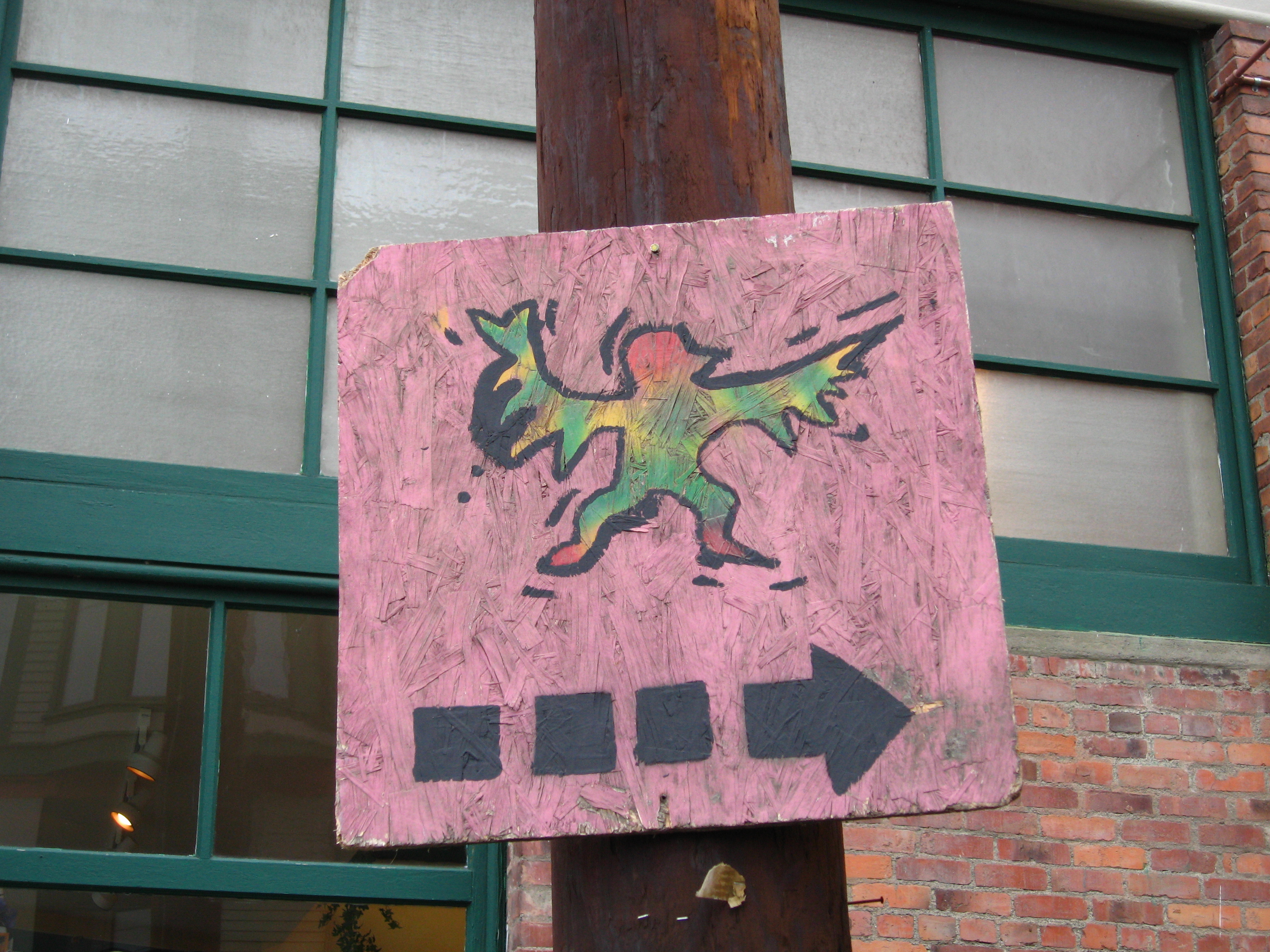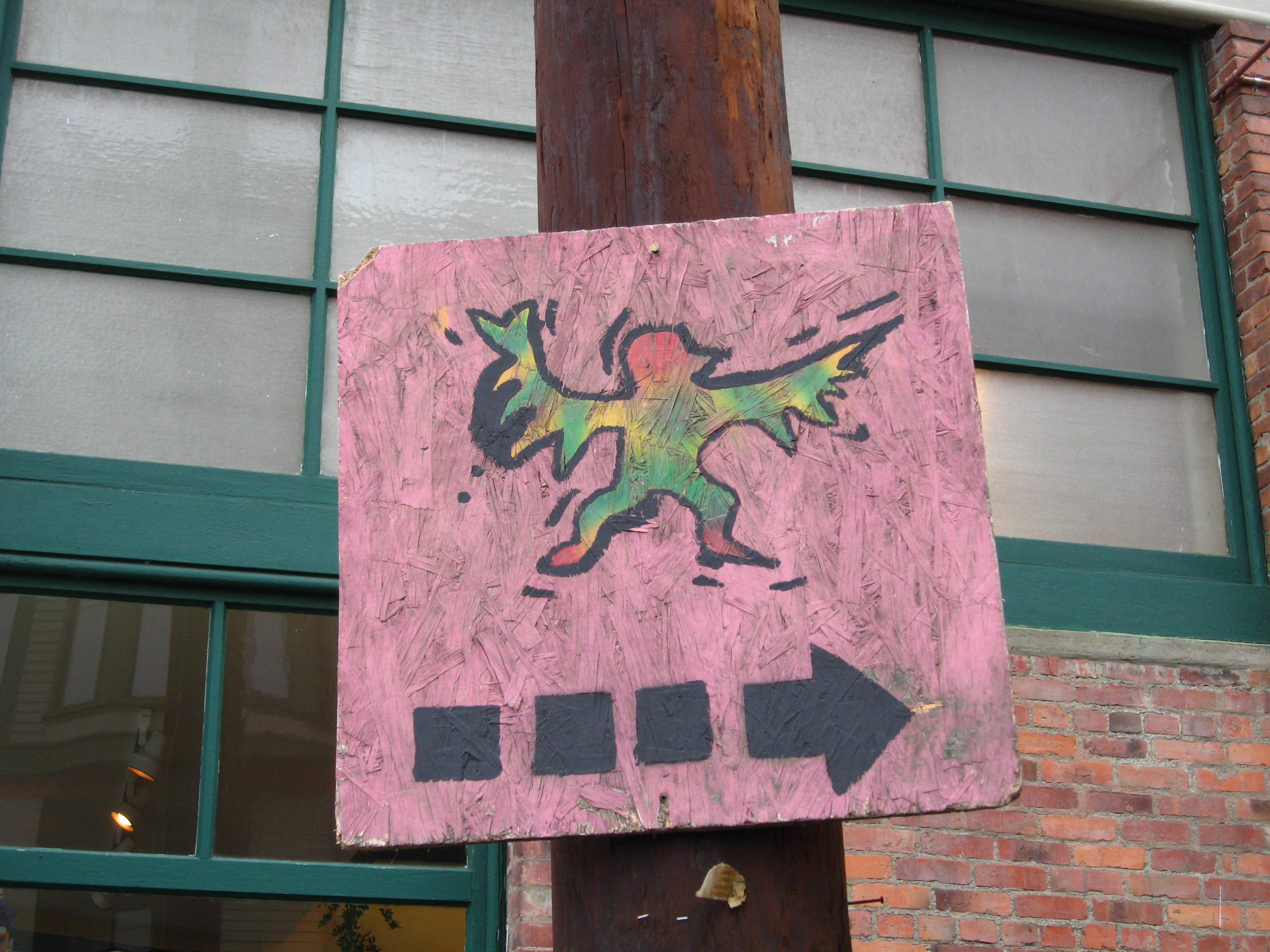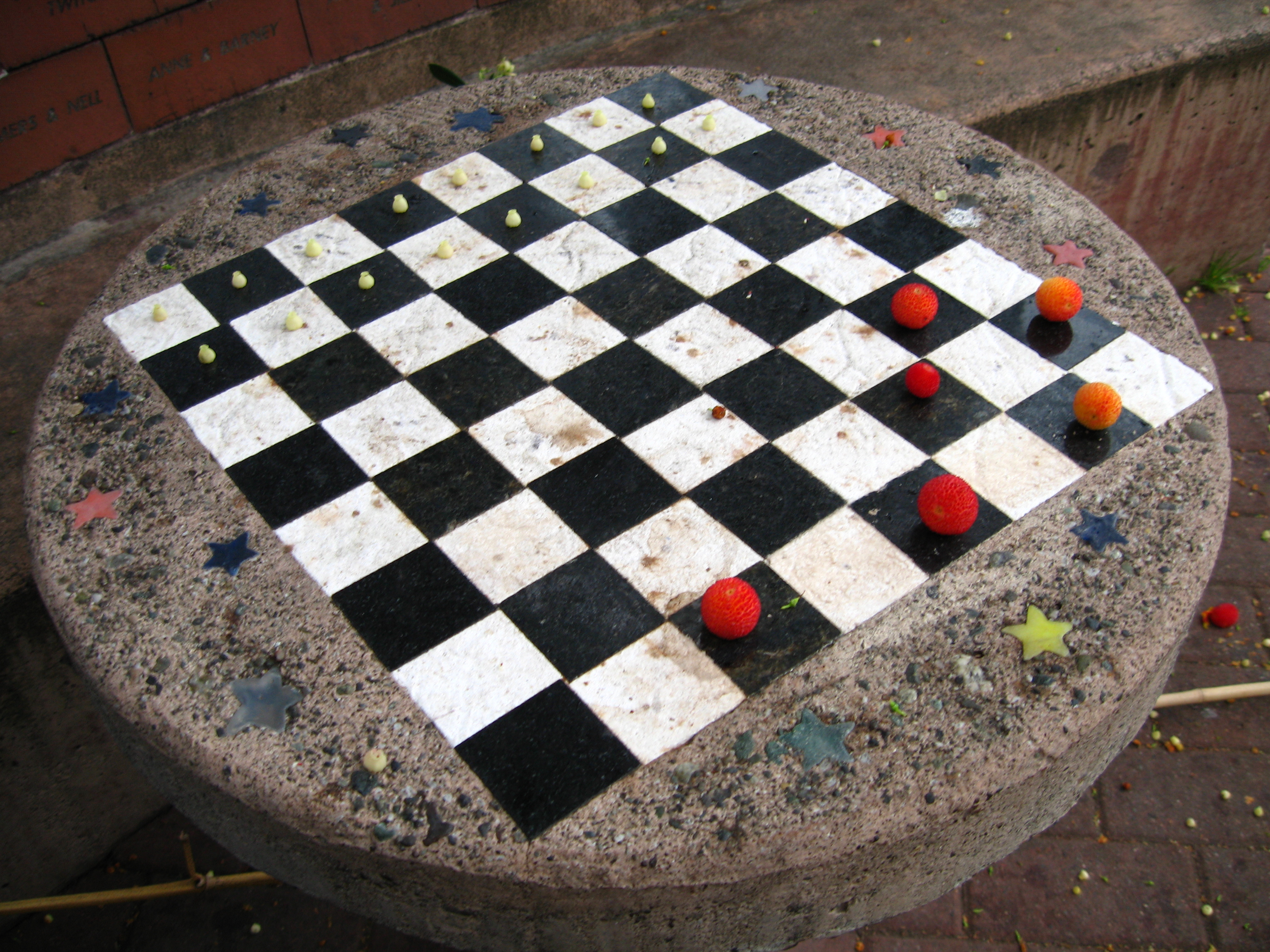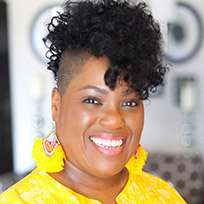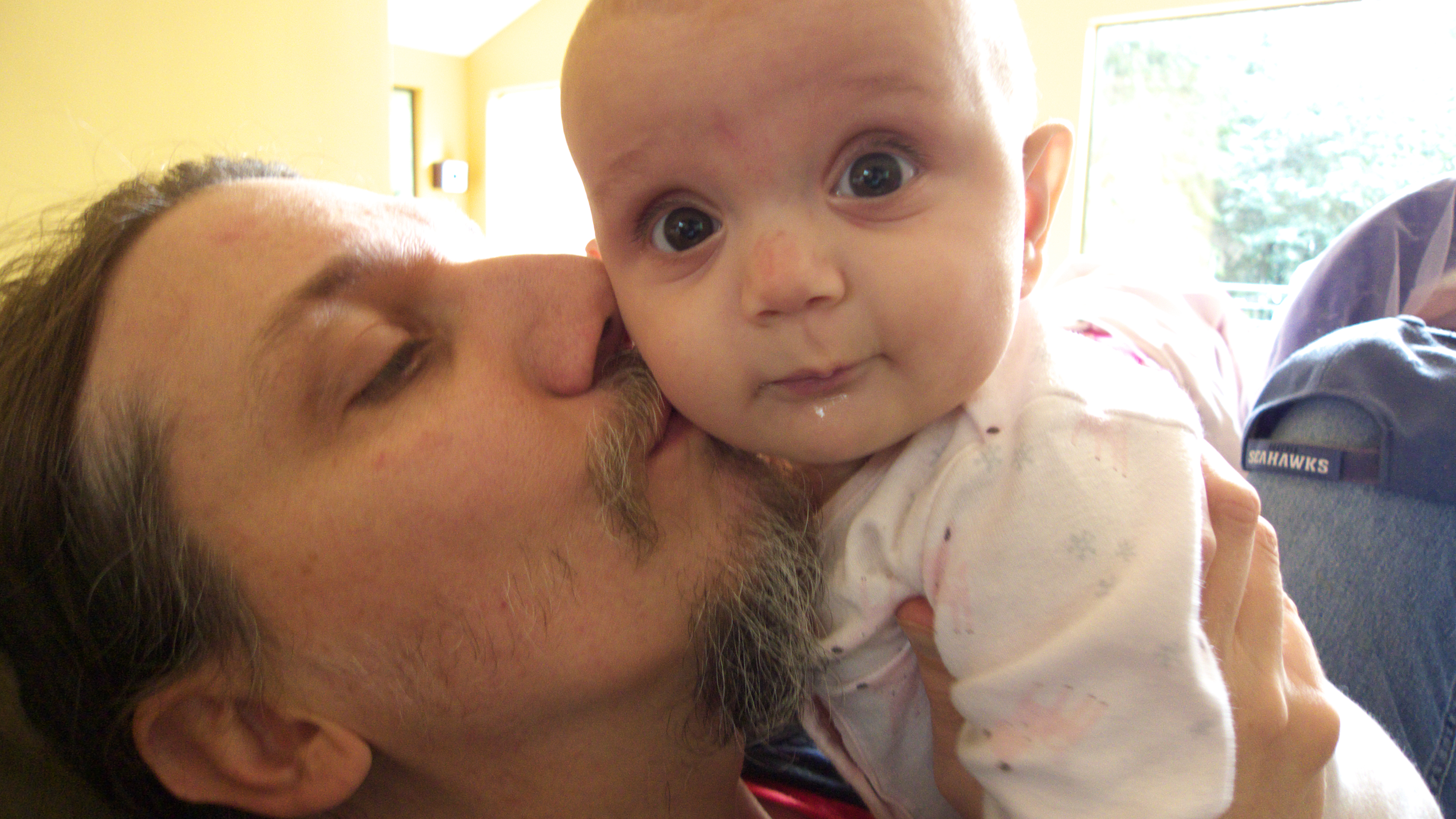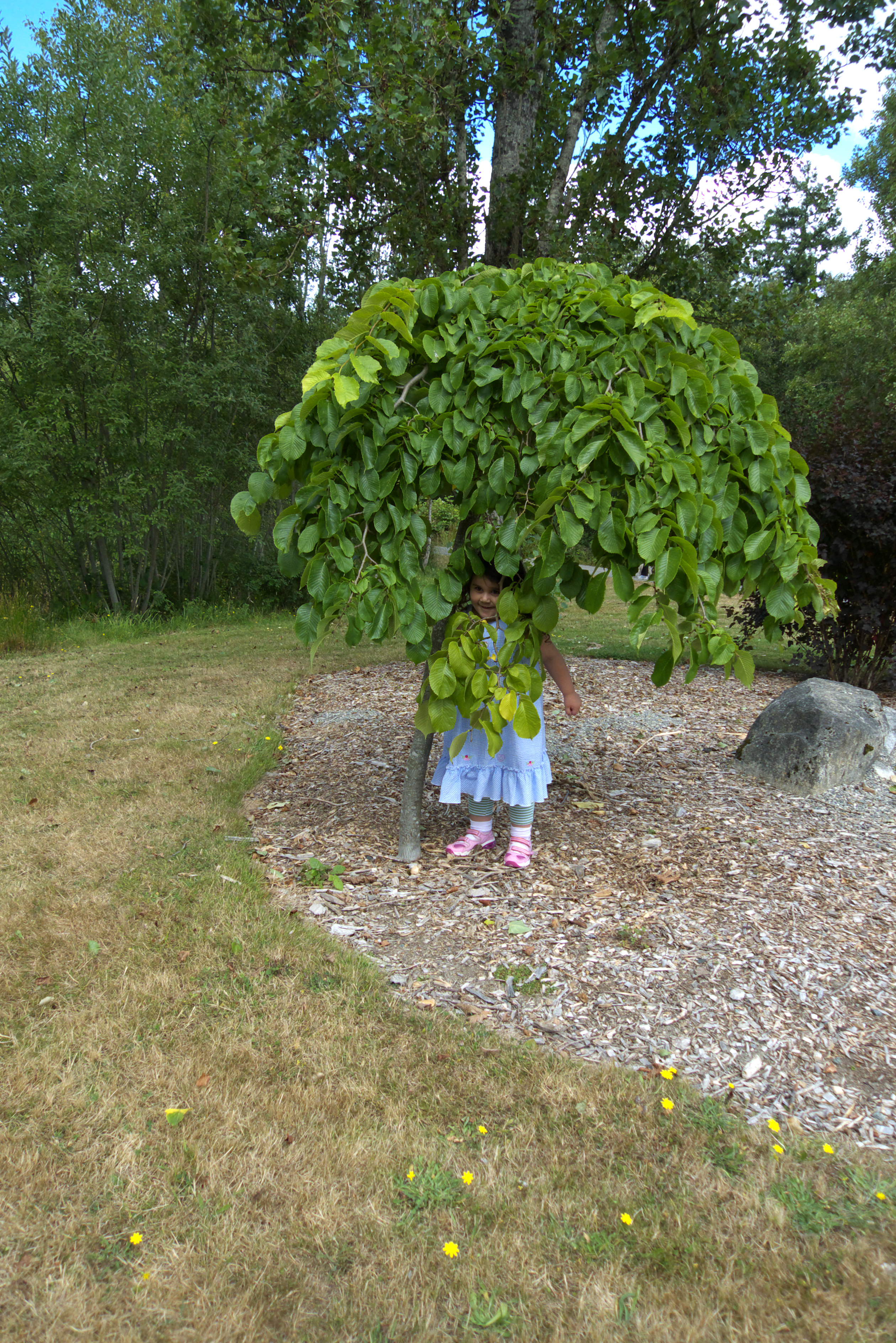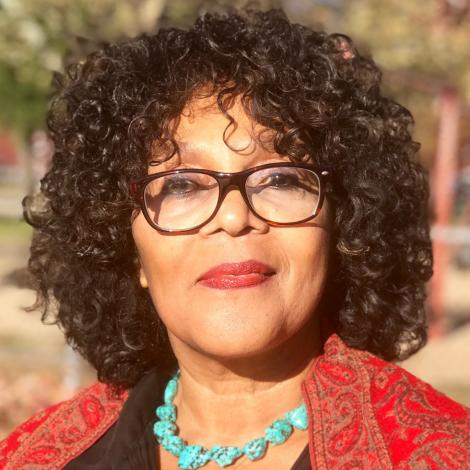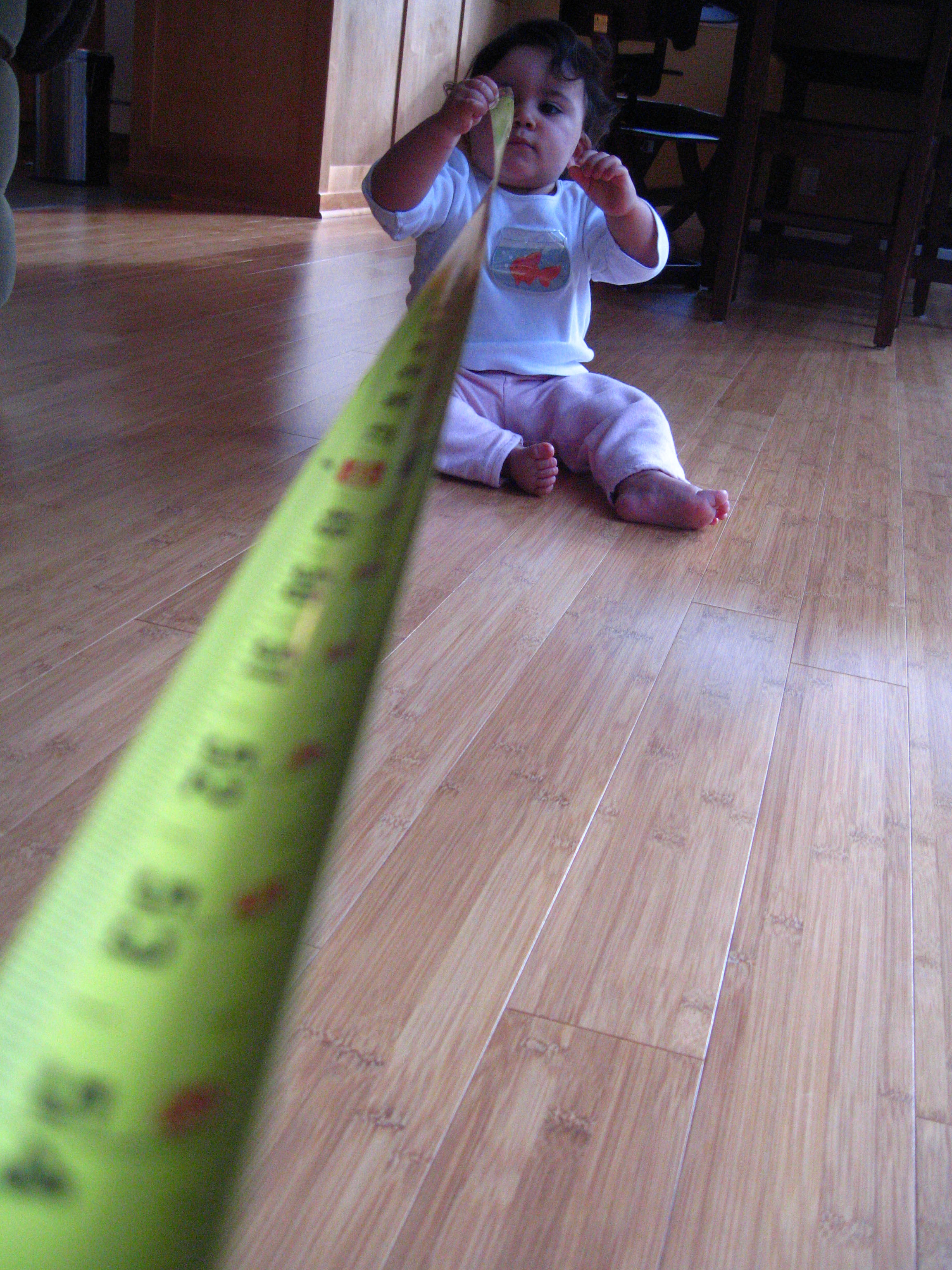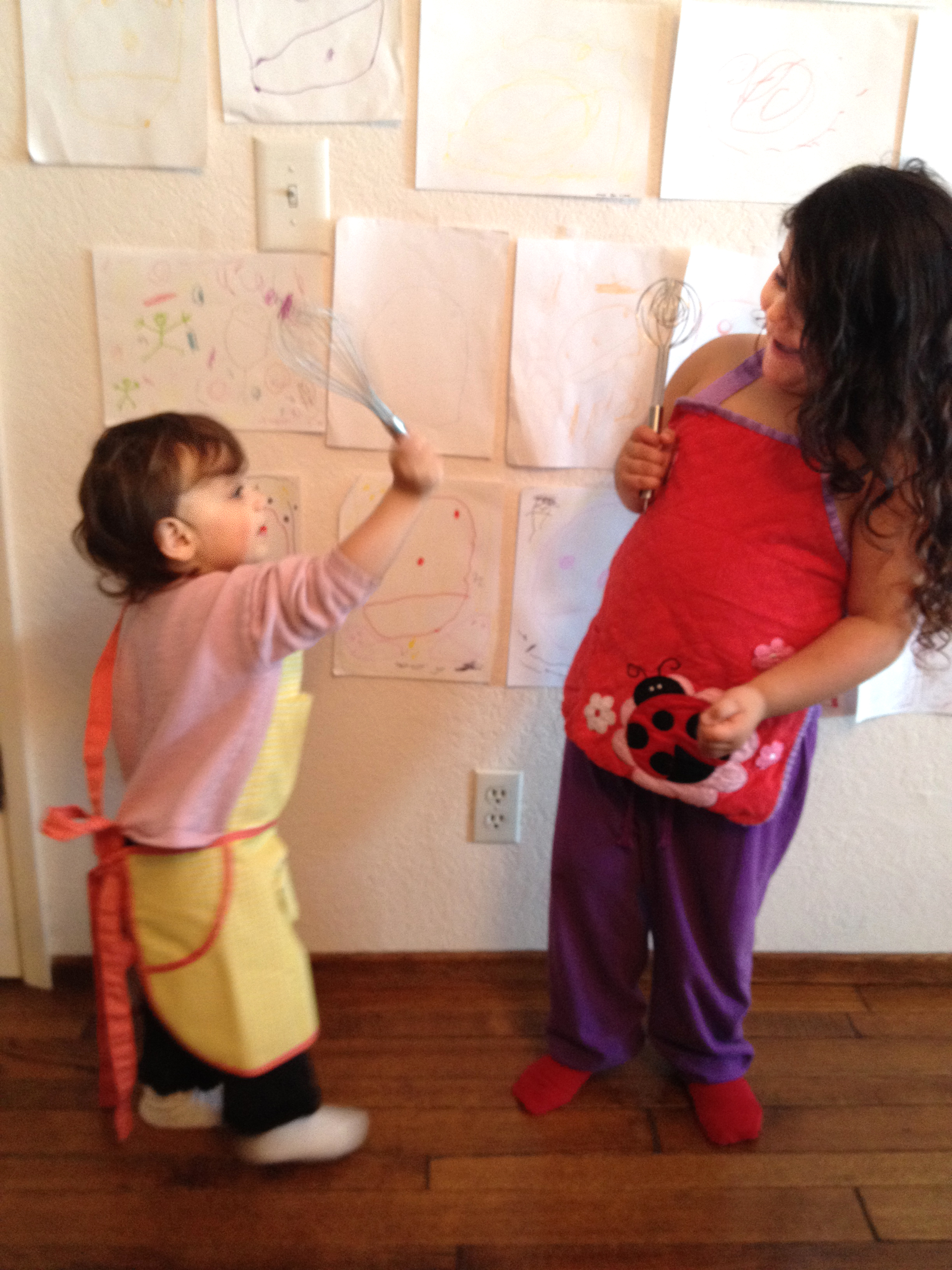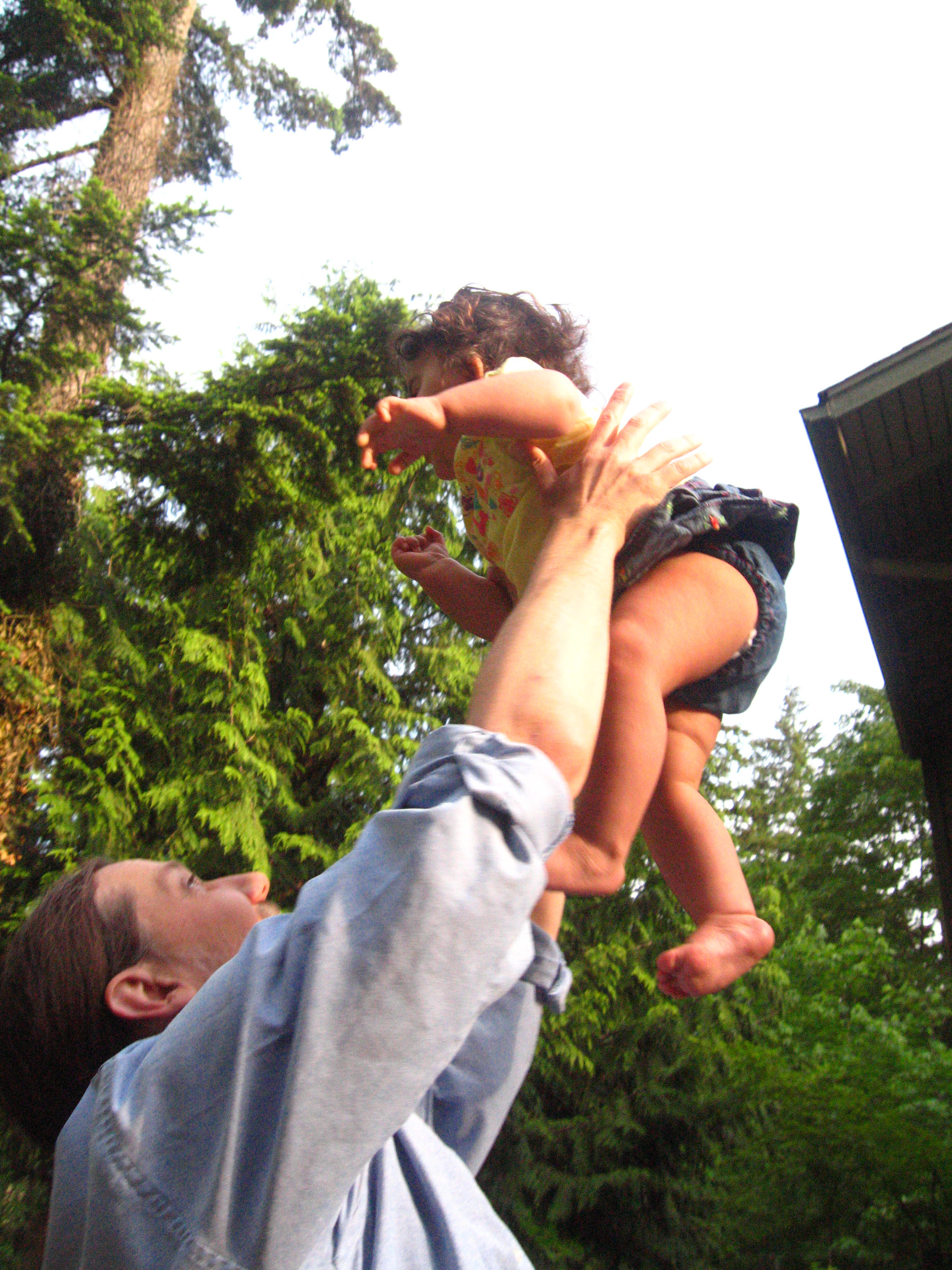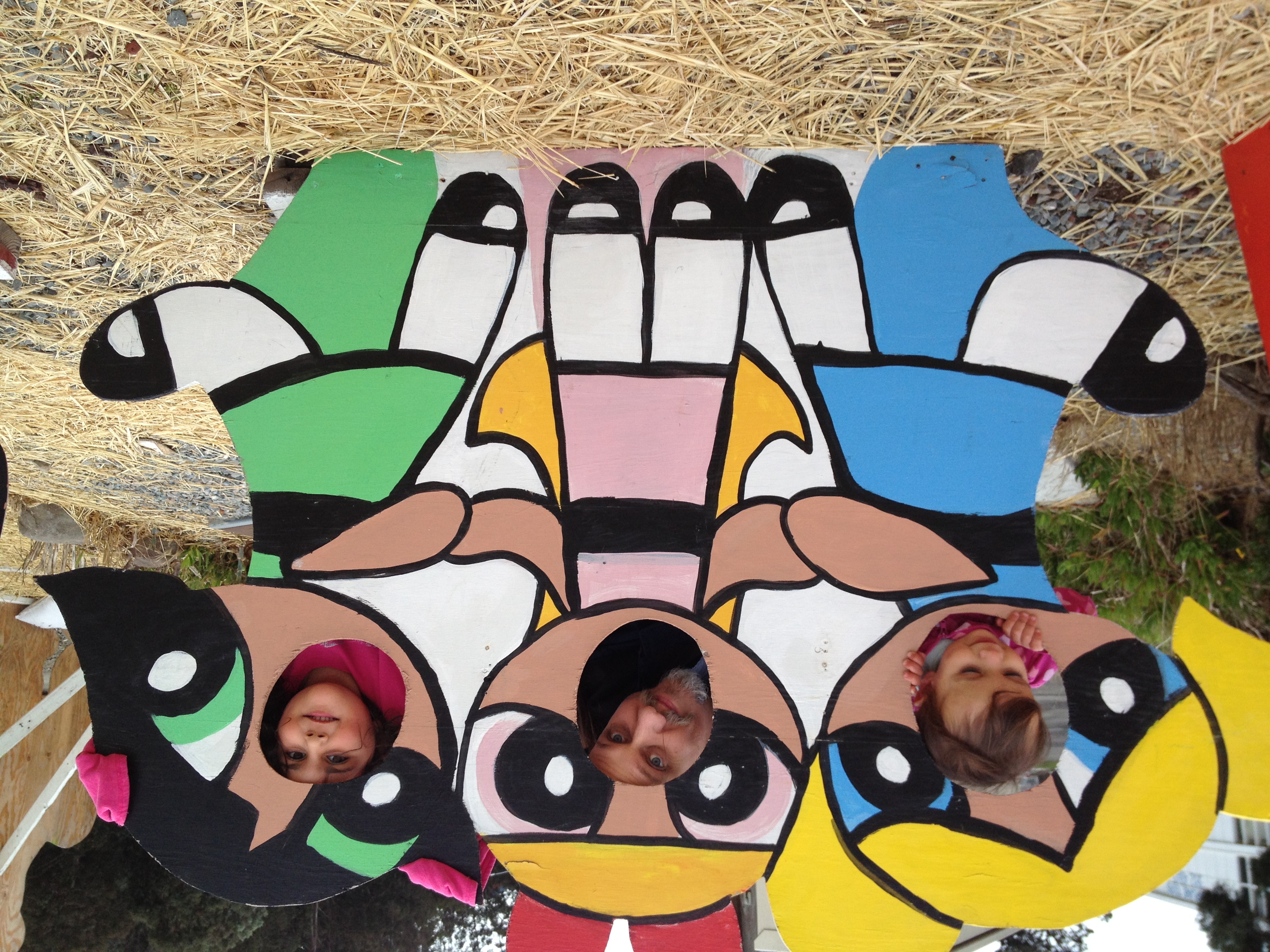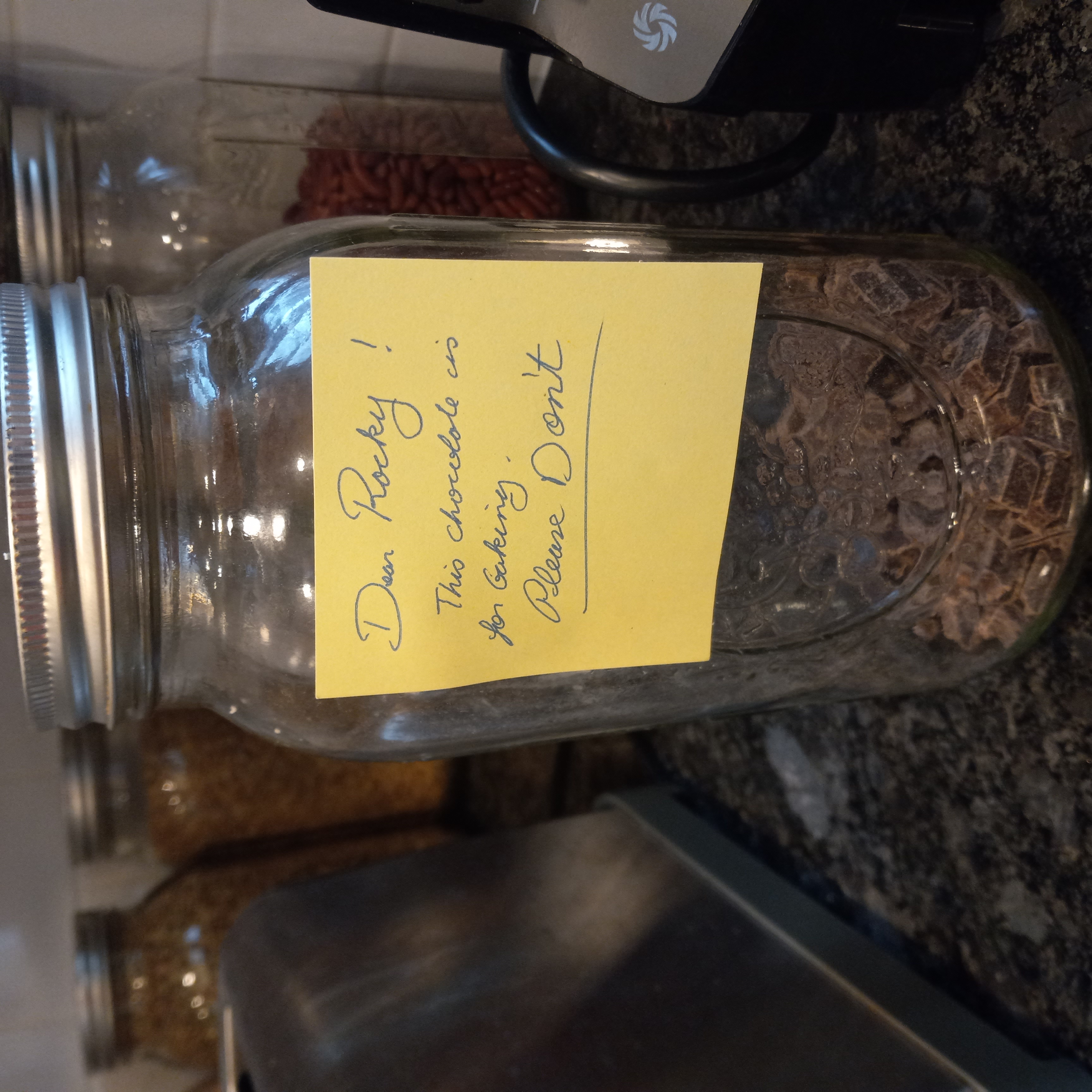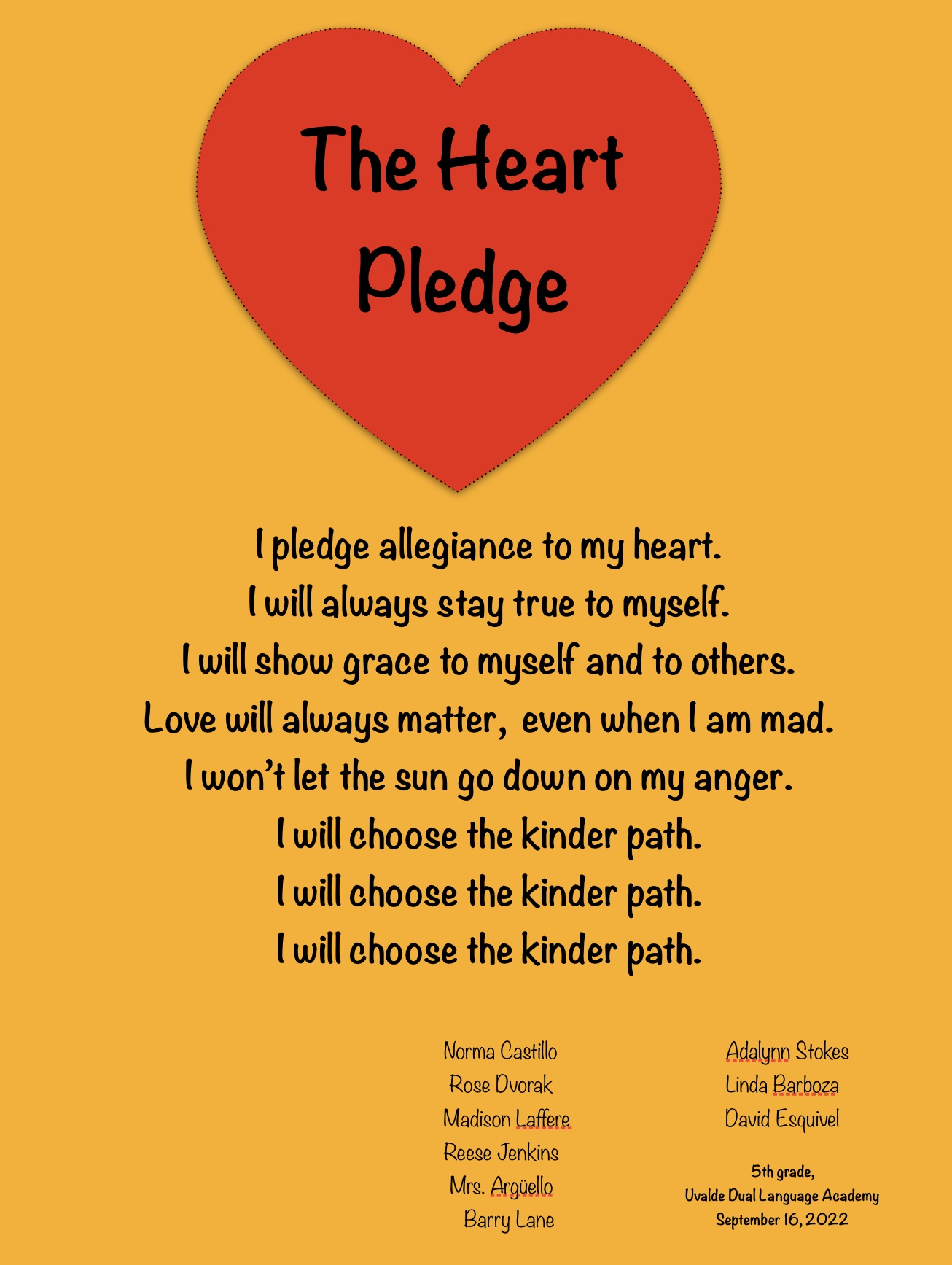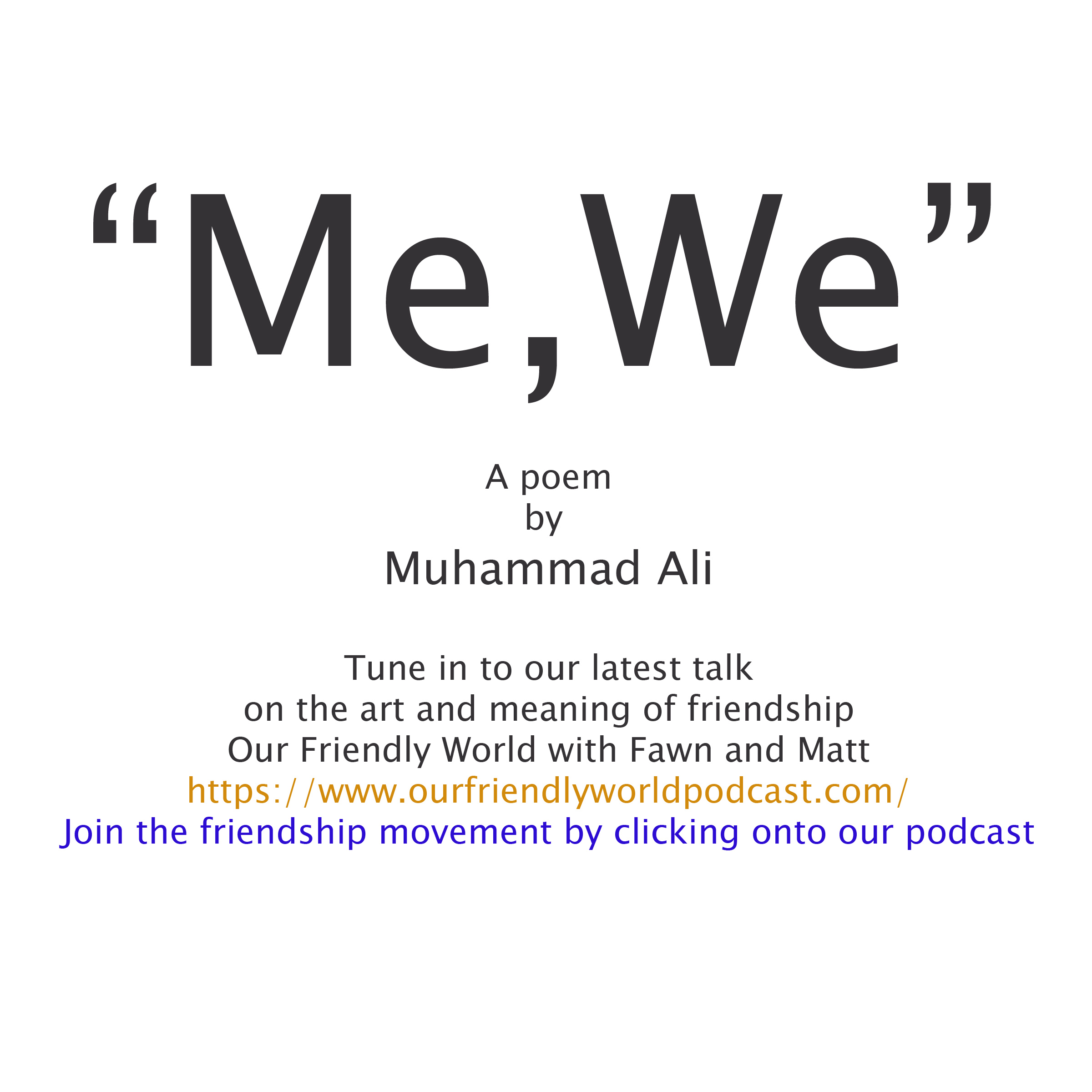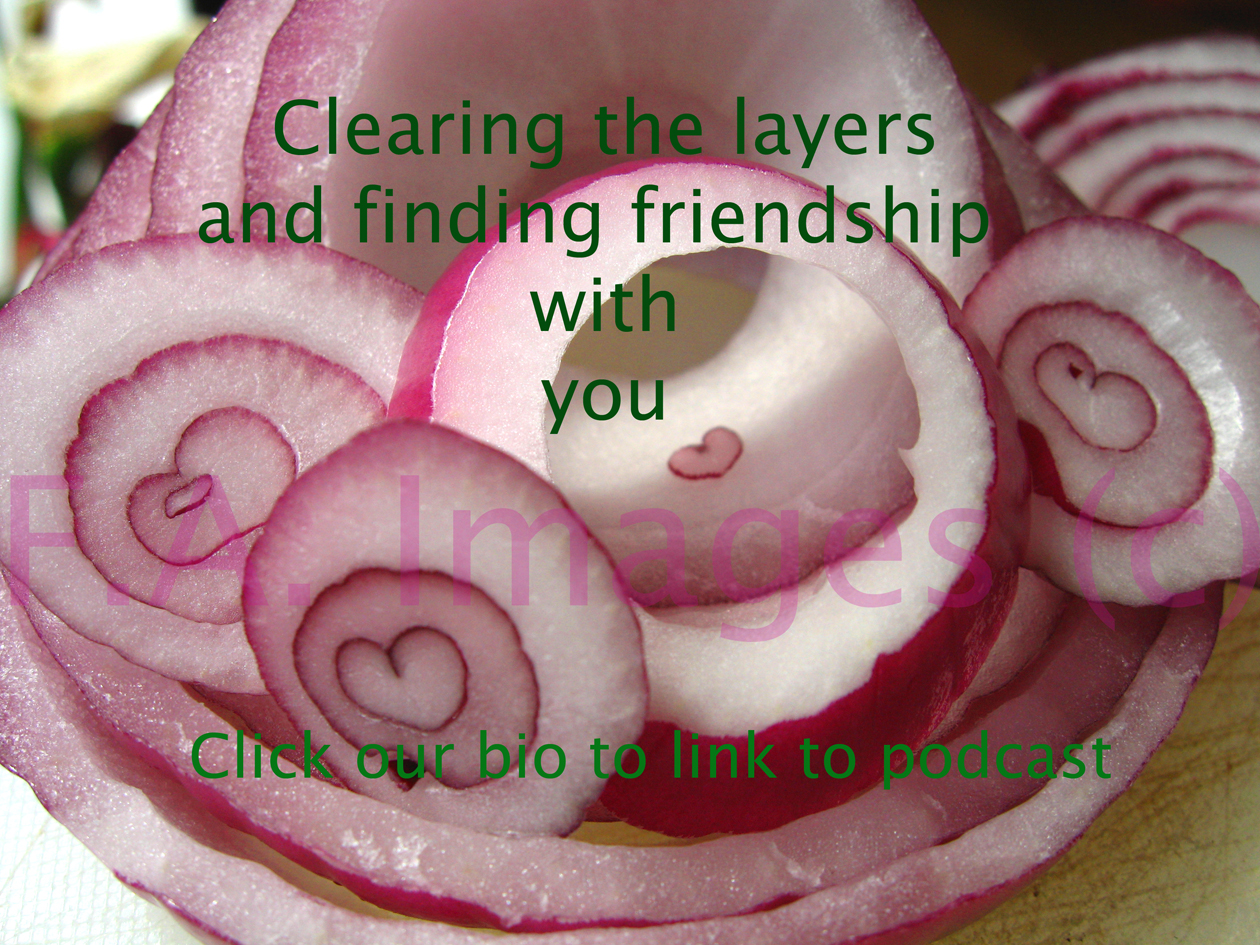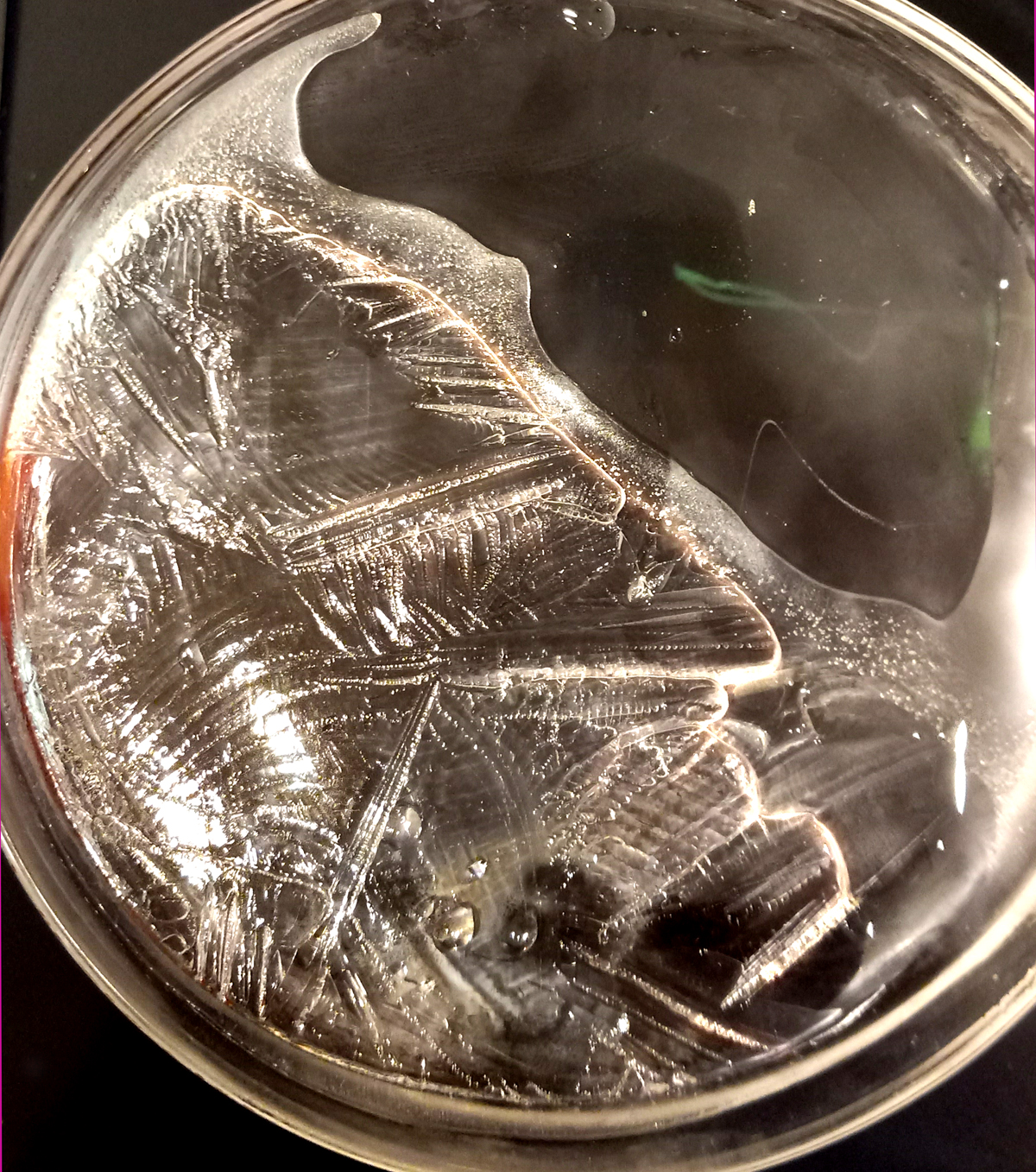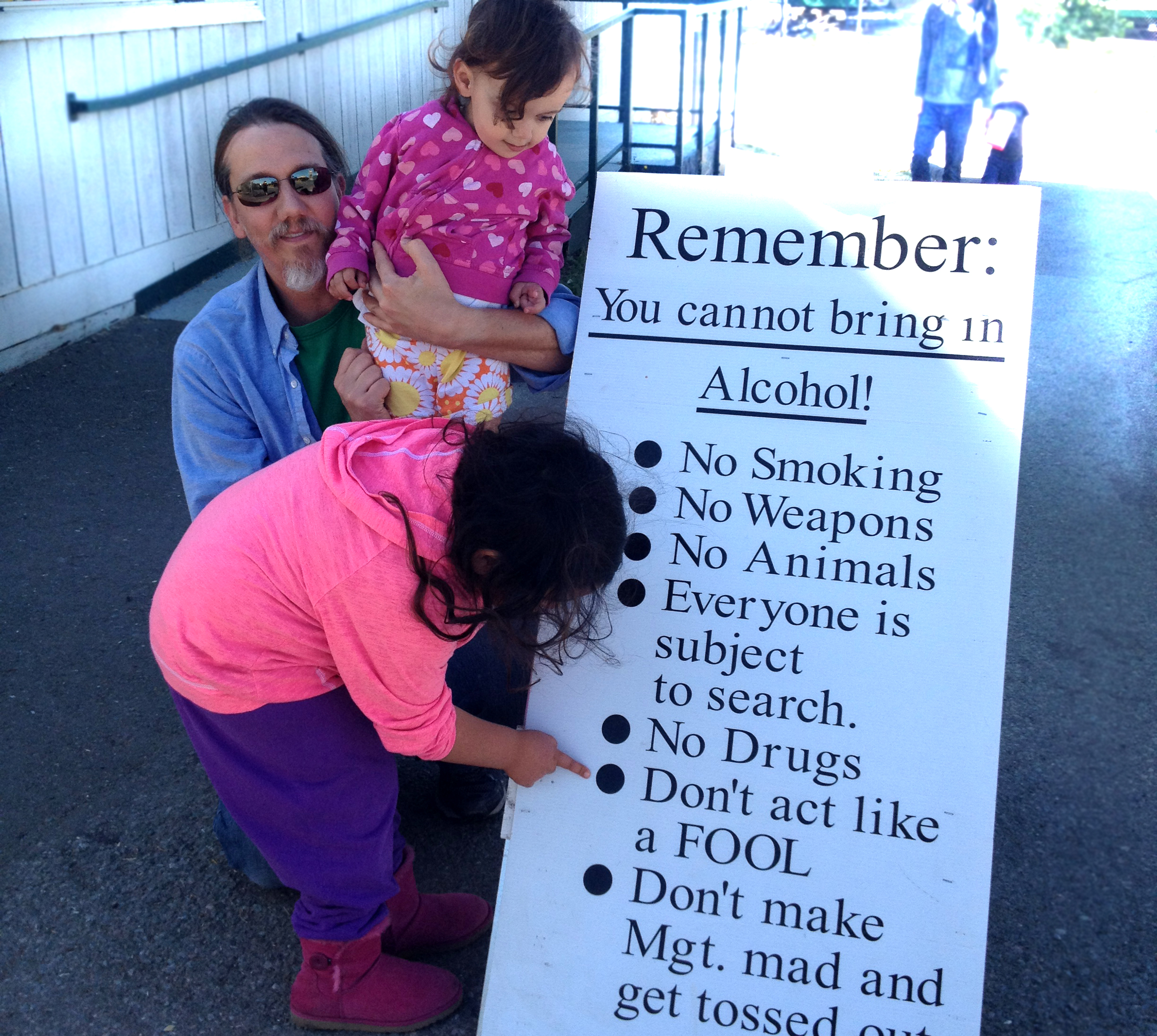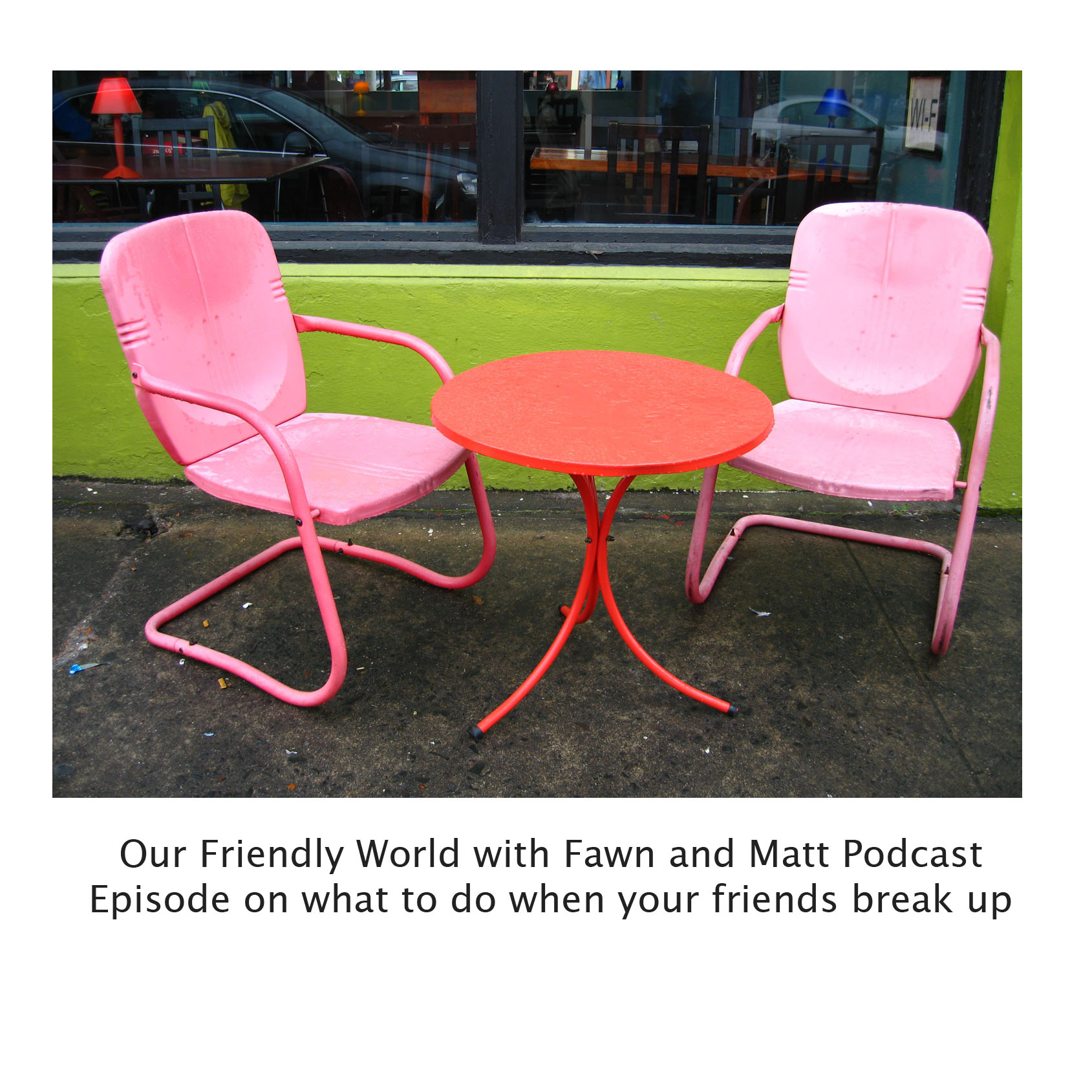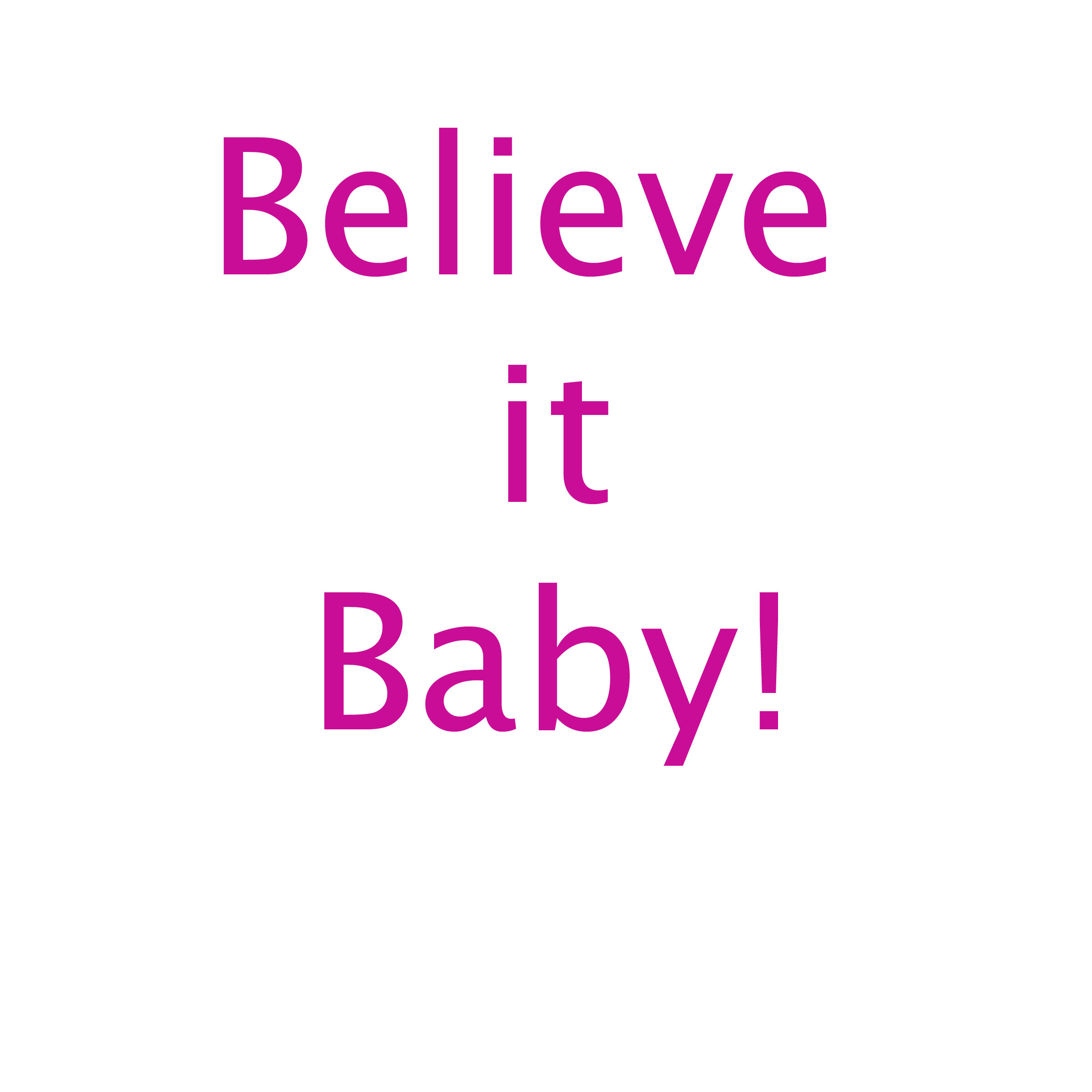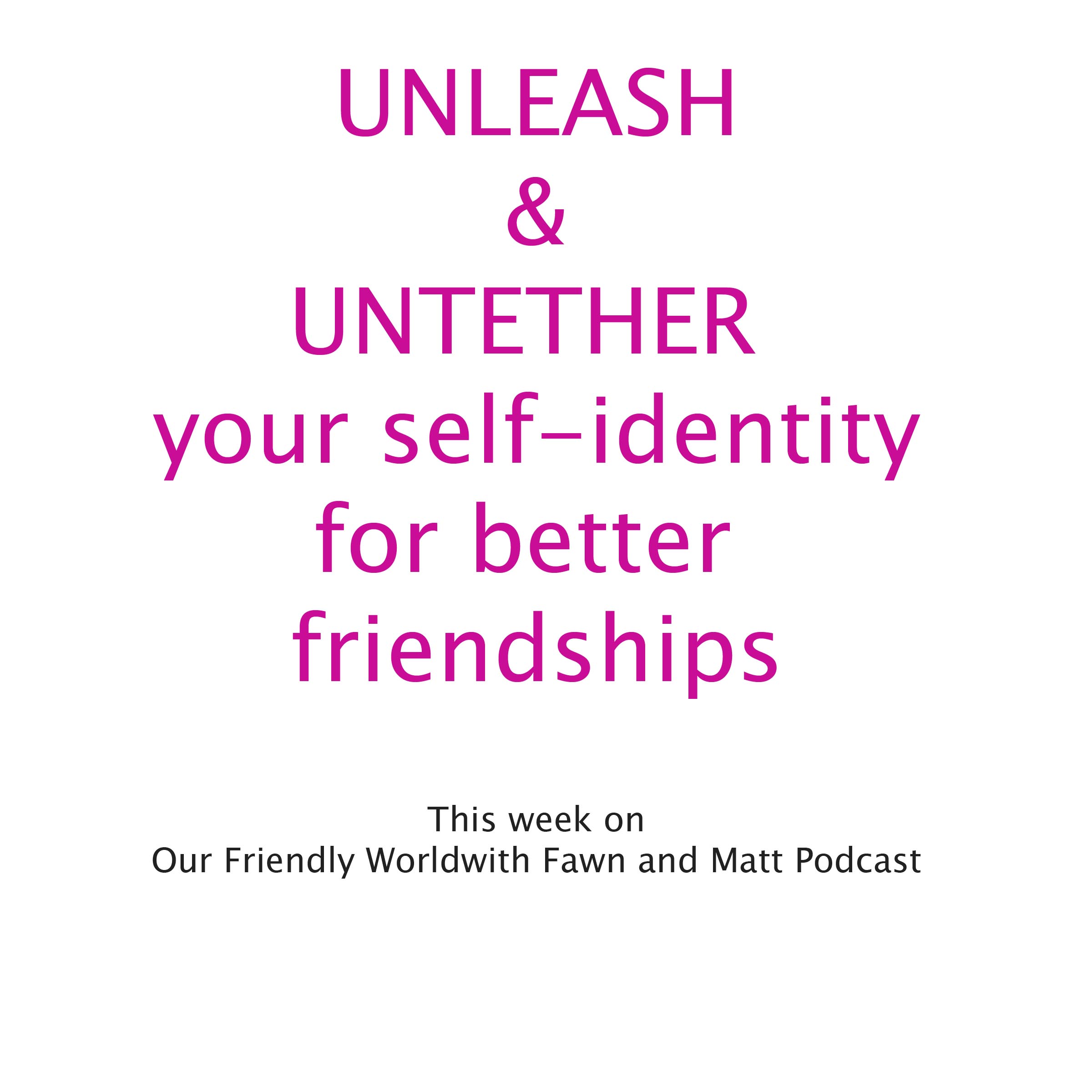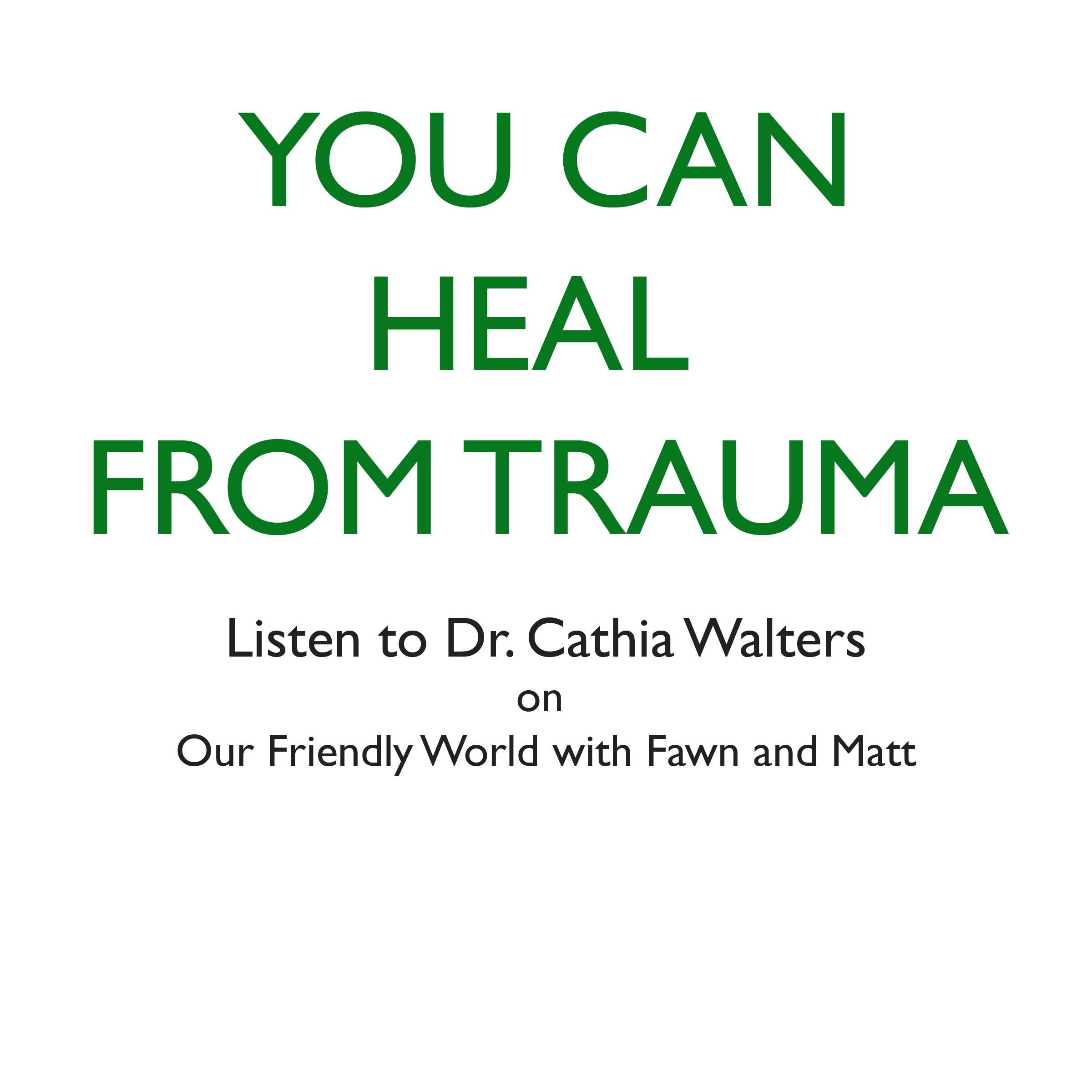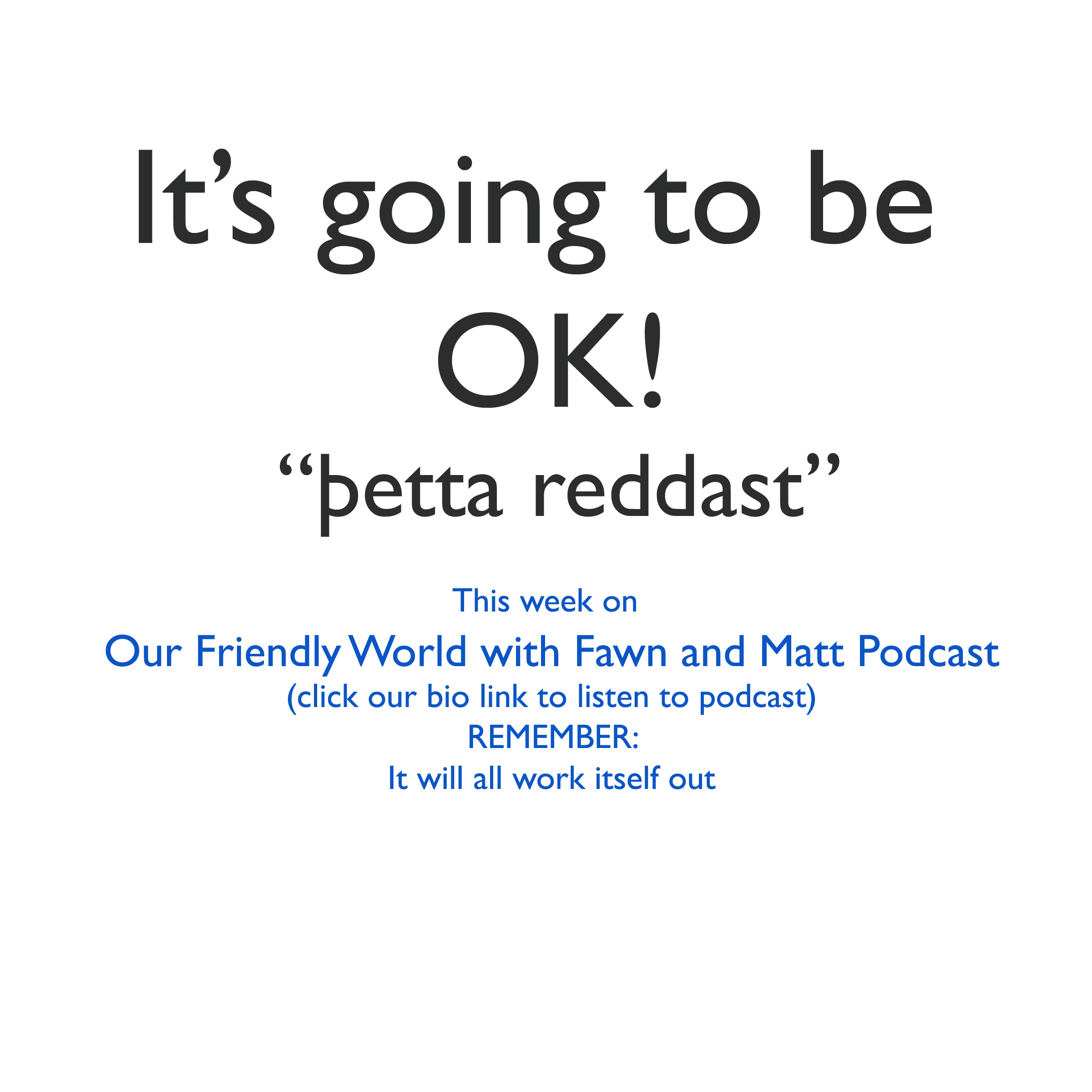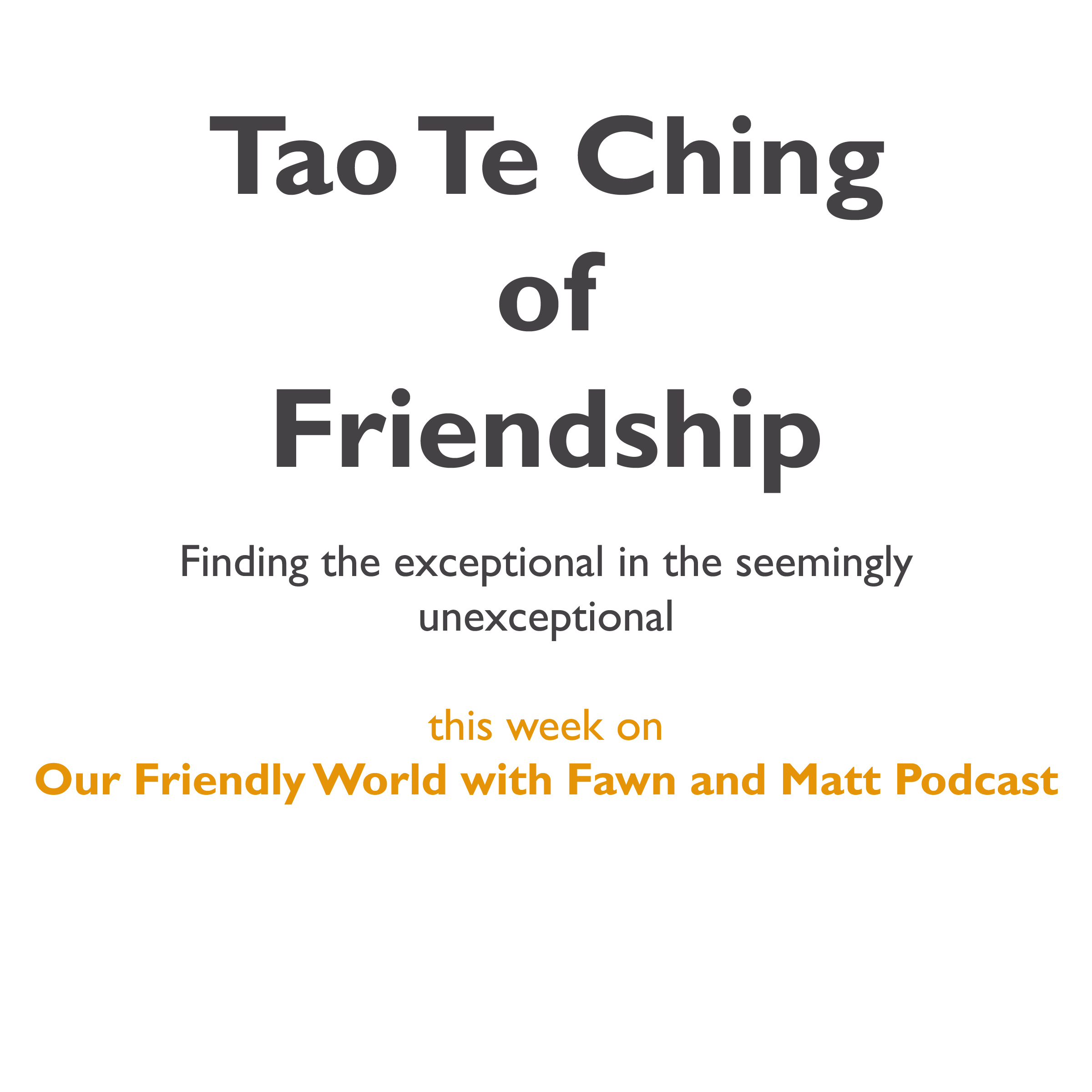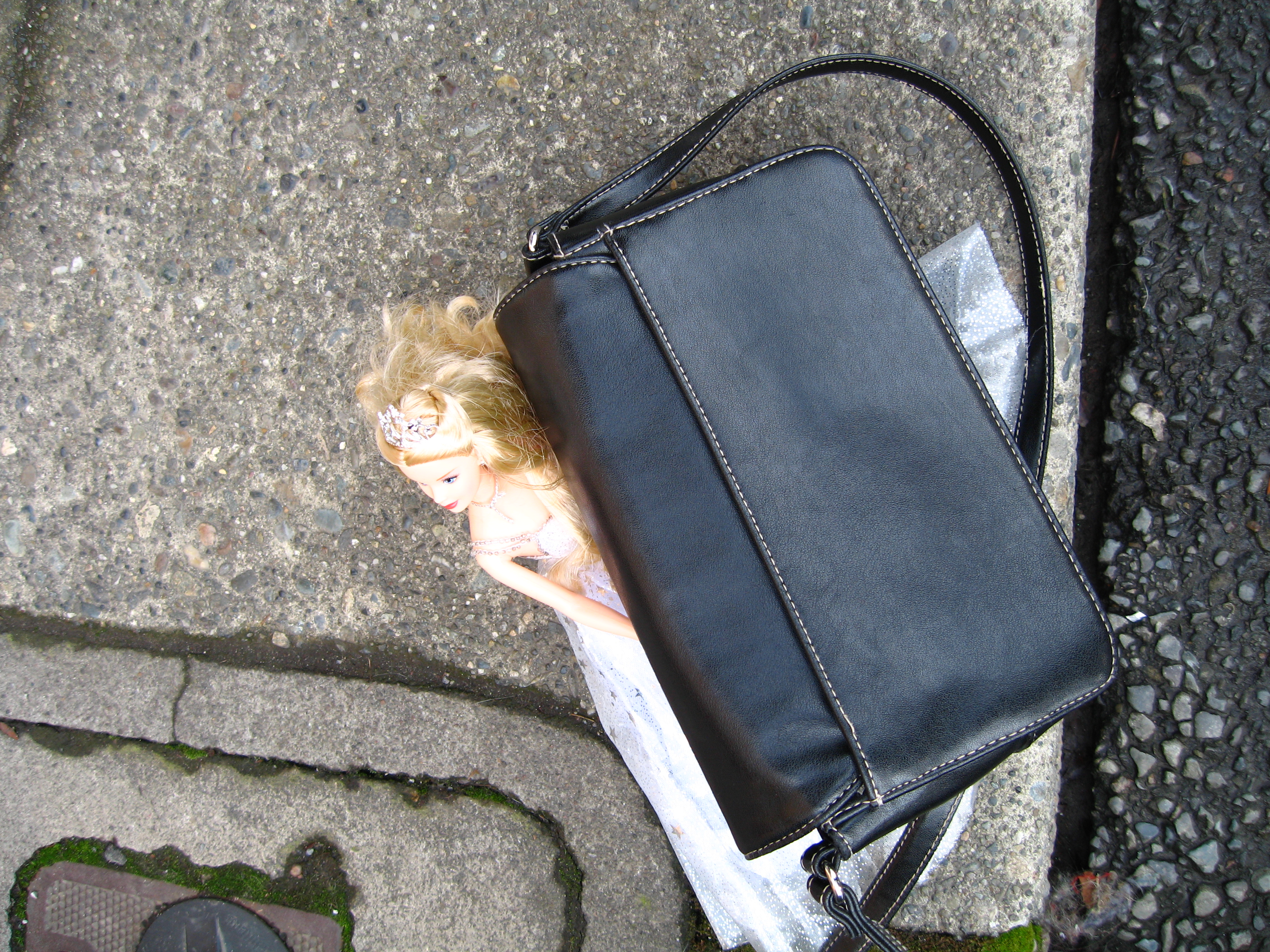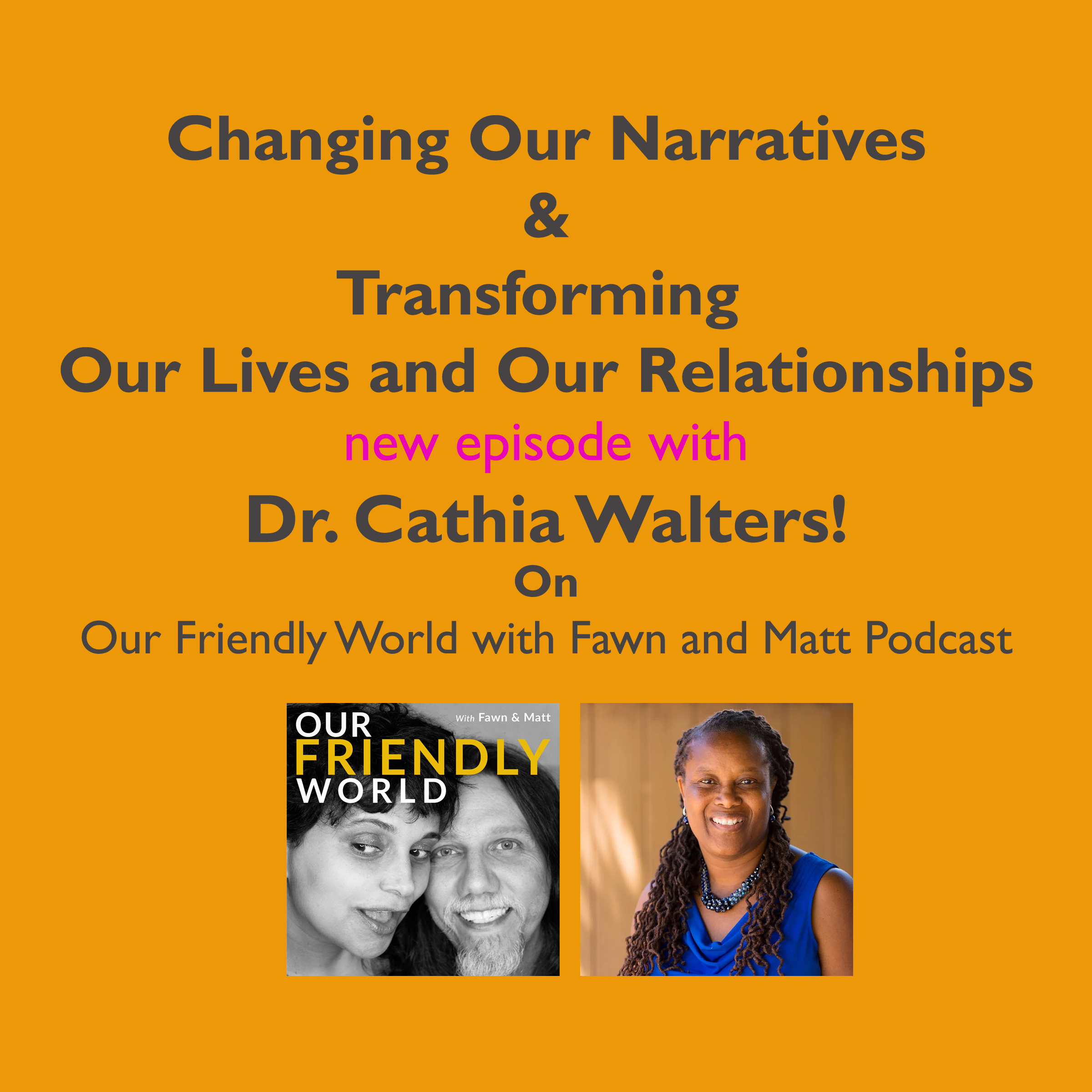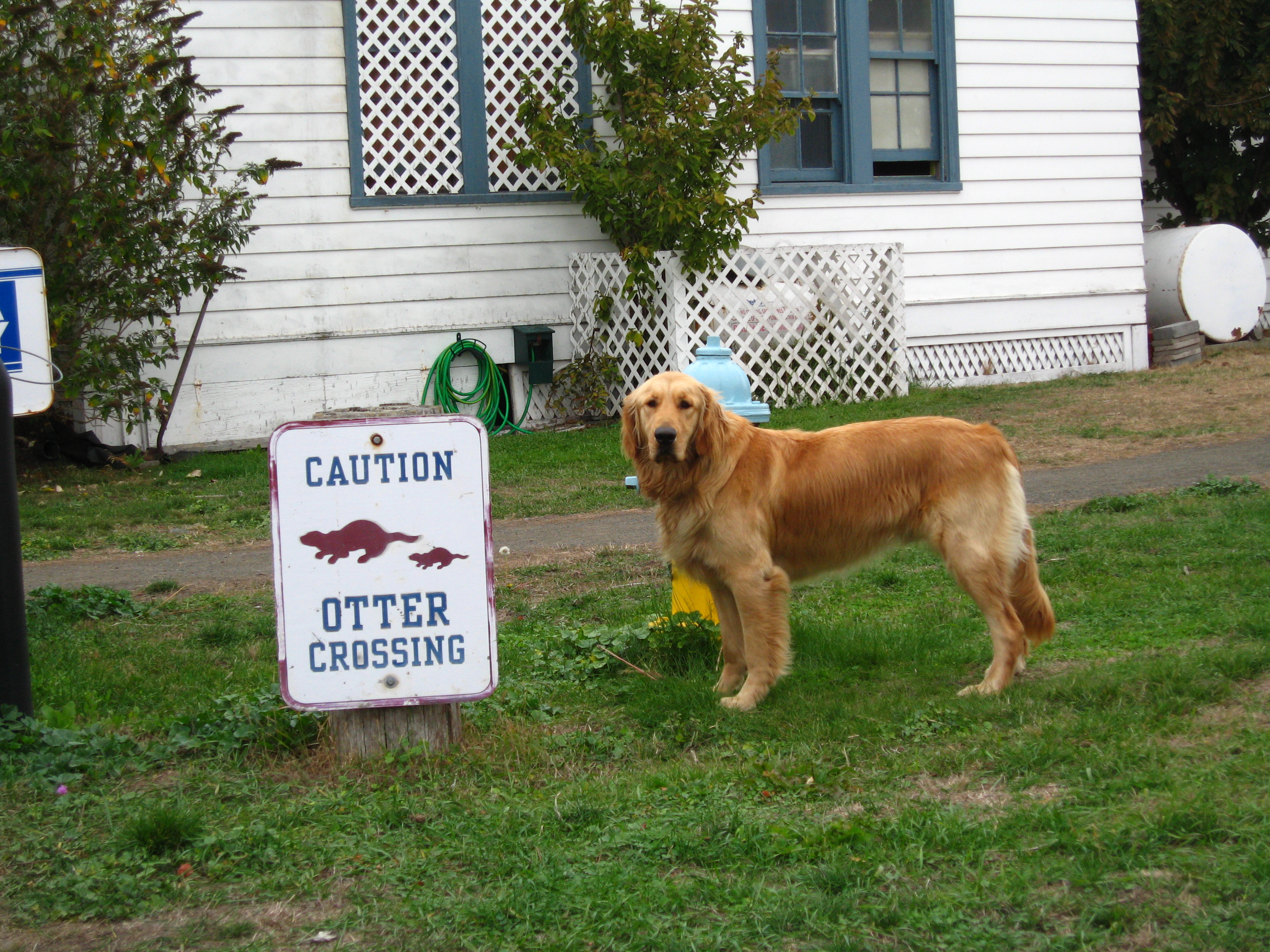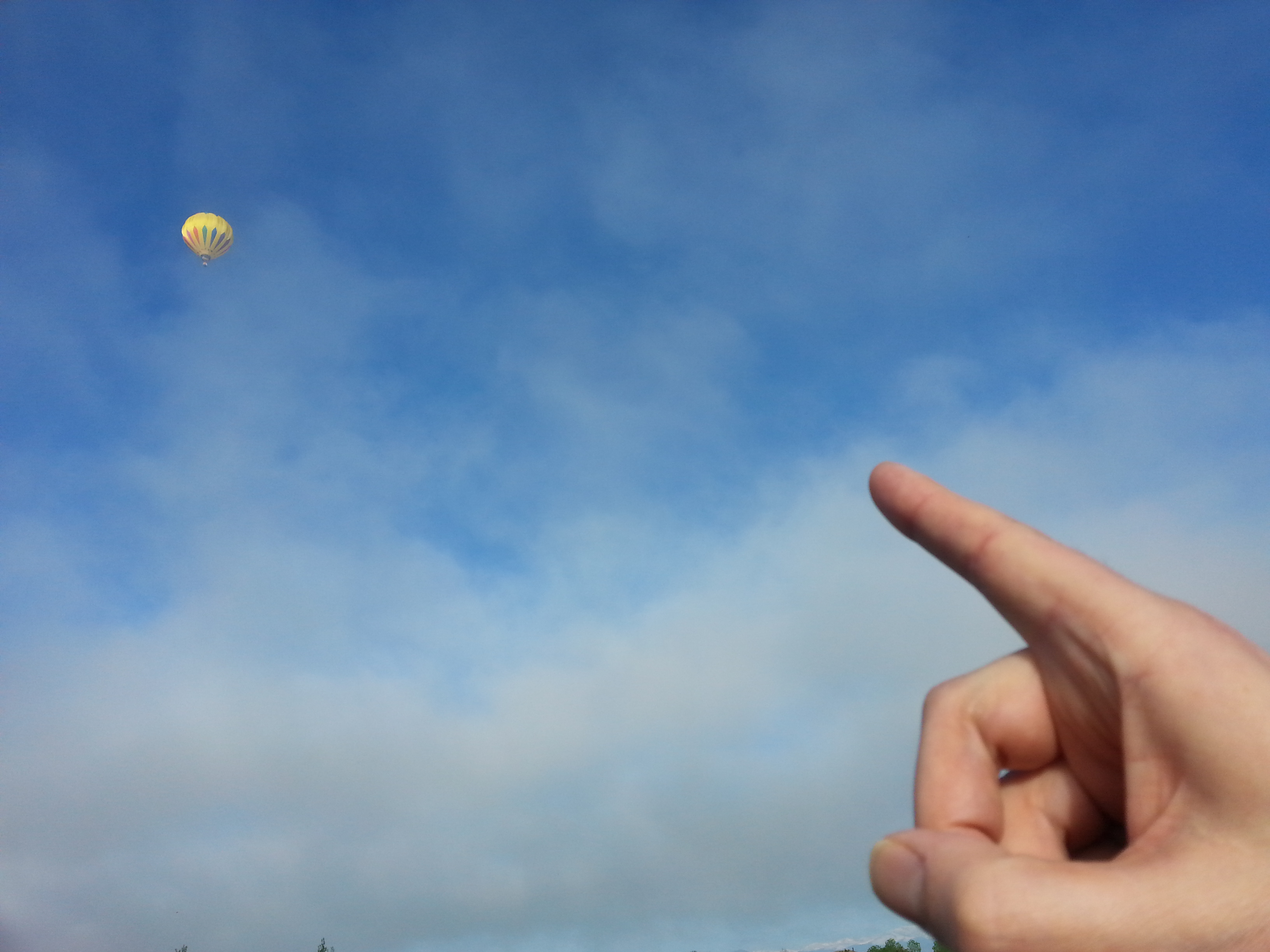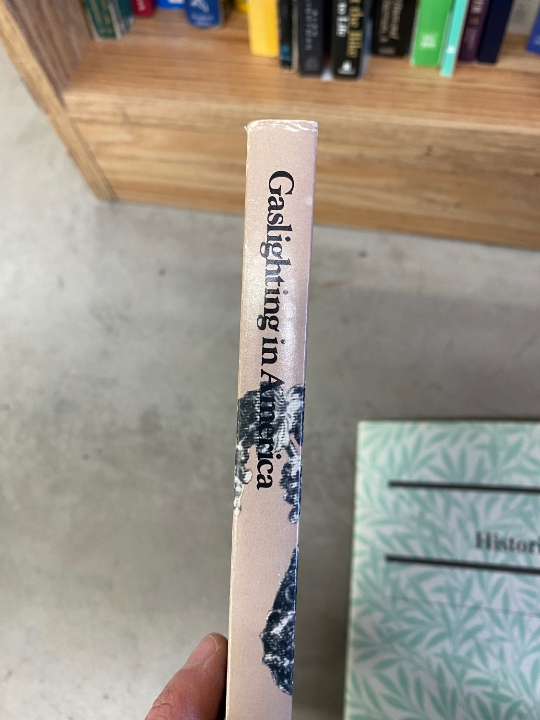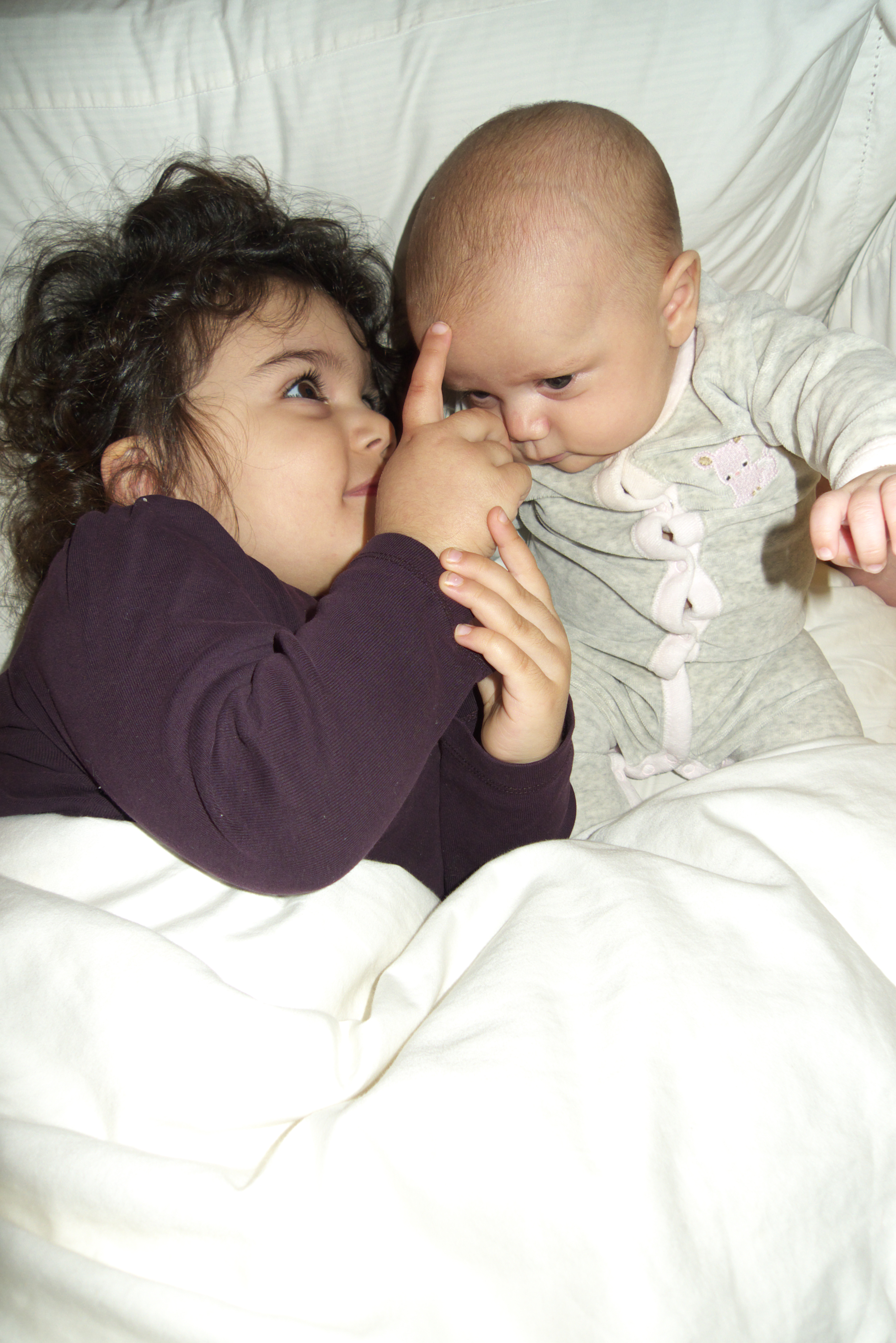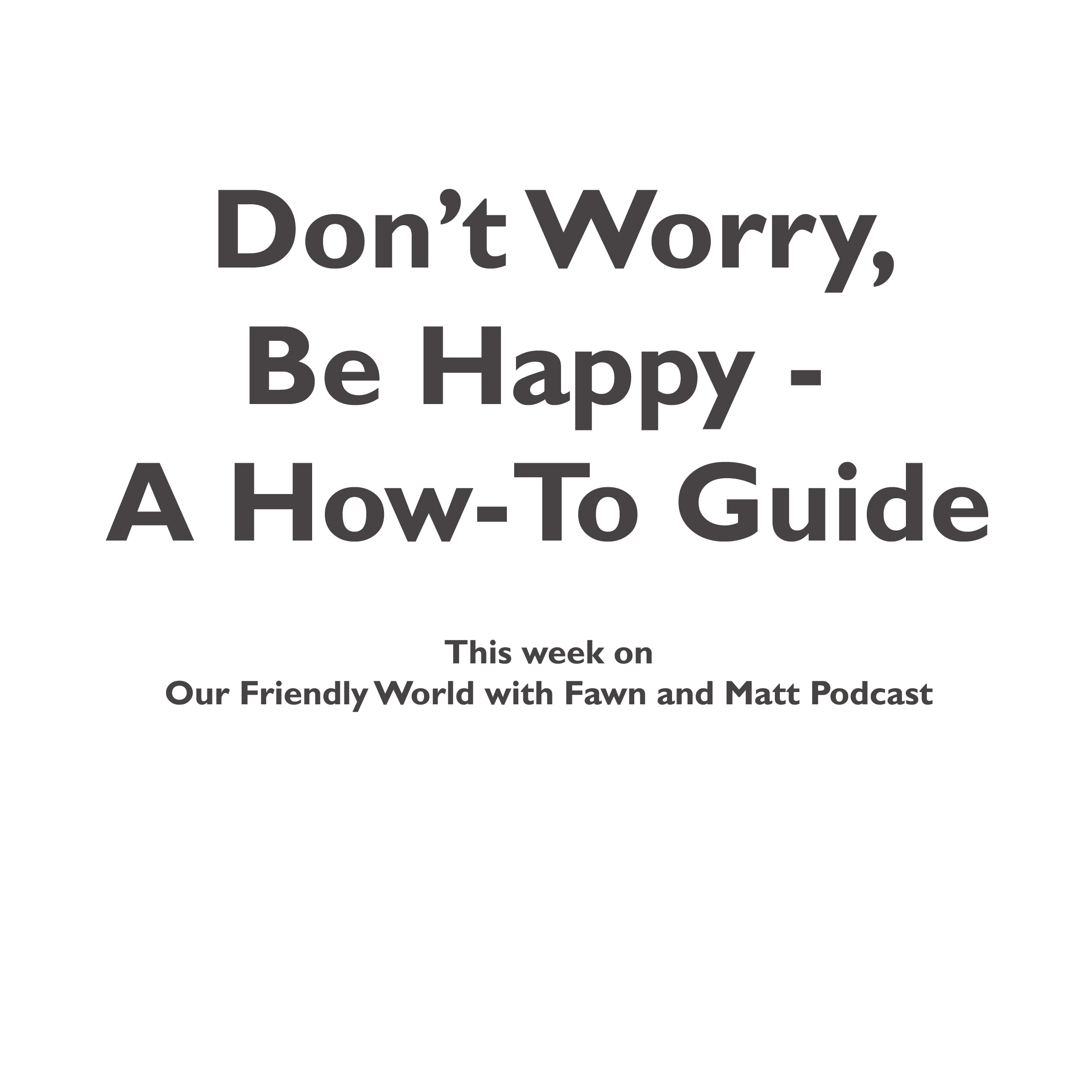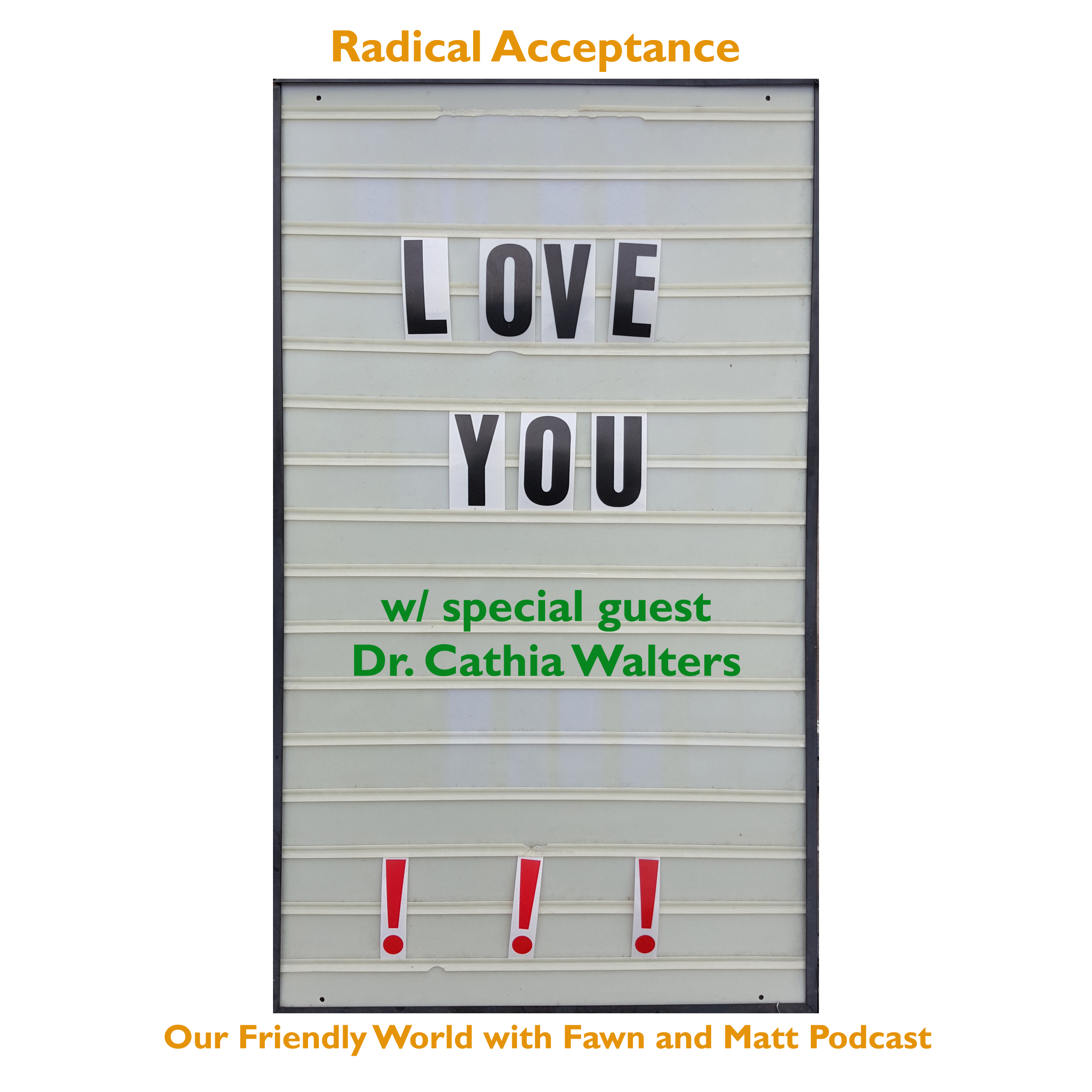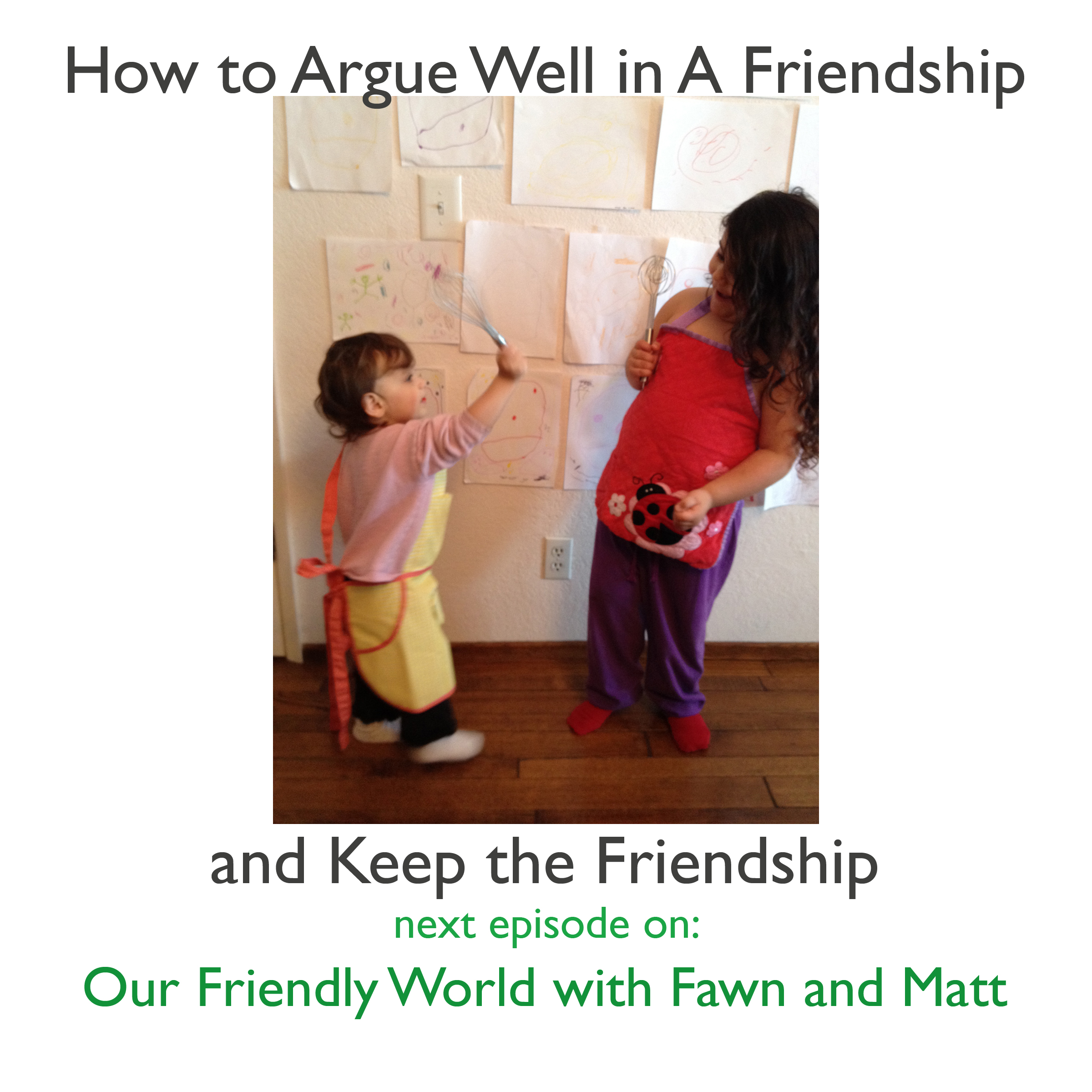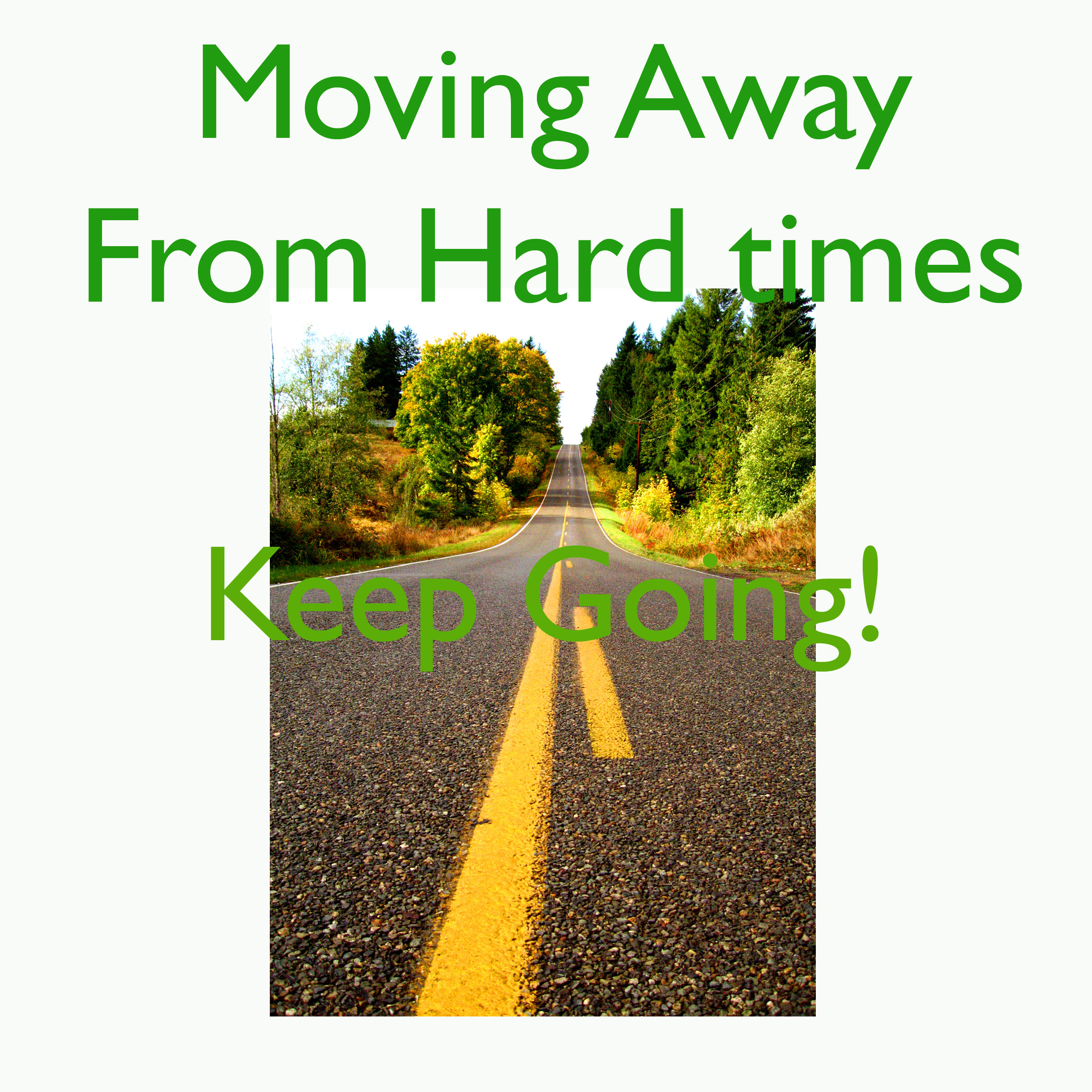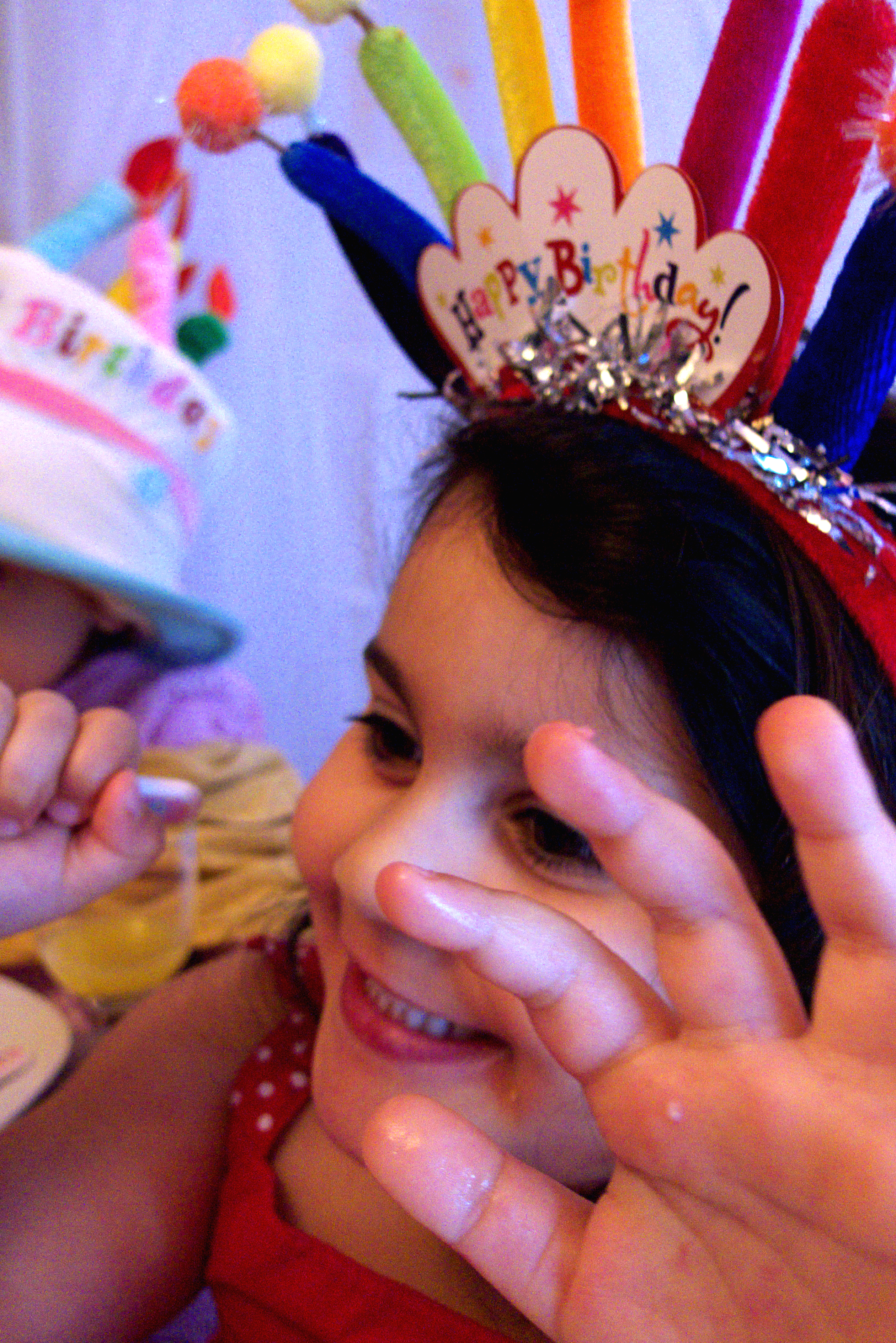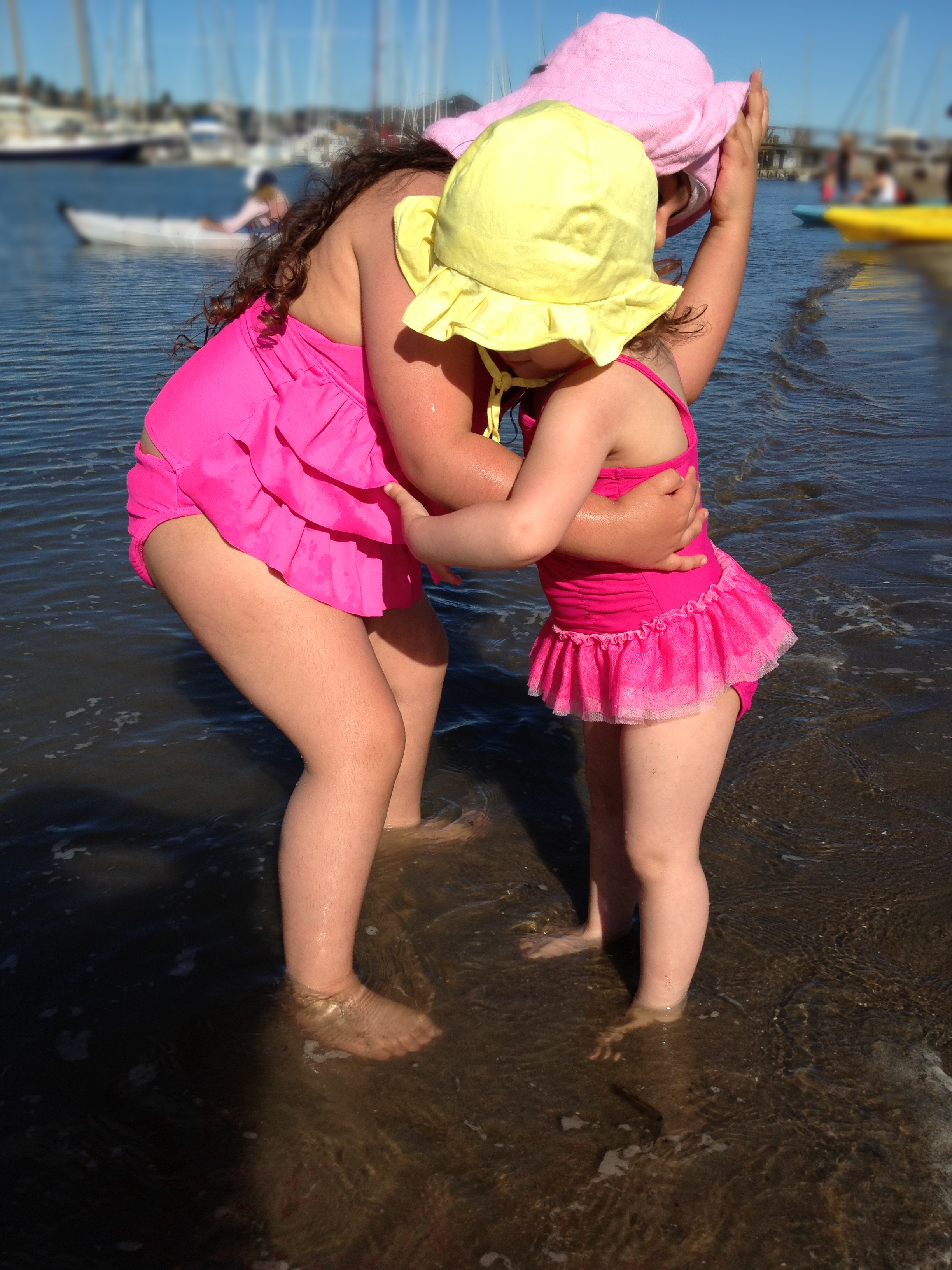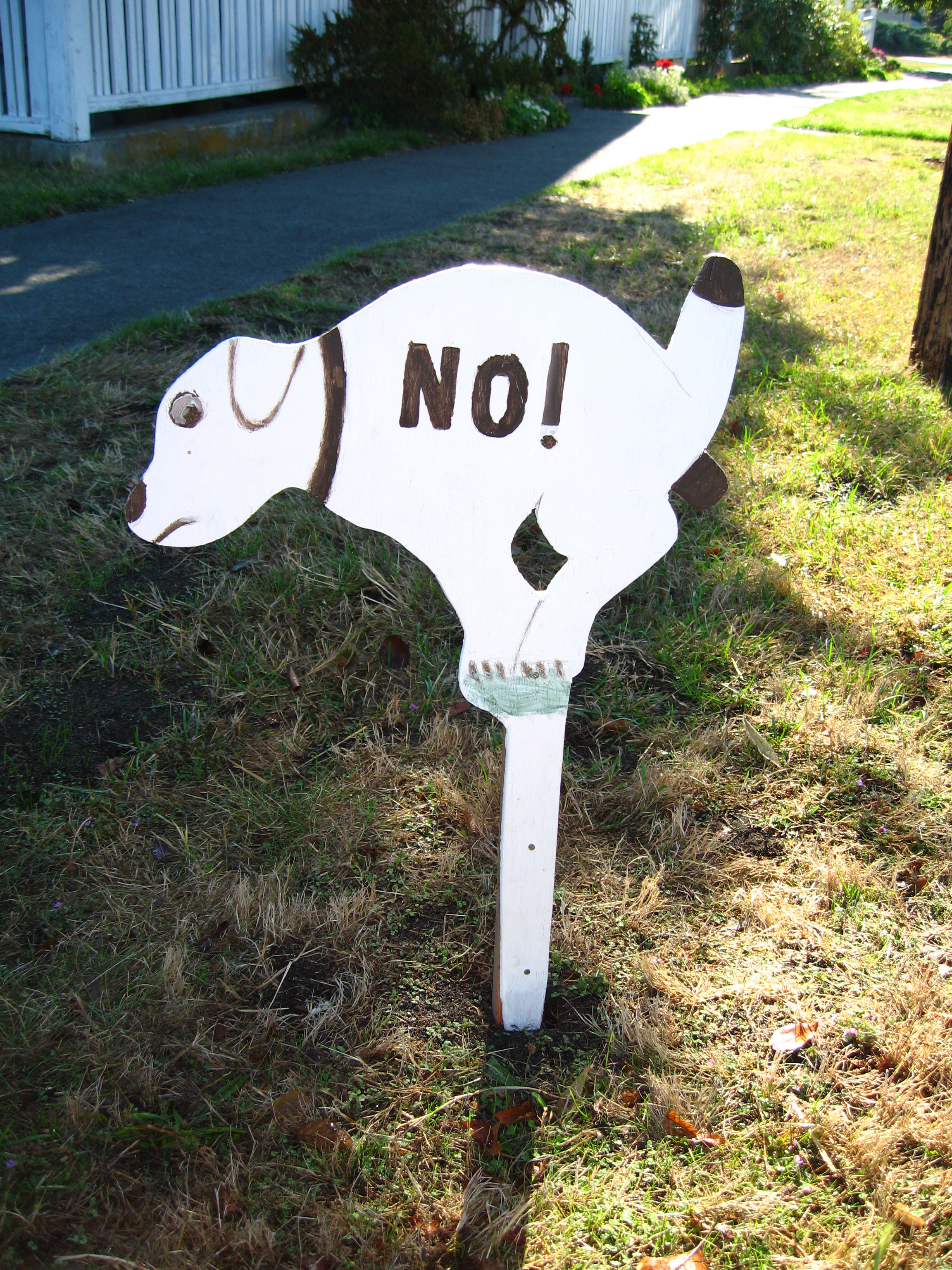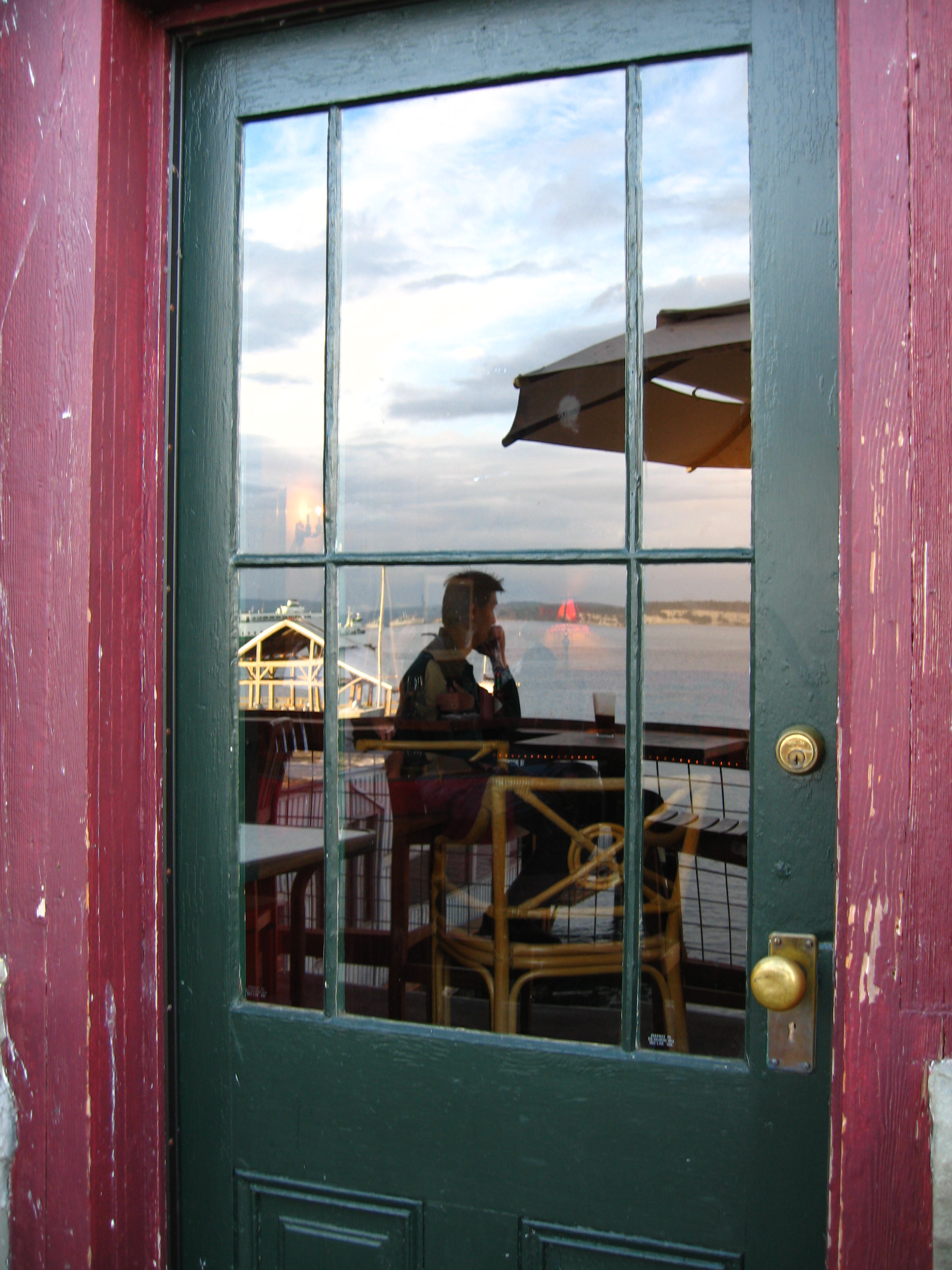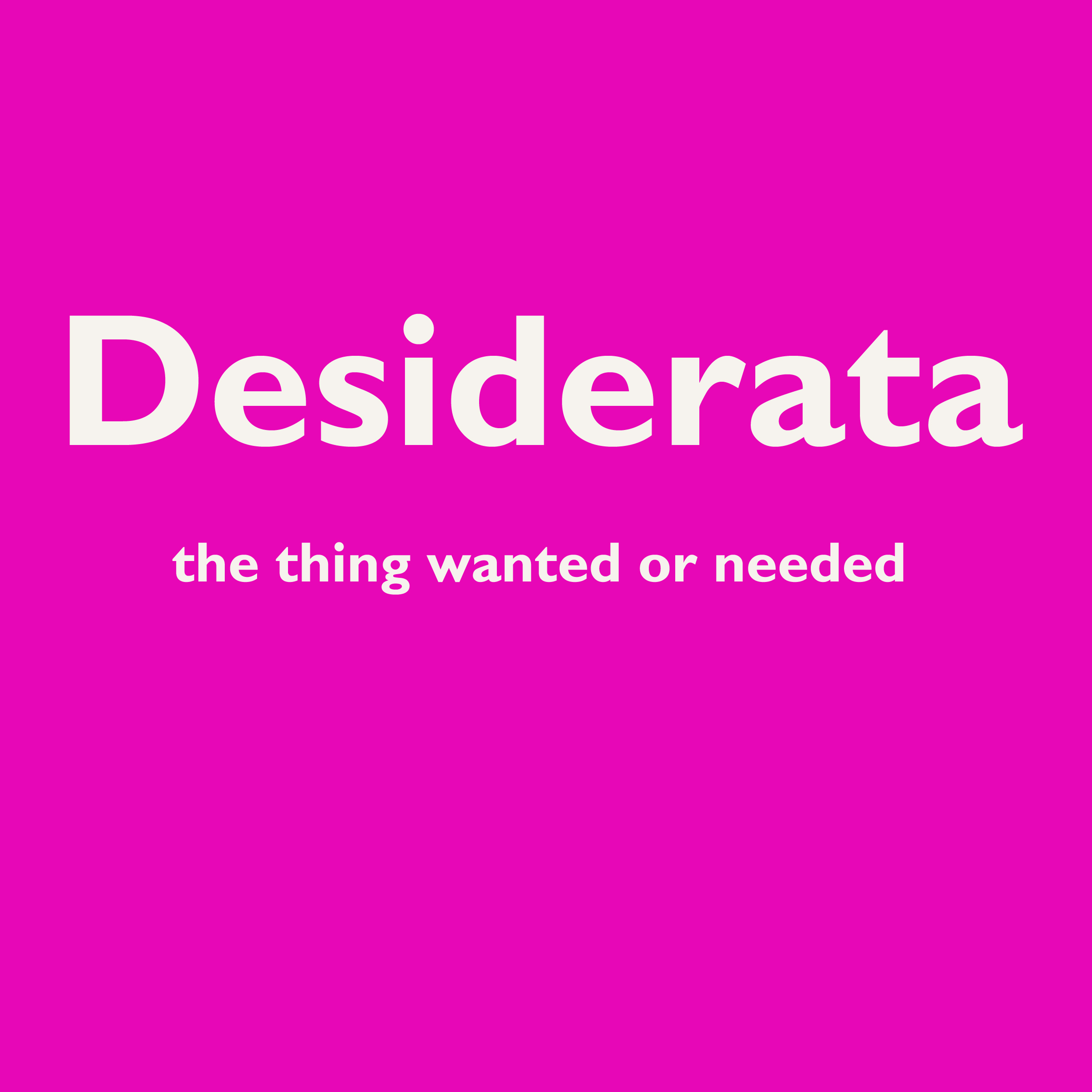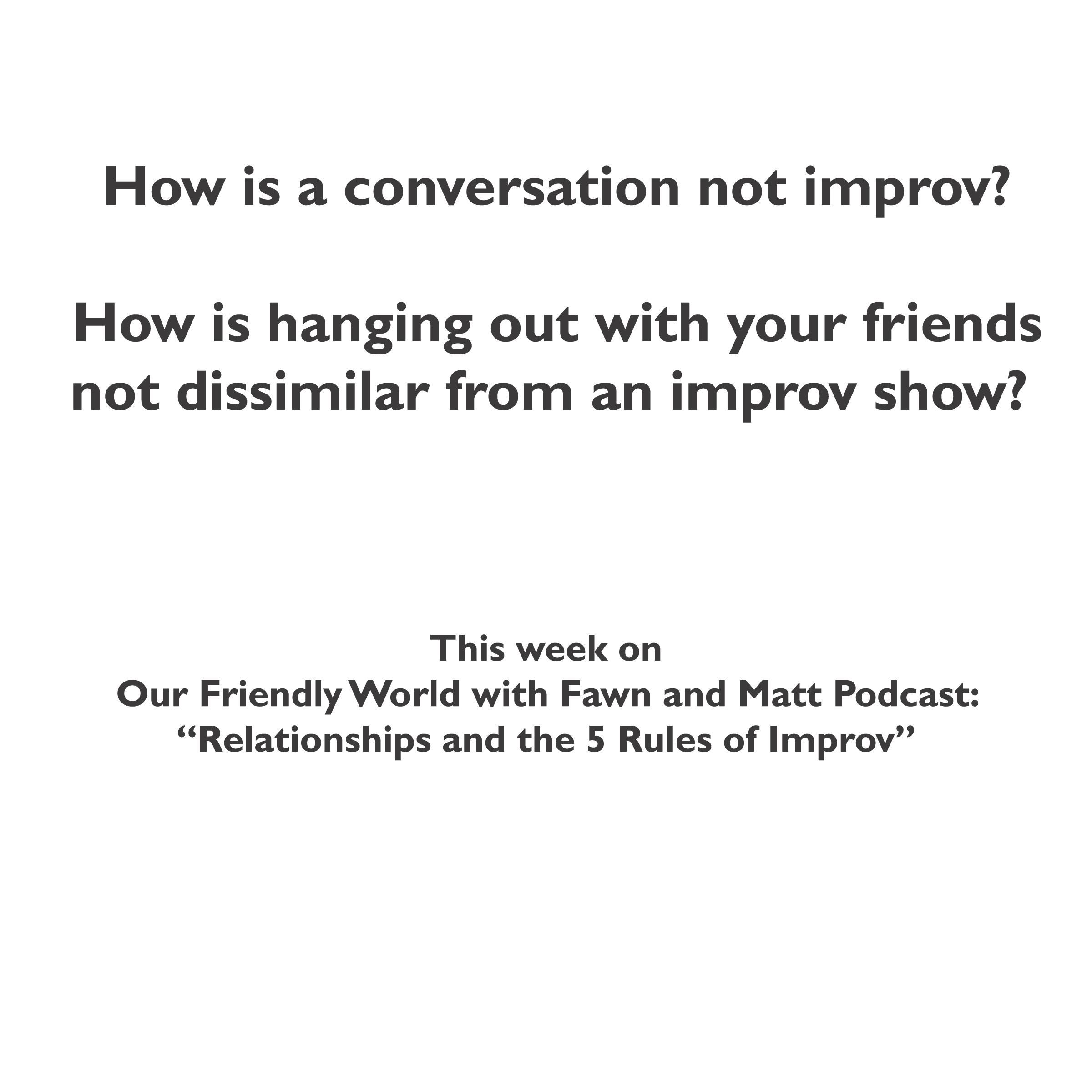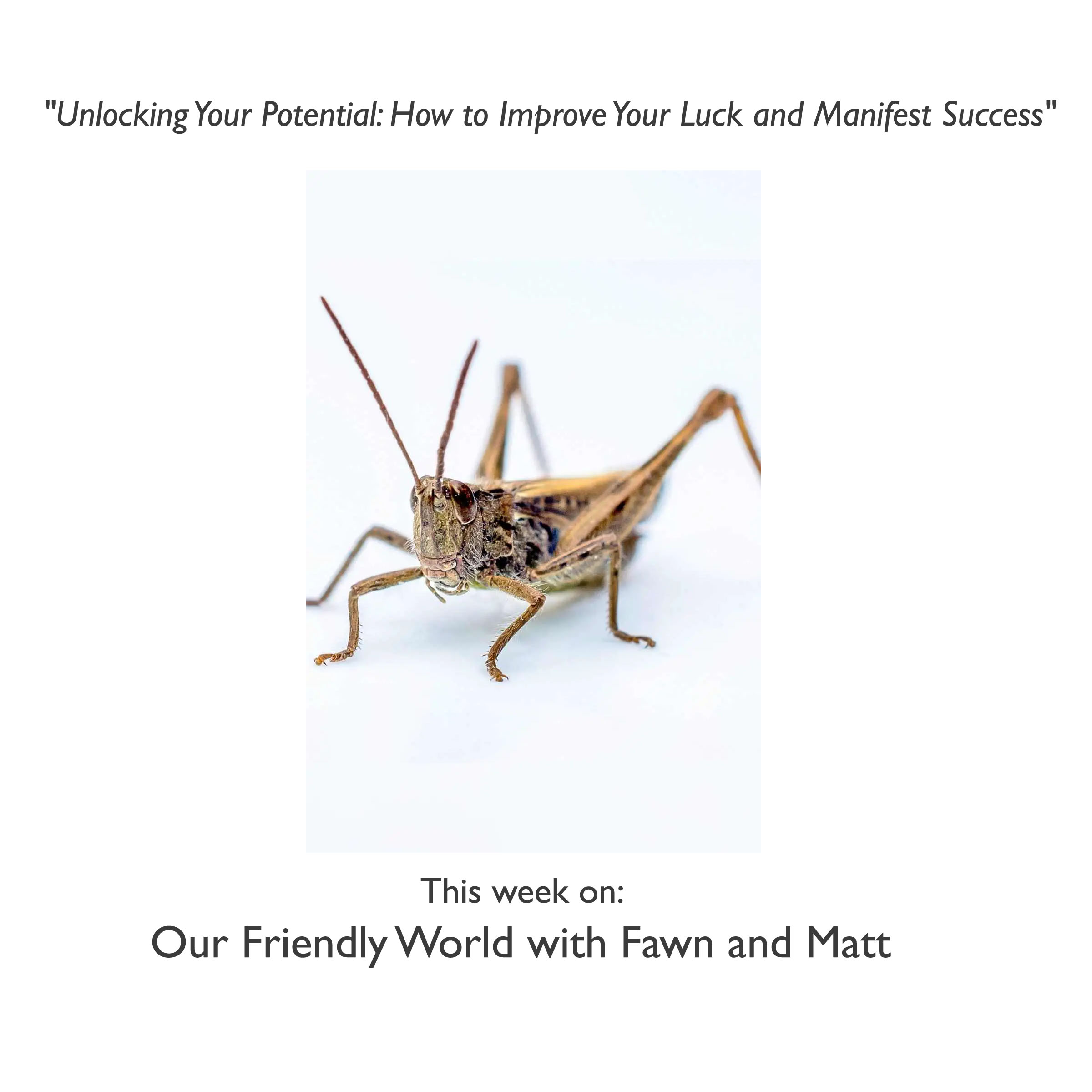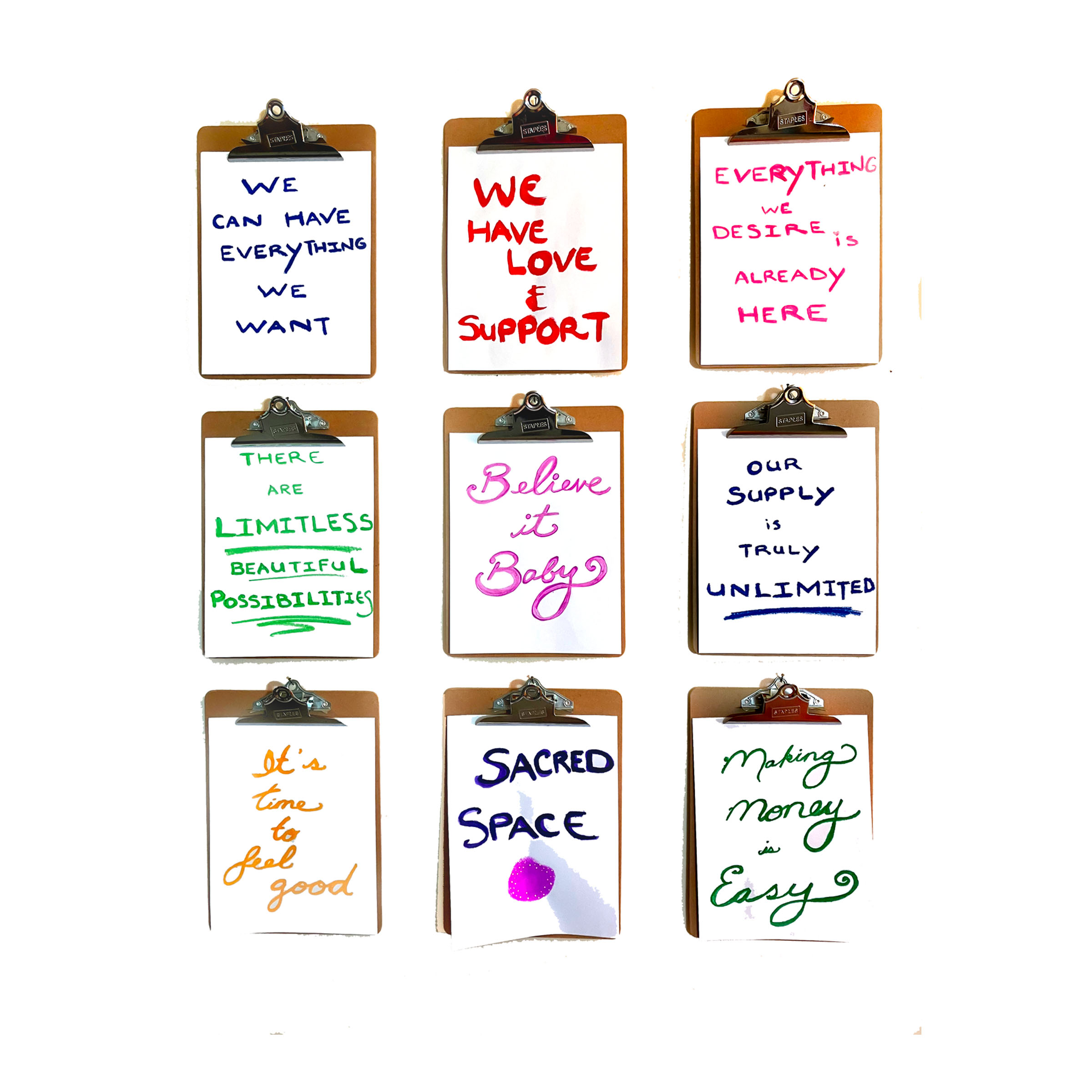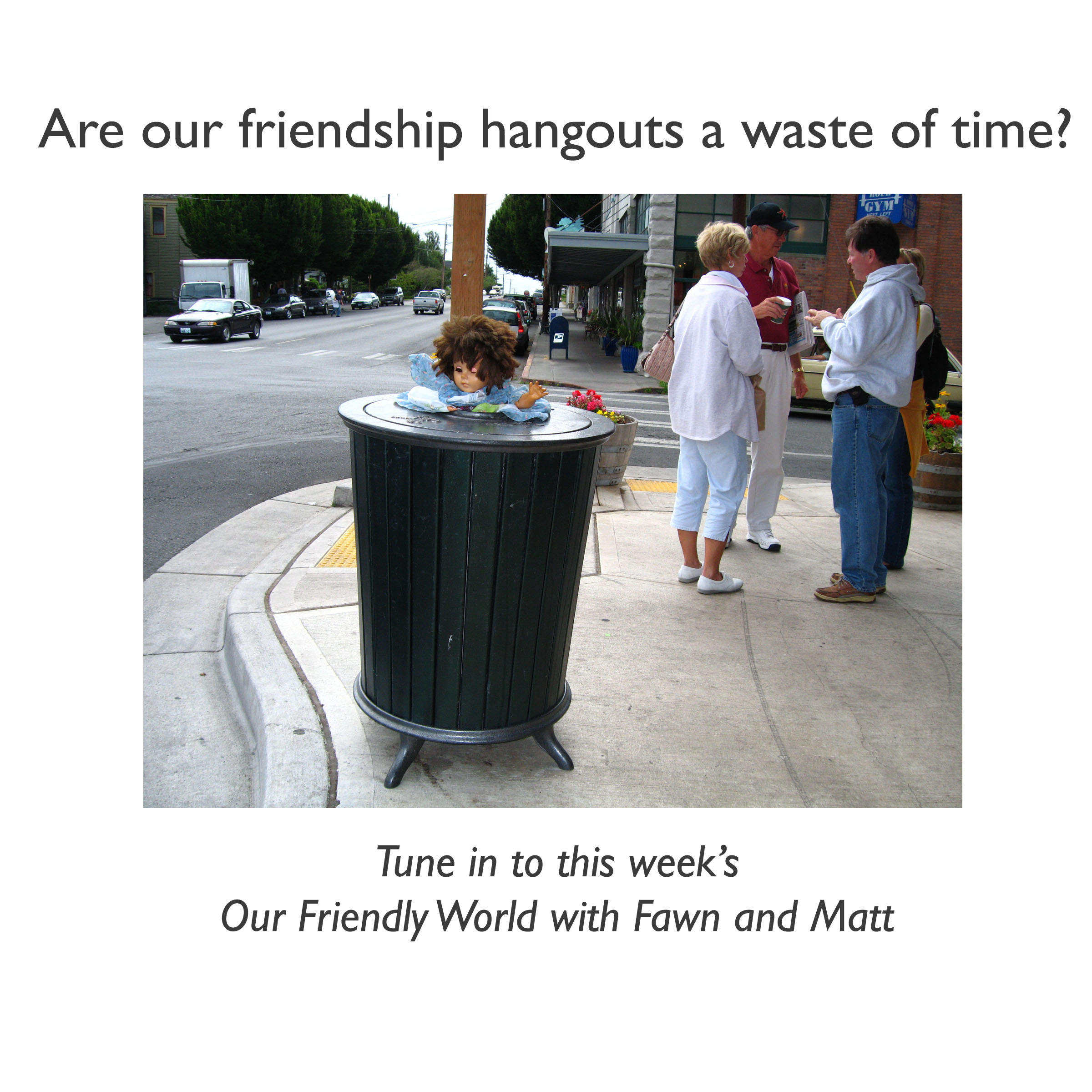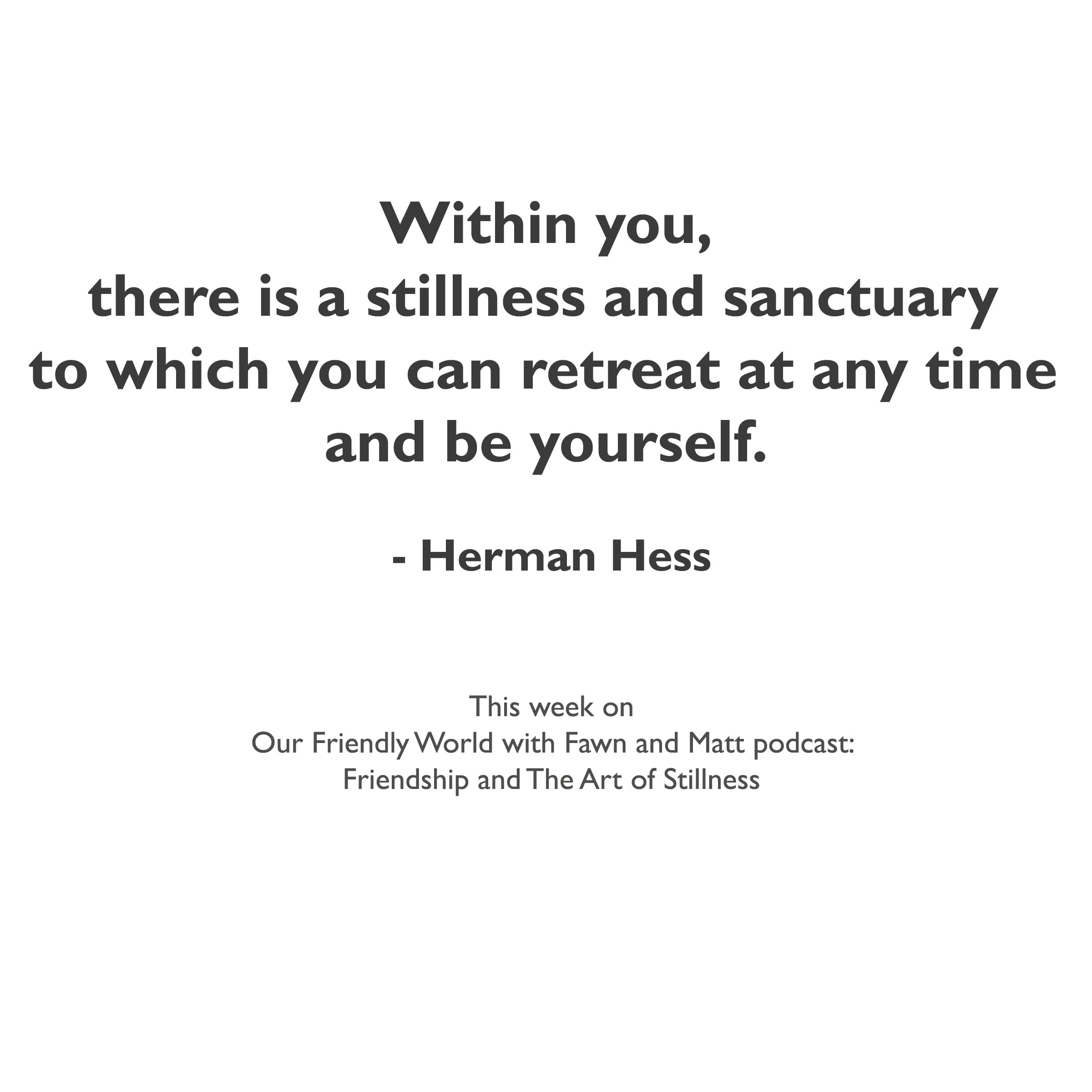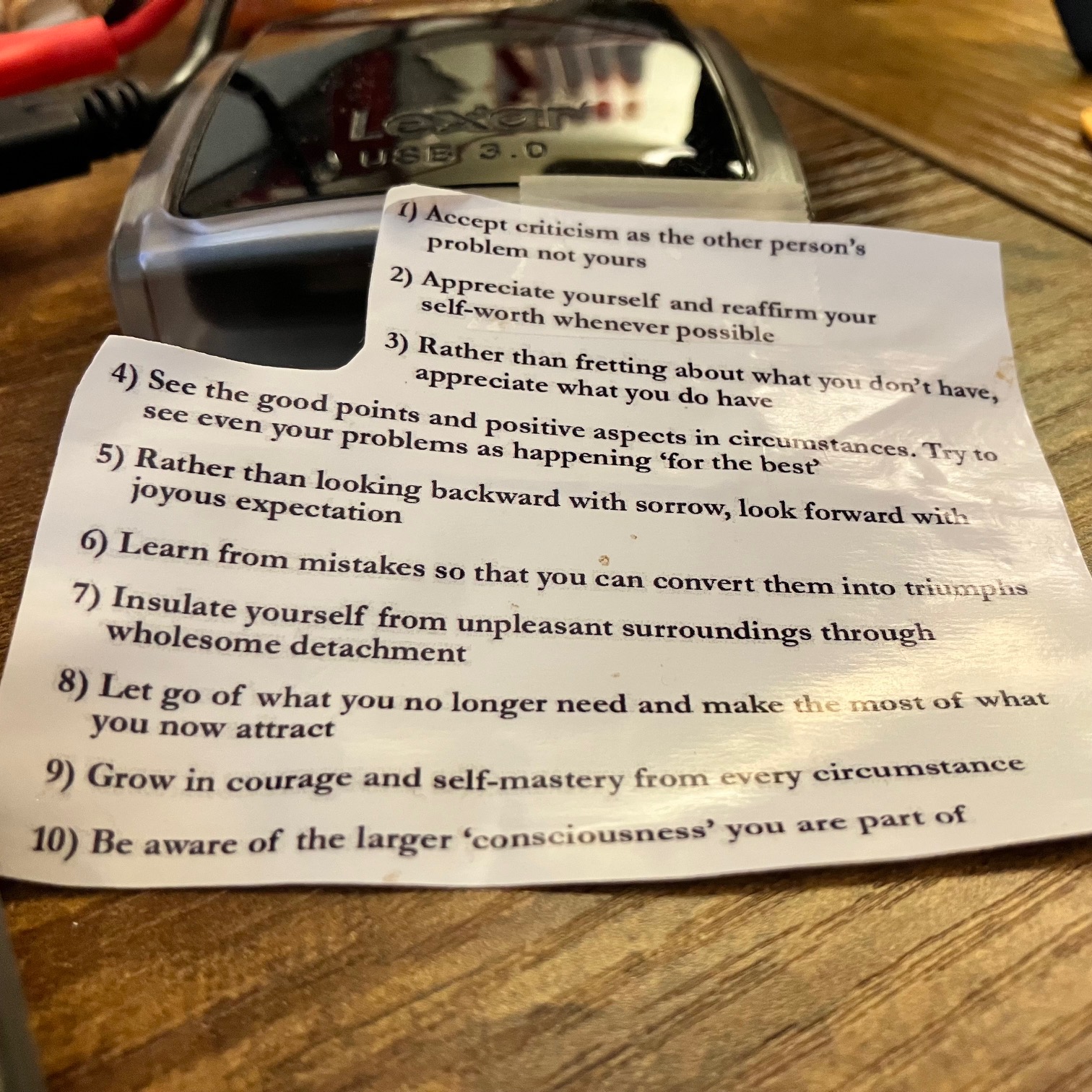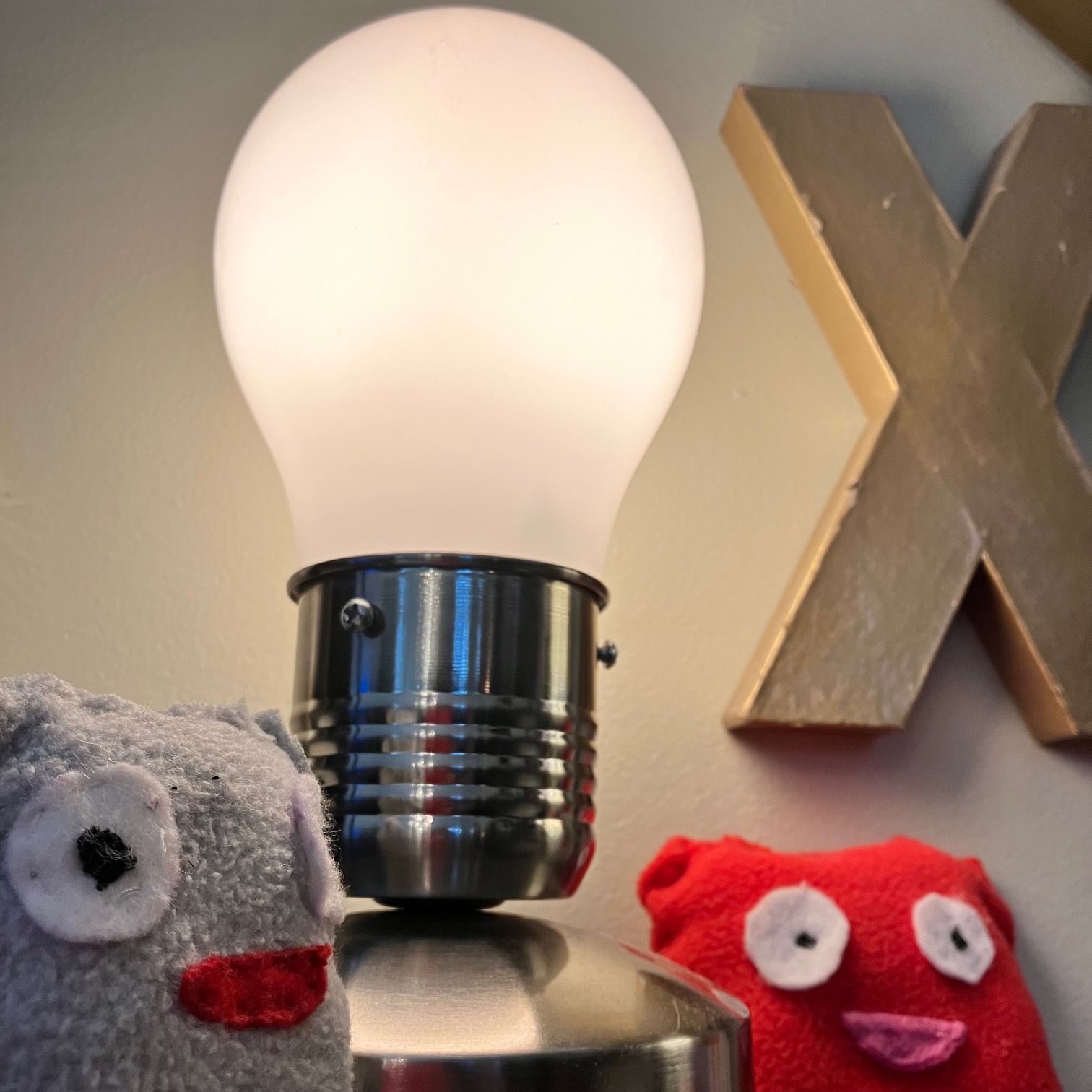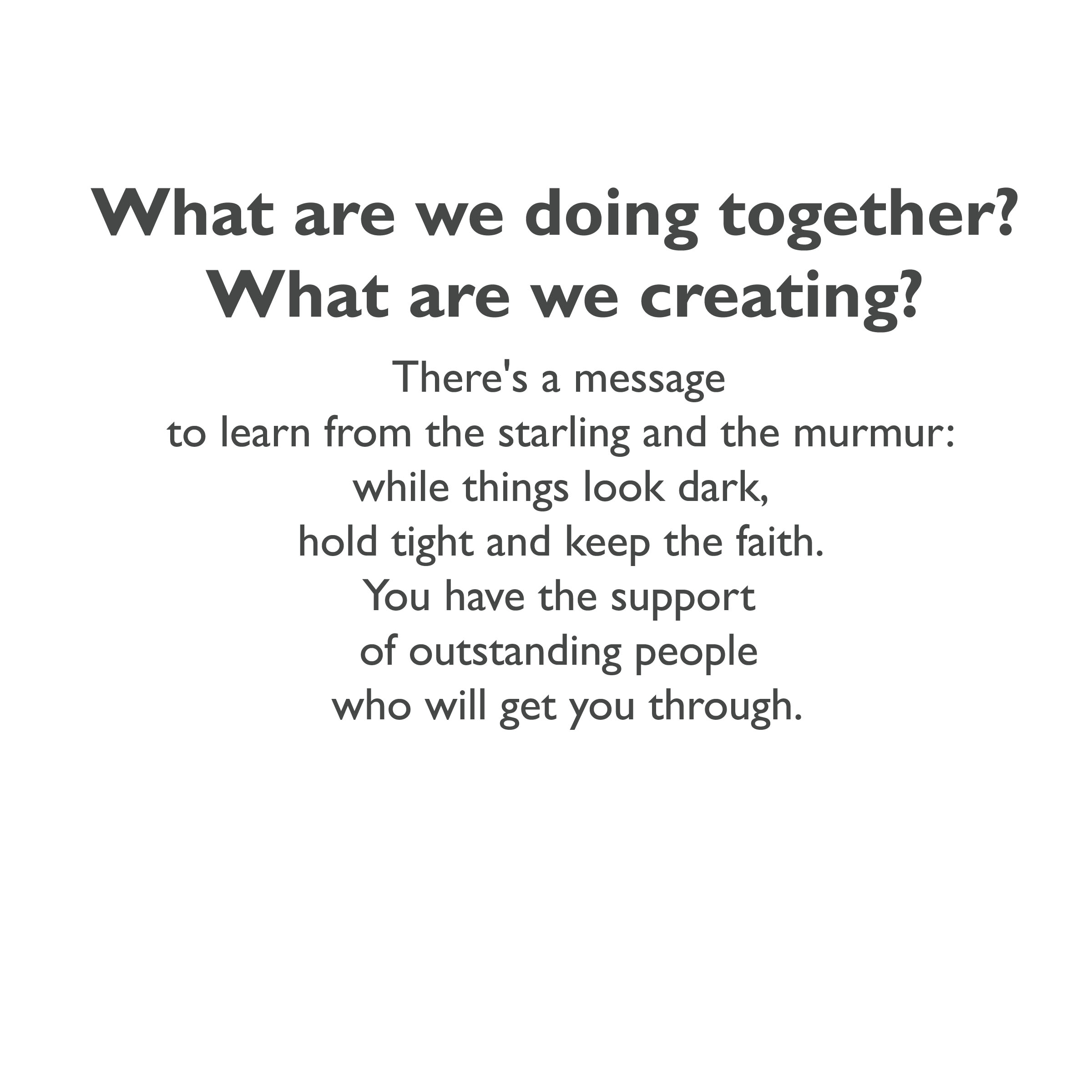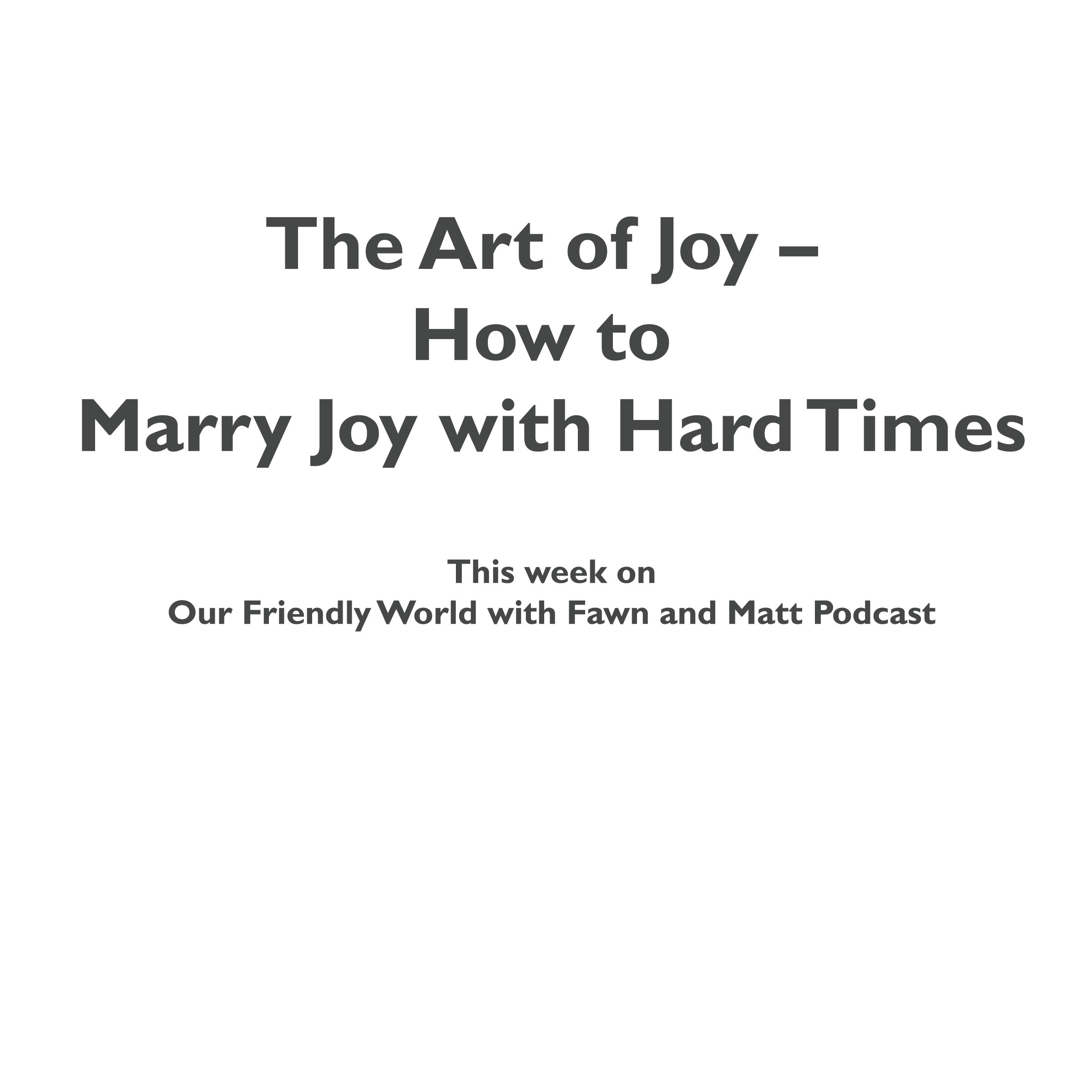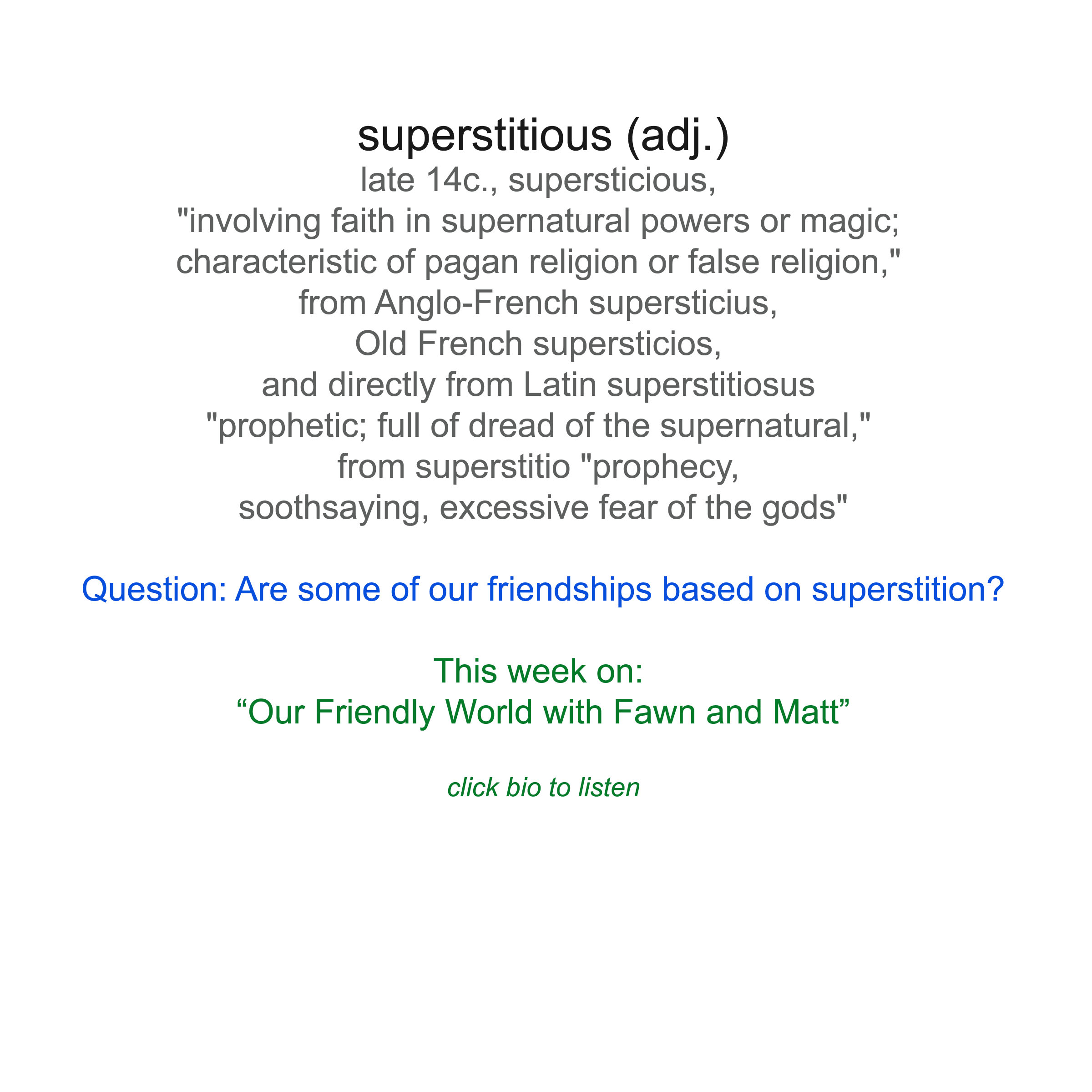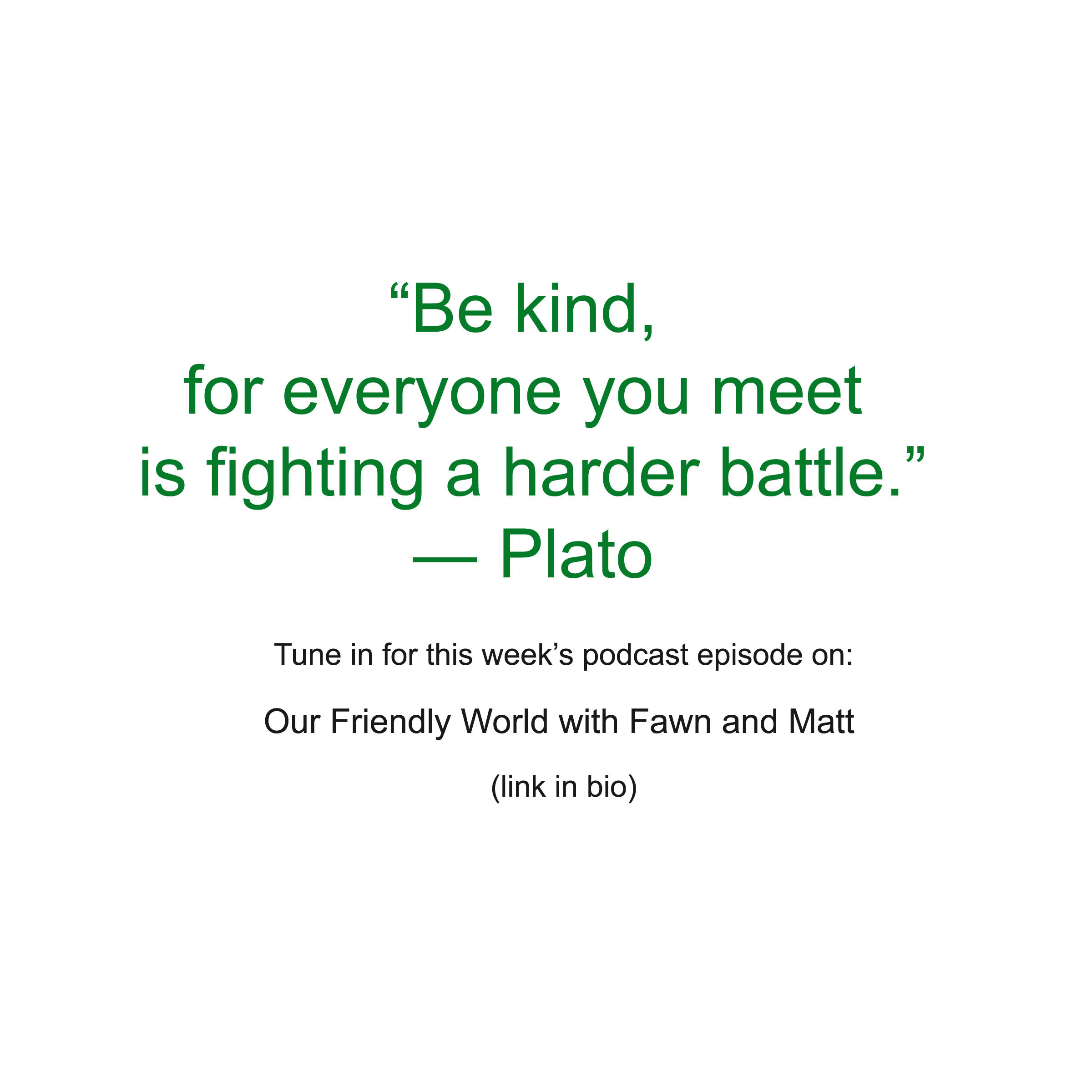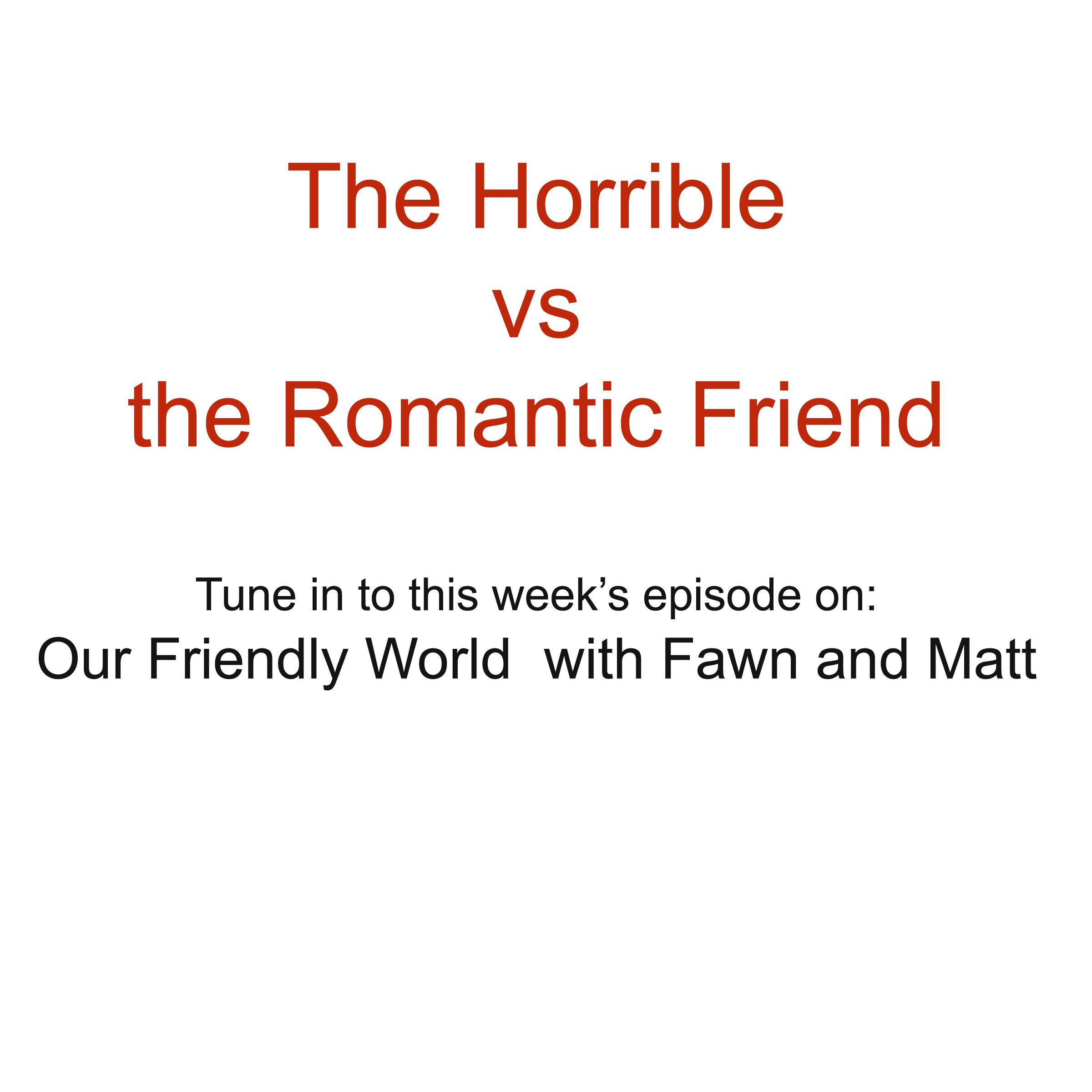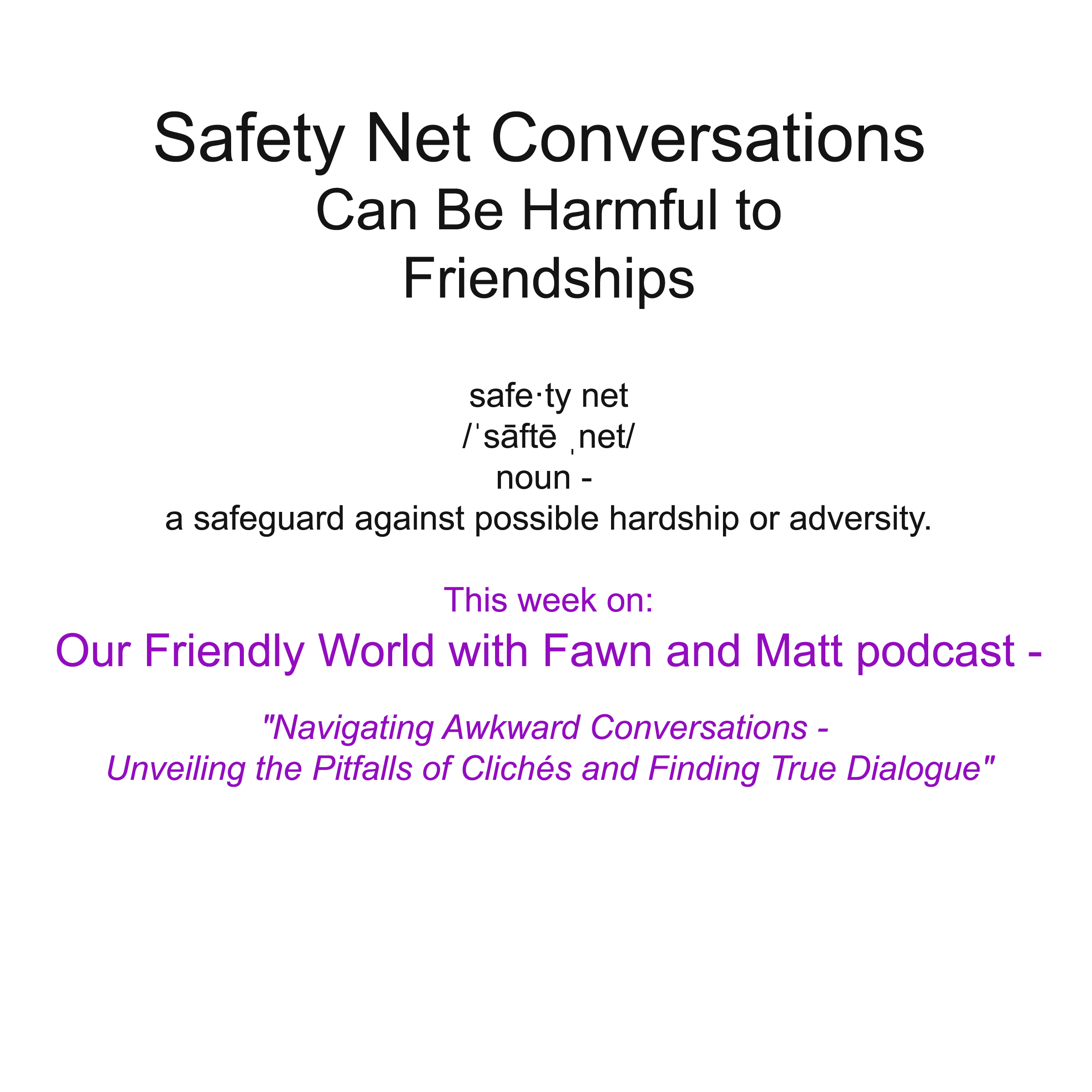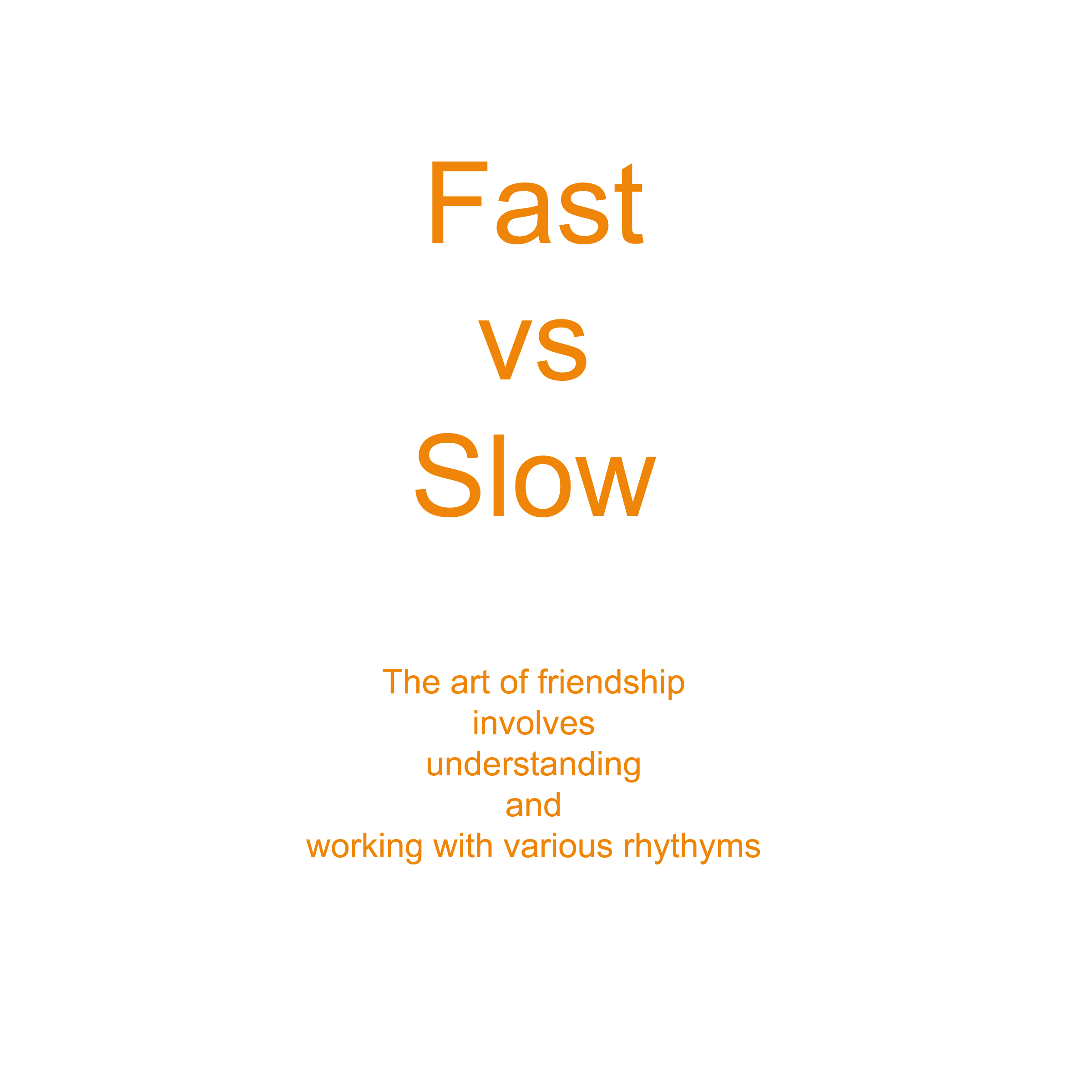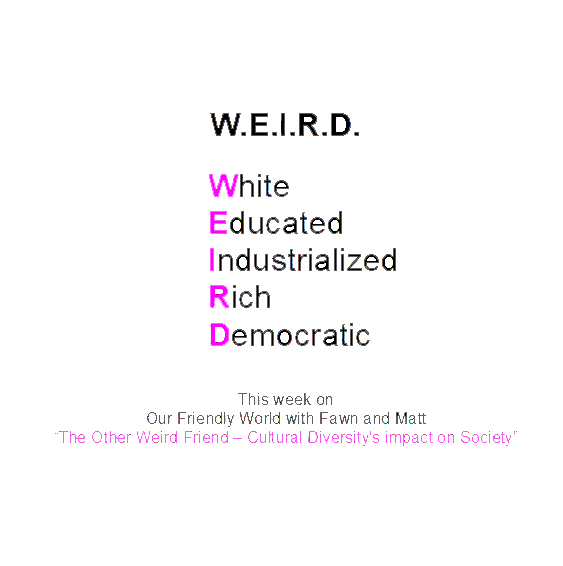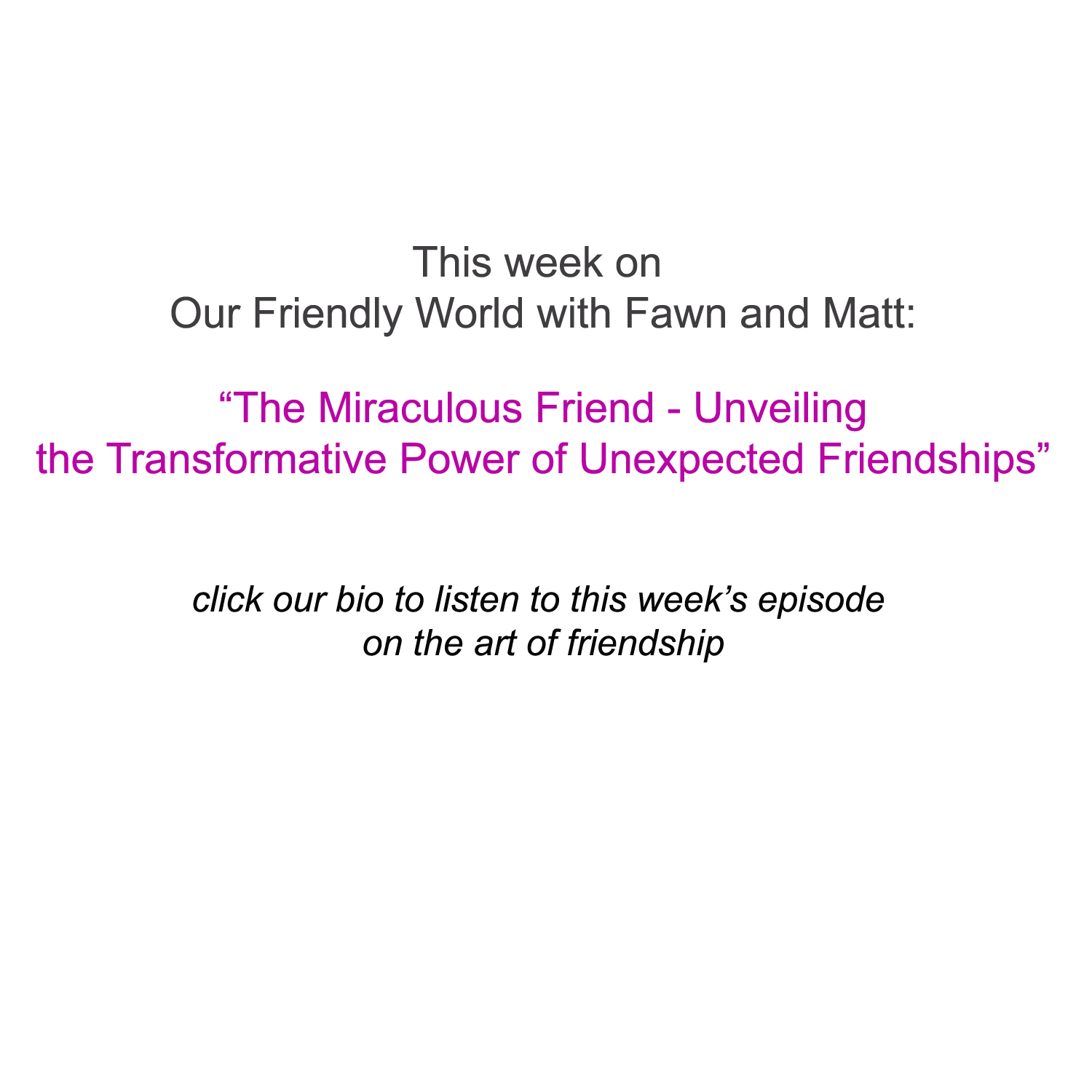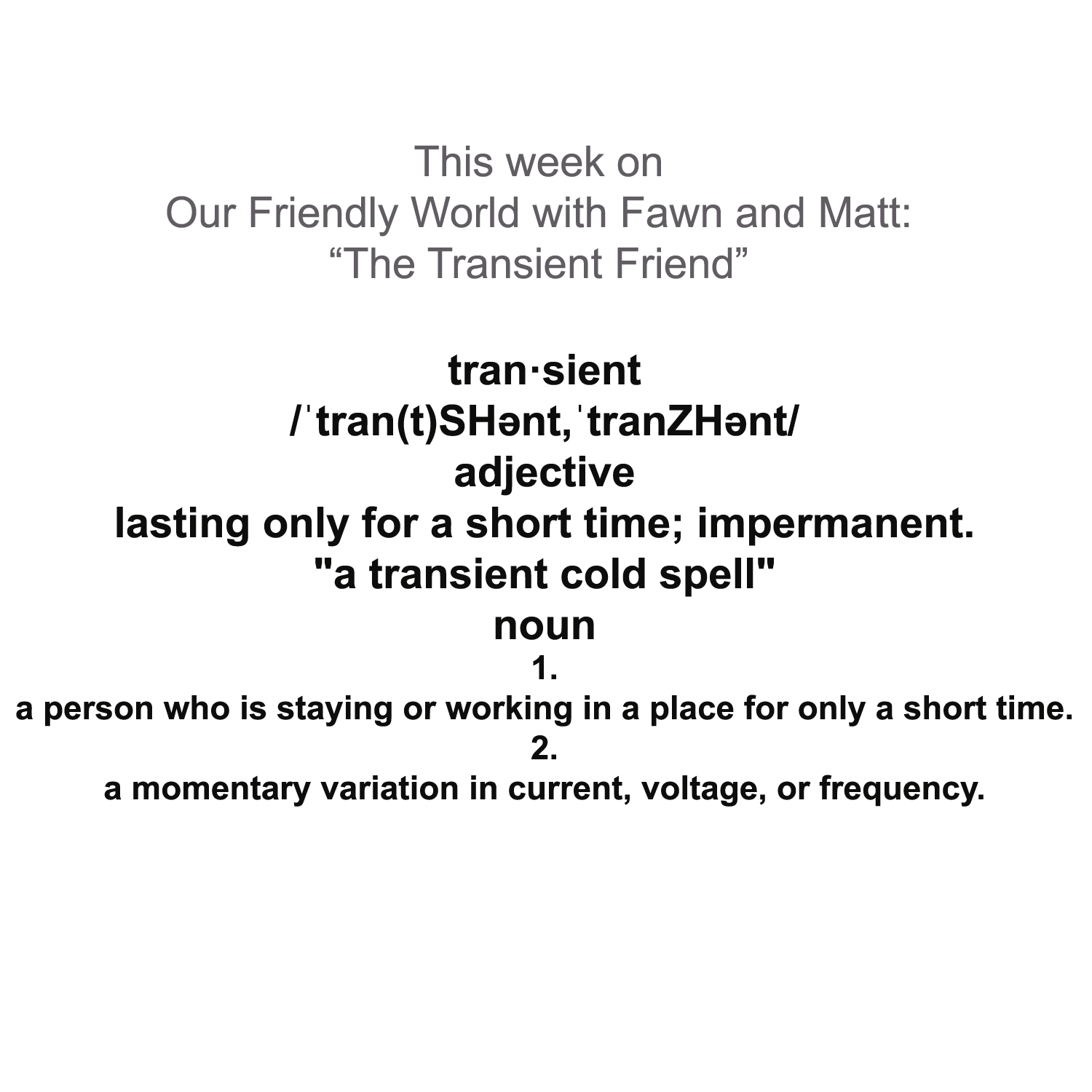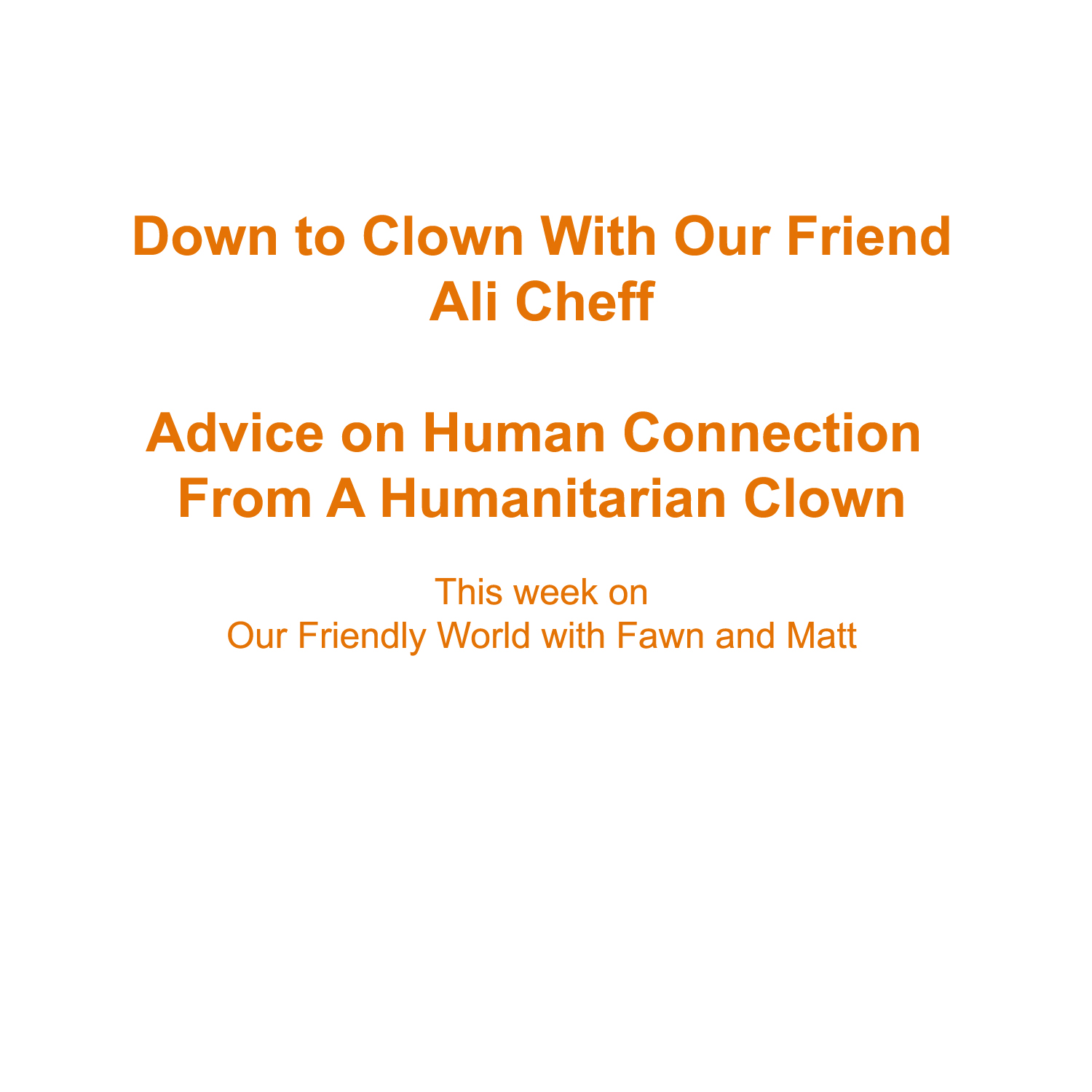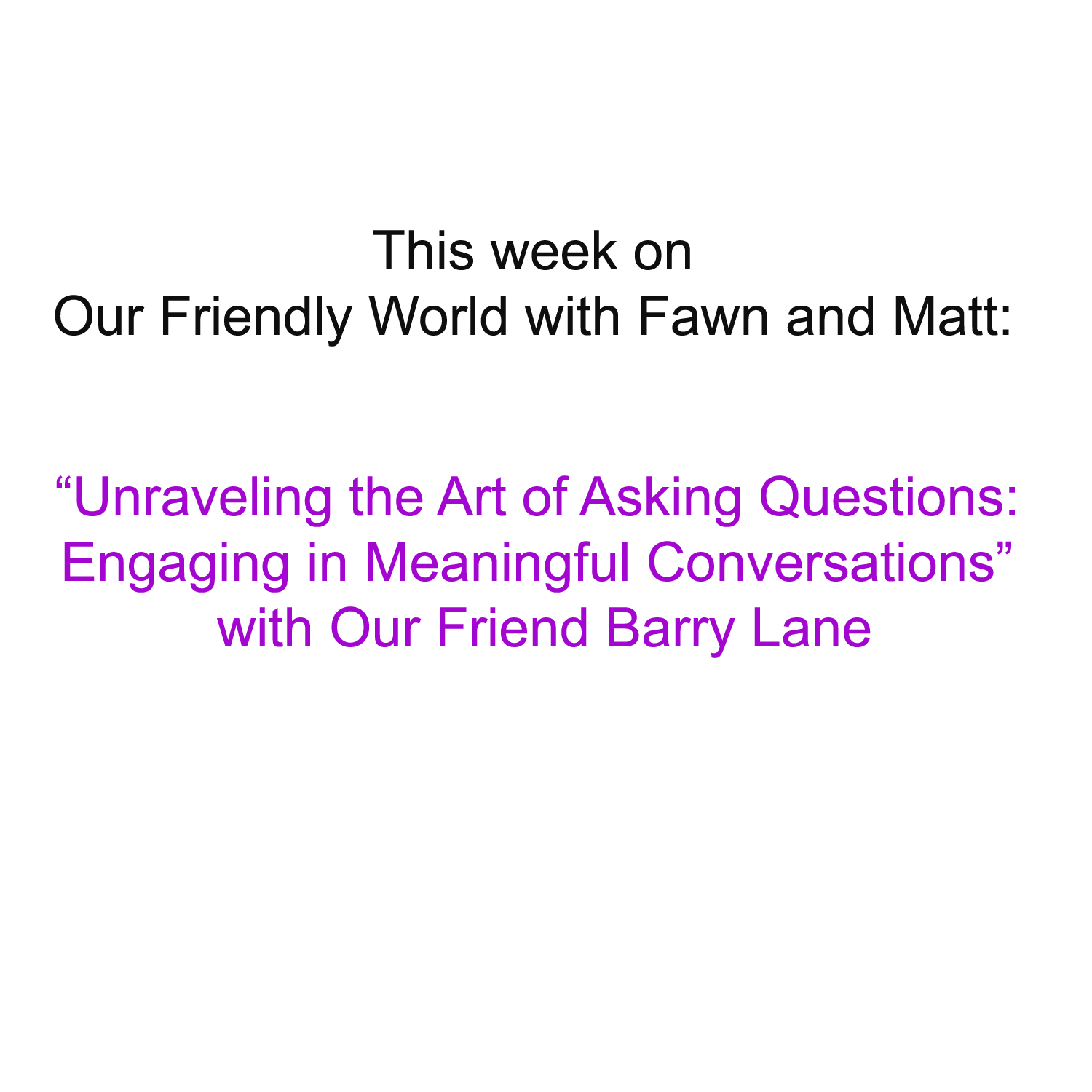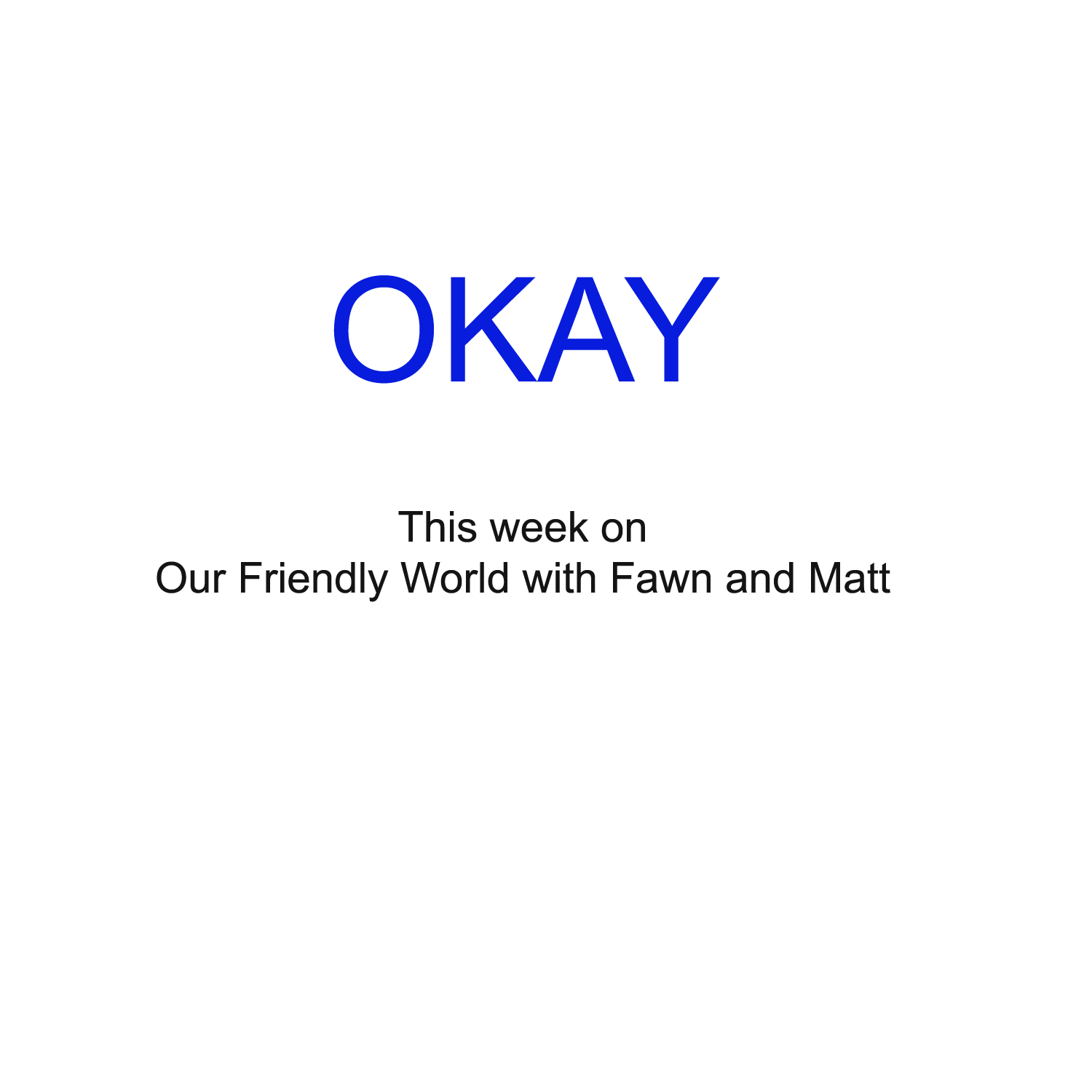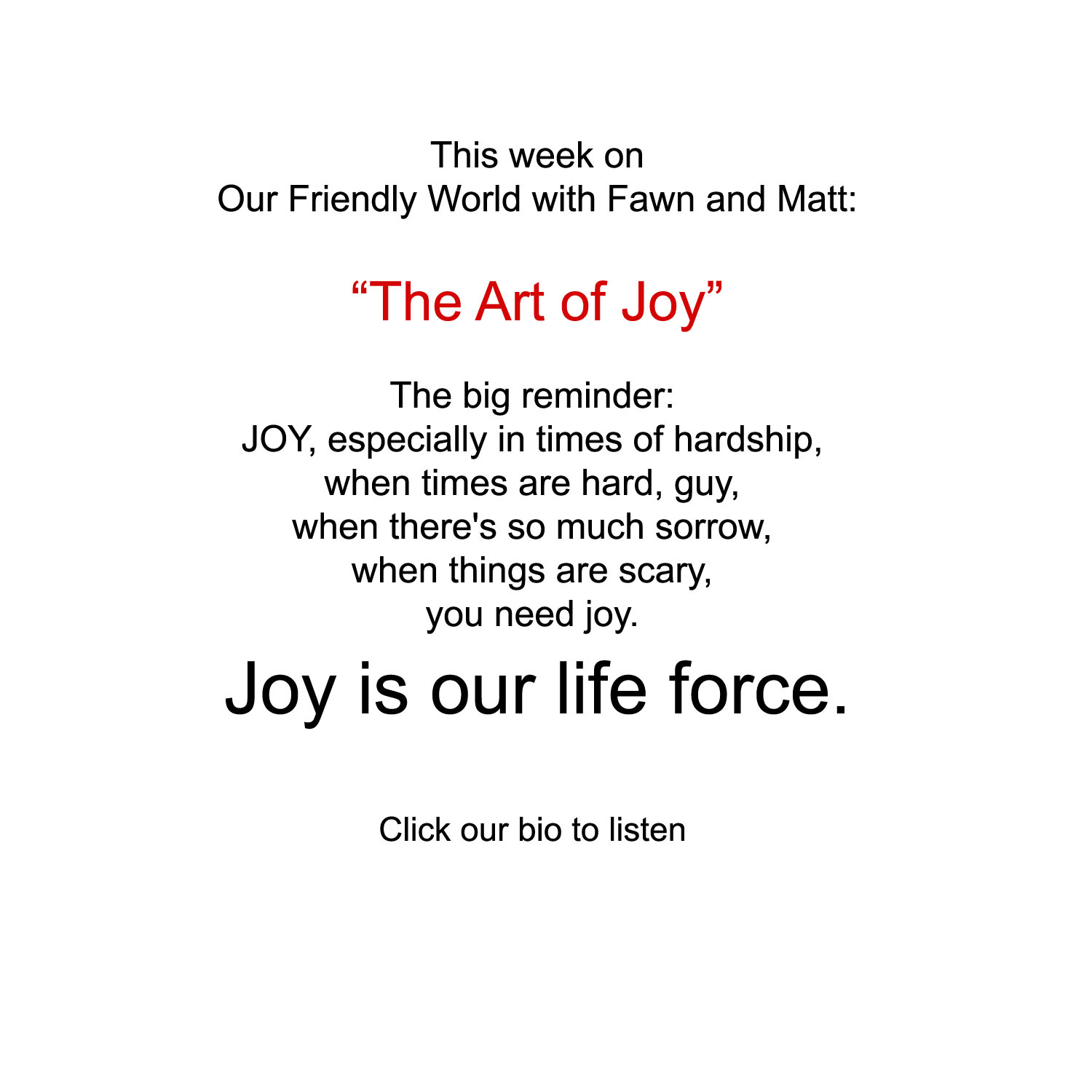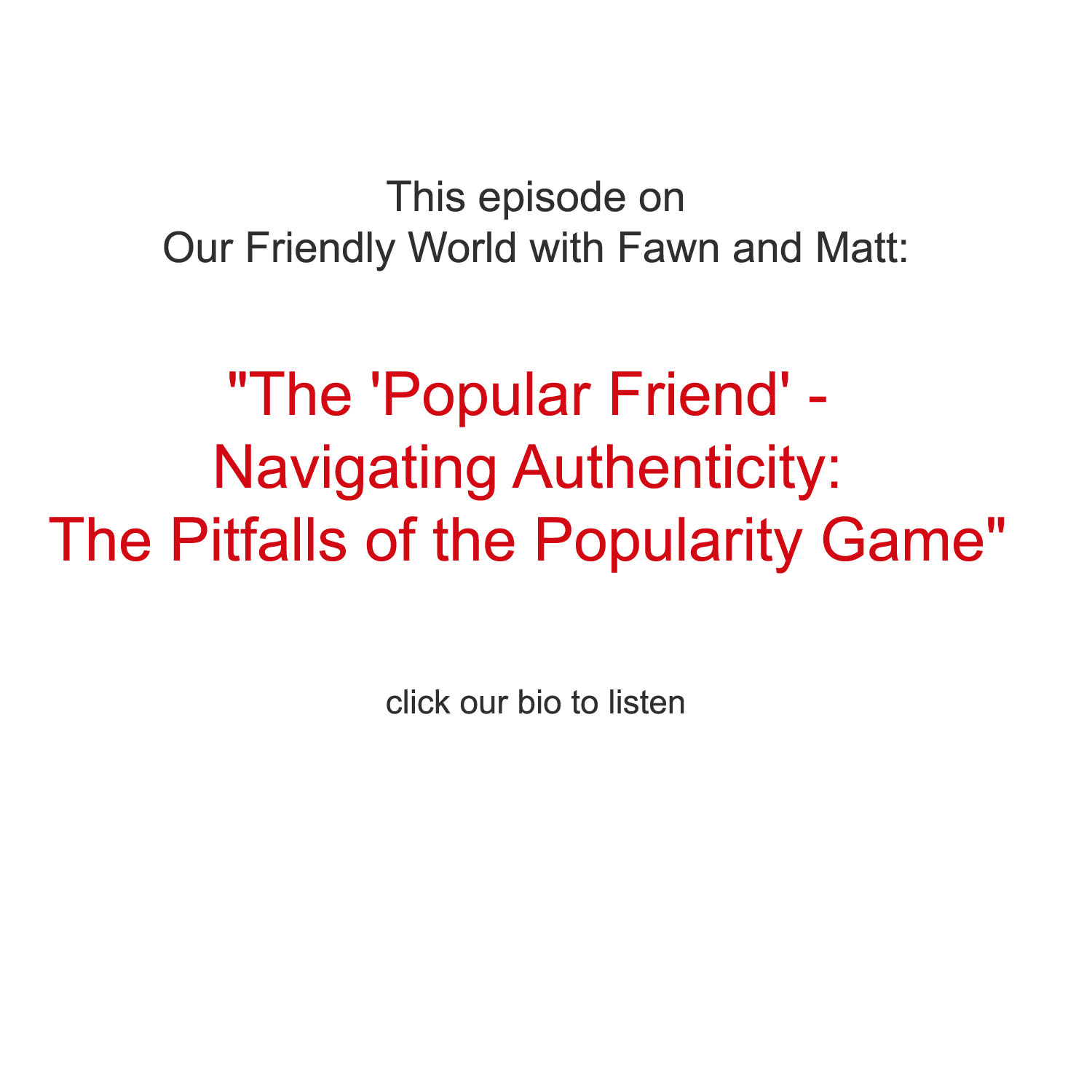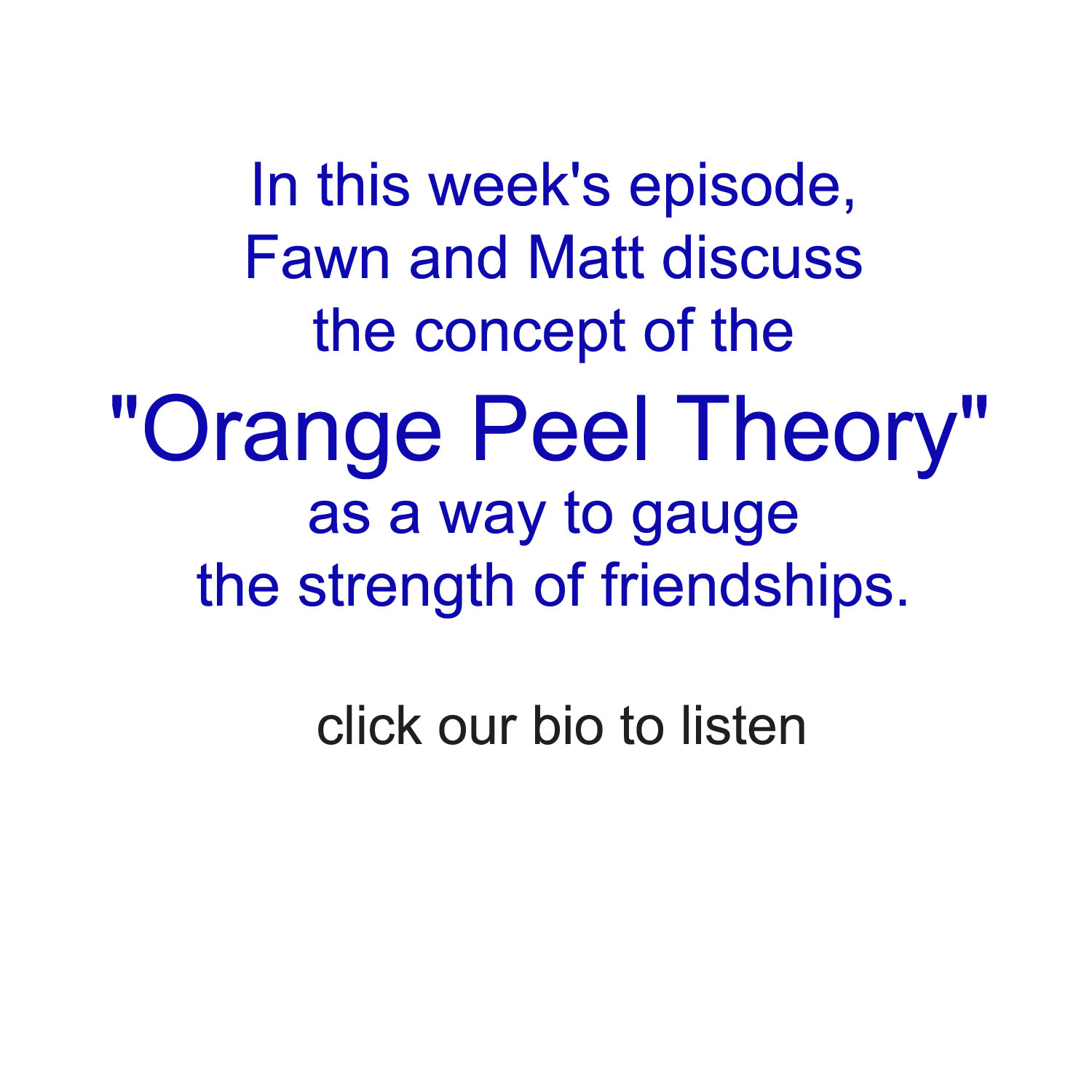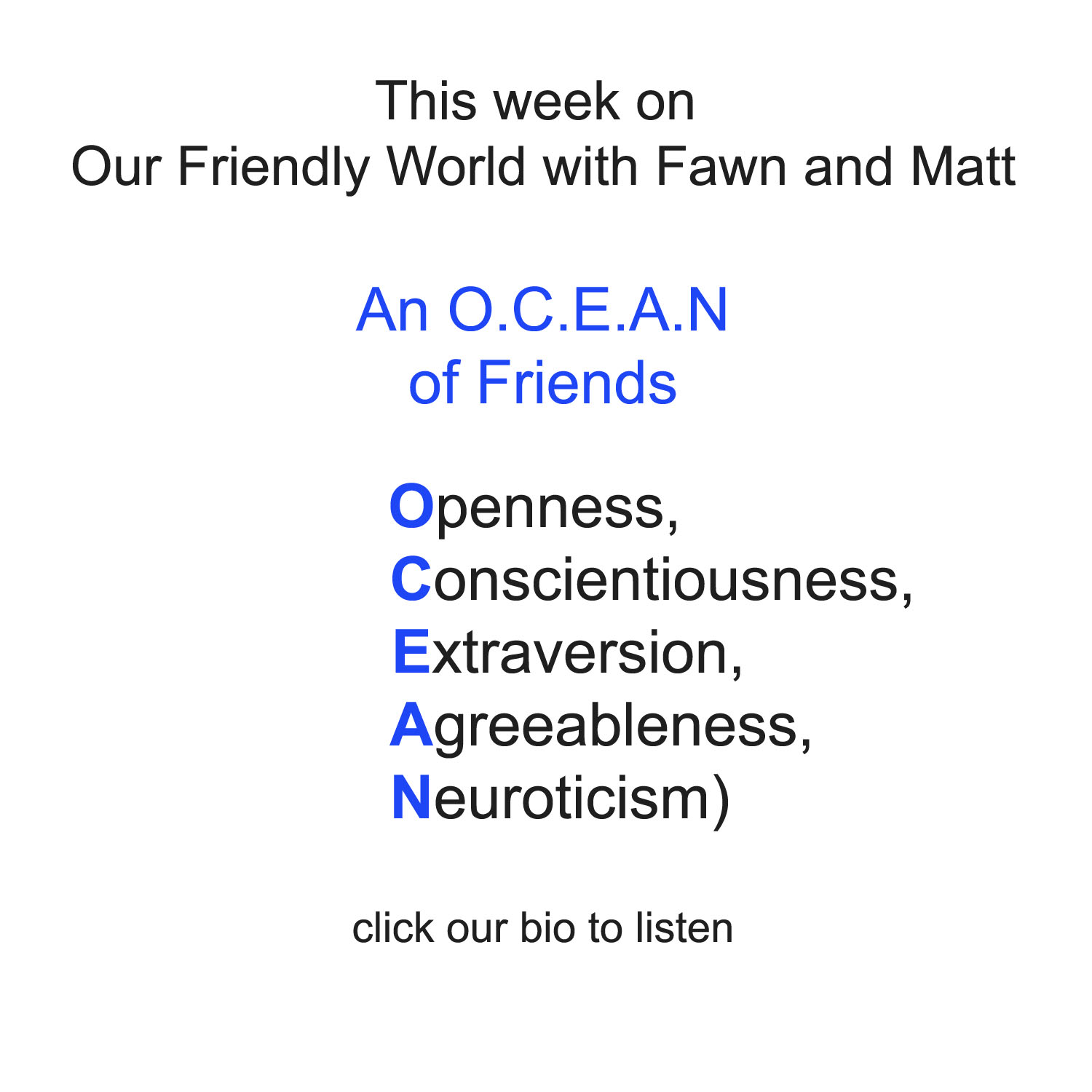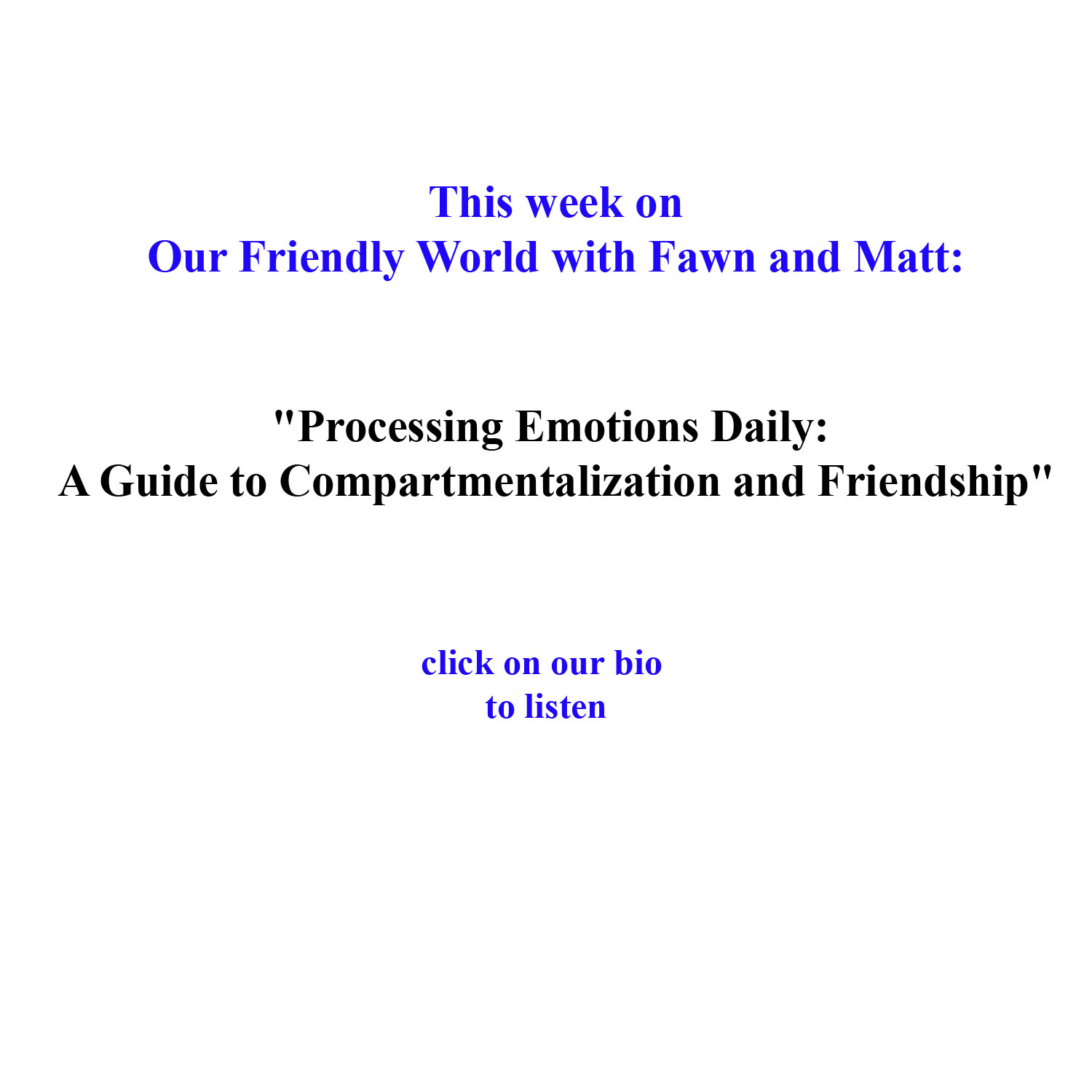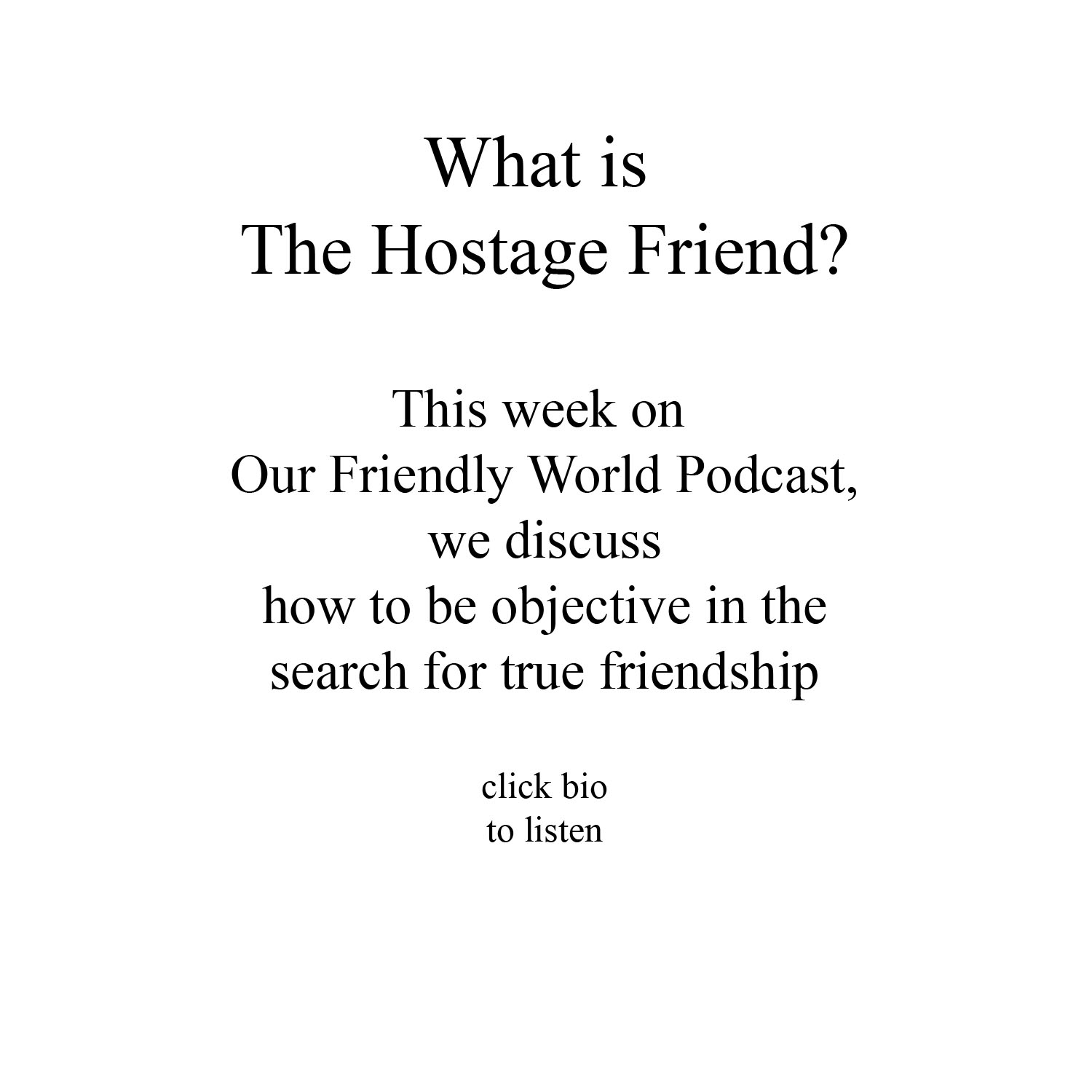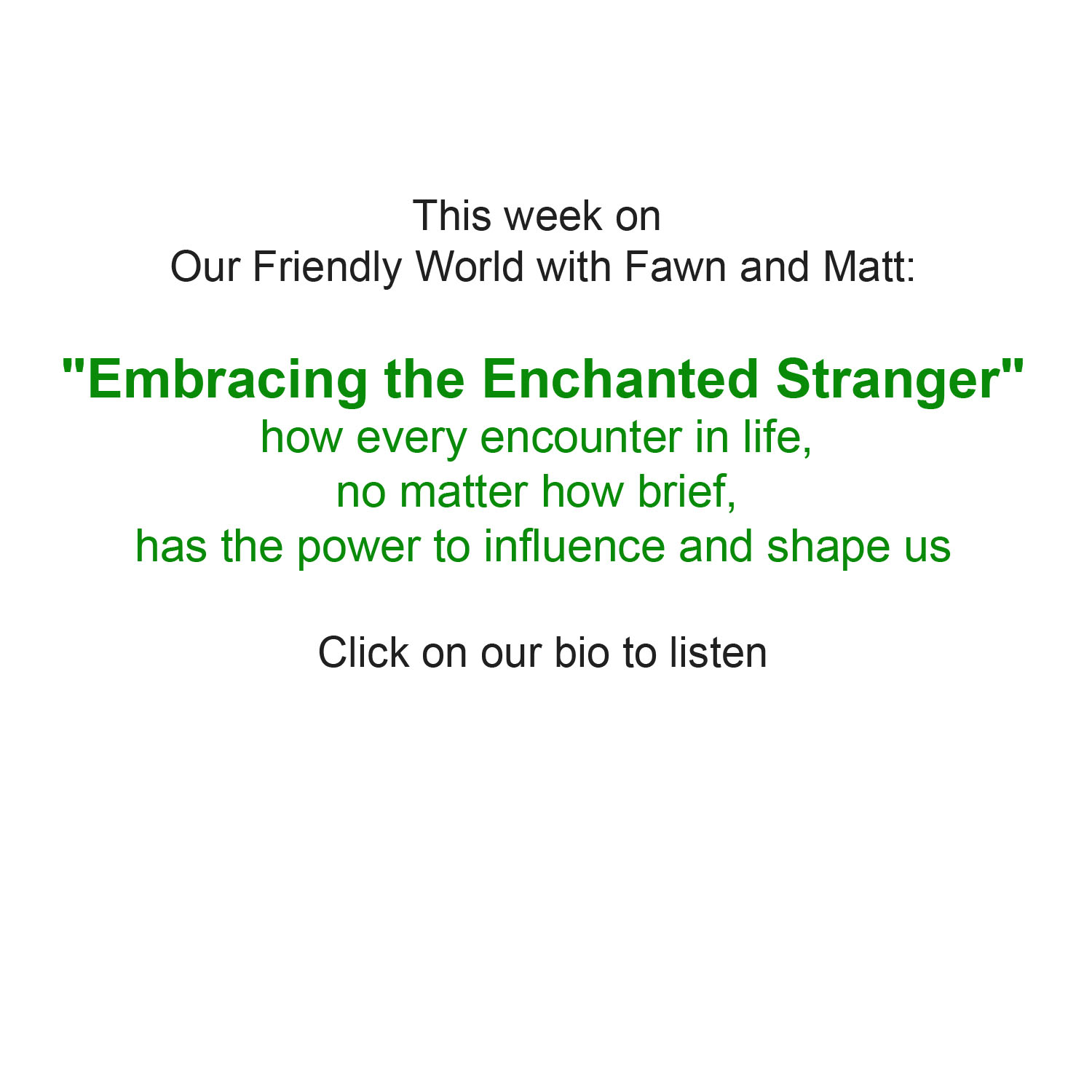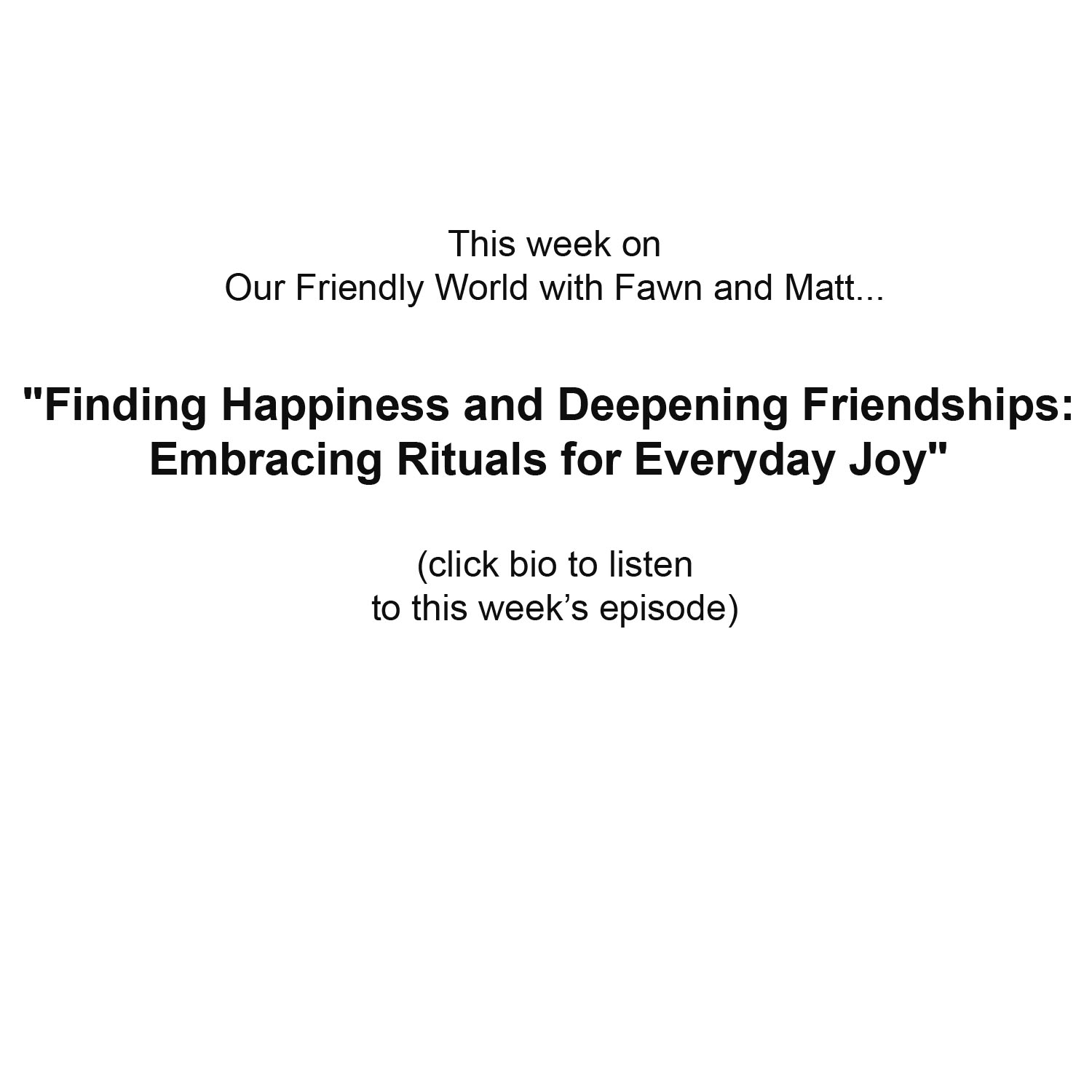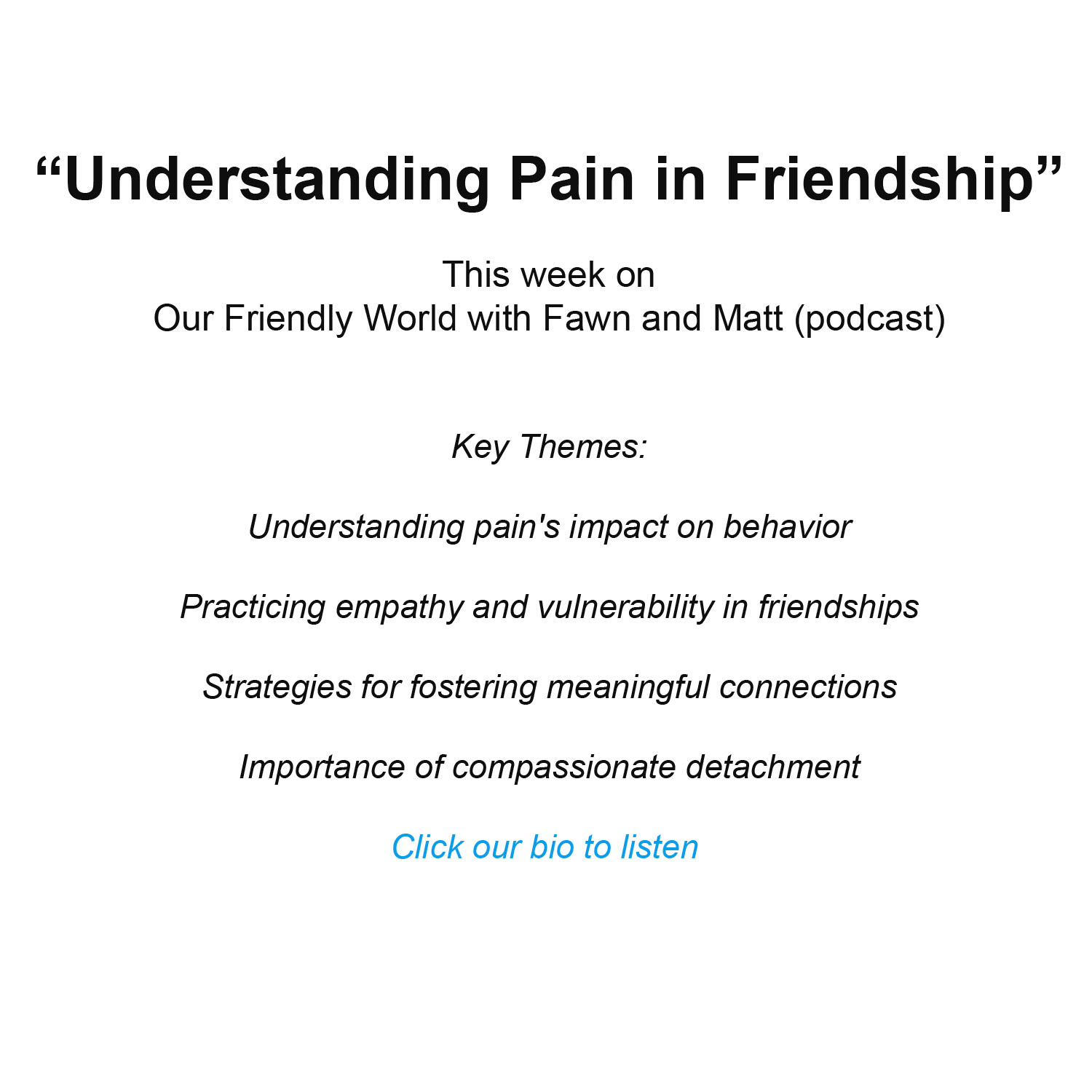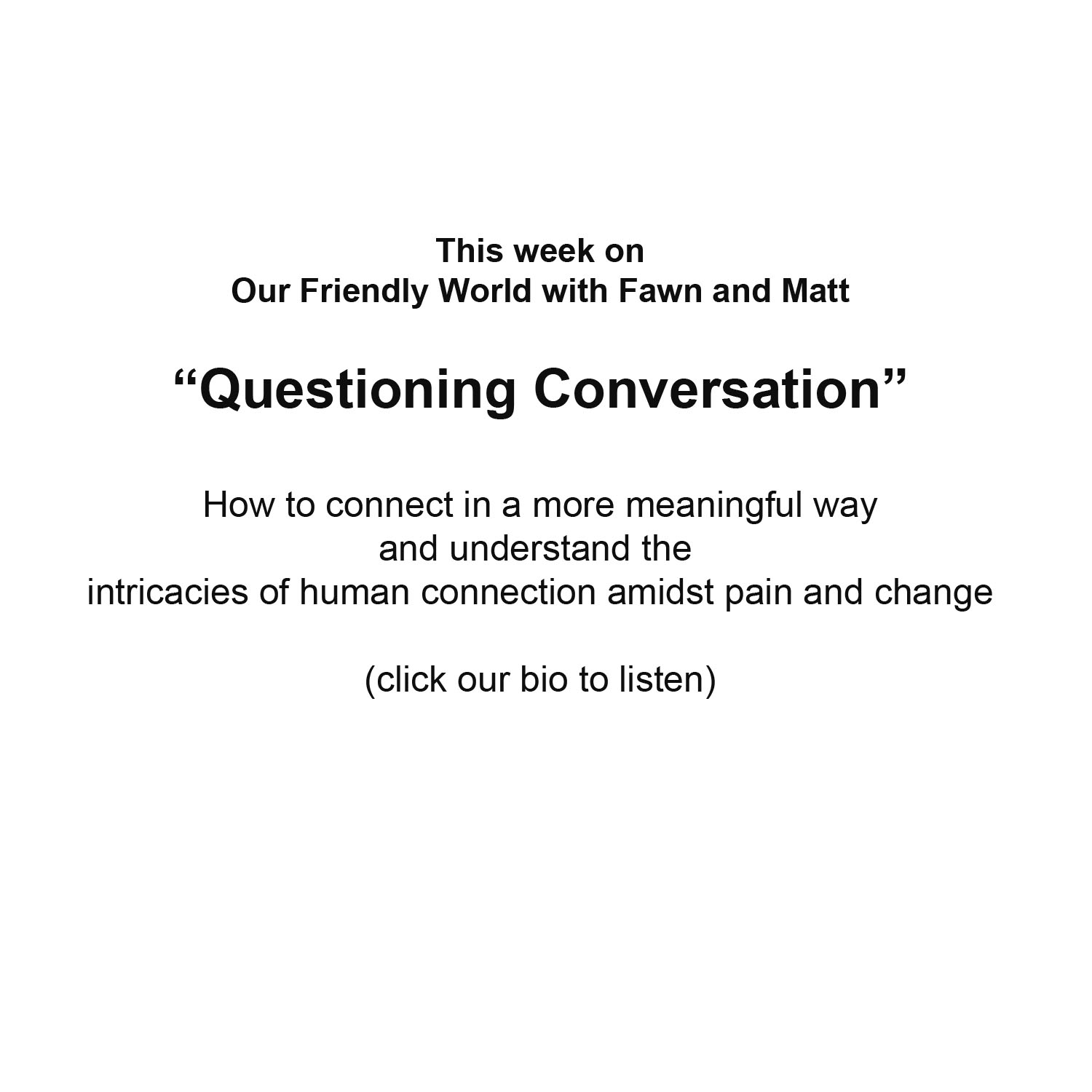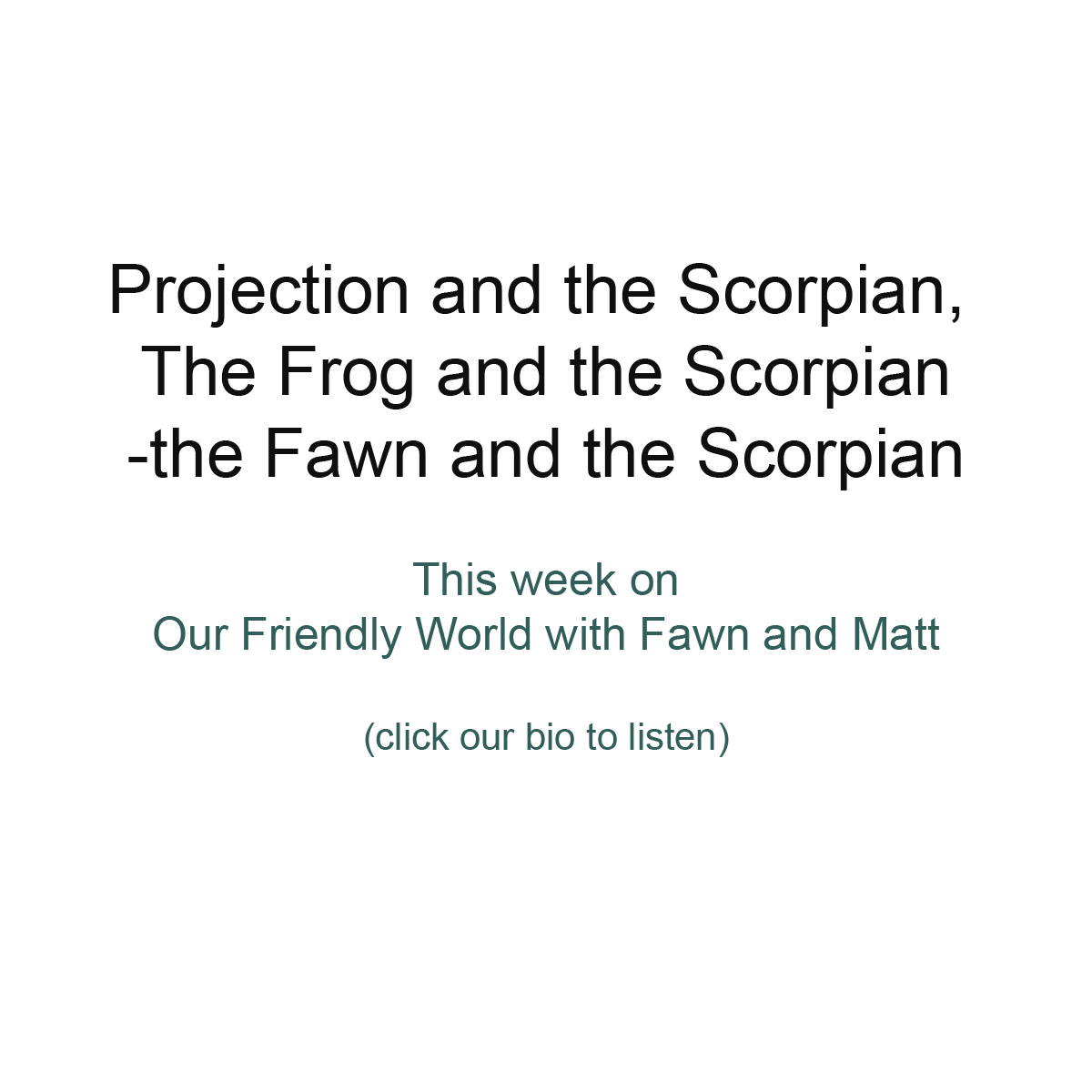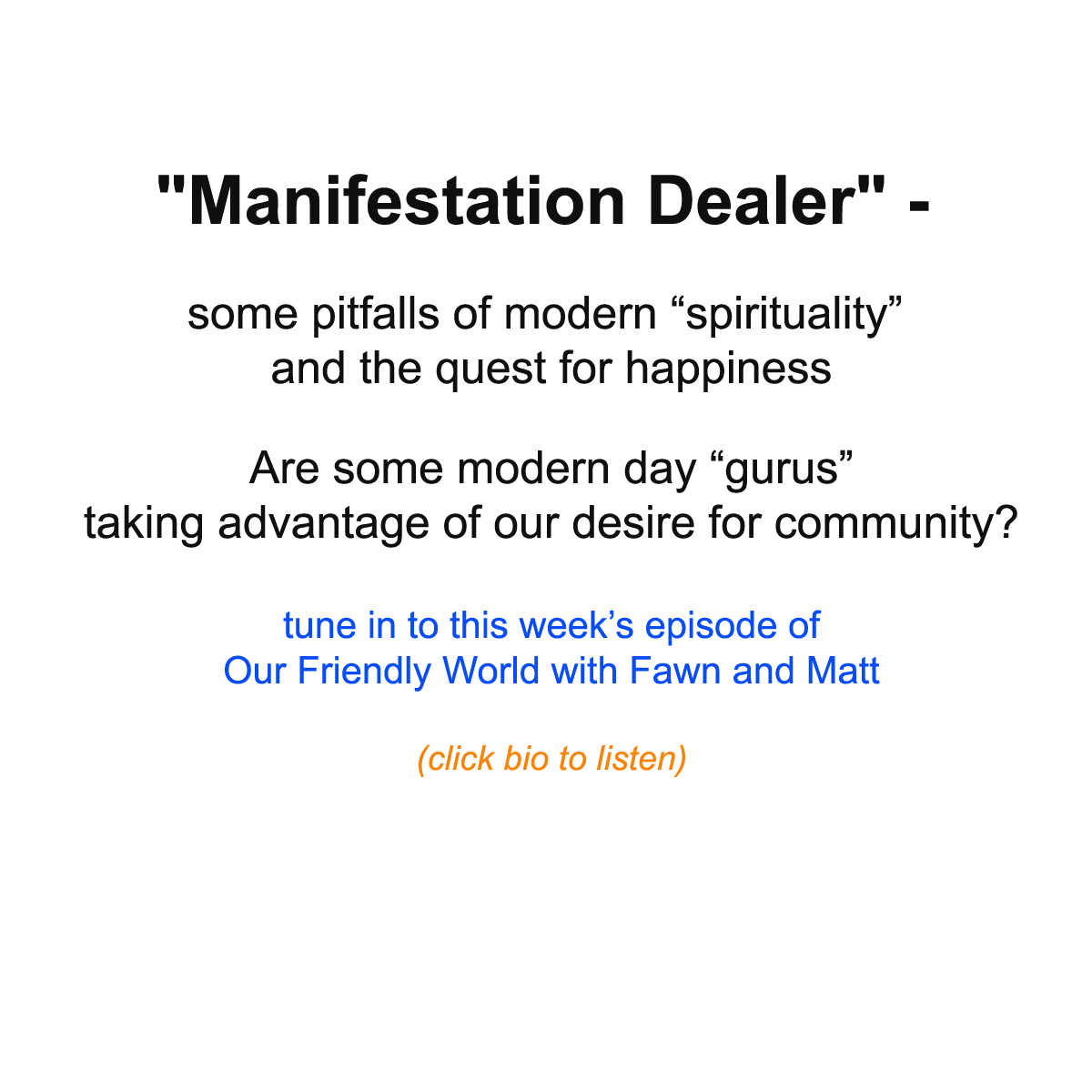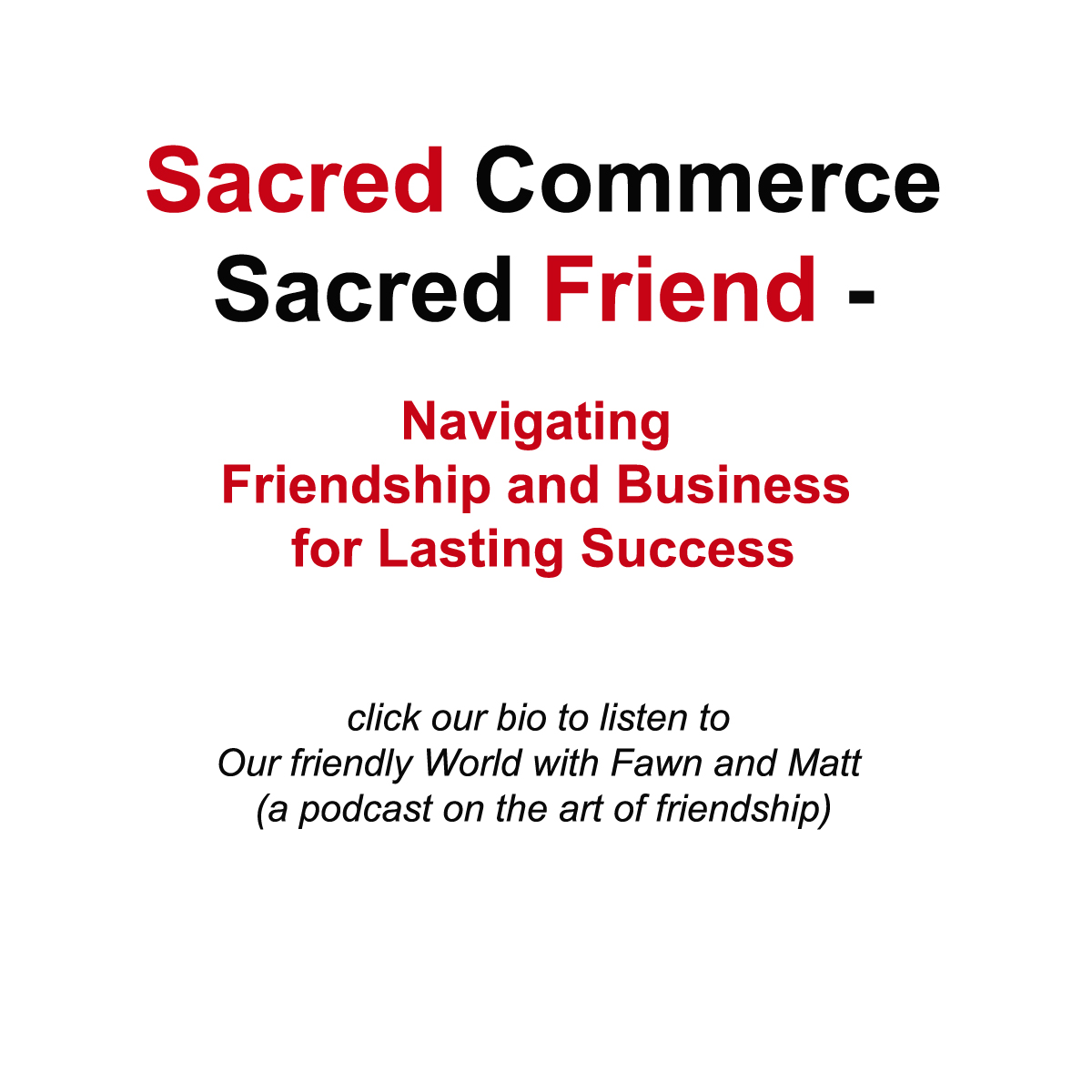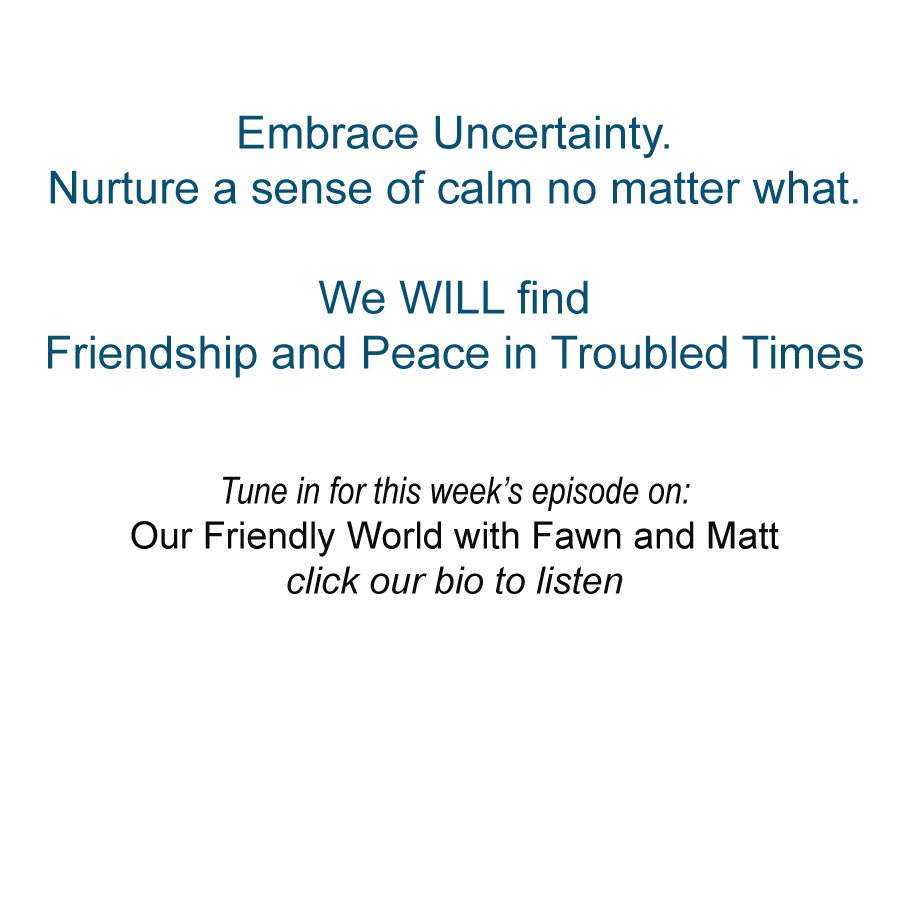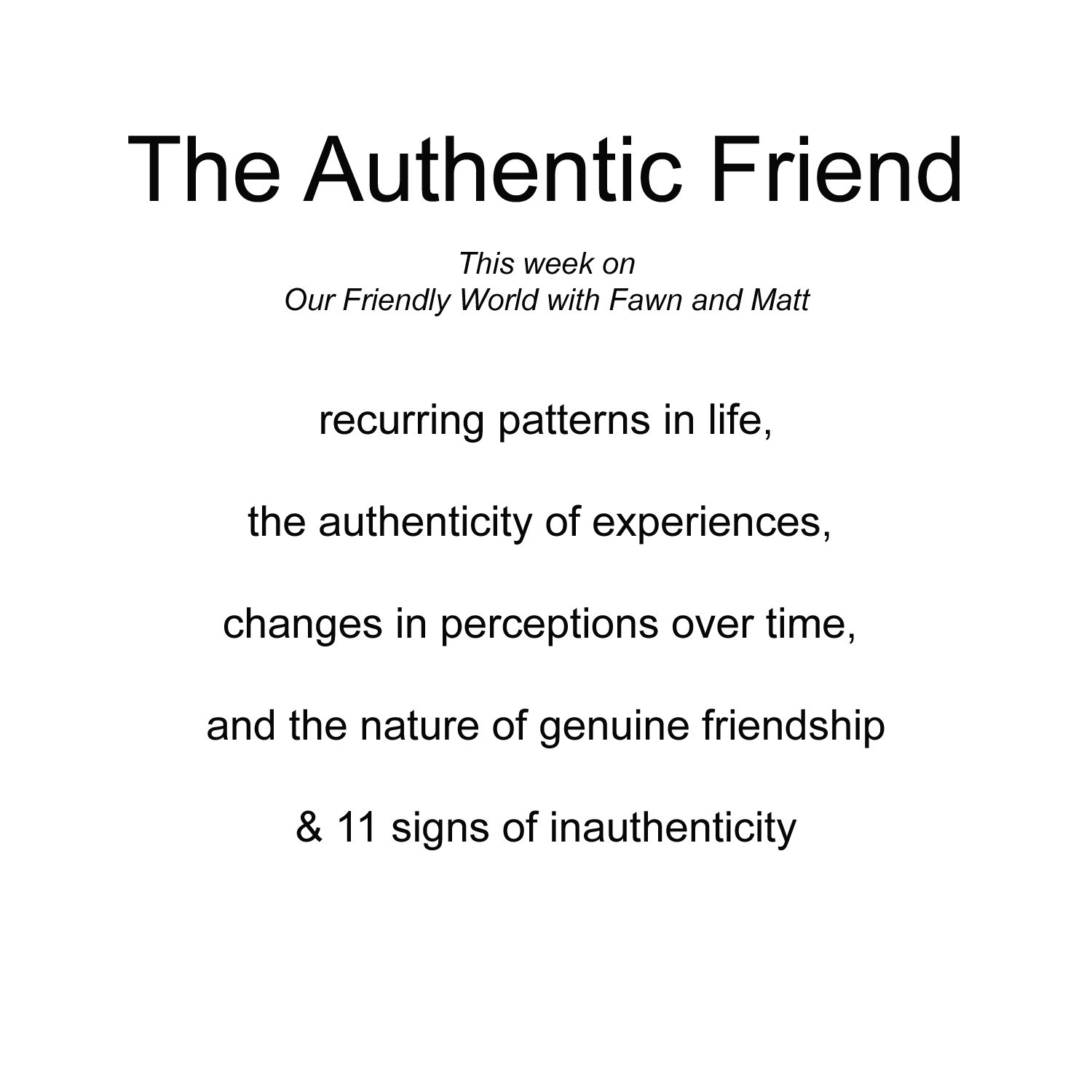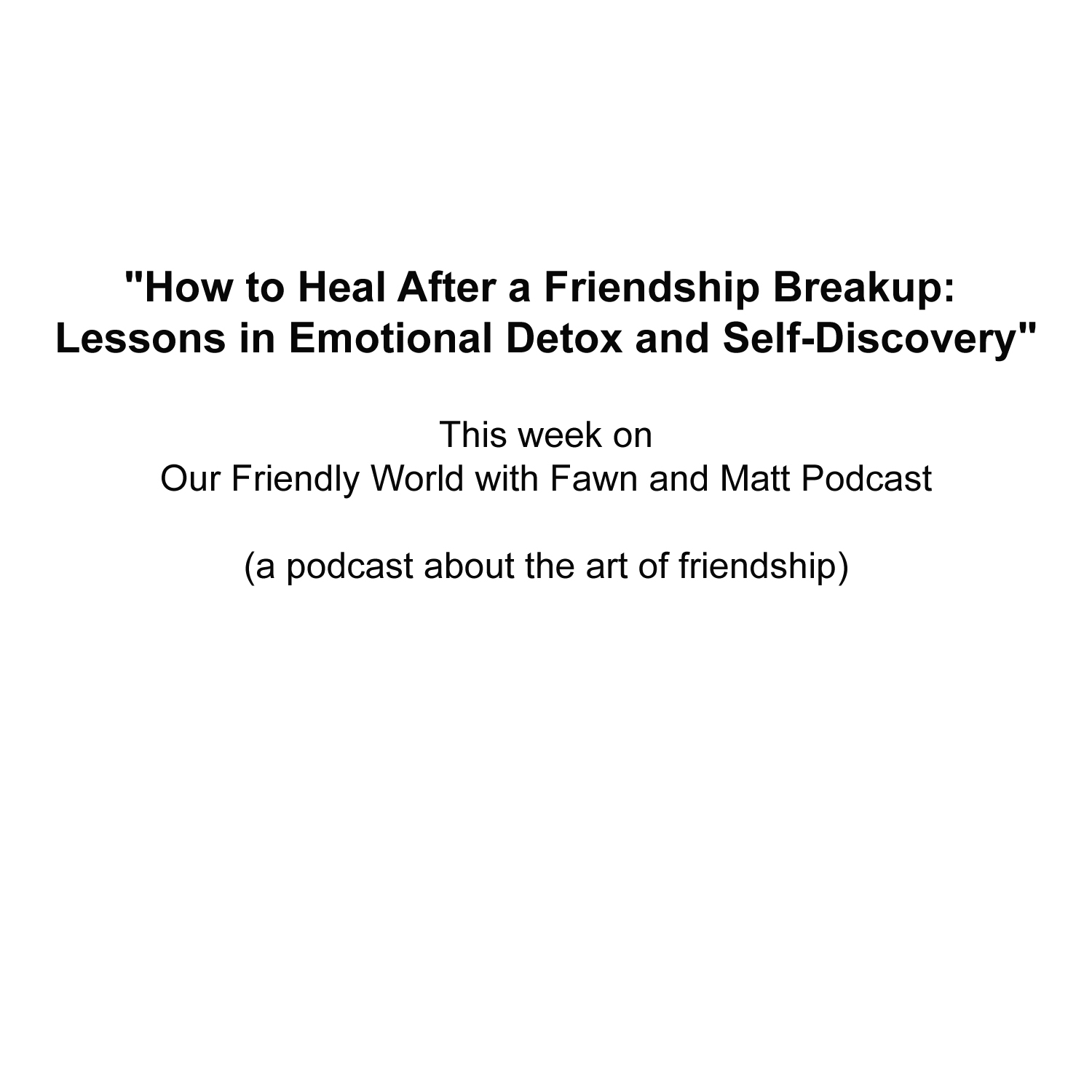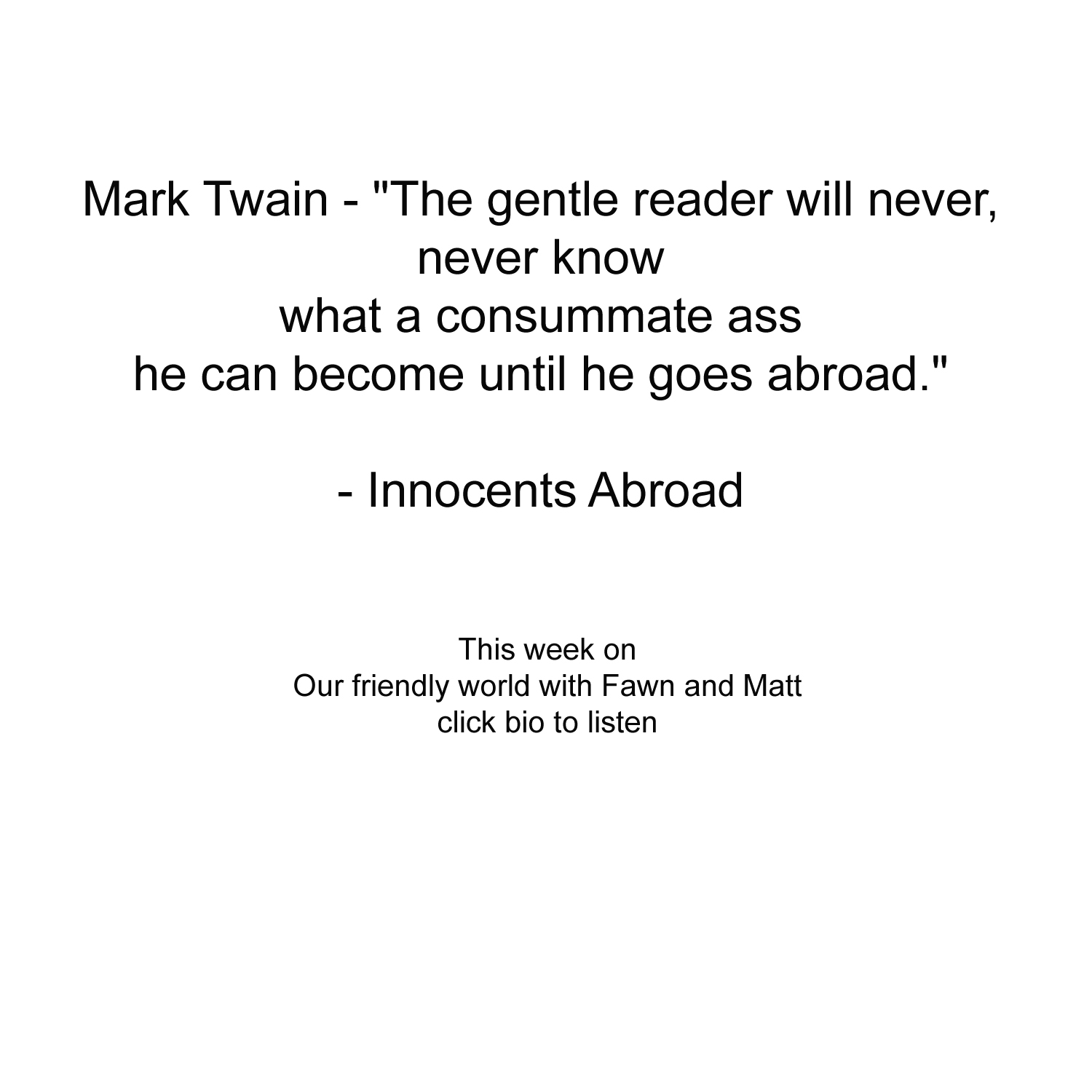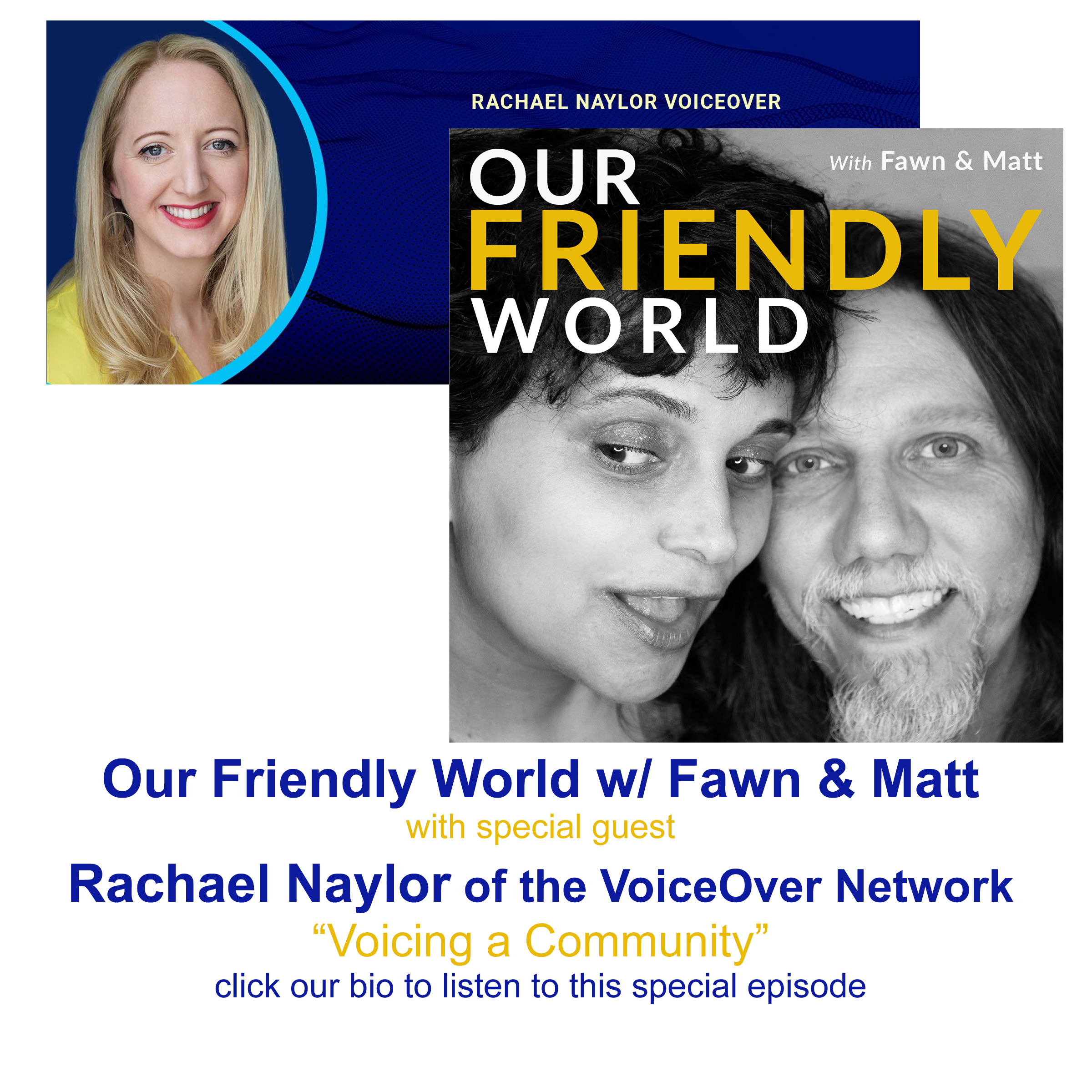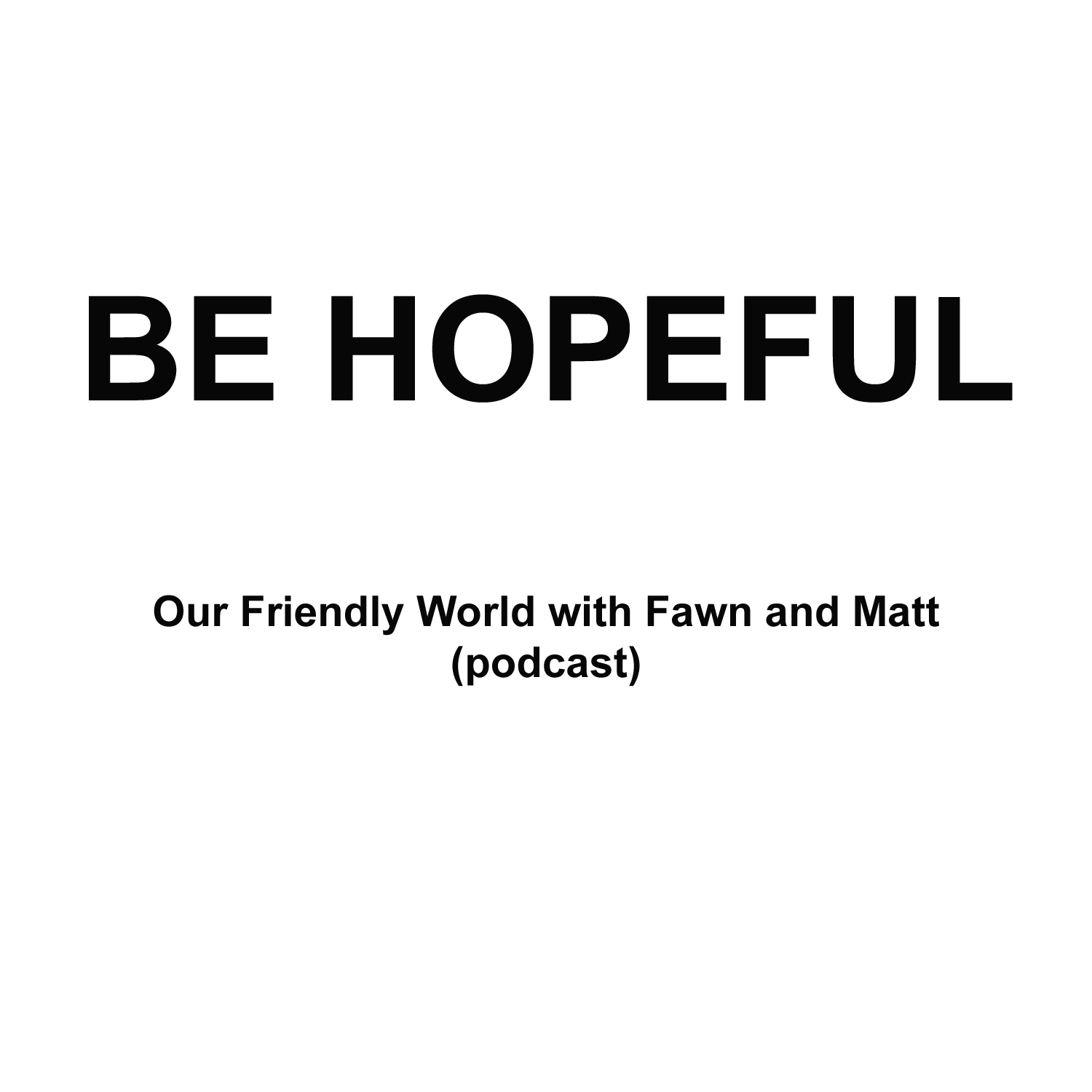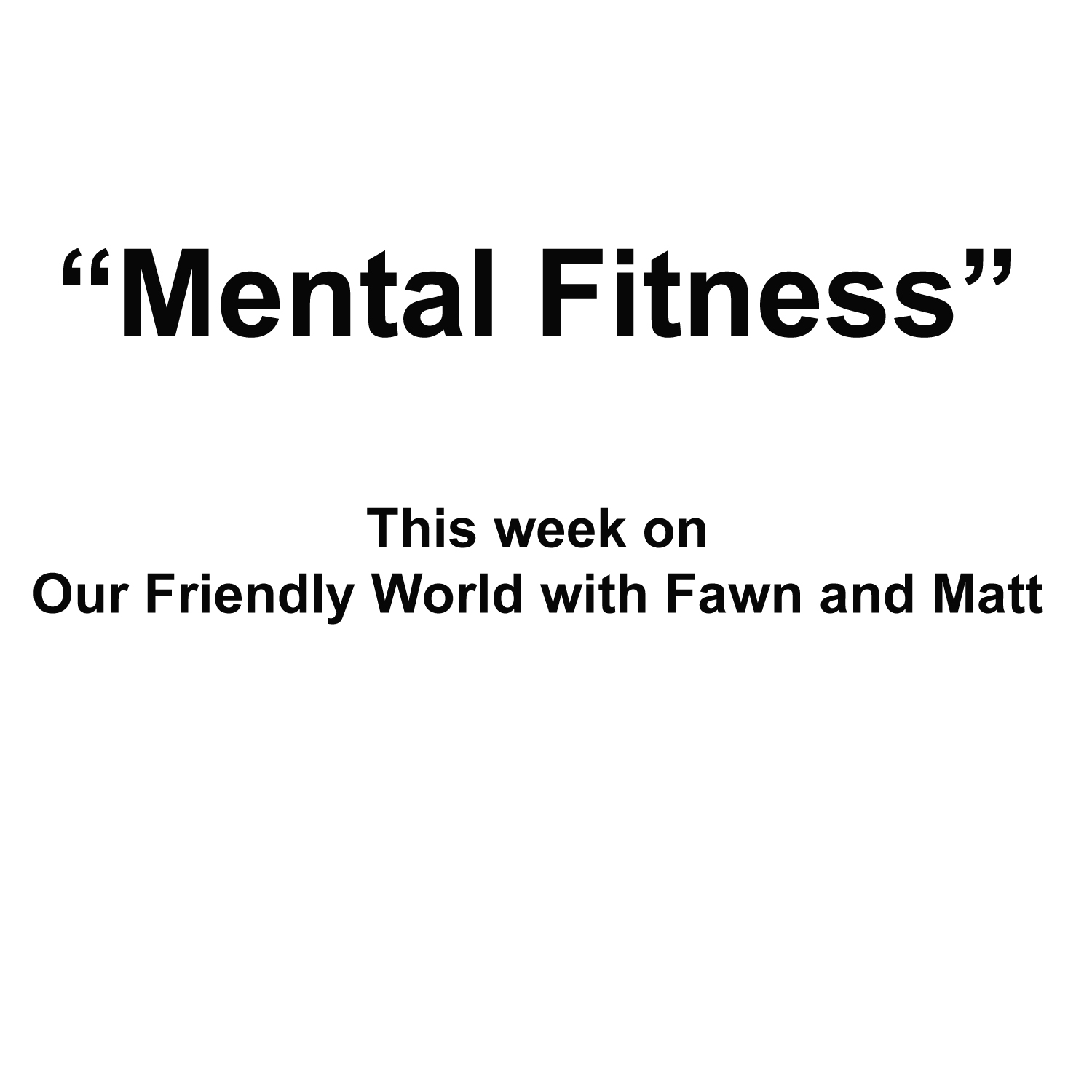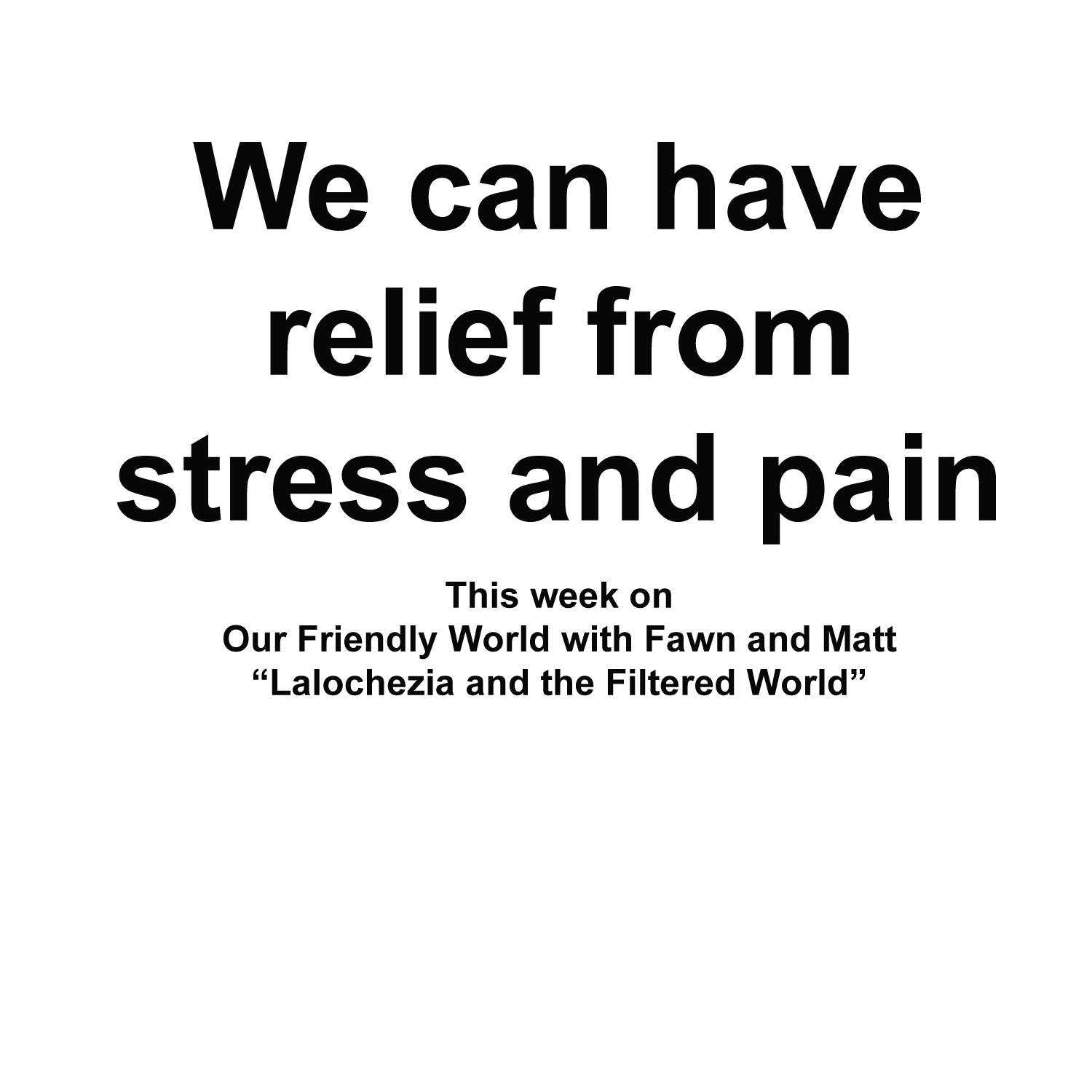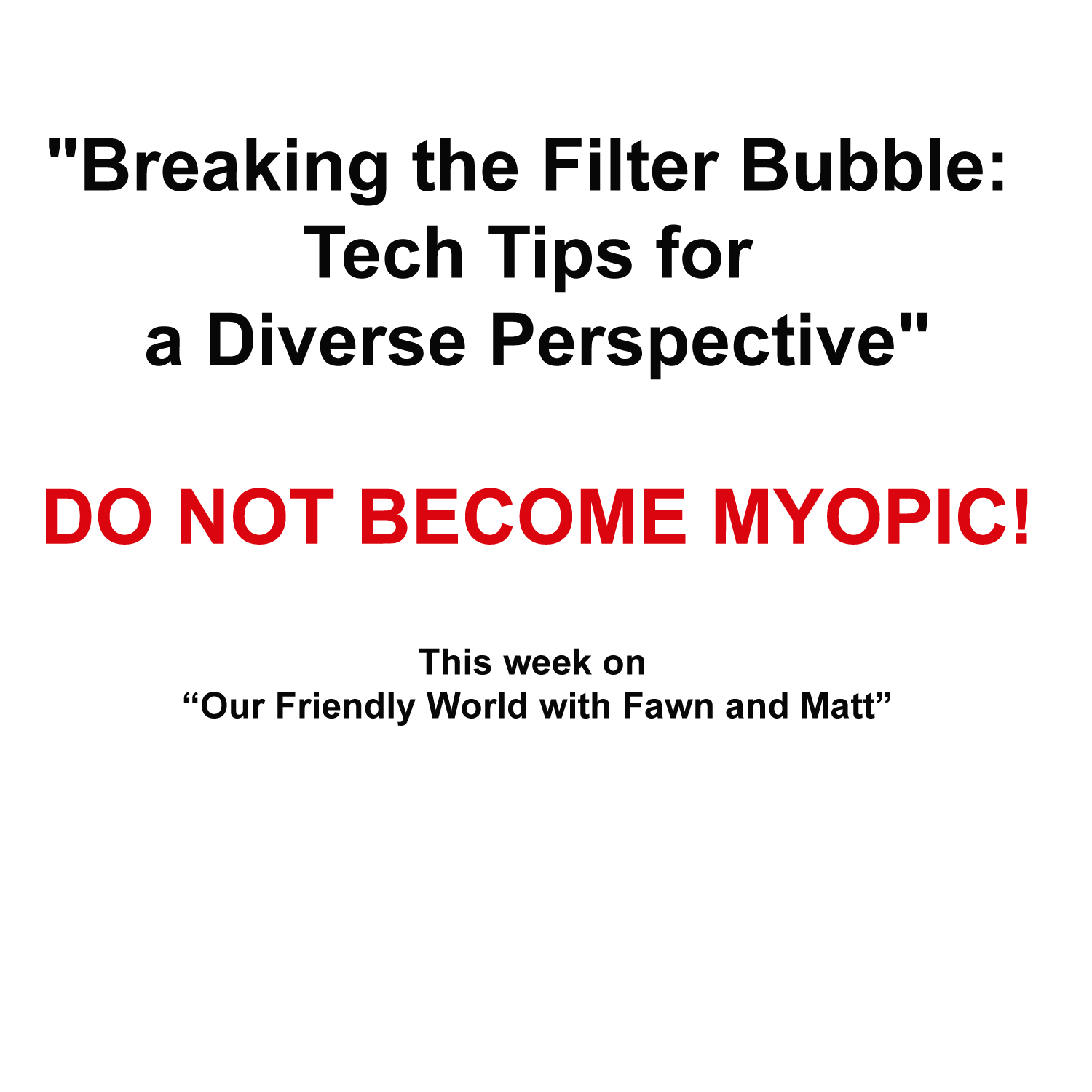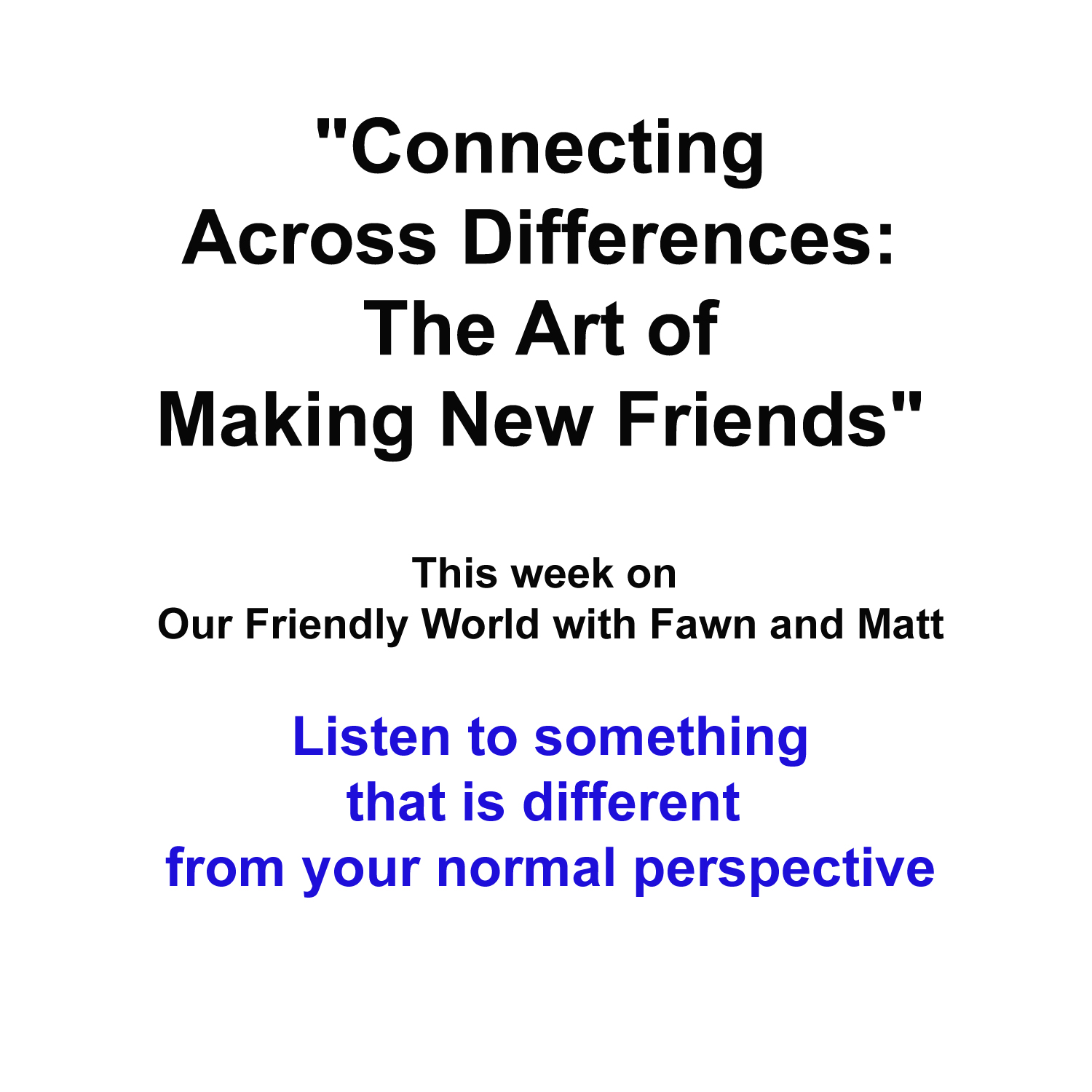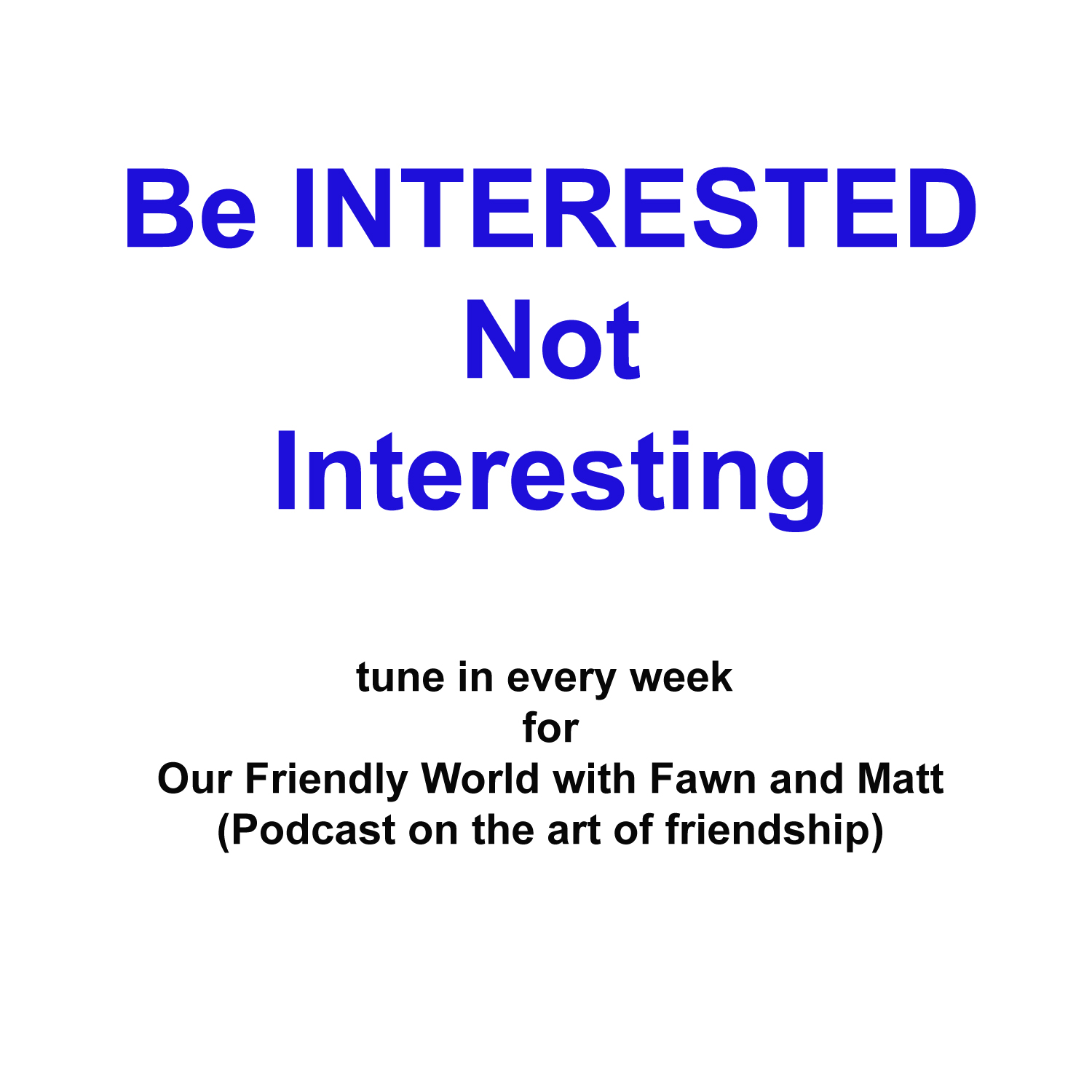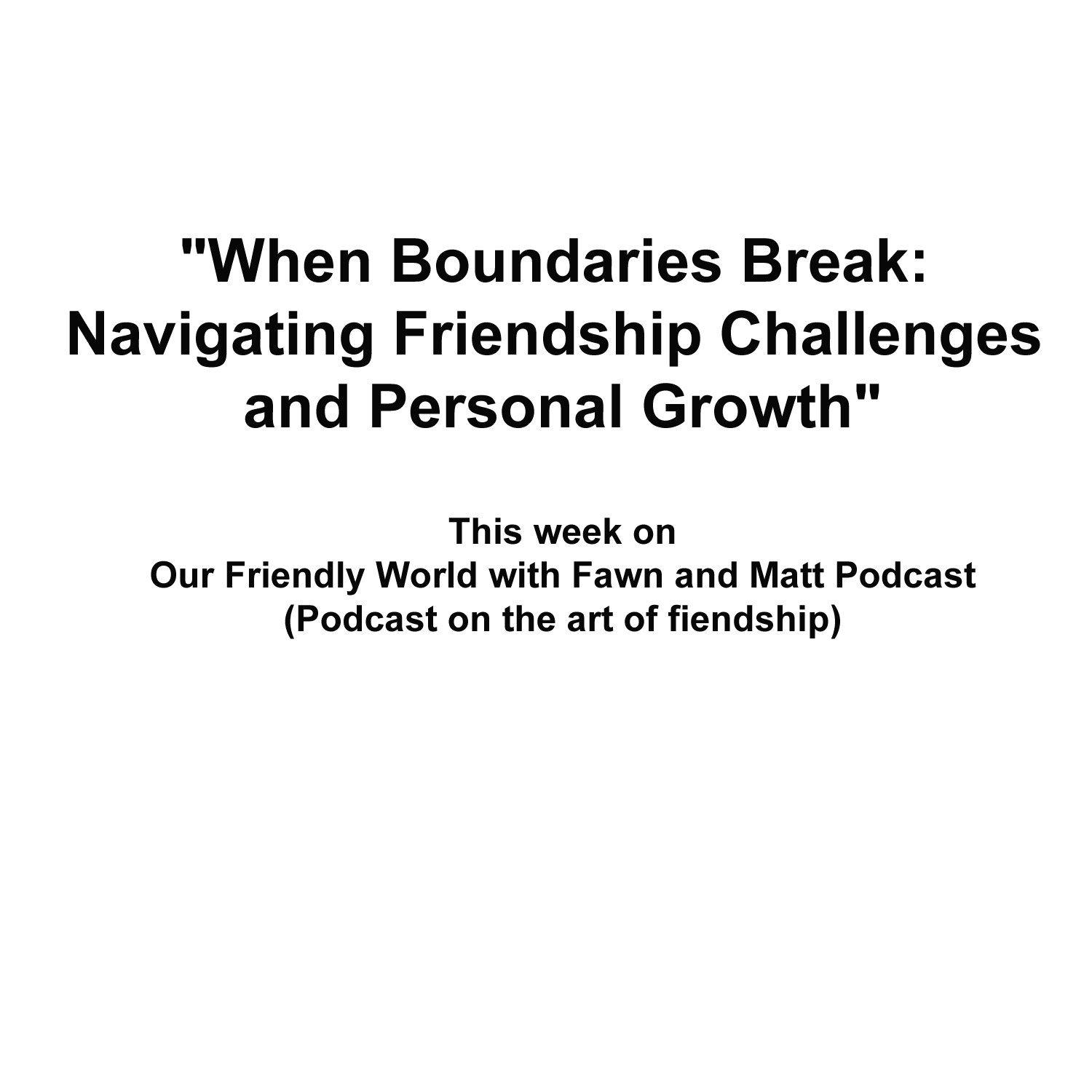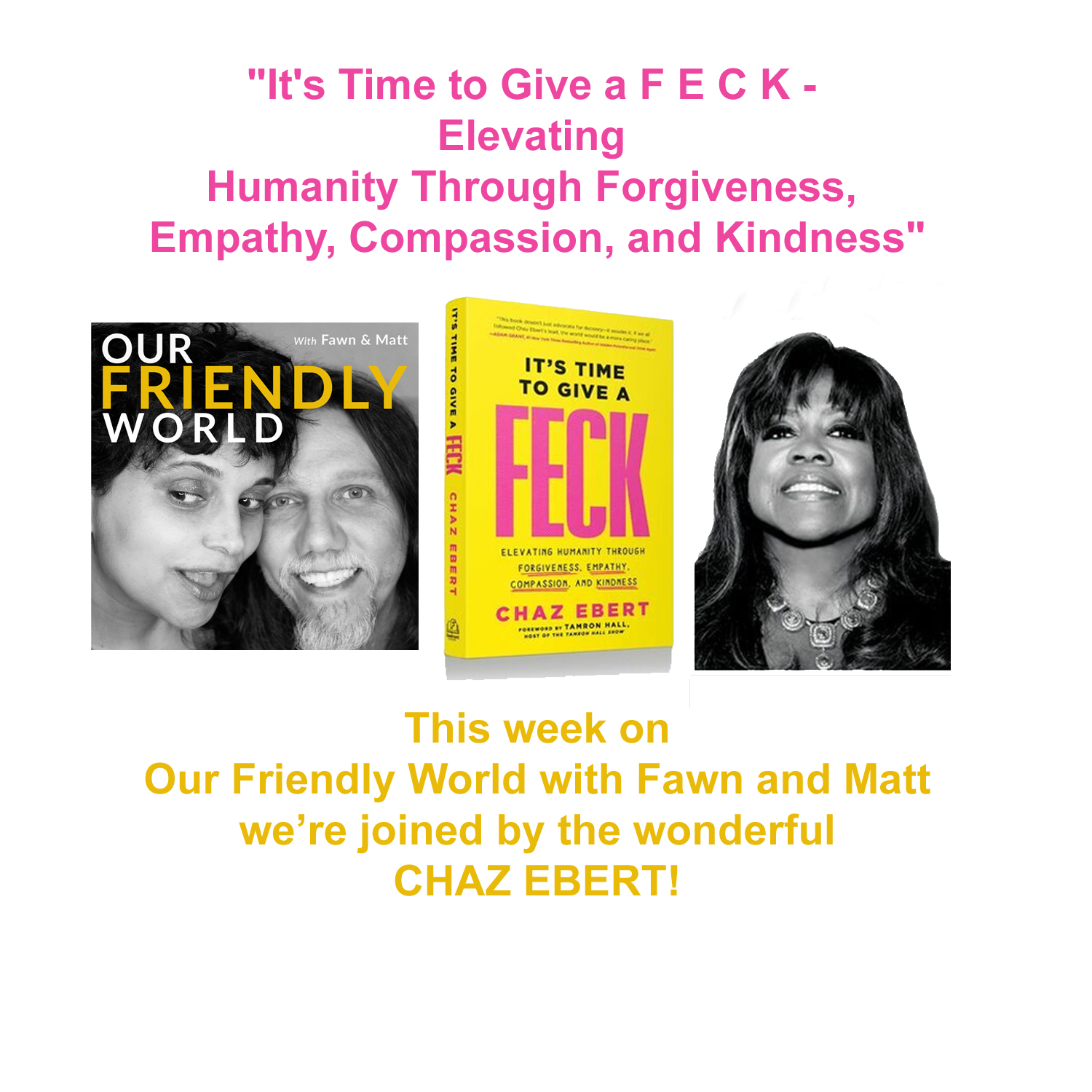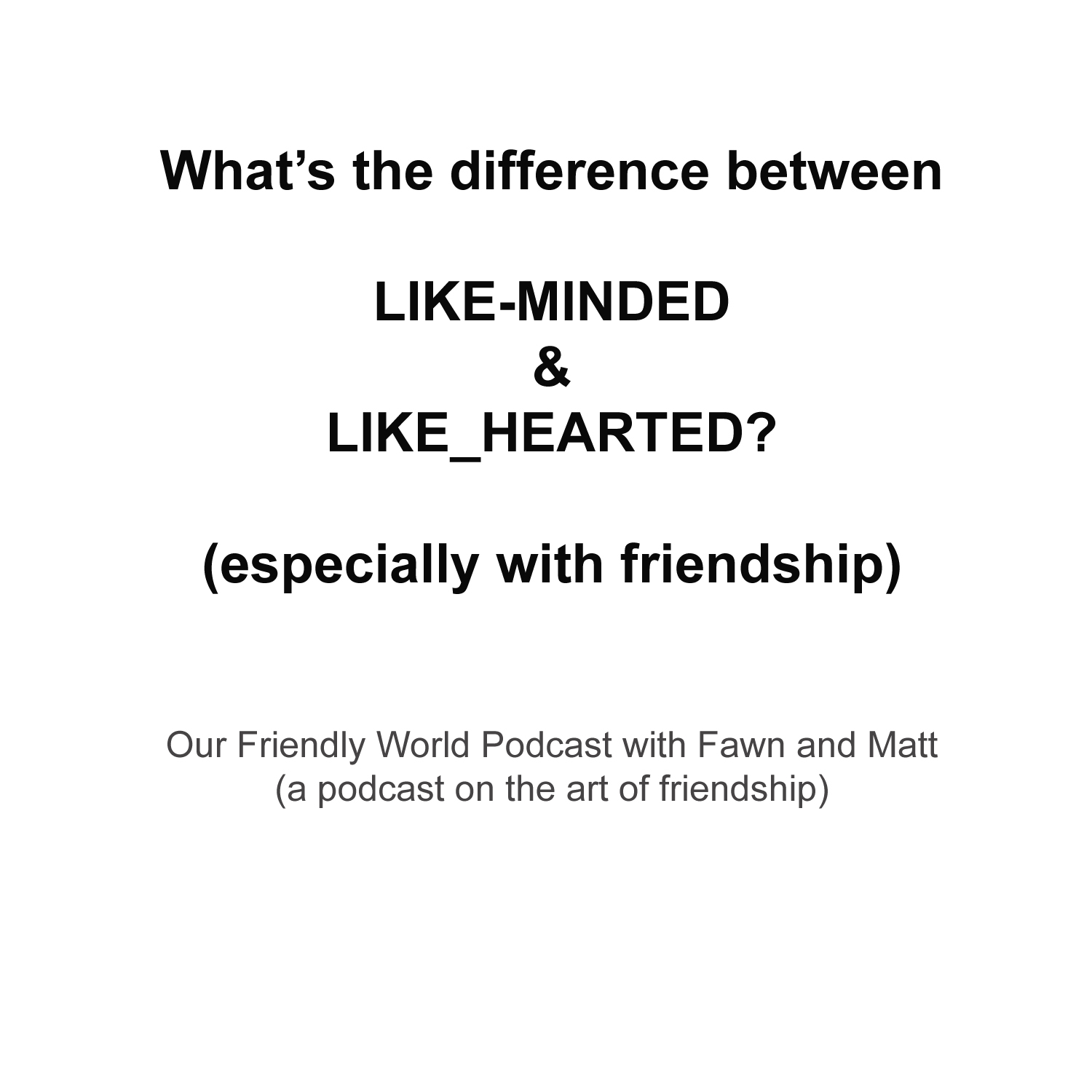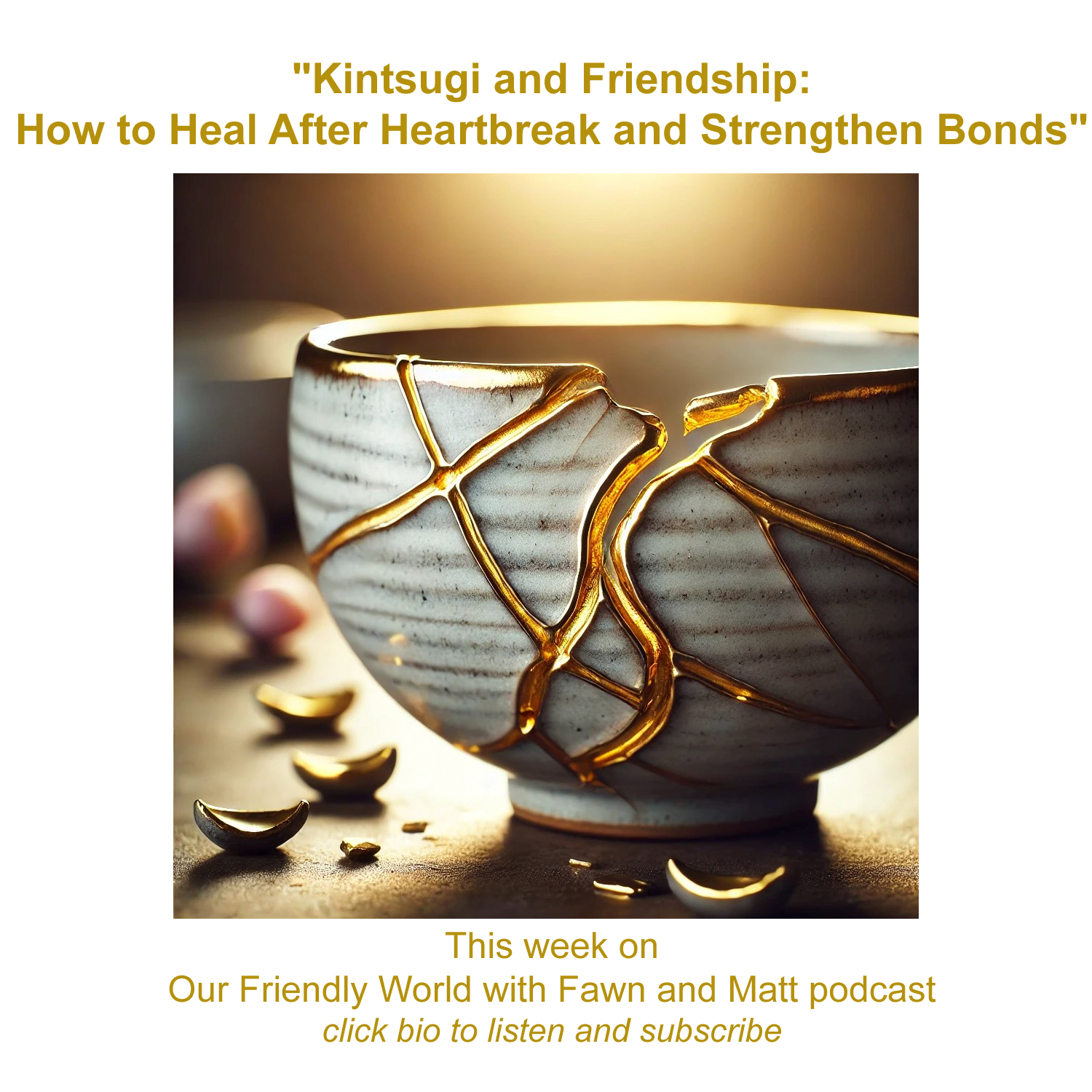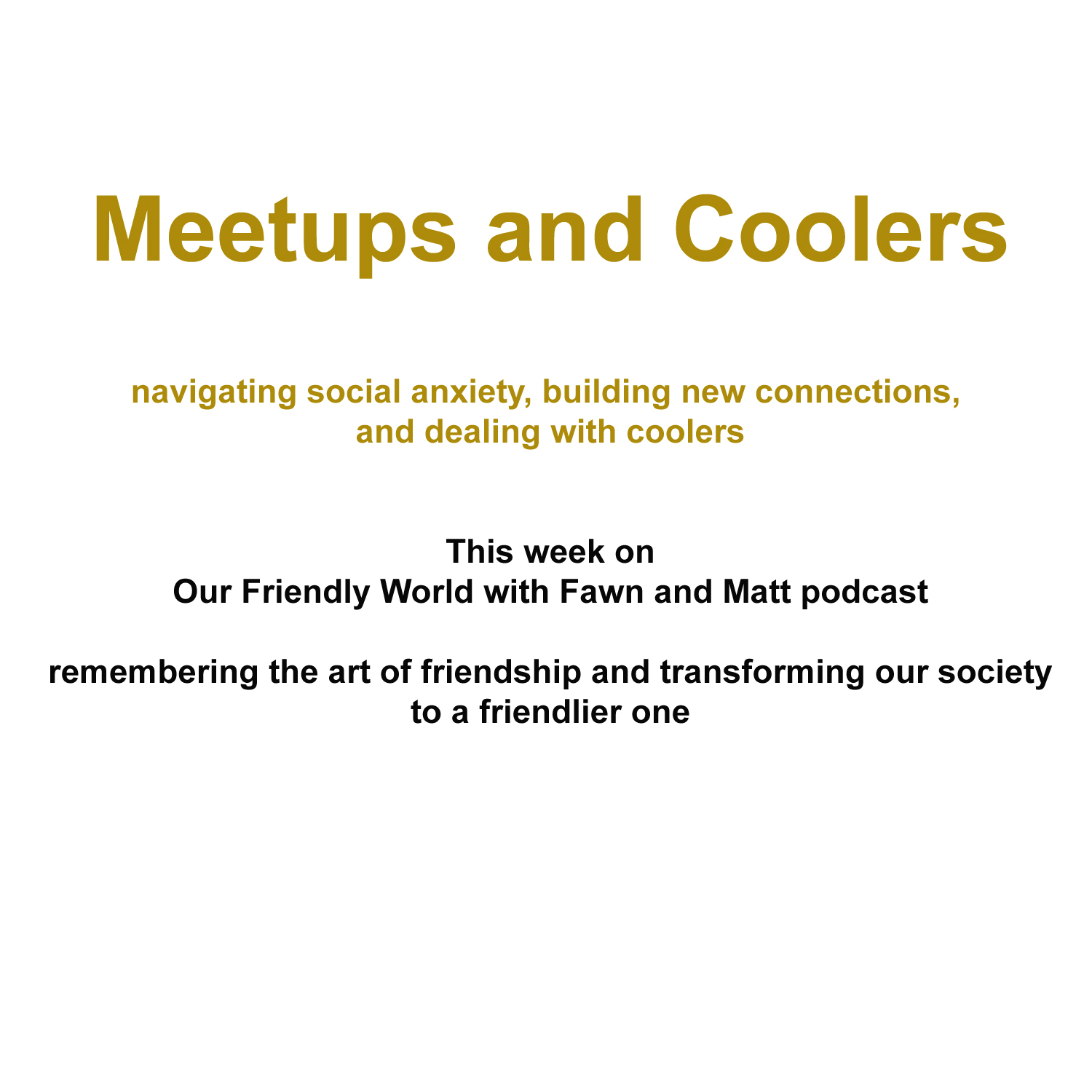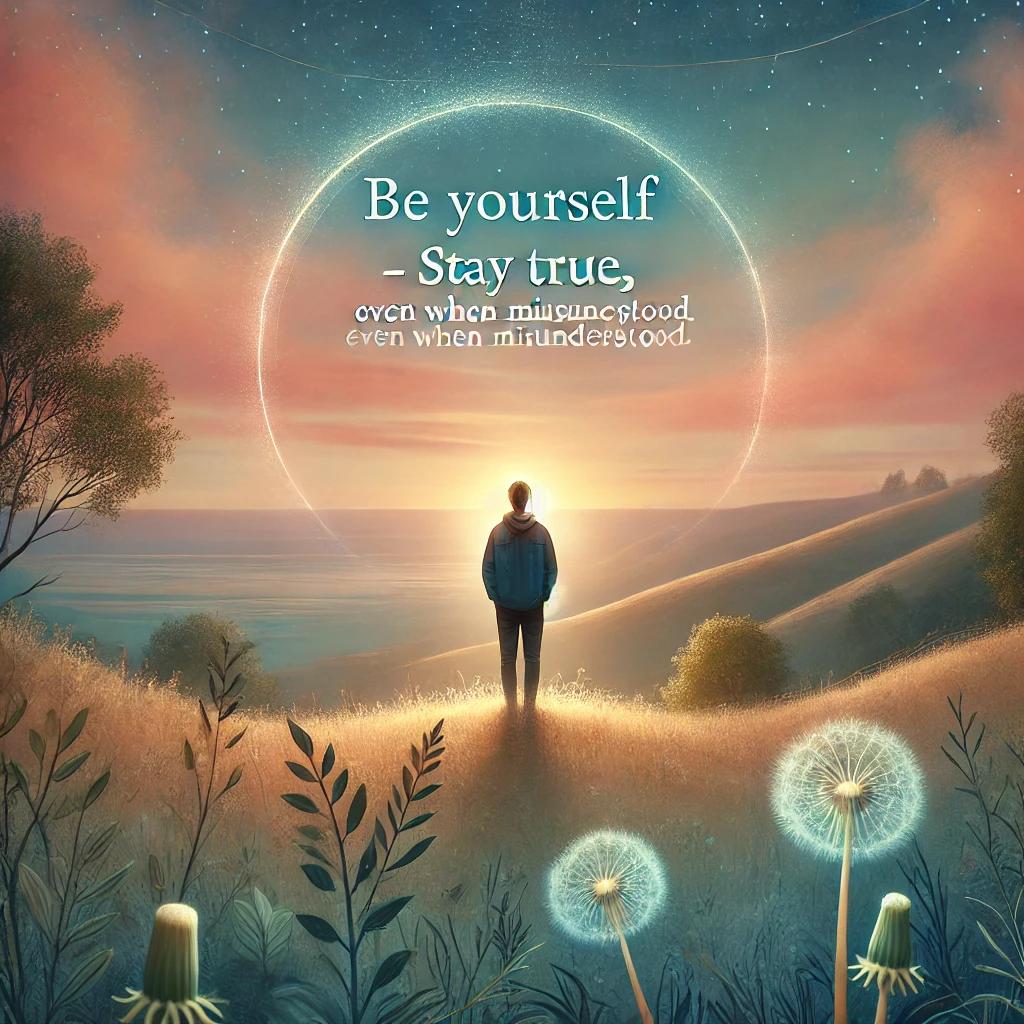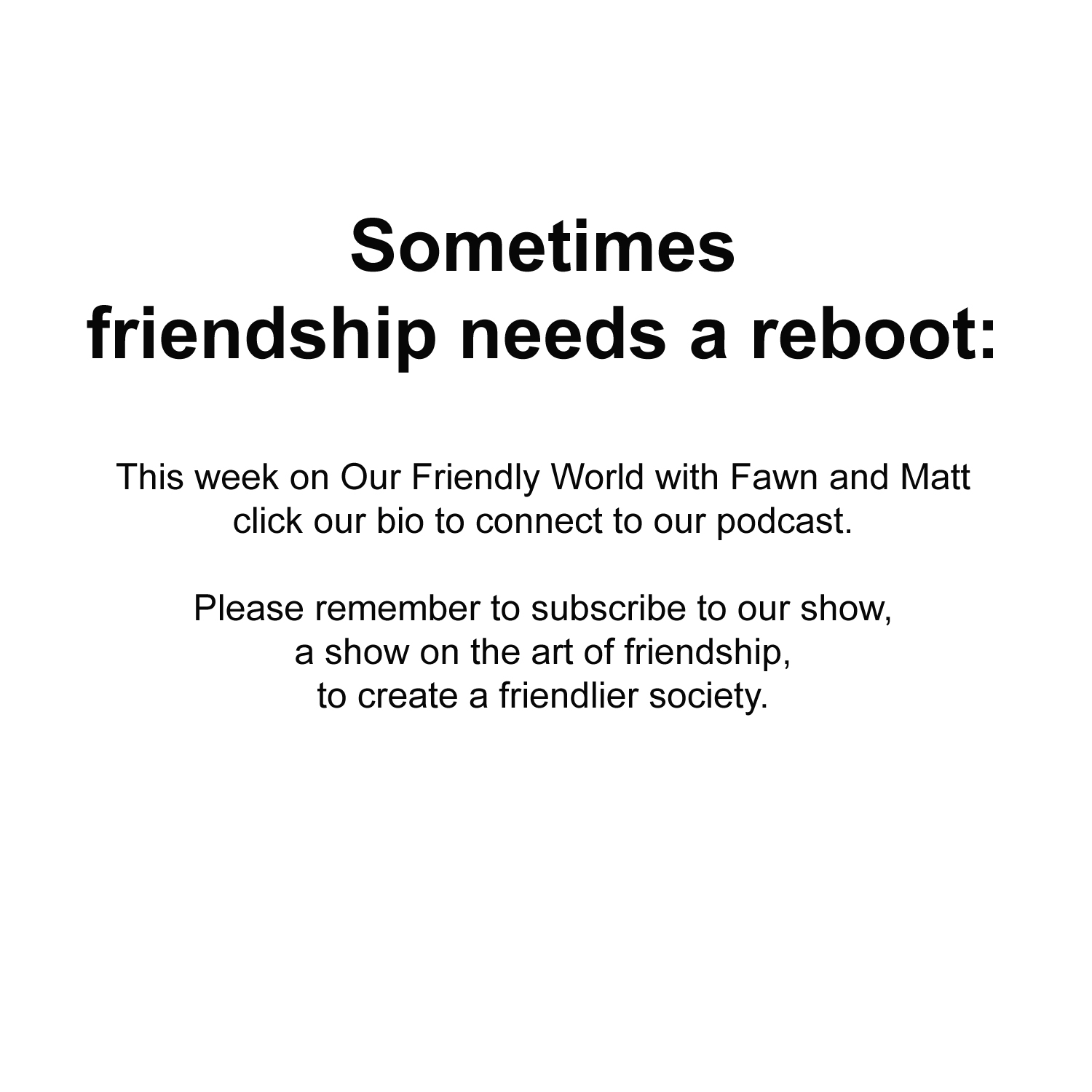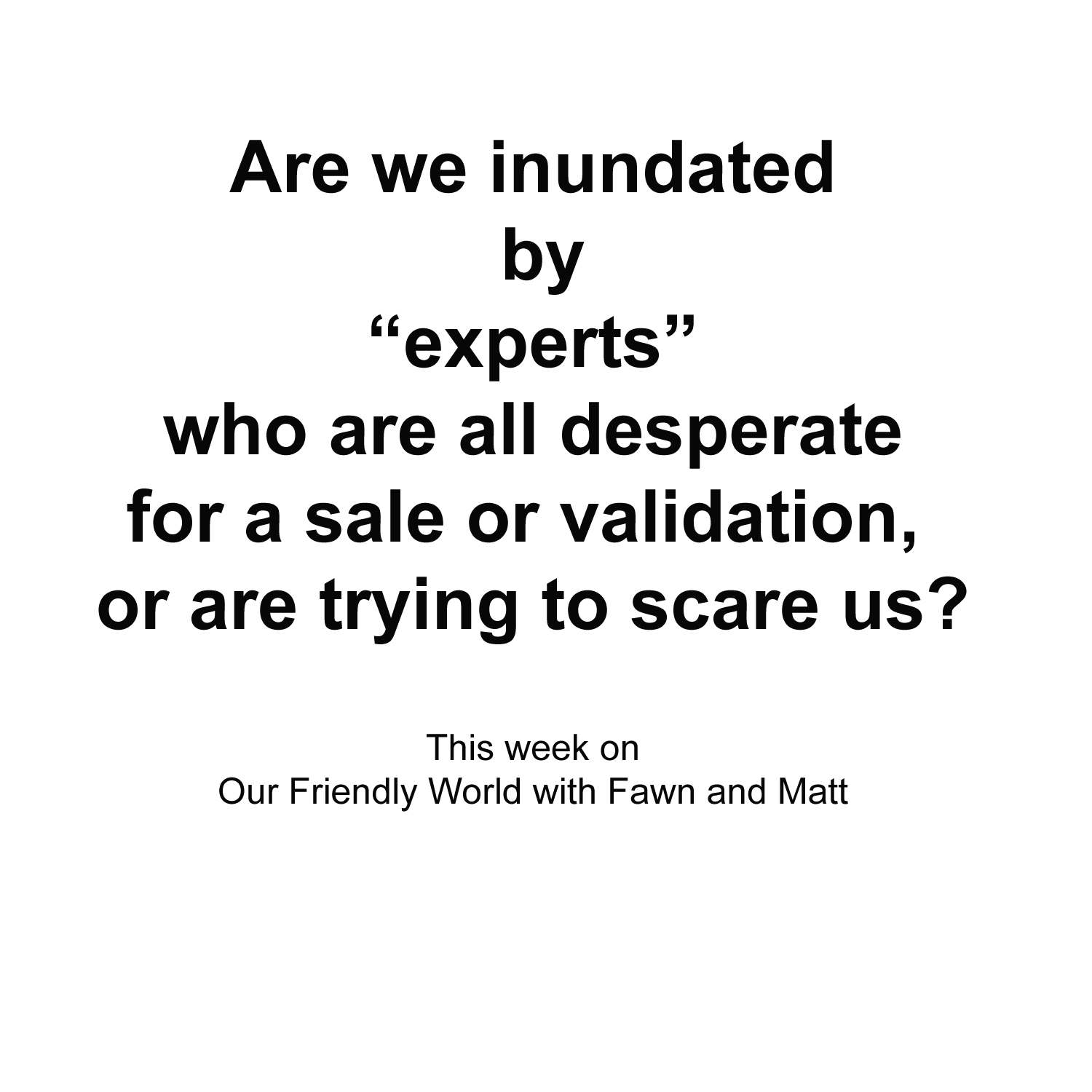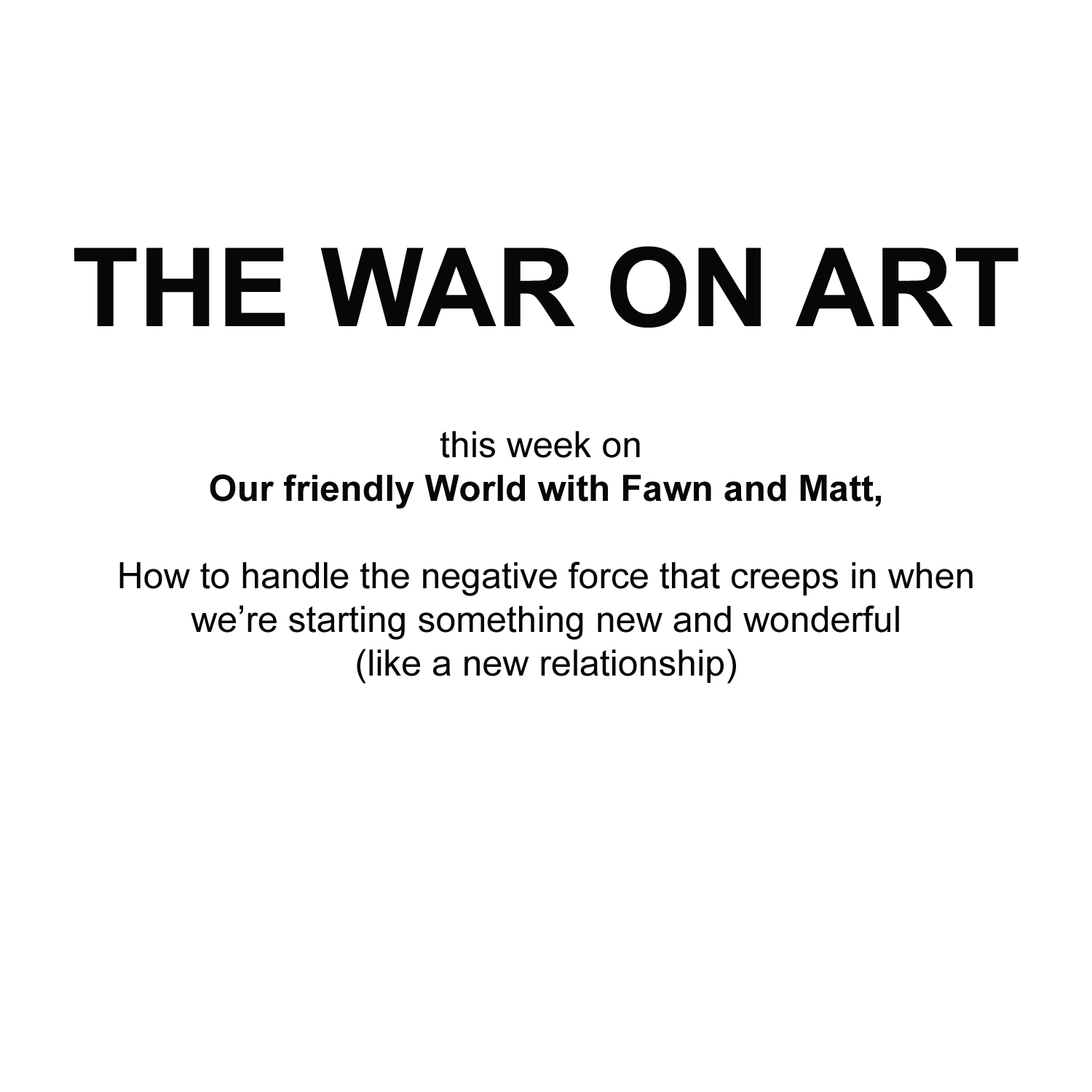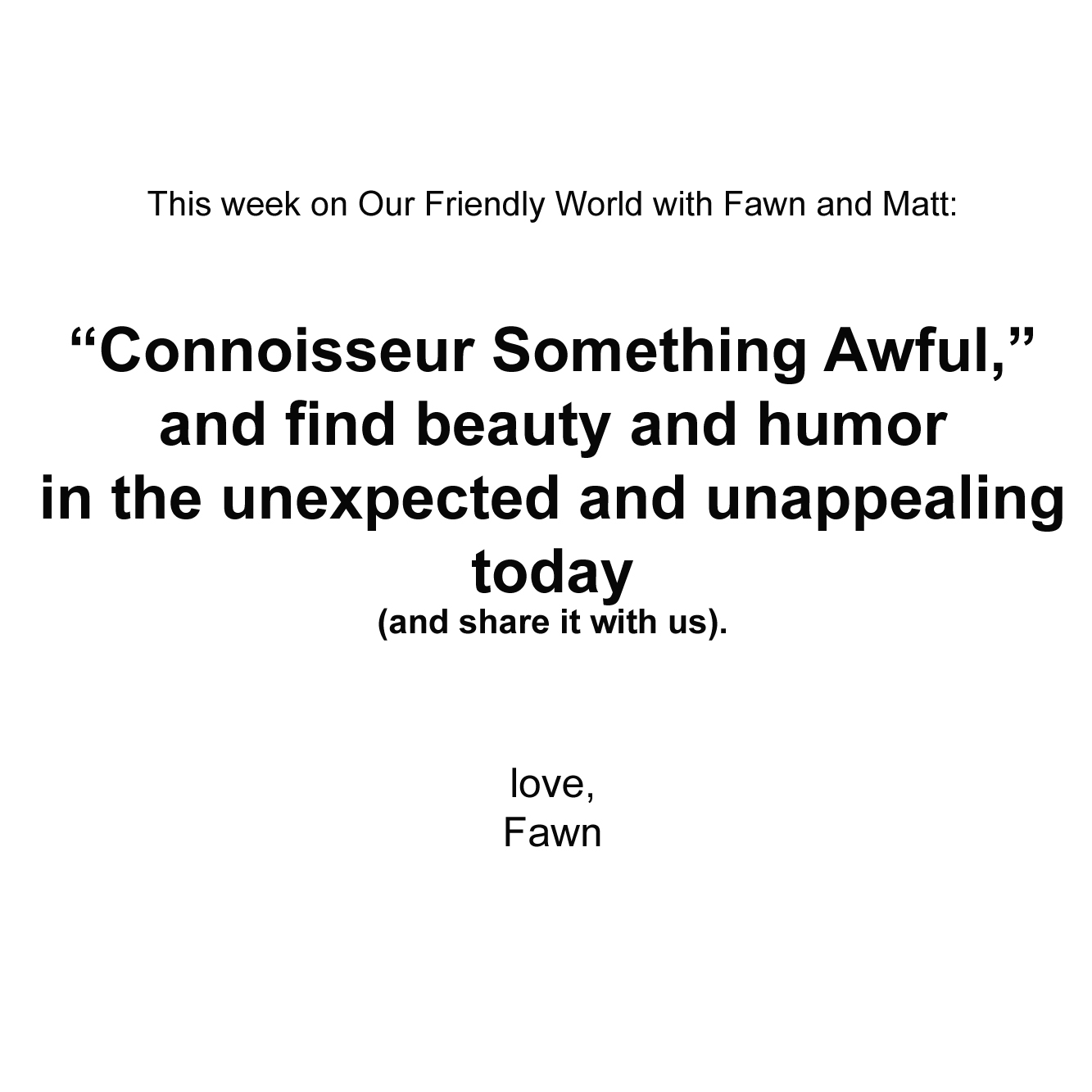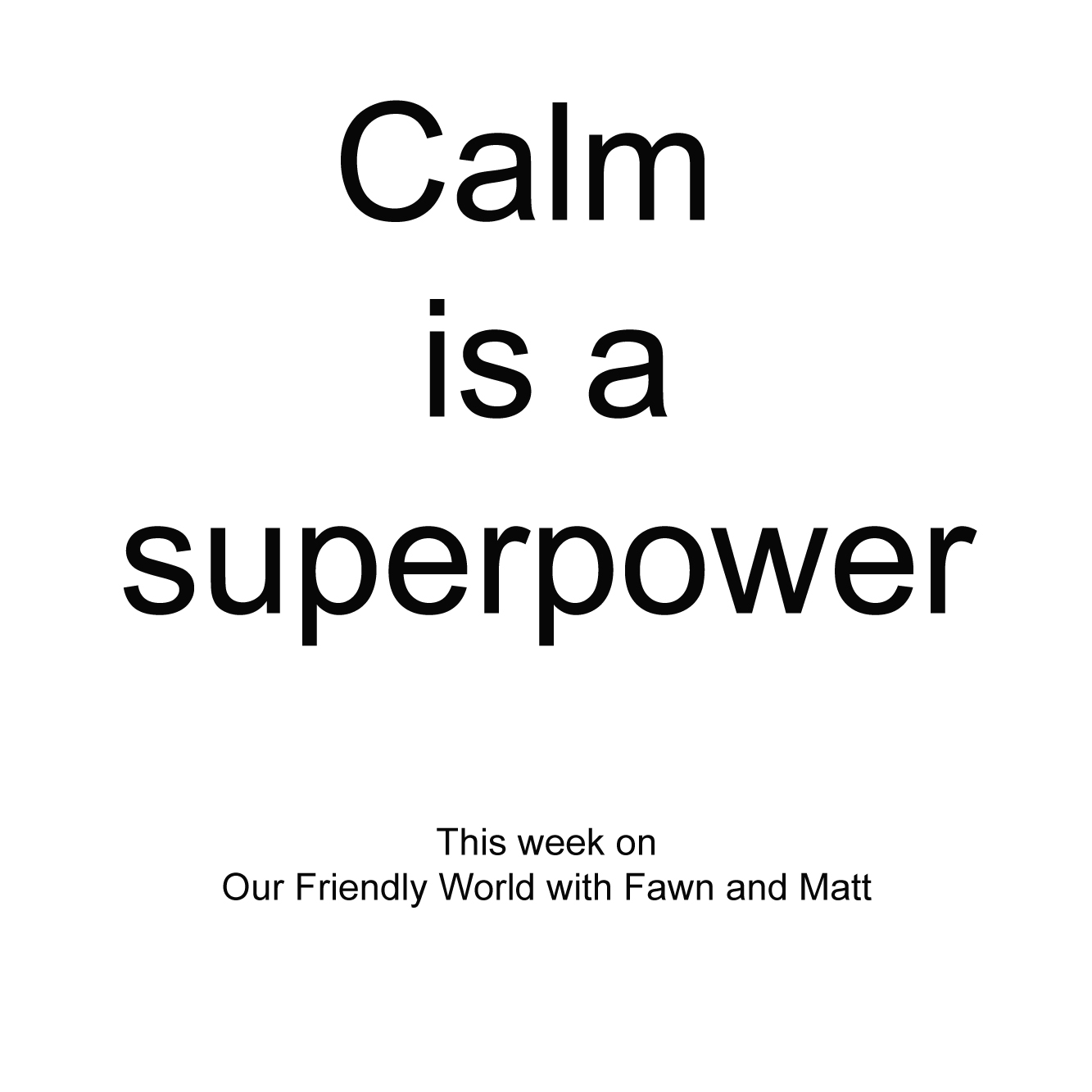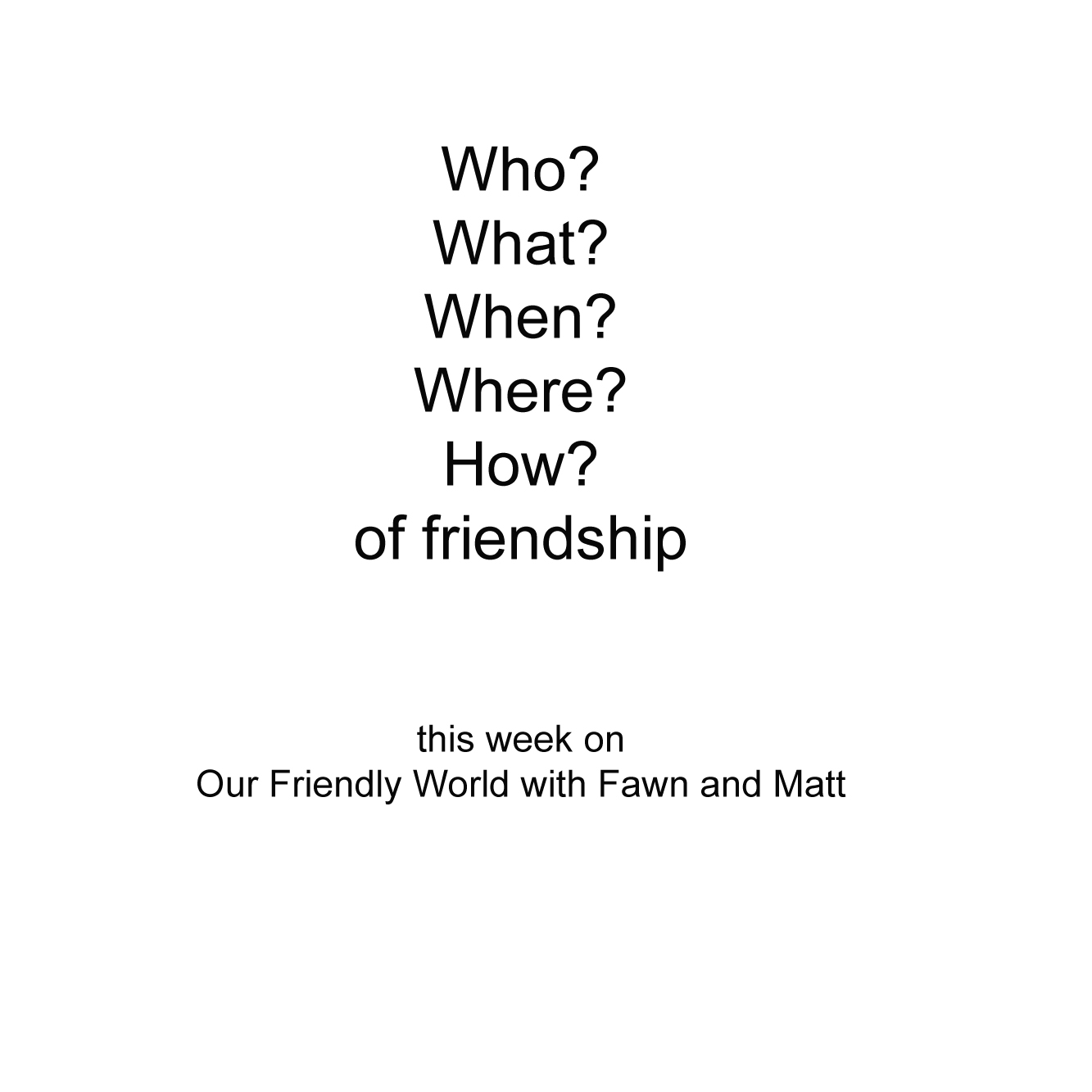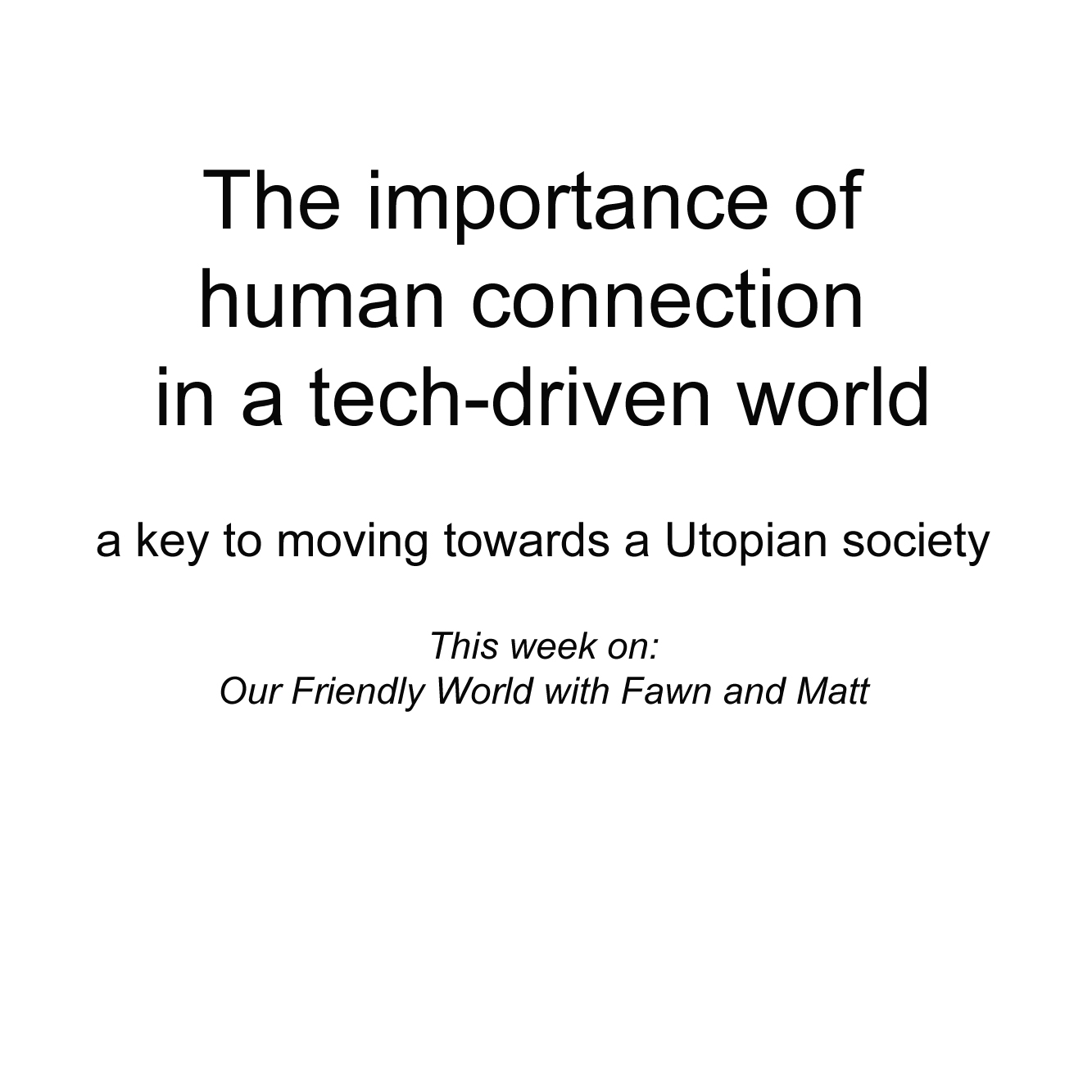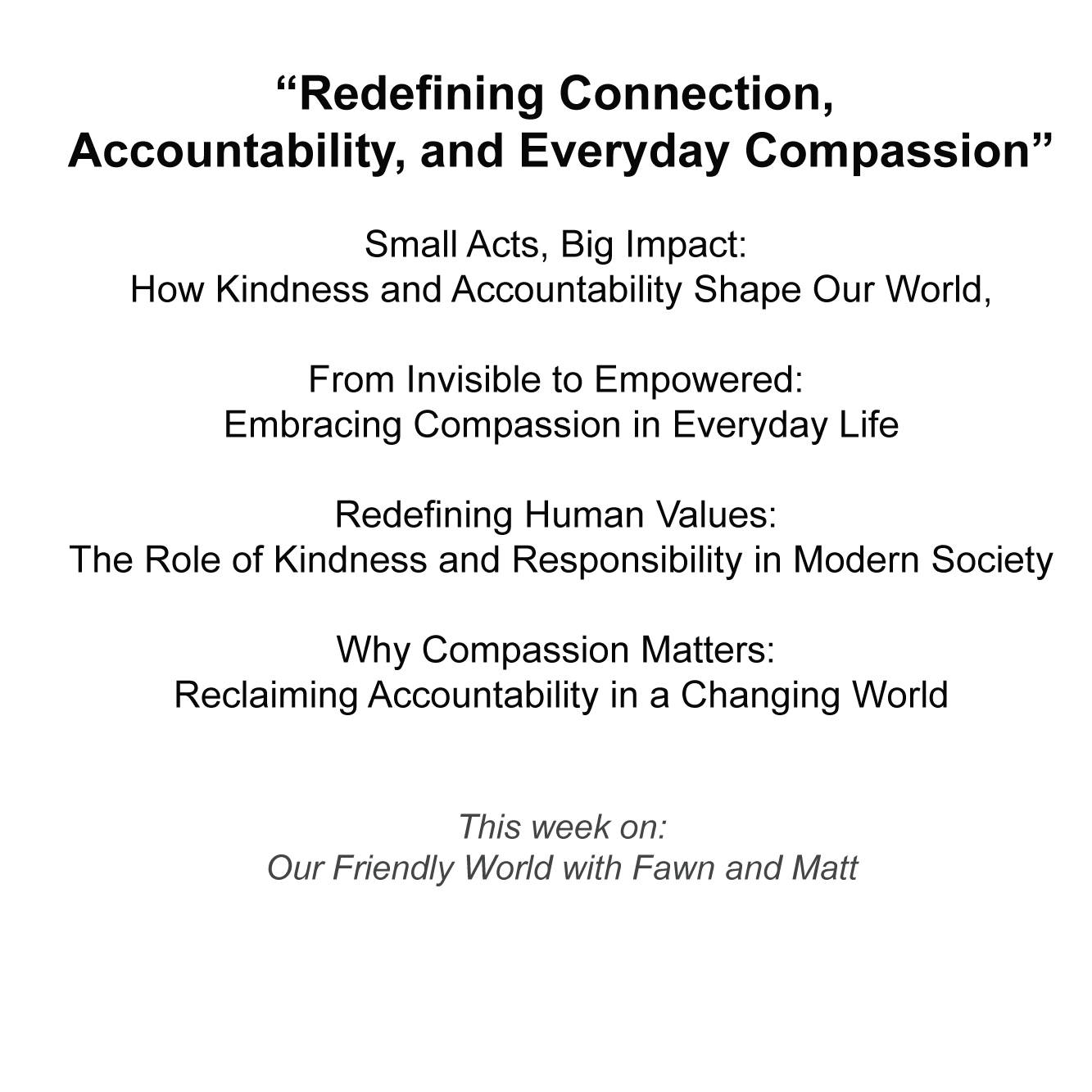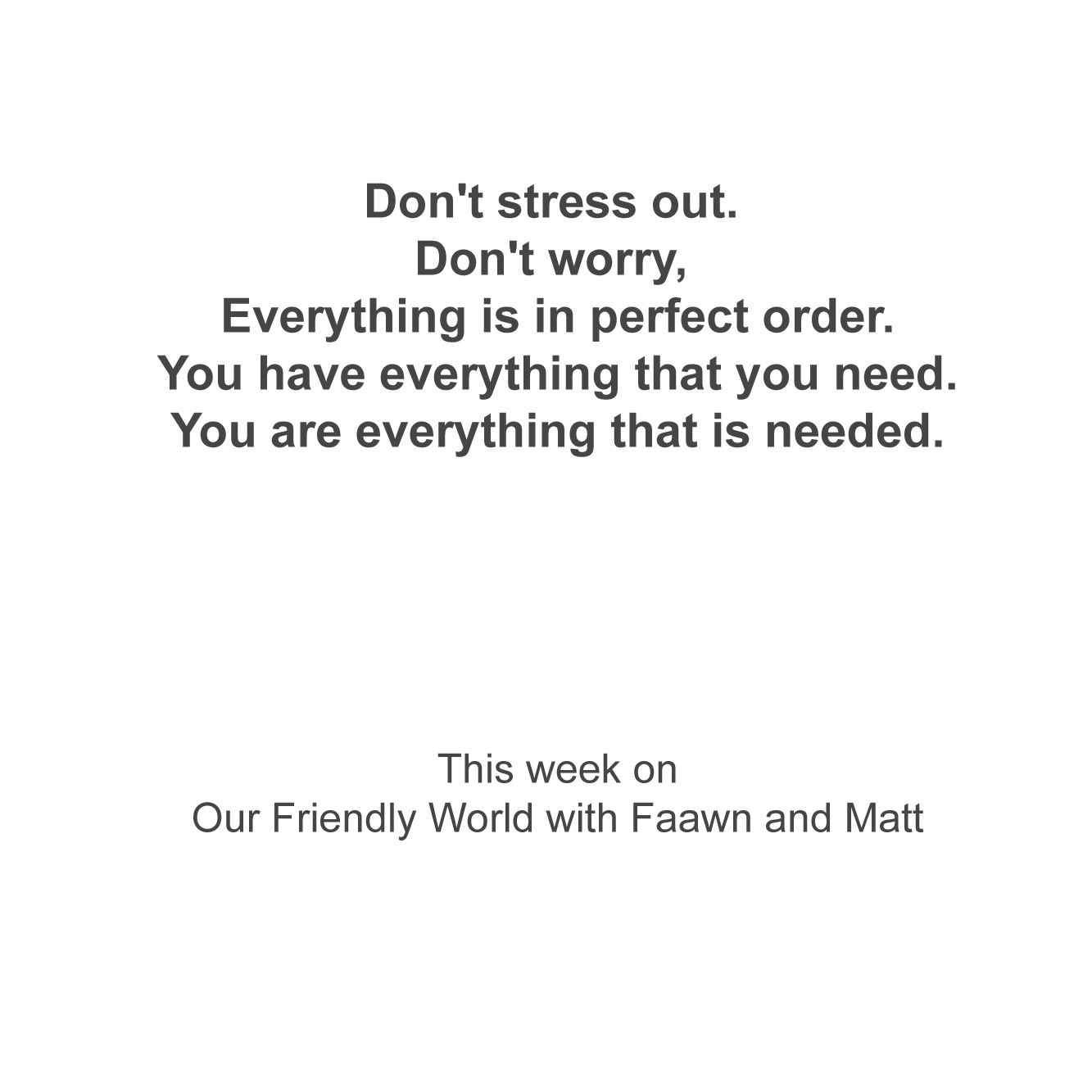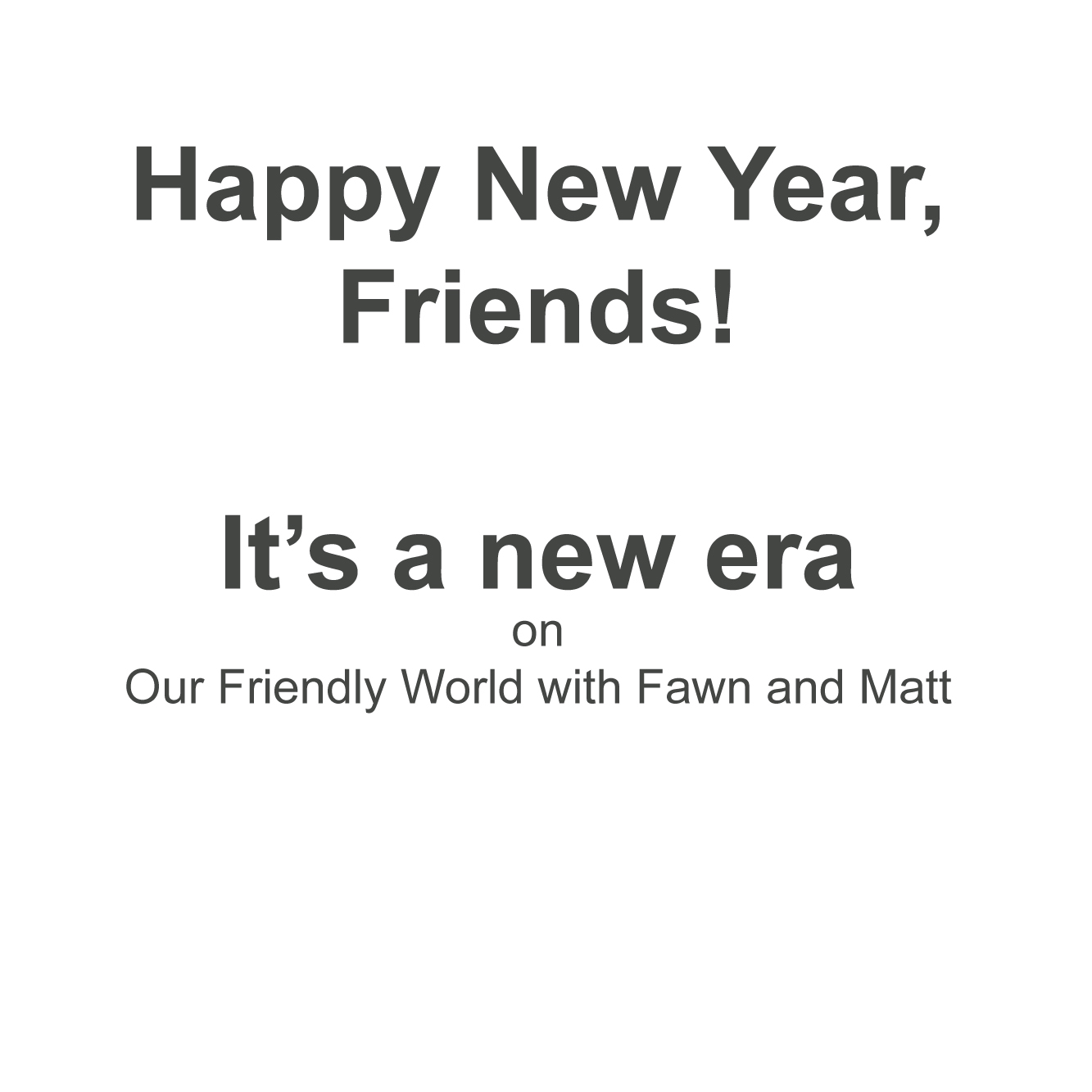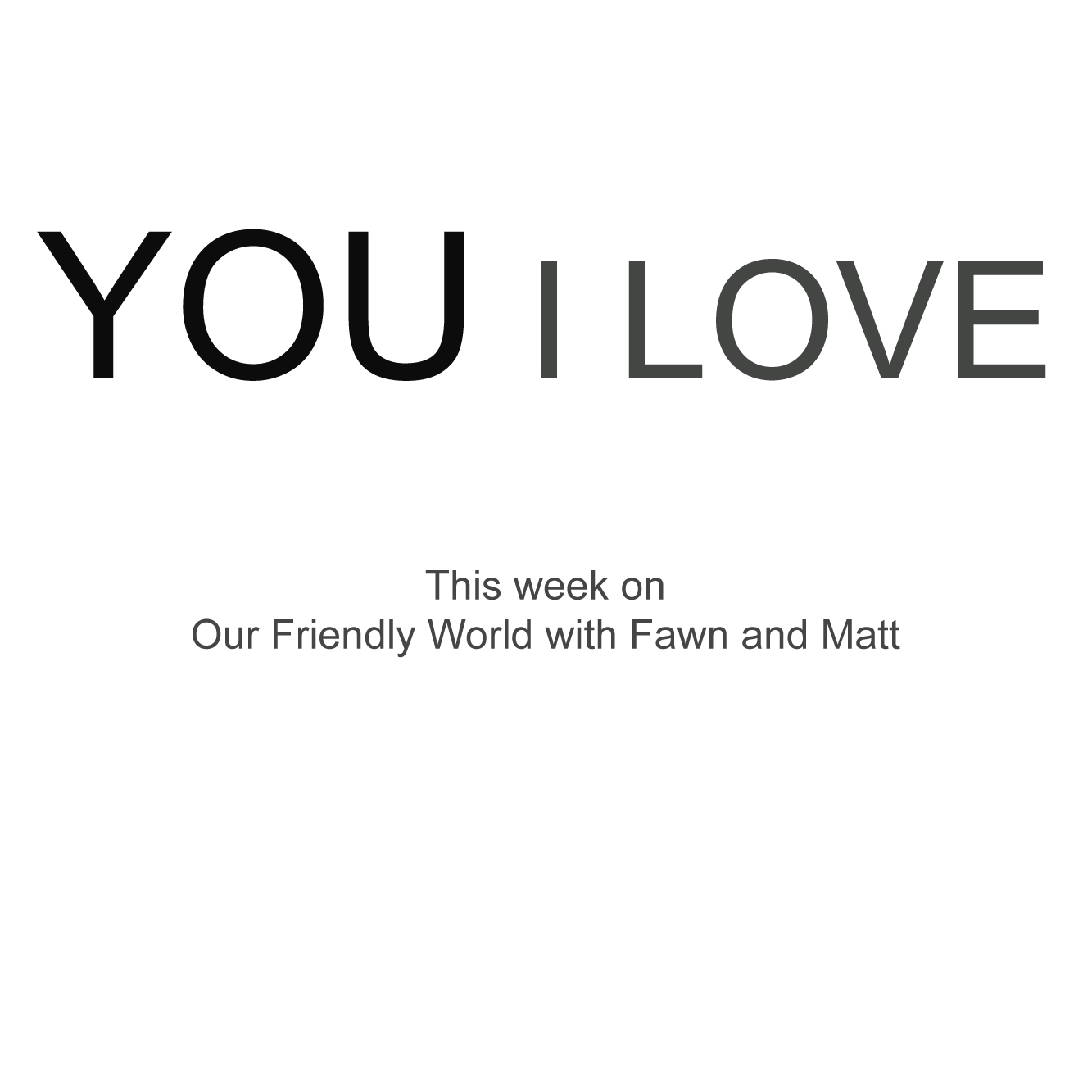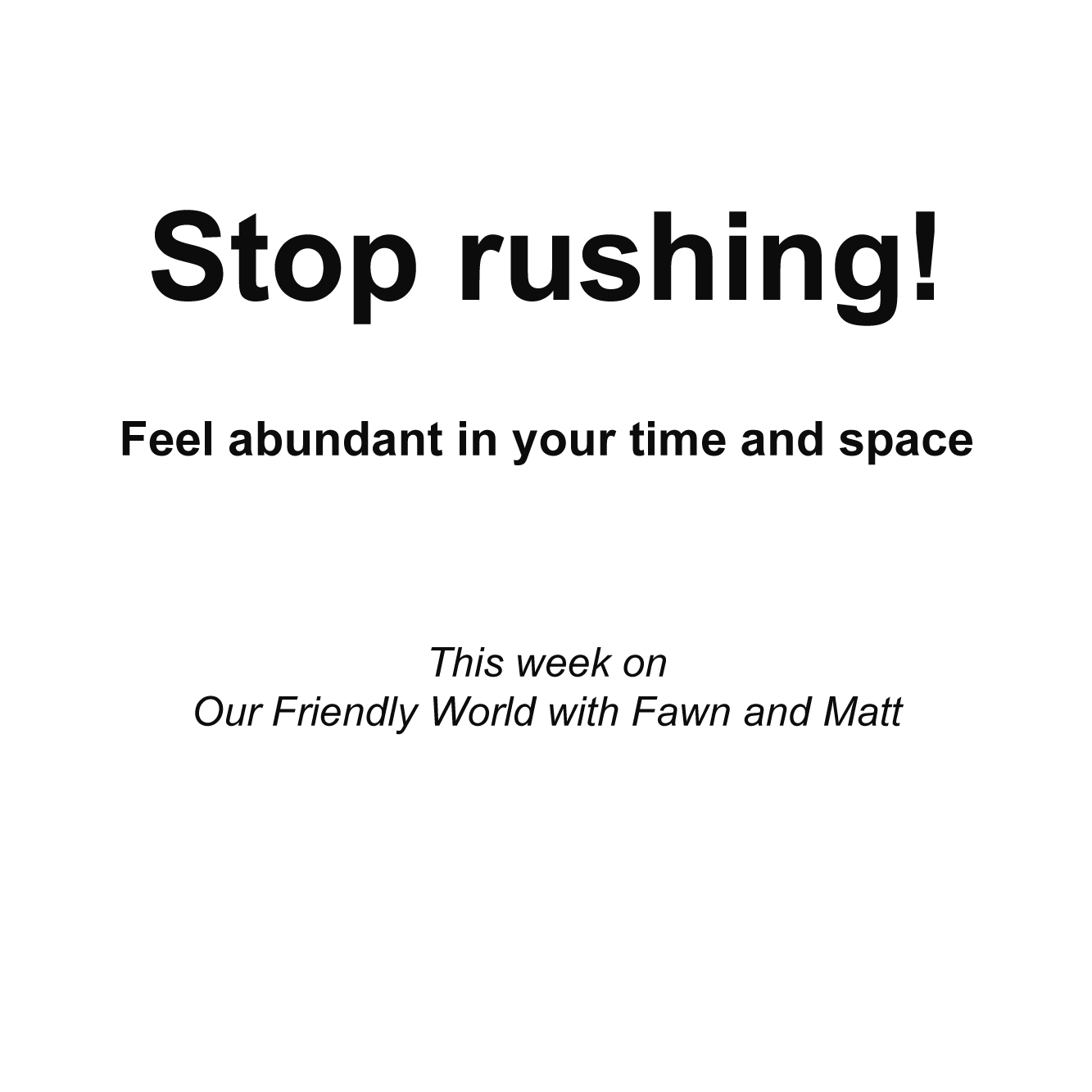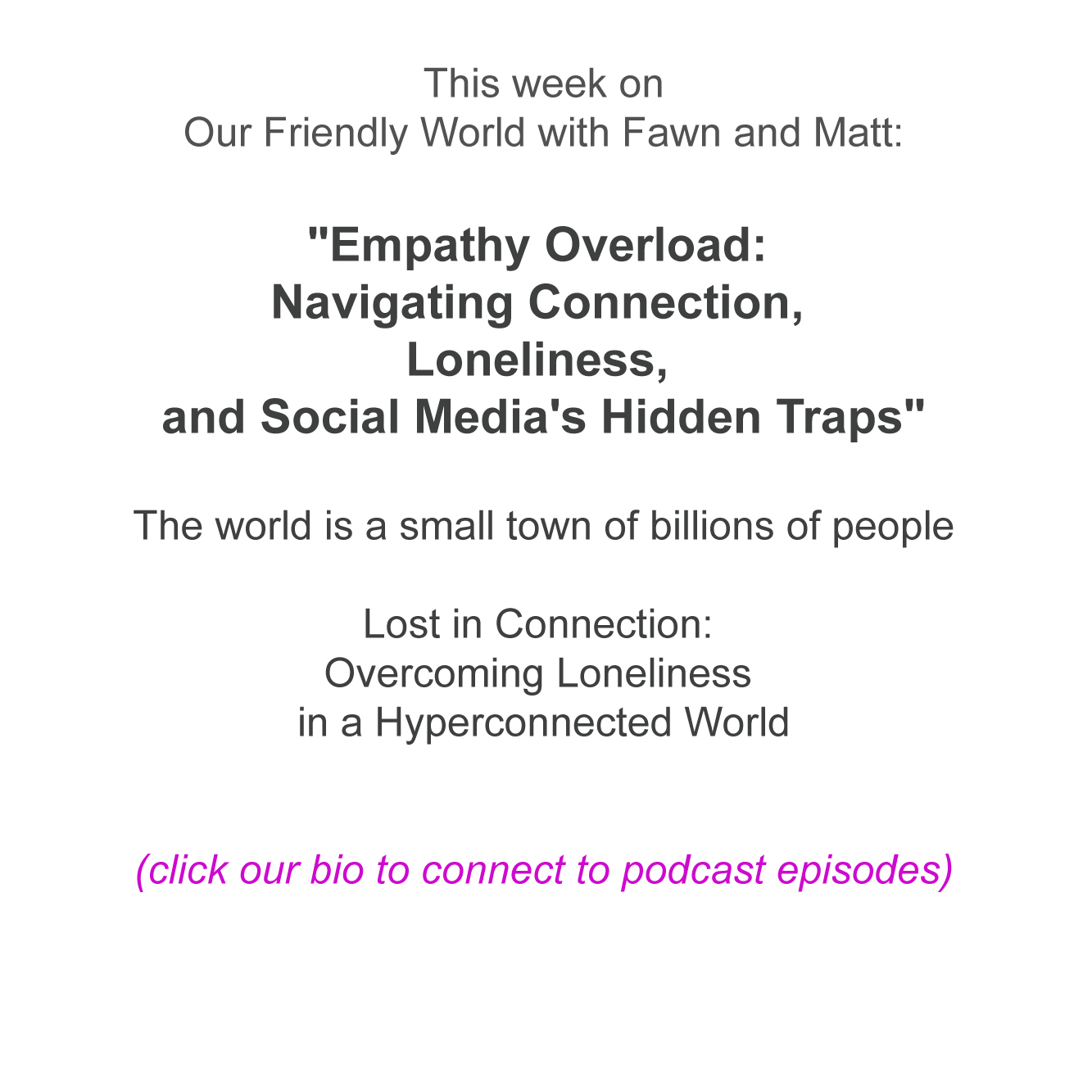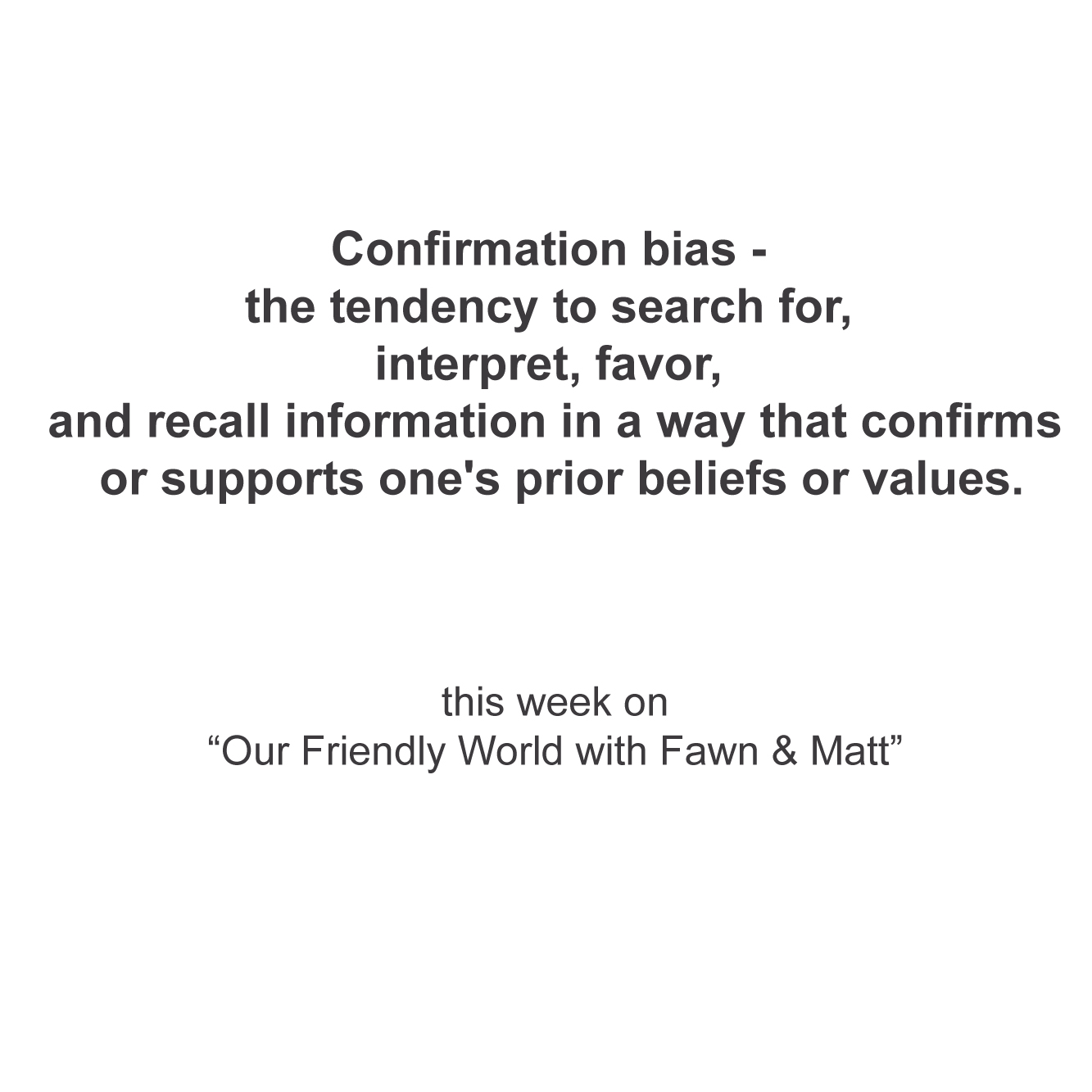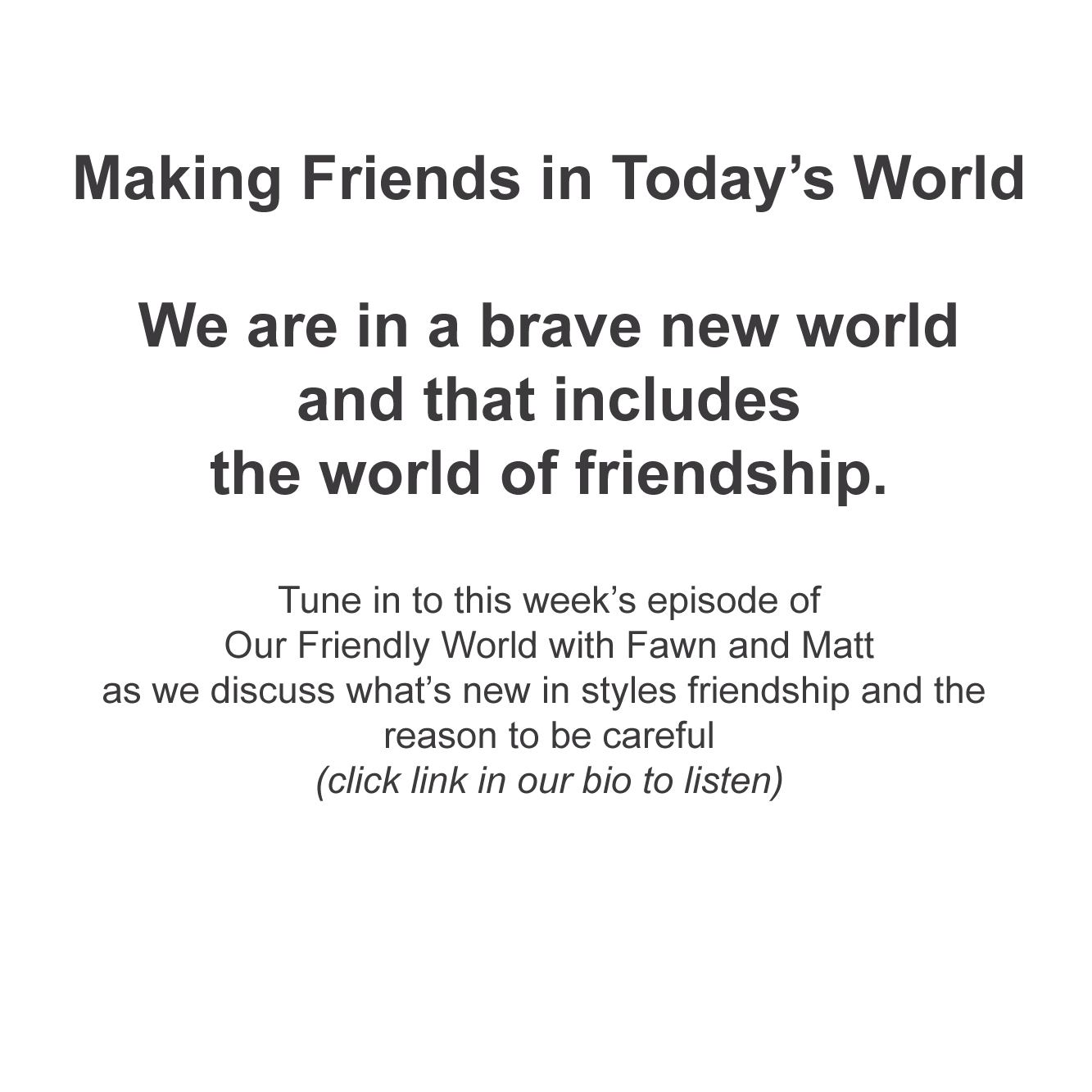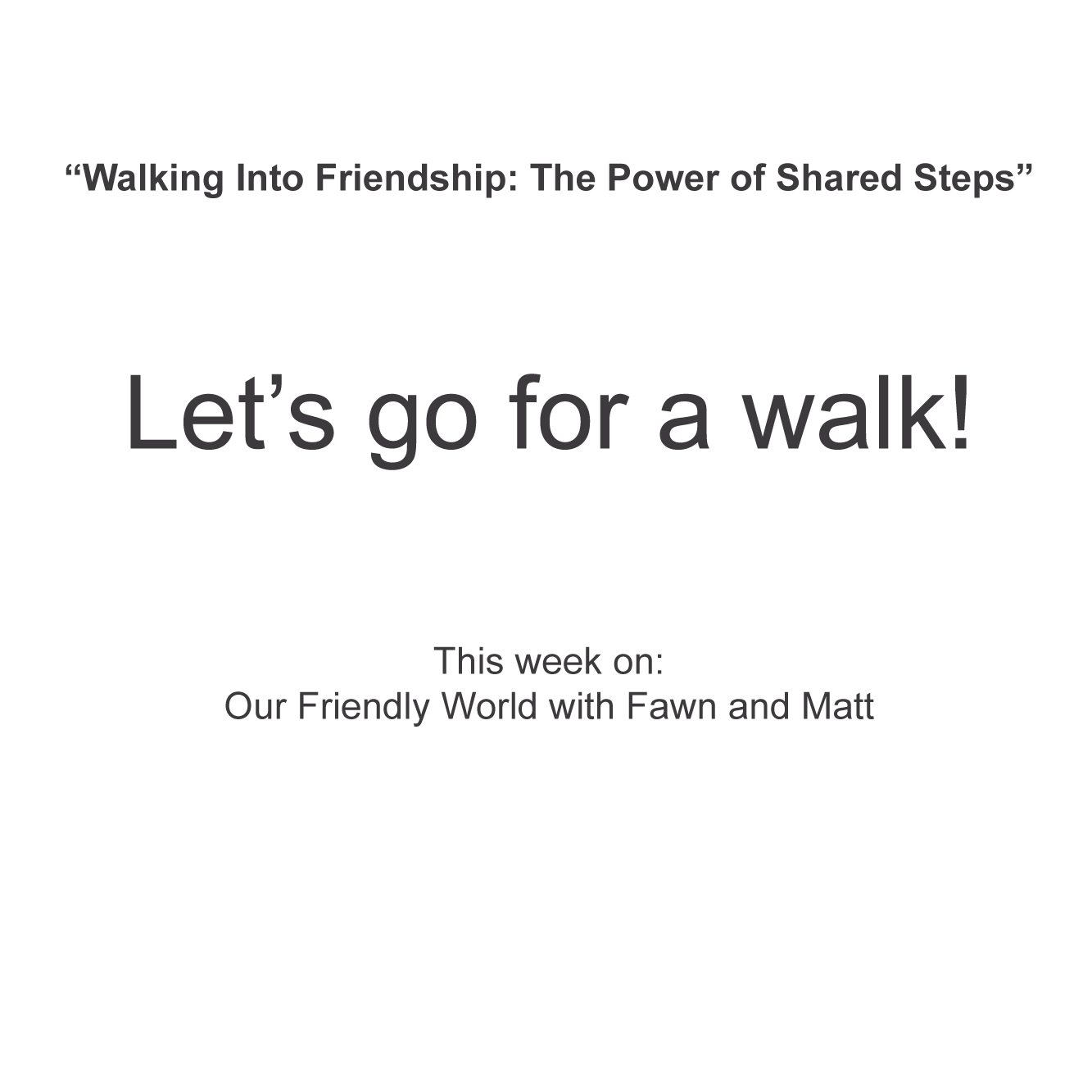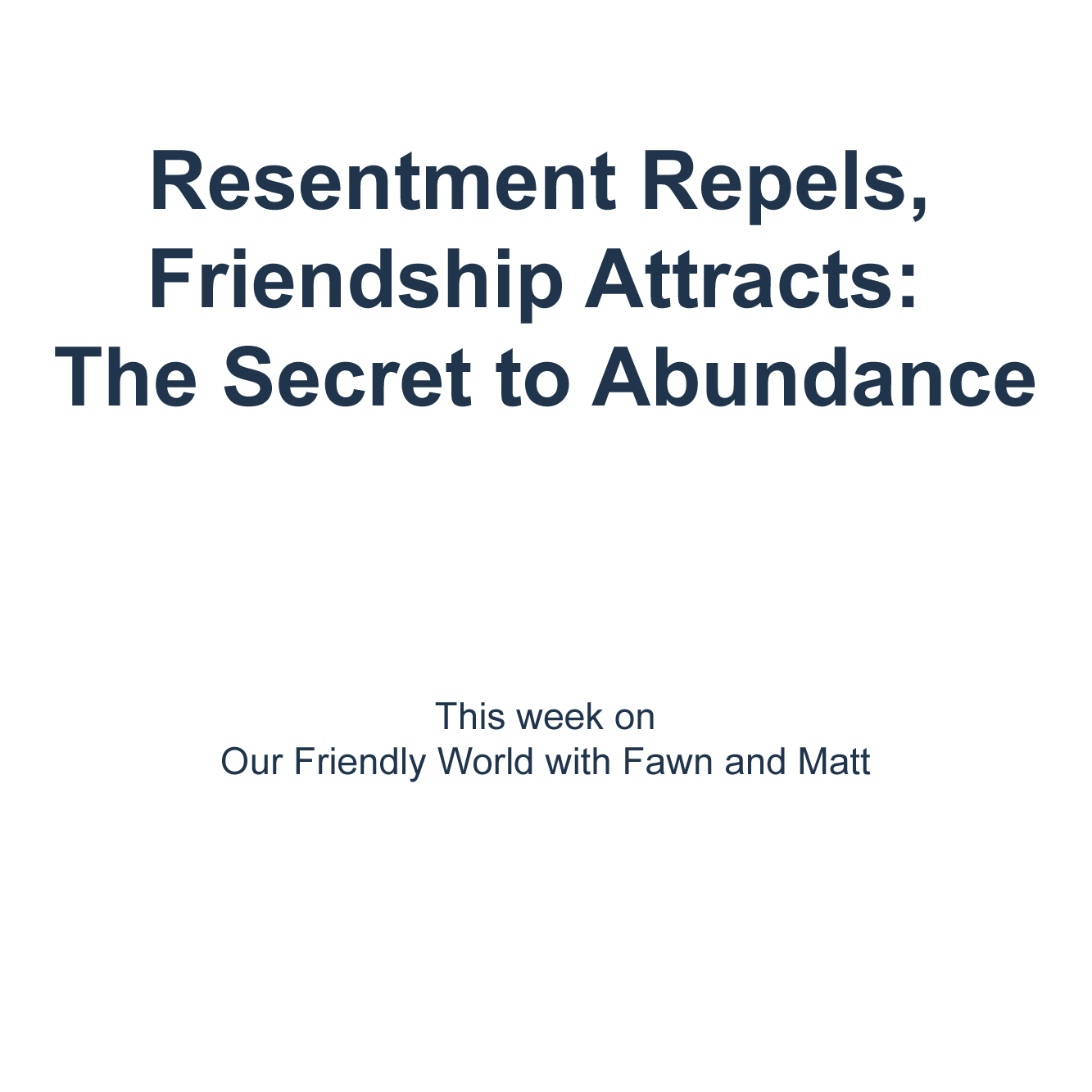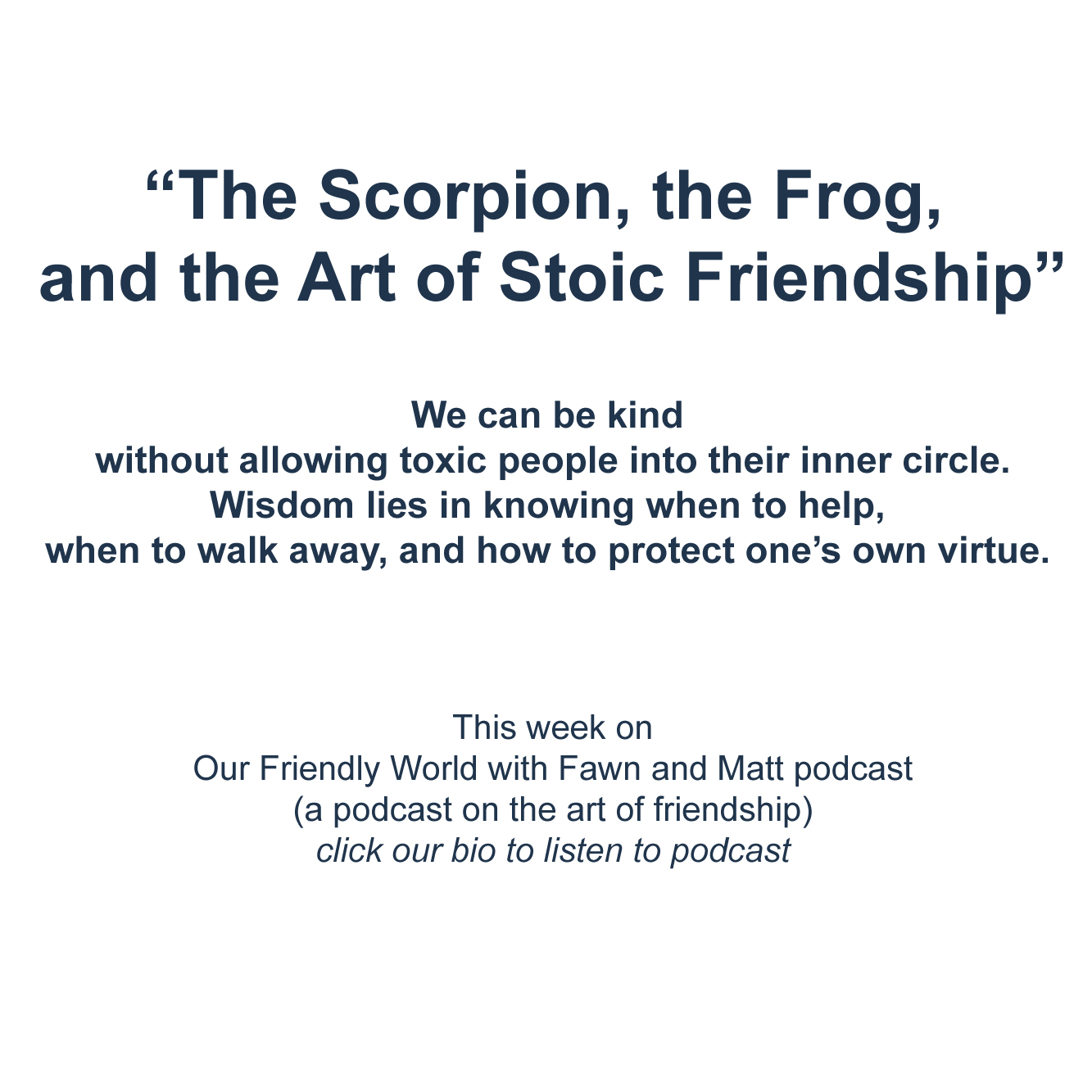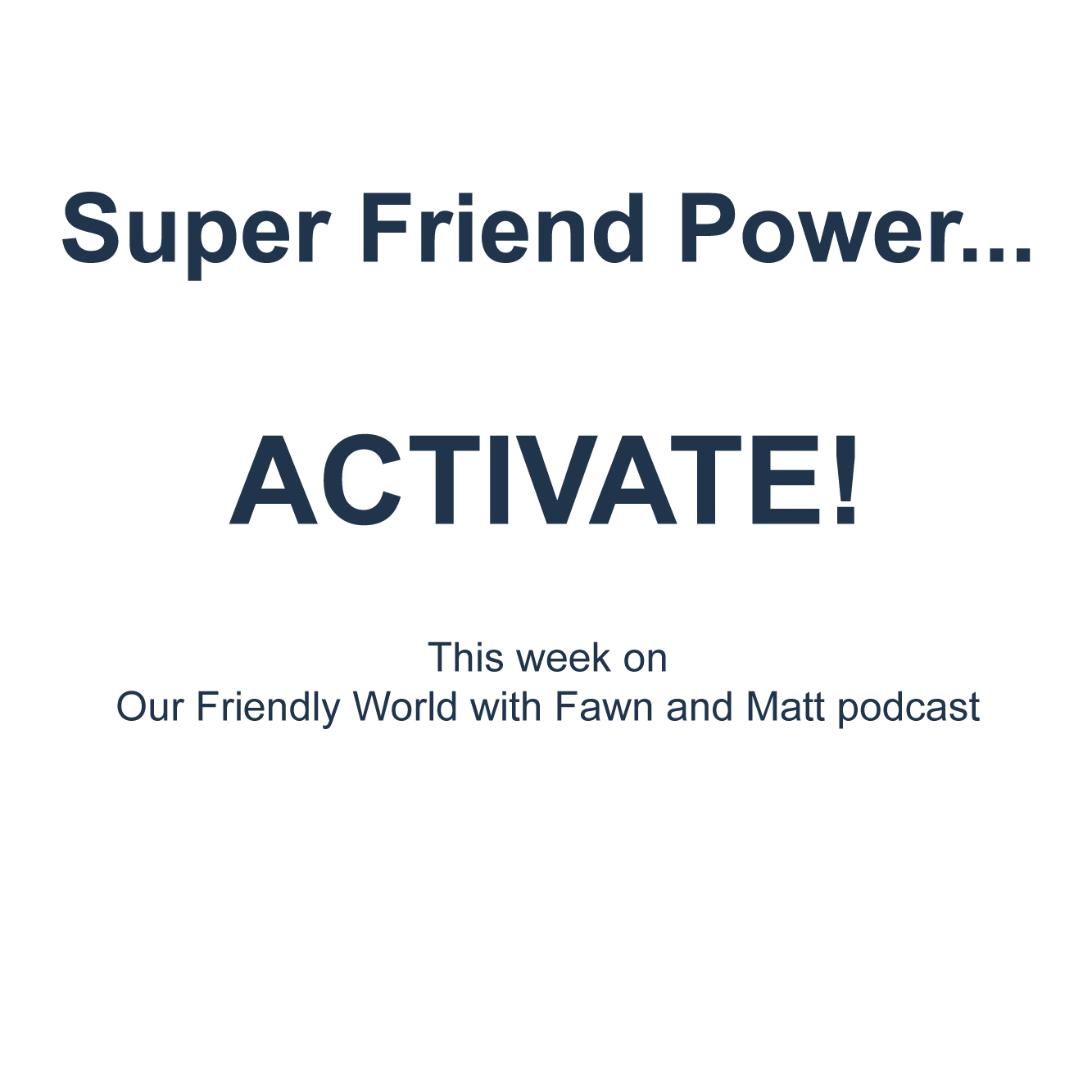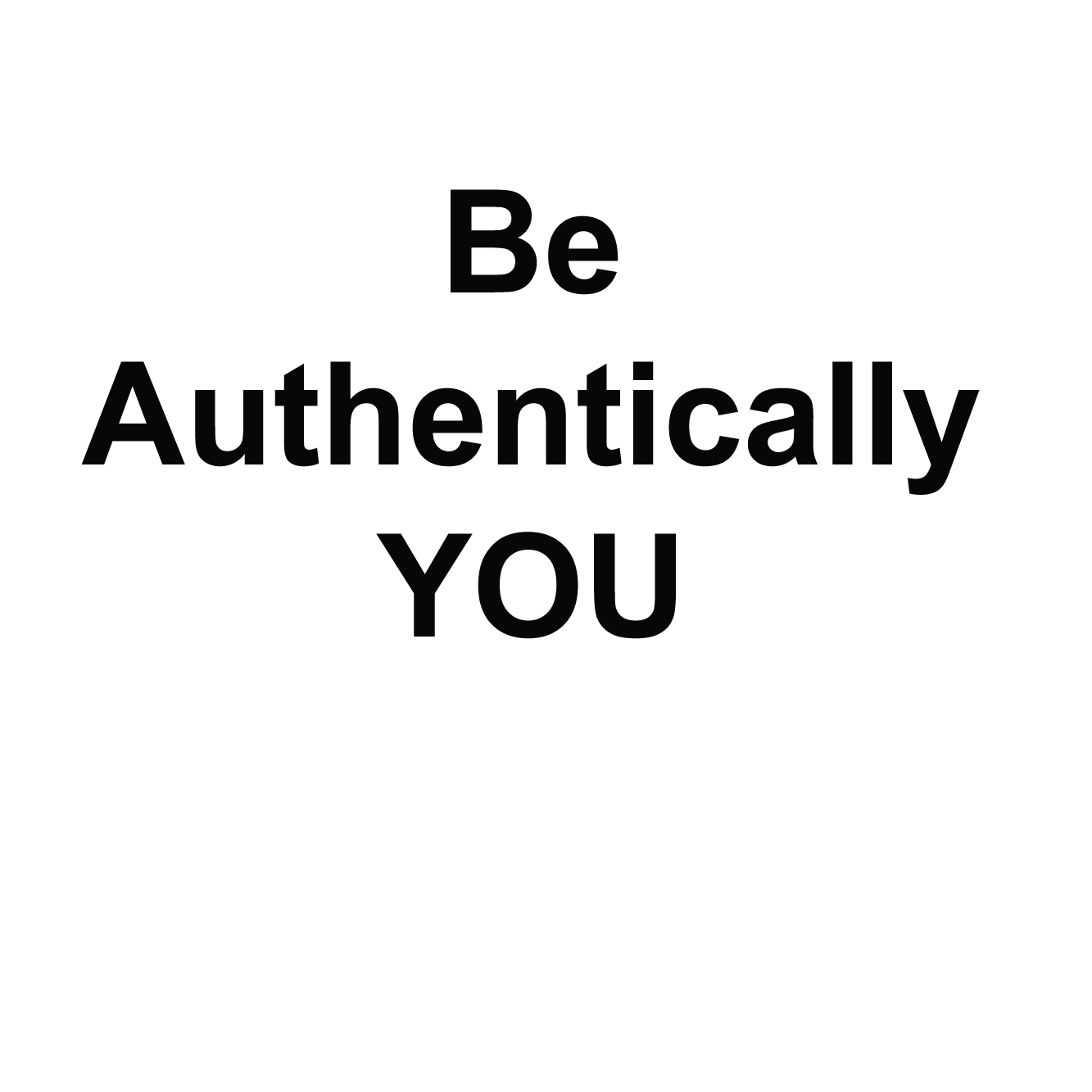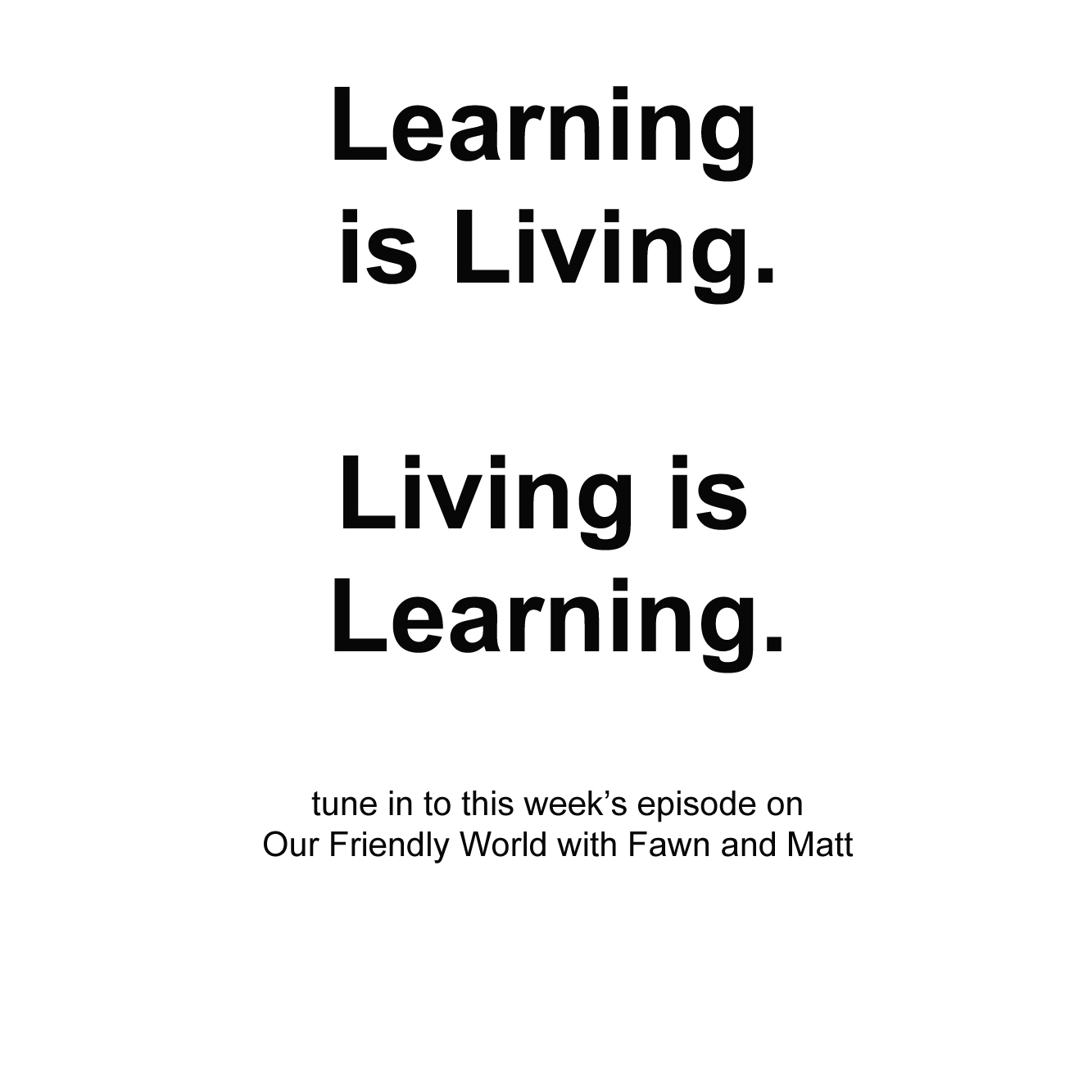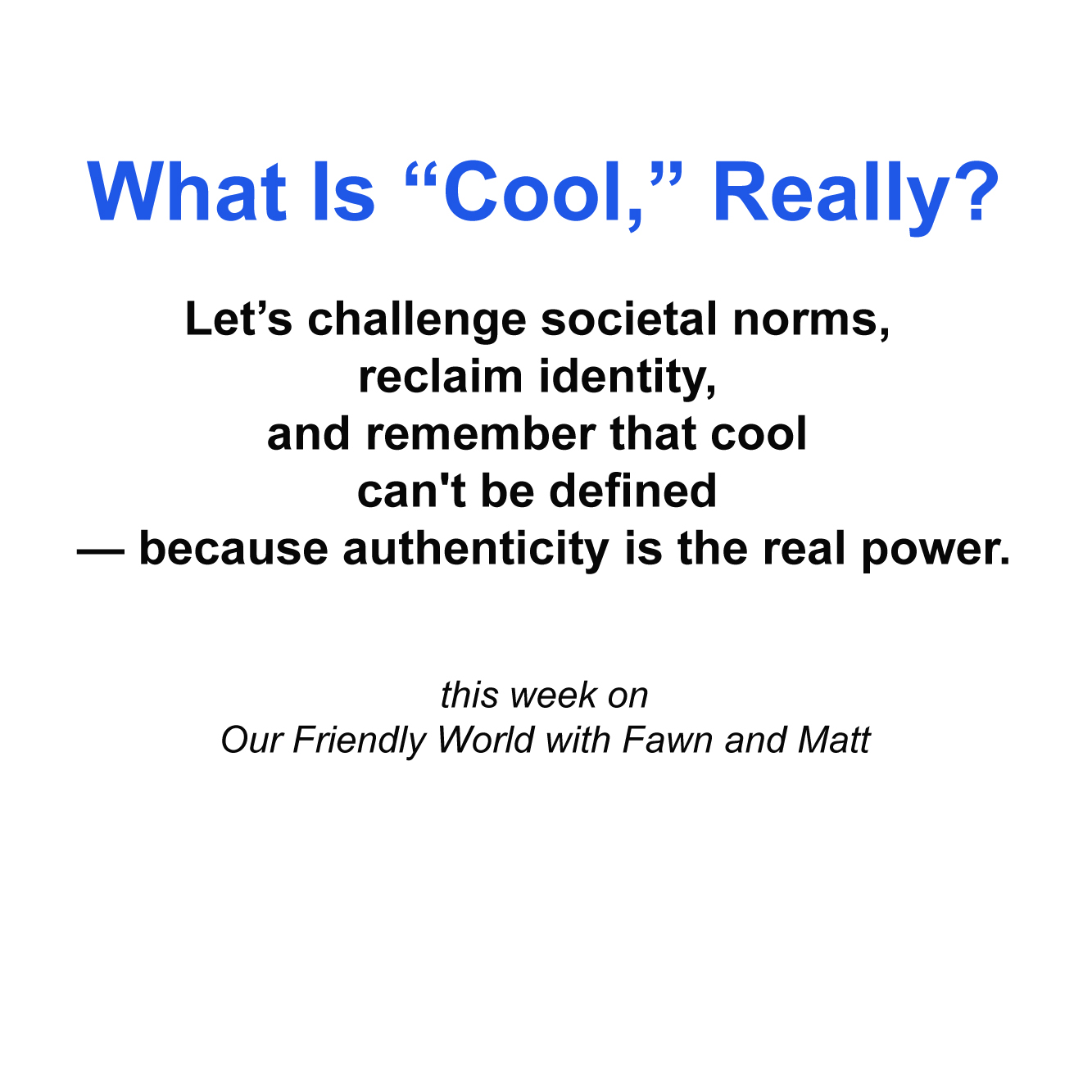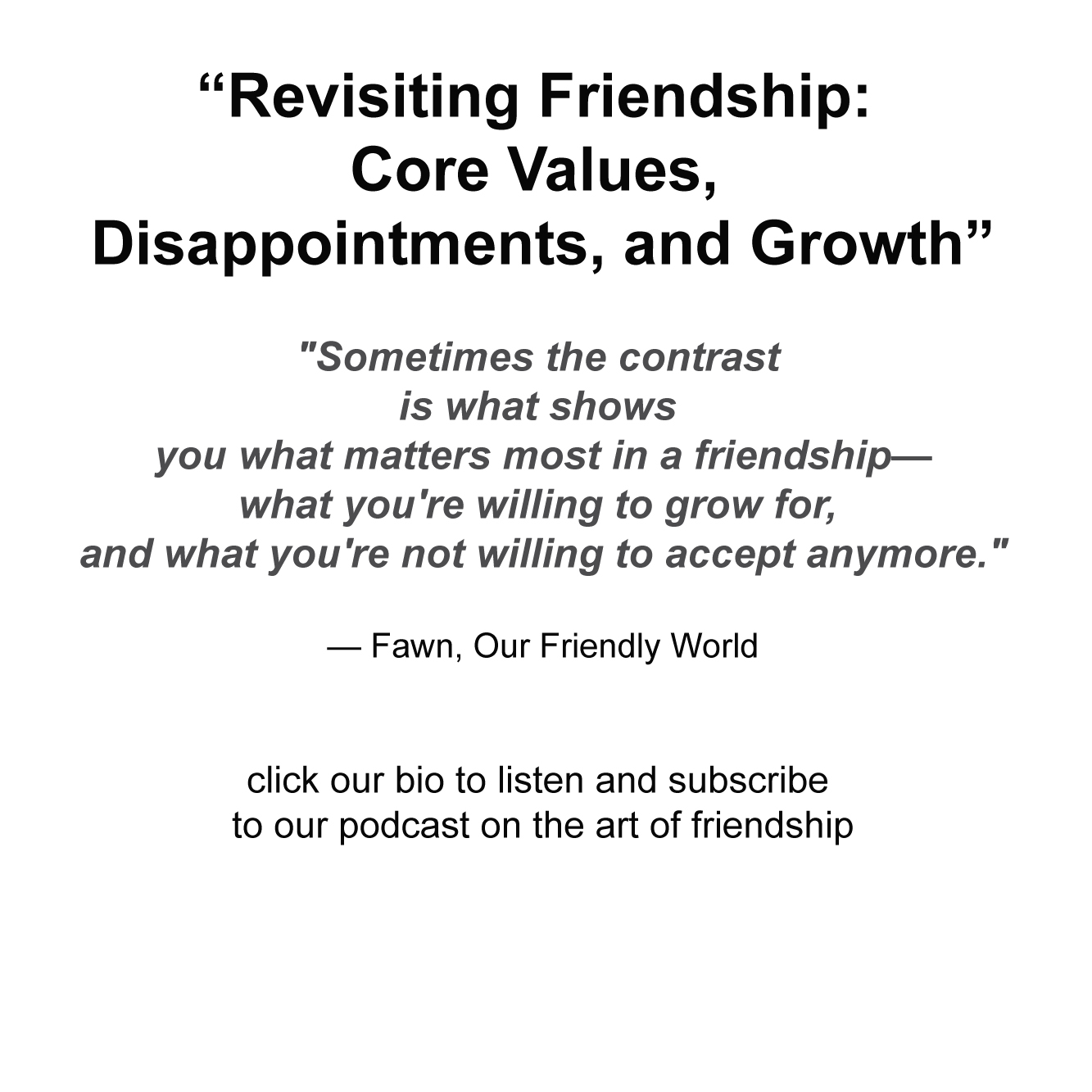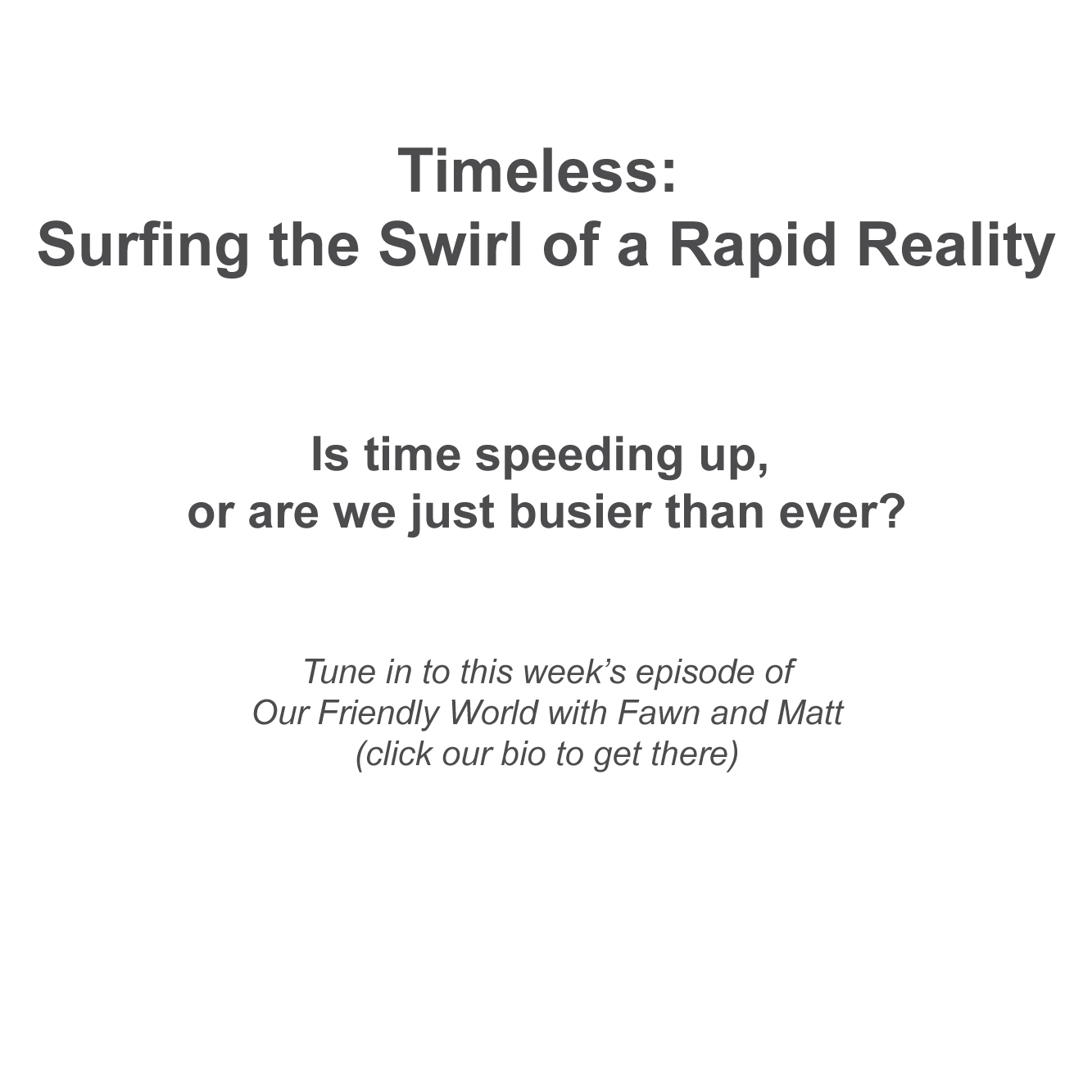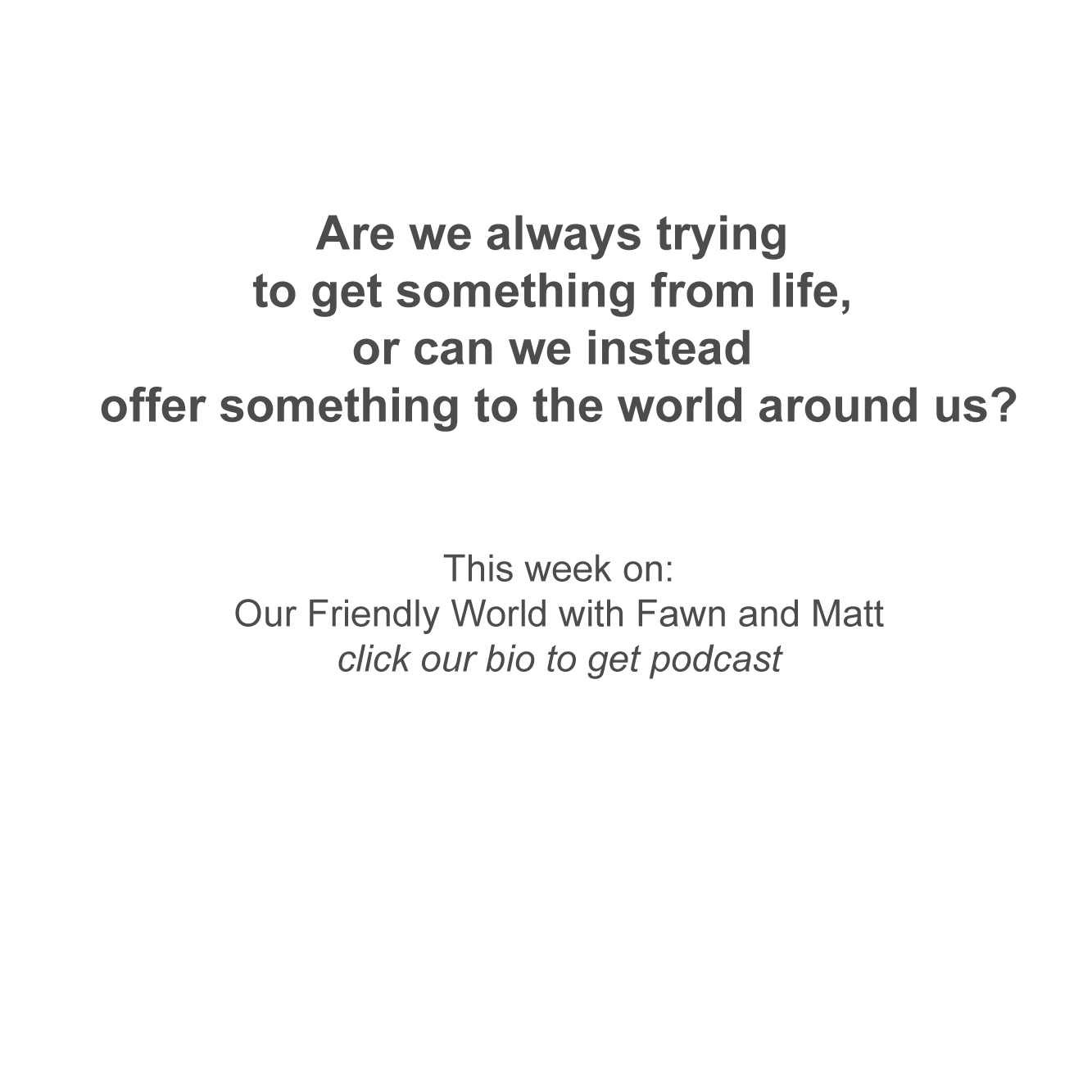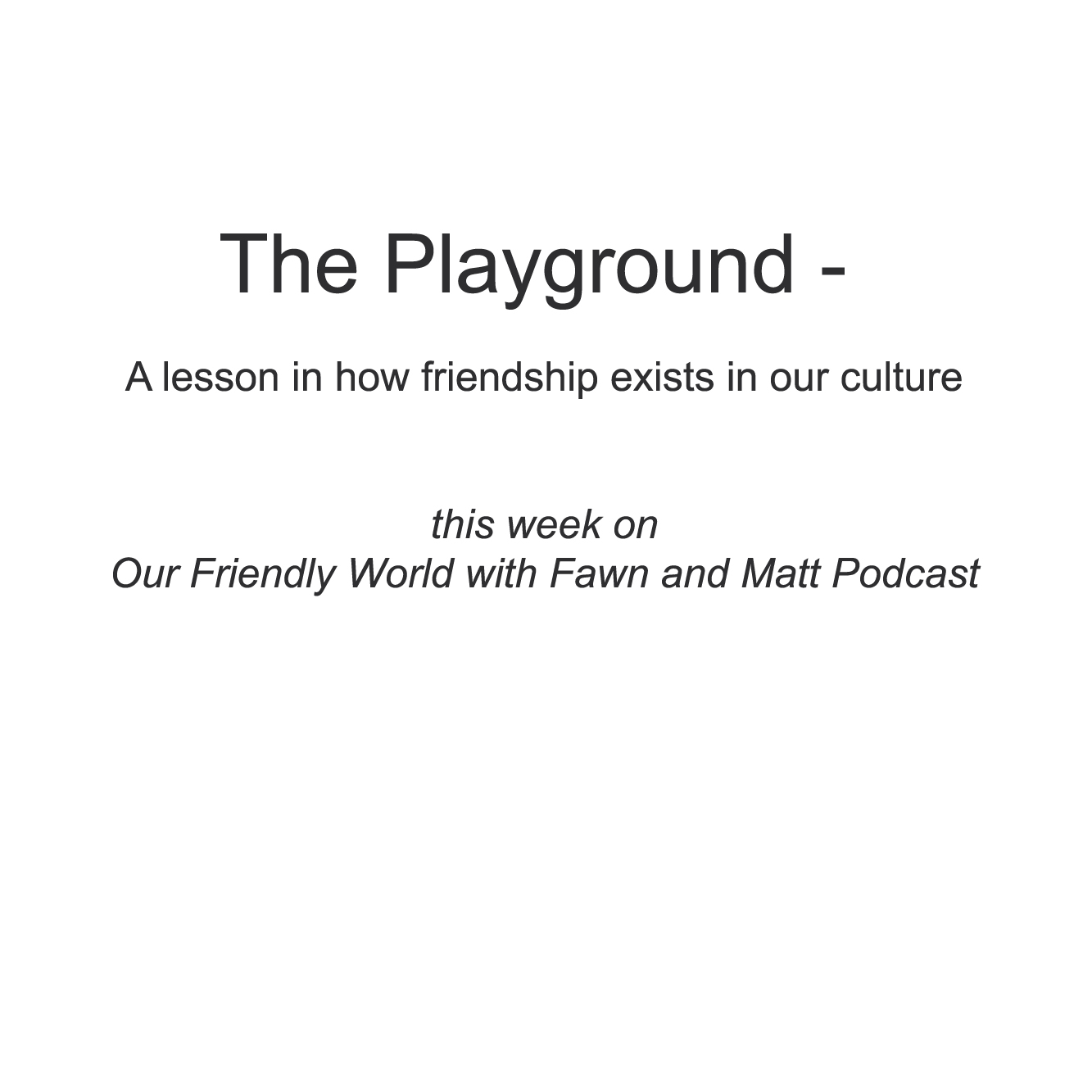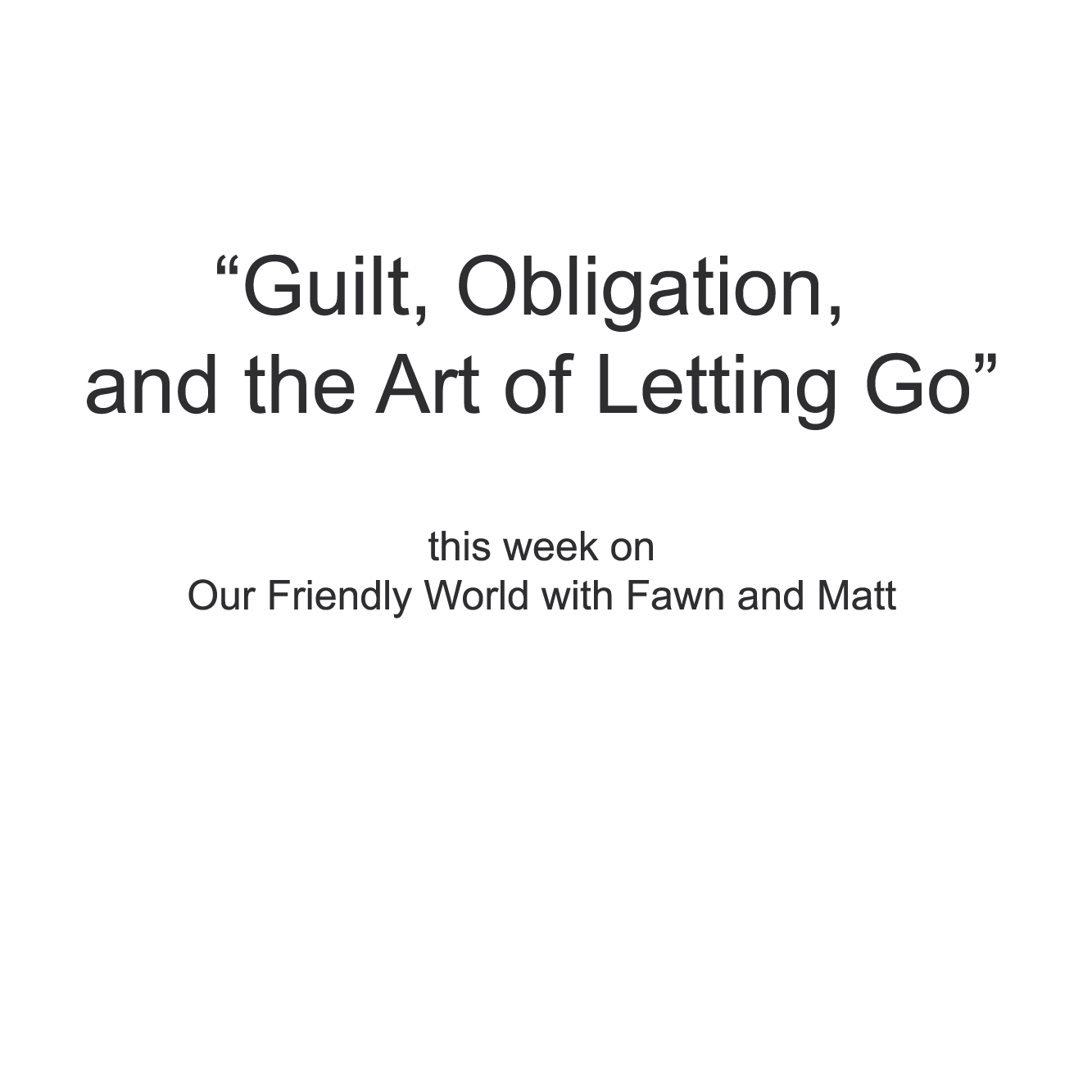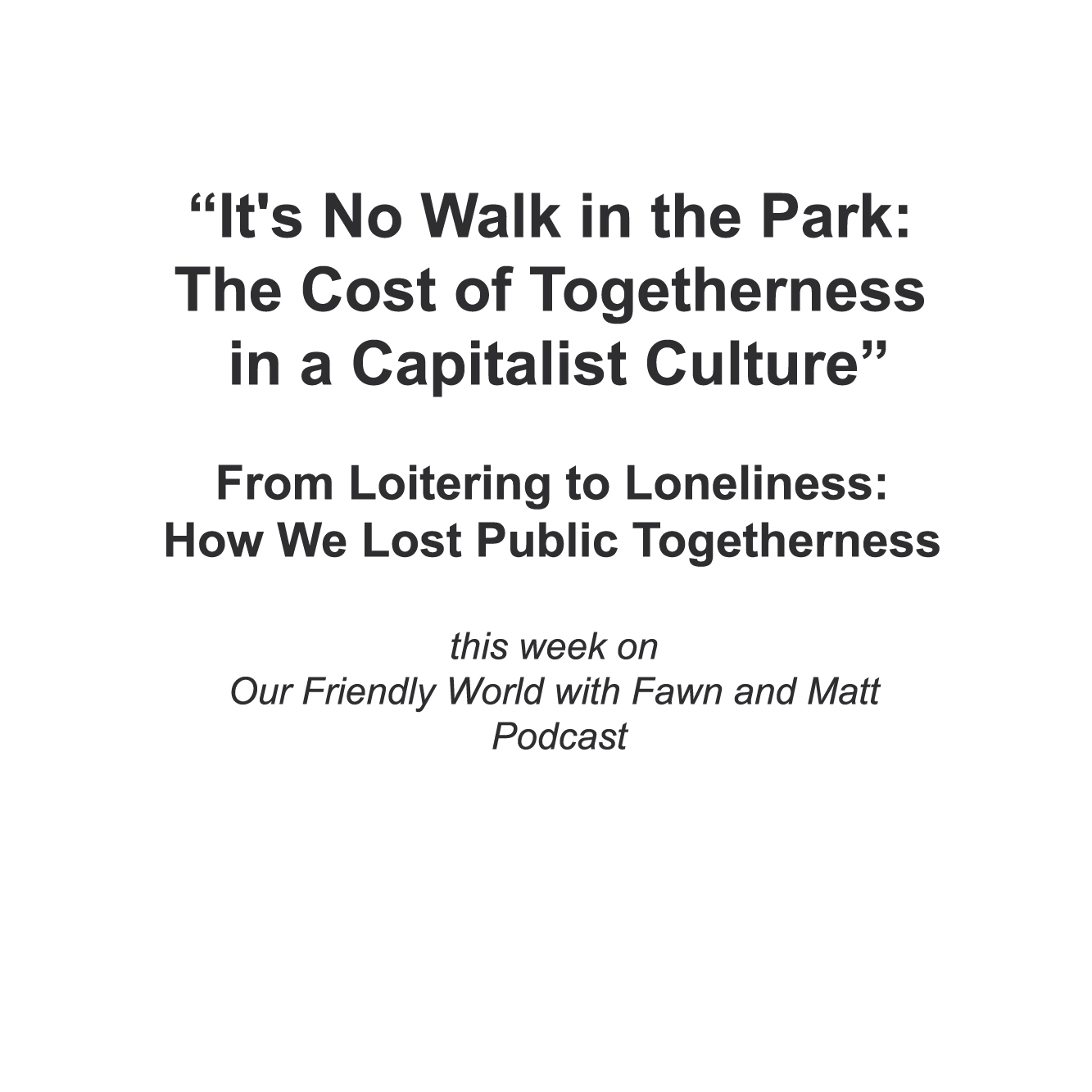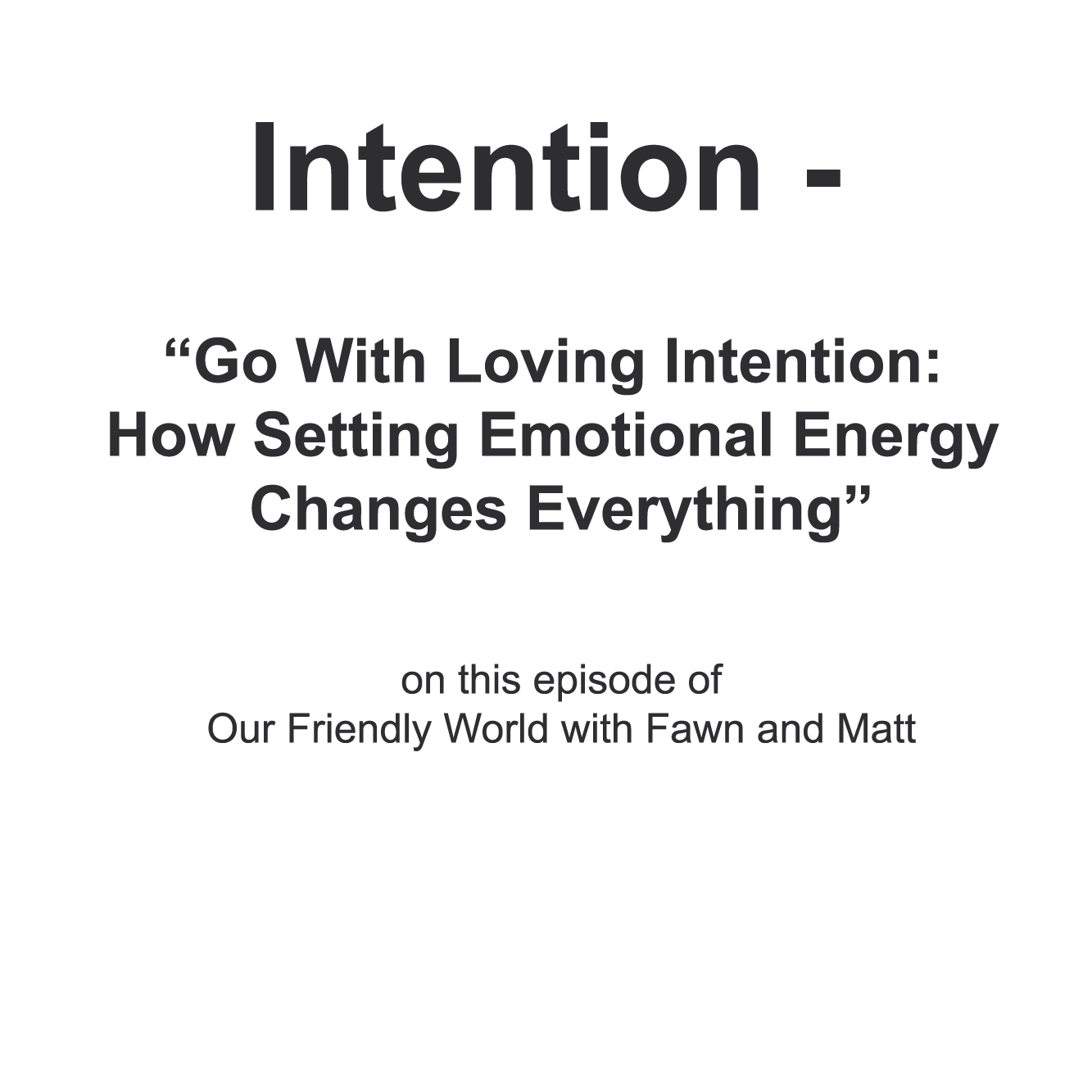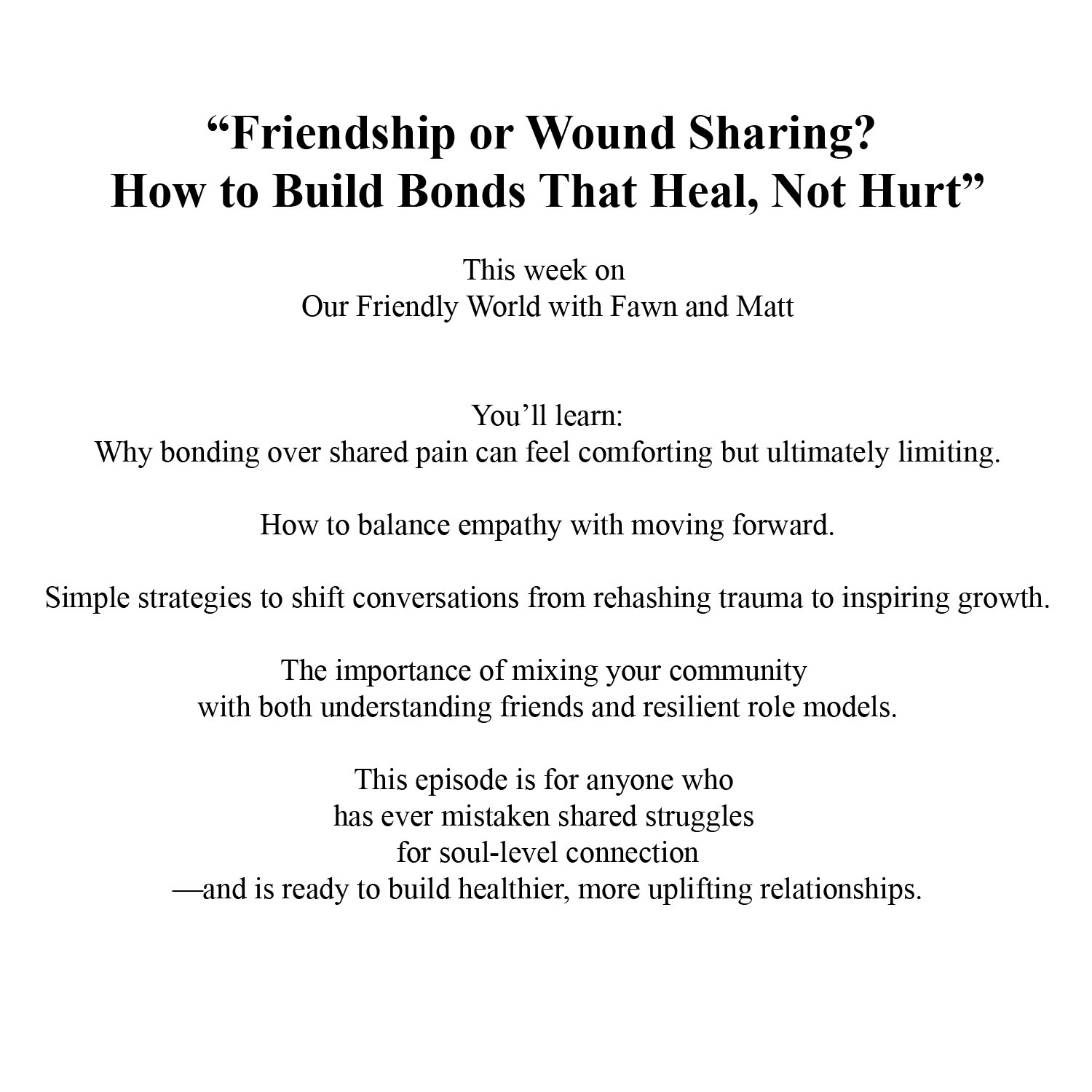Blockchain - How Tech Can Empower and Change Human Beings -#3 Social Responsibility
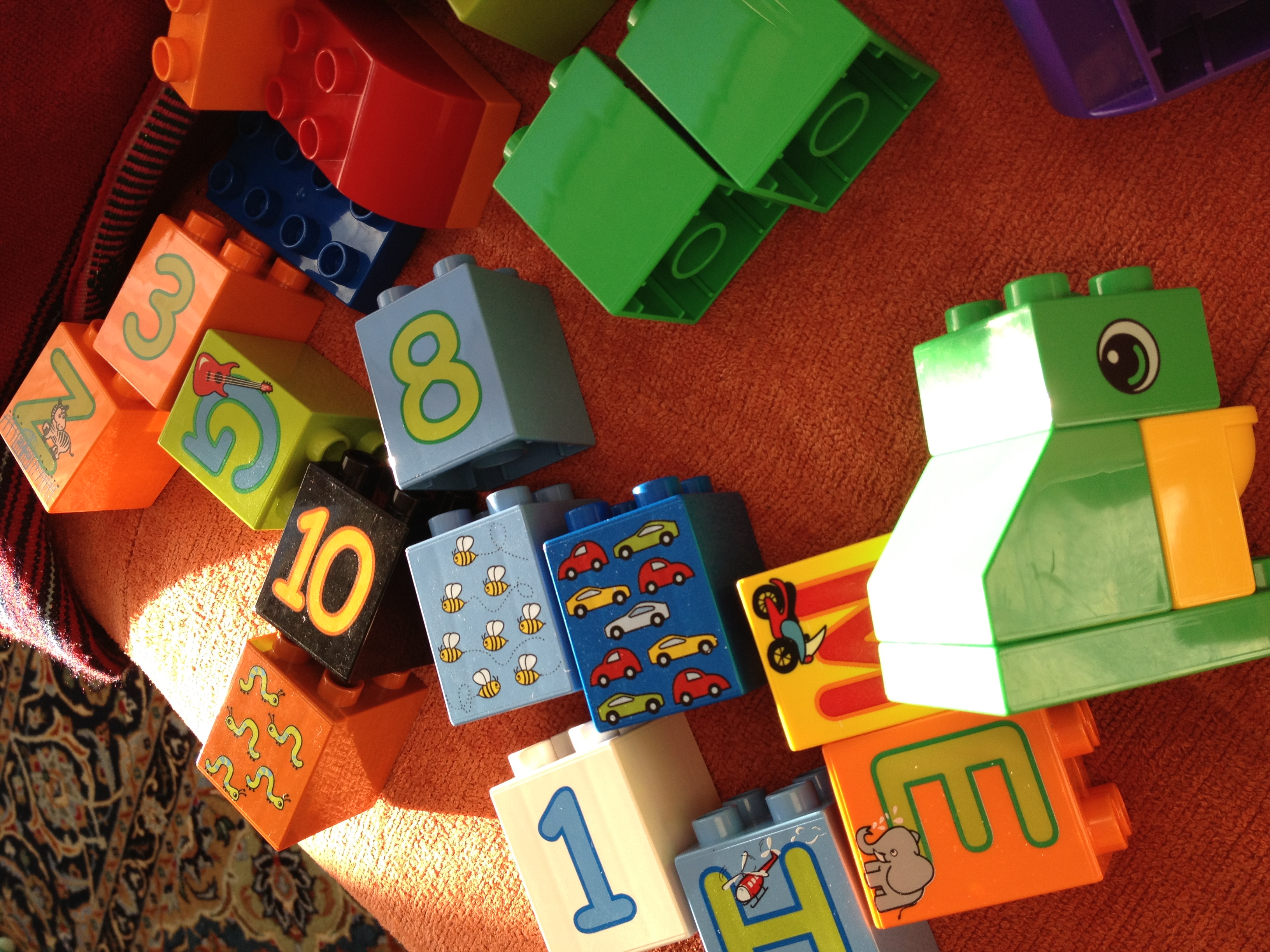
Blockchain #3 - Social Responsibility.
Our series on Blockchain and how it will empower people, with Prodessor Mostafa Purmehdi continues. This episode defines social responsibility and talks about how companies and countries have behaved (the good, the bad, and the really horrifying like King Leopold II of Belgium).
From Greenwashing to individual responsibility, to how beneficial it is to depend on entities like humanitarian and ecological groups to keep companies honest and if that even makes a difference.
How can we start now to have true social responsibility? We discuss ways in which blockchain is the key to ending human and enironmental suffering and injustice.
Blockchain #3 - Social Responsibility.
Our series on Blockchain and how it will empower people, with Prodessor Mostafa Purmehdi continues. This episode defines social responsibility and talks about how companies and countries have behaved (the good, the bad, and the really horrifying like King Leopold II of Belgium).
From Greenwashing to individual responsibility, to how beneficial it is to depend on entities like humanitarian and ecological groups to keep companies honest and if that even makes a difference.
How can we start now to have true social responsibility? We discuss ways in which blockchain is the key to ending human and environmental suffering and injustice.
Transcript:
[00:00:00] Fawn: [00:00:00] Oh my gosh. Good morning. Hello. Good evening. Good. All good. Every everything. Good. Welcome to our friendly world and welcome to our ongoing series with our beloved professor, our social scientists, our PhD in marketing, professor of marketing faculty, member of the university of the Fraser Valley. Our most amazing brother now, like he is our family.
The bird wants to say hi also. Um, Well, let's see, um, we have Mostafa Purmehdi who is doing a series with us on blockchain ,NFTs, all the technology that is coming up, how it's going to shape our lives, our relationships, our businesses, how it's going to completely change our world. Mostafa is the perfect person.
He is a consultant for various different businesses on new product [00:01:00] development, consumer behavior, and advanced technology. You can reach him, on nex3.xyz that's his website, which you can also find on our, um, Go to our what do you call it? Website. Hello? And by the way, friendly reminder, before we start, please hit subscribe, please subscribe.
Please send us emails and talk to me or Matt. We want to know your ideas. We want to know your thoughts. We want to connect with you as human beings. So please go to either, you can go to www.ourfriendlyworld.com or www.ourfriendlyworldpodcast.com. And there, you will also find how with one click find how to, how to go to Mostafa and his amazing work with www.nex3.xyz
Today, I wanted to start with a little nugget of wisdom, but I really couldn't find anything specific. [00:02:00] Our topic today is social responsibility through tech and all the things that are changing and how that fits in how this new wave of technology that's coming is going to change our world. But how responsible will it be?
Can we make it more responsible? So I was thinking about nuggets of wisdom from Santa Monica. And honestly the whole point of me bringing up Santa Monica and the nuggets of wisdom is because there was at the root of it, it had to do with social responsibility, from friendships in the neighborhood to businesses.
We were all friends. And I recall how, remember Matt, we would walk down the street and much like how we lived in Port Townsend. I think the original was Santa Monica at the drop of a dime. There was a cute little parade or a get together in Santa Monica really was about get-togethers because we had the tables at the Santa Monica farmer's market.
But like the one on main street, not the one on third street promenade. [00:03:00] Right. We had this community and even if there was no farmer's market, when you walked down the street, the business owners were there and we were all friendly. We took care of one another.
We took care of the businesses. The businesses took care of us, just like the normal folk. Remember the businesses would come out and they would give you a taste of whatever they were cooking up, like the restaurants, especially, and you would walk down and you would get advice from the boutiques.
It was just a special community. And to me that was social responsibility because I felt cared for as a human being. So I started to look up the etymology or the meaning of social responsibility and I've found some pretty dry dry definitions, I guess I was not satisfied. So, so, but here's a social responsibility.
The definition is it's an ethical framework that [00:04:00] suggests and individual has an obligation to work and cooperate with other individuals and organizations for the benefit of society at large, like the businesses I'm thinking of in our community.
Like I remember there was a guy who worked with crystals. One day I was, walking by and he just looked at me the owner of this business and we still have them to this day, probably 25 pounds of beautiful Rose courts.
You know, that stuff is expensive, but 25 pounds worth, right. He handed it to me. He said, this is good for your heart. And I don't know if you had a premonition, like I needed some love, but I'll never forget that. And I know, Oh, and the thing is he charged me five bucks.
Matt: [00:04:54] Oh, nice.
Fawn: [00:04:56] Easily. That would have cost hundreds of dollars.
[00:05:00] Anyway, social responsibility was carrying. It was not about the bottom line was not about money. It was more than that. So looking at the etymology, I just, I had to just go with responsibility and this is what I found it originally comes from the Latin verb, respondere, meaning to respond to, obviously in the 13th century, the French meaning was, responsible which is actually a word that's not around anymore.
And at the end of the 16th century responsible, , meant answerable to, or expected to justify. And in the 1640s, it meant accountable for ideas actions. Then 50 years after that, it meant trustworthy and reliable. Then I looked into, okay, what is the origins of social responsibility? And this is what I [00:06:00] got.
That it began in ancient times. And you know, this is obviously the white man's perspective because I'm sure Mostafa, it really began with Persian people. I mean, look at our hospitality. Right. And also our different, various different religions in the middle East. Like I think if you go to that, obviously Matt brought that up.
Right. We'll talk, we'll get into that in a second. So in ancient times it was the understanding that there's a need for commerce to protect their resources. Early ideas of social responsibility emerged during colonial times when merchants donated to poor houses, schools, and orphanages, and I'm like, Oh, that's nice.
And then I'm like, no, that is total BS. That is not true because immediately I thought of all the, especially the European countries, what [00:07:00] mess they created for the sake of commerce, there was no social responsibility. They can say, well, yeah, no, we, we took care of our people. We advanced society and civilization.
No, you didn't, you pillaged people. You brought about slavery. There was no social responsibility outside of your own boundaries. So I immediately thought of King Leopold, the second of Belgium and the sad truth is no one, hardly anyone in the United States especially, knows what the heck happened; what King Leopold, the second did, this guy went and literally pillaged all of Africa. And I'm not sure we're gonna get into it because Matt and I will get into fights because I go for it. I like this is I, you know, we're, we're about friendship and making our society better, but please look into King Leopold, the second of Belgium and be prepared to be [00:08:00] horrified. My question today is obviously we're going to talk about technology and obviously we're going to talk about our lives and where we're headed, but here's my question.
Have we ever had social responsibility? I don't think we have, But here's my question. How can we start now? Because we're in this new wave and here we go. It's our opportunity to not repeat history. How can we start now to have true social responsibility?
Matt: [00:08:32] Well, I think first of all, you're talking Western history, right? I'm not sure what did and didn't happen in, you know, the far East, the middle East, South America, you know, I don't know what the inklings were doing. I don't know what the Mayans were doing. They were
Fawn: [00:08:46] being pillaged by Europe,
Matt: [00:08:48] but before the white man came
Fawn: [00:08:50] Mostafa
Matt: [00:08:52] and then we can talk about the middle East and we can talk about the Muslims, the religion of Islam, one of the five pillars [00:09:00] is to donate 10% to worthwhile causes and or charities.
Now, I can't say how it works. Having never been to Saudi Arabia, Iraq, Iran, Kuwait, et cetera, et cetera. But I mean, it certainly makes for a counterpoint to what you're talking about.
Fawn: [00:09:18] All right.
I feel like all of history is written by the white people.
Matt: [00:09:26] Well, if that's the history you read, then yes, absolutely. I can see that.
Fawn: [00:09:30] I mean, look at South America, Spain going in. Portugal. Portugal is ...OK,I don't want to get into it. Just please study. We all need to study. We all need to do our research, but let's just, let's get into it.
What do you want to do? Do you want to talk about the past, or should we talk about what are we going to do now? Mostafa.
Matt: [00:09:54] I was about to say,
Fawn: [00:09:57] sorry, I didn't even introduce
[00:10:00] Mostafa: [00:09:59] you as a great conversation. I was like, enjoying it, sipping on my coffee.
Fawn: [00:10:05] I'm so sorry. You guys are doing a great job.
I, you
know, what? Bad host, bad host, bad host. I'm so sorry. First of all. Hi, I'm Fawn. This is my beloved, my, um, coheart, , Matt, and you know what? I'm so sorry. Mostafayou're so part of the family that I thought you would jump in, I'm like, why are you not saying anything right now? You guys, this is Mostafa Purmehdi
Please, please take it away.
Mostafa: [00:10:31] Hello everyone. No, it's actually a pleasure to be with you guys this morning. I really liked the conversation you guys were having. So let's carry on. I just want to interject and say, well, I am a Persian from the middle East, so I can probably chip in a little bit about what's going on in that part of the world.
I would start by saying what Matt said about donating 10% of one's [00:11:00] revenue every year is actually a, it happens, but Matt, it is 20%
Matt: [00:11:07] even better.
Mostafa: [00:11:08] Yes, it is called one fifth. The word in Arabic means is "homs", which is one fifth, so 20%. And it is actually carried out, almost everywhere in the Islamic world, because it is someone's social responsibility.
There is no governmental obligation to that. It's just between the person and his God or her God. And, if they believe they should be paying that one fifth, that 20% they'll find their way, according to the, transcripts and whatnot to make that happen. Which brings me to the discussion that any social responsibility has to come from within. Today in the world of business, we do have systems in [00:12:00] place for companies to showcase what they're doing. And in some industries, there are mandates that has to be followed by the companies. However, if it's not coming from within, then it will be it will not really go to the right place. And, at some point I will be talking about greenwashing, like companies that are supposed to be promoting protection of environment green practices and manufacturing and consumption, but what they're doing is just a mere promotion and they're not really being green and that kind of marketing that all we are a green company, quote, unquote green company is just greenwashing as a term.
Matt: [00:12:51] Well, doesn't like the Sierra club and or other organizations Greenpeace. Like they they'll, they'll highlight certain companies that [00:13:00] are doing well almost as a independent quote, unquote independent adjudicating board on the whole thing.
Fawn: [00:13:06] Here's where the whole moral bankruptcy thing comes in. Right. And, Mostafa, you're right. It comes to your individual, comes from within, you know. We need to take care of each other. We cannot depend on some other entity. We're here. We're interconnected. We need to be here for one another.
It needs to come from you. It can't come from some Sierra club saying, all right, this company is okay. No,
Matt: [00:13:34] . Well, isn't it a step though, in a positive direction that
Fawn: [00:13:36] there's not enough of them it's too much and too much is happening. I don't think you can put that responsibility.
Mostafa: [00:13:43] It is, it's a good seven the right direction, I guess, because it brings trust. It brings recognition to the markets. So us as customers, we want to trust companies that are doing good and [00:14:00] we will support them by, through spending our dollars, right. Or whatever currency we are spending. And so that trust is partly built through witnessing the procedures that are in place within the company within their value chain with their partners and suppliers and marketing channels.
Fawn: [00:14:23] But can I just say that I don't even trust that. Like, when I was doing photography work, I worked for several, humanitarian quote unquote humanitarian agencies. And I went there to document their efforts and I was like, are you, you've got to be kidding me the way they behaved. It was a bunch of BS.
They are, I mean, you, you would think, okay, well this, this company, or this entity is, is really keeping track of taking care of this whole social responsibility aspect, [00:15:00] but really they're not.
Mostafa: [00:15:02] And I hear you. And that is, I think that's something that we have to learn to live with because as long as there are incentives for companies and people to look good, but not really have to put in the work, we will have this hypocrisy you know, just making the face of you know, showing the face of a do good type of entity.
And I say entity because that's also people and companies and but one of the cool things which ties to our discussion today is that technologies like blockchain bring transparency to these claims and independent journalists, a simple a customer like you and I can go on the blockchain and verify the claims, see that with our own eyes. And the cool thing about blockchain is that it [00:16:00] traces actual activities. So if a company says I I'm doing this on a regular basis, and it is going to support environment is going to support societies and communities. Can we see the footprint of that activity on the blockchain? Can we see each individual step towards that goal?
And it is verifiable. It is not something that they can make up. So, when we look at social responsibility, corporate social responsibility, or CSR is a topic that gets talked about a lot in business and increasingly so because we are starting to look at companies as entities that are, very effective in the way we run societies and communities.
And. One of the cool things that researchers have done is [00:17:00] to collect and organize everything we know from the Dawn of history, to the very modern times about it and classified in a way that it is exhaustive. So today I can tell you that when we talk about CSR, it is defined over one of these four areas.
It is either about profits, how the company is staying profitable. Is it in the expense of their customers, the environment and whatnot, political performance, what is the role they play in our political lives? And the way communities are governed, the way we make this collective decisions. The third one is about social demands. How responsive companies are to the social demands. Good example is Ben and Jerry's they sell ice cream, but they are very active in the social shifts and cultural [00:18:00] shifts. When it comes to elections, they are vocal when it comes to supporting and defending human rights, LGBT rights they are vocal and they used the power of their brand to support the cause.
And it works the other way around as well, because now their support of the cause helps them with their brand image. So social demands is the third one. And the fourth one is ethical values, which I could argue, it has to be woven into the, DNA of the company. It has to come through all the different processes and procedures of the company. It has to come from the heart of the founders.
Going back to the Ben and Jerry's example. The reason why they are so active in the CSR area is because Ben and Jerry, the two founders, they are altruistic people in the sense that when they built [00:19:00] their company they wanted to have a notion of linked prosperity.
That's what they coined. And you can find this on their website as well. The linked prosperity says we're gonna prosper and get rich as a business. But at the same time, we want to share that with our employees, with our neighbors, with our customers, with the environment. So, that's why I say it has to be woven into the DNA.
Fawn: [00:19:28] And where are you If your customers are not also, within this economic social, environmental, um, w within these elements, where are you, if your customers are not wealthy, you know, that they're poor, they're struggling. Where are you when other people are not doing well? So you are a responsible, you should be responsible.
You should be looking out for the welfare of humanity as a company, because where would you, where would you be [00:20:00] without us? Where would you be without people? That's the only reason why any business exists in the world is because you are of benefit. You were supposed to be of service to each other, to one another.
Mostafa: [00:20:14] Well, here is I think where we can discuss that companies don't get it right because while, companies are supposed to be self-sustaining entities. And self-sustaining means that the company has to stand on its own feet. Um, true profitability, cover the expenses and keep going, keep growing. And sometimes that means that when the company is in the survival mode, just like a person or an animal anything is justified for the goal of survival.
And then companies usually have target segments. So that's a, that's a very interesting [00:21:00] notion in marketing that we look at the market, look at the characteristics of the market divide it into bits and pieces, and we decide one or a few of the segments that we want to focus on and serve them, which is fantastic.
However, serving those segments in to the expense in the expense of the rest of the segments would not sound like a very good idea. And one of the things, so you see, , segmentation and self-sustainability of the of the business entity are two really good things that help corporate world help a business. But if they are taken to the extreme, they could have repercussions that go beyond the business itself.
So far, we have not paid probably much attention in the [00:22:00] literature, in the world of business, to these repercussions in the name of sustainability of the business. Now sustainability is being talked about in a broader sense.
Is the company helping in helping our world be more sustainable. So we're broadening our horizon. So for example we have this idea of triple bottom line. You guys have ever heard about that? The triple bottom line
Fawn: [00:22:31] You taught me this last year.
Mostafa: [00:22:34] All right. Okay, so, I'm not going to put you on the spot to, to check your memory, but the triple bottom line is the financial bottom line, which traditionally has always been there.
A company has to show Growing financial bottom line, but also a social bottom line and an environmental bottom line. The three piece profit has to be there. People regard for the people and [00:23:00] regard for the planet and all three, hasto be there. So once we tie the success of a business to all three, we have to think of an equilibrium.
We have to think about all the trade-offs and, , I would argue that businesses are paying more attention to triple bottom line these days because their shareholders and other stakeholders are concerned about it. There, there is more pressure towards good citizenship of companies.
Matt: [00:23:34] Well, yeah, I think people are coming much more kind of worldcentric in an understanding that, you know, um, the glaciers melting in the North pole, well, that kind of directly affects the whole planet.
And the fact that God, this week they recently found there are microplastics in those glaciers. So that's just awesome. But people are, I think people are starting to think in that direction. And, you know, from my research, I'm seeing that [00:24:00] millennials about 80% of them actually care about it.
And so when offered a decision between a and B, if a is evil company that doesn't care about the environment and the planet, and only cares about profits and B maybe costs a little more, but they do. And they have the, they have a strong corporate messaging and they're doing all the things that good companies do in air quotes.
You know, I, I think people are more likely to buy from company B. We saw this with Apple when Apple started getting shellacked for using under what was it, underage and under waged labor in China. They took some heat from that, but that was more investigative. So how does, how does blockchain really help us as far as seeing things like that?
If they don't want us to?
Mostafa: [00:24:45] That's a good question. So, you mentioned this, um, example of Apple. , it came under our radar only after some investigative journalism took place. Same thing with
Matt: [00:24:57] Nike. Yes. Nike was kind of the [00:25:00] first one, wasn't it? Yeah.
Mostafa: [00:25:01] With the sweatshops and the same thing with the Ed Snowden and the NSA.
So we are delegating the task to people who quote unquote are whistleblowers or the investigative journalists, do their job and expose the wrongdoing that is taking place, which is good in its own right. But it is not preventative. So I want to, if I could have a system that could stop companies from taking the wrong turn in the first place now it's a carrot and stick question.
What are the incentives for the companies to do good and avoid the wrongdoing and what are the repercussions that they could visualize they could see [00:26:00] beforehand? Blockchain helps in both areas. So incentivizing, um, we have a reward system. We have an economy built within the blockchain. And that's what usually people think about when they think of blockchain.
But we should not forget that the economy of blockchain revolves around some purpose, some act, a set of activities. So what are those activities? If those activities are monitoring social responsibility or good doing good, then we're rewarding companies and people within those companies to do good and they can directly get, they will directly get rewarded for making the right decisions.
Right. There was recognition. There's financial reward. [00:27:00] There is a social reward and it helps them through their career. So that's the carrot. The stick comes from the notion of transparency. Blockchain is a highly transparent network. So imagine a company or a set of companies decide to put their operations on blockchain.
It will be partly visible to the public or to the authorities as much as it is designed to be public, but once all activities day to day activities go on blockchain, it is very difficult to cook books. I'm borrowing this term from Matt. I learned from him the last time we were talking about cooking books.
It's really cool term. So they cannot cook the books. So let's say one of the applications of [00:28:00] blockchain within Walmart, I guess, is that they're now documenting the journey of each mushroom they are selling. So from the farm to the plate, through out this journey at every step whenever the mushroom is going through gates. That gate documents the movement and probably some attributes to on the blockchain.
Okay. So if something goes wrong, I can trace it back and see where we actually slept. slipt is the word
English is a tricky language. Yes.
Matt: [00:28:41] Um,
Mostafa: [00:28:42] so, um, the investigative journalism shows us where we fell. Blockchain can show us where we slipt. And I think together we have a better chance , of not only [00:29:00] exposing the wrongdoing, but also promoting, doing good. What do you guys think?
Fawn: [00:29:07] I think that's fair and well, but you know, I just feel so pessimistic as a person who feels so, um, what's the word?
I feel like everything is against me. Why are you laughing? It's true.
Matt: [00:29:23] No, no, no, no. And, and I feel you, and there is always a place for pessimism for skepticism for, and there is, of course the place for the wide-eyed optimist who eventually will get slammed down. I mean, there's just places on both there's places for both.
And personally, I prefer to be a pessimist who is surprised rather than the optimist who gets a
crushed.
Fawn: [00:29:44] Okay. So here's my thing. How can the ledger tell you the ledger being the blockchain? Can I, am I saying it right? How, how can, okay. You can say, okay, this is where the nutmeg came from. Let's let's just go back in [00:30:00] history and all the, once again, the European nations, totally destroying Island nations, and whole continents of people.
Right? So you find out where the nutmeg came from and where it went, where it's going, where it went. Right. But how can you find out was this person's hand chopped off because they didn't produce enough nutmeg. Do you know what I mean?
Mostafa: [00:30:25] Yes.
Fawn: [00:30:26] So, uh, you expose the King Leopold the seconds of the world.
Mostafa: [00:30:32] I think that's a hard question because well, blockchain, first of all is not a, um, all around solution for all of our problems, but certainly it makes it more difficult for companies to keep on doing
what's
the word was that having bad behavior?
Mostafa: [00:30:51] Yeah, the bad behavior. Exactly. They cannot sustain the bad behavior over time. But, regarding, [00:31:00] because you mentioned the company that doesn't treat their partners or their employees well, you know, the hand chopping, I really agree that in many of the atrocities around the world that we read about in the books today have been done in the name of good business.
Fawn: [00:31:19] Exactly what I'm saying. Yes, exactly. yeah,
Mostafa: [00:31:22] so we have this, for example, in the corporate world, we have GRI global reporting initiative and GRI is a standardized format for, reporting the activities of a company, where they stand in terms of regard for people and planet. And the companies in some industries really benefit from doing this reporting and putting that on their website.
Now, if a [00:32:00] company is reporting something like that, um, one of the, , one of the requirements for getting the badge, quote unquote you know, the badge that, okay, this company is compliant to the GRI standards, is that you know, are there any outstanding complaints against them? Right. And so, for example, how do we learn about Apple and Nike misbehaving regarding their employees.
There were some evidence produced that everybody could see and the report was based on those. In the past, we didn't have a way to produce these evidence except after the fact. So details and the recounts of what happened. For example, with African situation, I think wasn't it., You can help me here, but wasn't it, one of the people that [00:33:00] King Leopold actually sent there to oversee the operations, came back and said, I didn't really, I saw horrific things and that's how people get wind of what's going on.
Fawn: [00:33:15] Yeah. But then think about how it's shut down to this day. No one hears about it. No one studies it. And I'm saying no one because hello, I'm in the United States. Nobody knows, but I think there was a movie done on it. And even that movie didn't directly say, Hey, this is based on King Leopold, the second, a couple lik what's that?
What was that movie? A couple of apocalypse. Now I say, I think it was based on the atrocities of like what happened before with King Leopold the second, my friend from Ghana told me that actually he like it, it traces back to that kind of behavior. Like that's where it was stemmed from. I could be wrong.
I don't know. We talked about so many things with our friends. [00:34:00] Like, listen, I can
Mostafa: [00:34:01] tell you what we do in the world of business. So for example, a typical customer is usually not as aware about what's going on in the around the world. And it is really not fair to expect that everyone should be aware of everything that's going on in the world is just impractical.
But the customers who have a value system that says, okay, I don't really want to partake in any wrongdoing towards other people, or I don't want to hurt the environment by my actions, they have the chance to vote for the companies that are doing good that are sustainable helping our sustainable world through spending their dollars.
And how do they know if a company how can they make sure that the company is not [00:35:00] doing, you know, is not having bad behavior behind their back.
Fawn: [00:35:04] Can I I'm sorry. No, no, no. I'm, I'm sorry. I, well, I was going to say, can I tell you how I do it, but I operate on, I operate on some like psychic level, but I will talk about now very famous grocery chain.
I don't want to get in trouble. I'm not going to name names, but I was there from pretty much when they were starting to happen. You know, they were obviously very successful, but it wasn't like they were everywhere yet, but I would walk in and know I can touch any item and know that it was a completely organic, um, B sustainably okay. Like they, they thought about the environment. They thought about the people who grew it, everything was like, you had all three of the [00:36:00] social responsibility elements, the economic, the social, the environmental, it was there. You walk in, you feel that. So over the years, you know, Matt and I ended up living in areas that were completely like out in the forest.
So we were away from big business and big city kind of life. But every time we went back to this place, this entity, I was out loud, always saying out loud, what happened? I could feel it was wrong. I just felt you can feel it. Everybody has that sense. You can feel something is not the same anymore.
You can feel like, Whoa, something's not right. Not only that, if you really look, you're like, why is every piece of lettuce wrapped in plastic? What is going on? And anyway, so, and then I asked him questions and I found my answers, which were [00:37:00] horrific and I'm no longer will ever shop at this place, but they're everywhere now.
Matt: [00:37:05] Well, you know, I, I think that frankly comes from typically your CEO, your president, your board of directors set the tone. They really set the understanding for the company. Some companies set their workers first. Some companies set their customers first. Some people, some companies set themselves first and you can always tell which way it goes.
It always goes straight down because you'll get a mandate of, you know, you need to create X amount of profit out of each store. I don't care how you do it. Whoa. Well, that's an interesting statement to make isn't it? But that happens and or you hear, we want to, we want to hire the best. And so we're willing to pay for it.
And you feel that too. You see that in the people who are working there and their attitudes and how they go through thngs.
Fawn: [00:37:57] Yeah. We always say that whenever we walk [00:38:00] somewhere and we're like, Oh, you can feel the love here. And you can feel that the people that are helping us who work for this company are treated well.
Because they have a sense of calm humanity and love towards you.
Matt: [00:38:13] Right.
Fawn: [00:38:14] And you can feel the opposite when it's not,
Matt: [00:38:17] you can, you can always feel the opposite. Now
Fawn: [00:38:19] Like EEEEEEEEEEEEEEE I've got to get out of here.
Matt: [00:38:21] Allow me to talk about an experience I had this past week. So for whatever reason, I got a recruitment email from Amazon.
Okay. Fine. This stuff happens. And I replied back. Thanks. But no thanks. But I think they heard try harder stupid. Great, awesome. So they kept emailing me and I just kept ignoring it. But this past week, what has happened, allegedly careful don't want, I don't want to end up in any trouble here, allegedly, allegedly.
And this was on slash dot slash dot. Dot org https://slashdot.org/, um, with a reference to it's its own article, is that what [00:39:00] Amazon is currently doing is they are appealing to the Jackwell school of management, which States that every so often, which is like quarterly or yearly, you get rid of your bottom 10% of people. The thought is is that you'll continually get a better and better workplace.
Now this is one of those fun things that, wow, God, that sounds good. And honestly, it probably is good. The first one to three times you do it, but once you've done it for the 75th time, who are you getting rid of? Who you bringing on? Probably very similar people. And now you've got to train these fools because they don't know the business. They don't know the systems and software that they need to maintain. So supposedly Amazon takes it to the next level. So they're allegedly hiring people that they're planning on getting rid of, because that's how managers get their bonus. There's a bonus attached to having a 10% turnover.
So they're doing [00:40:00] that. They're also bringing people into their group who are lower performers, so they can terminate them in order to keep their metric afloat.
Fawn: [00:40:08] So you were saying they're specifically allegedly, they are allegedly saying, okay, you're looking for D I'm. Oh, I want you to work for me, knowing, without the person knowing that you want to hire you allegedly. So the, the thought is, okay, I'm going to hire this person with a thought that I will fire them within a year.
Matt: [00:40:30] Right.
Fawn: [00:40:31] And this person doesn't know this family doesn't know this family and you're affecting all of the whole community. When you, when you let go of one person, when you fire someone. It doesn't affect just one person.
It's a whole family. It's like a whole chain of a community is hurt.
Matt: [00:40:48] You're literally setting them up to fail and that's a terrible place to be in. And it supposedly again, supposedly, and allegedly goes even further because supposedly after you've been [00:41:00] somebody who's pulling orders and doing things in the warehouse after three years, you get an automatic bump in pay and you get more benefits and et cetera.
And they tend to find that people tend to be at, let go around that three-year mark as well. Fun times, but these are the things that the workers working there know, and these are the things that people pick up over time. So again, it's a general feeling, which is why Amazon is an interesting company, all STEM to stern.
And honestly, I emailed the recruiter back this article is as my rebut. I just assumed not deal with you. Thank you. And unfortunately he said, wow, we didn't know I'm going to forward this to my bosses. Thank you so much. And I'm like, are you the 10% dude,
but who knows, but who knows? And again, this is all supposed in the legend, but these are the things you notice.
And so we don't currently have [00:42:00] any alternatives to Amazon for like ever reaping. Right. But you know, people are noticing, um, you know, I will say emphatically, one of my coworkers has canceled all his Amazon stuff, period. Not going to deal with them anymore.
Fawn: [00:42:16] You know what, um, can I just throw two things out there?
Can you guys keep, please keep note of your train of thought where we're all going. Can I just throw two things in there? Well, one is. Re remembering not to be the like touchy feely person all the time and like the woo person. But, and this is what it's about. It's about friendship and community, right? We all need to keep track of how we are feeling in and in business.
And, you know, I w I always was taught, I can't do well in business because I'm too feeling, I feel too much and you can't be that way in business. And hopefully that's completely turning around. And it's my kind of thought and my, my kind of [00:43:00] way to have an ethical world out there, because you do need to feel, but speaking of feeling, I was talking to my friend, Alex, Alexandria, who is a fellow podcast, or shout out to also in pink.
Hi, Alex, I'm sorry. Here's the thing she was saying. We were talking about COVID and so she's in the UK and she said there was an yeah. App and four months now people like she's been doing this. You put in how you are feeling into this app, right? How you were feeling daily, a little report. And that's how they're keeping track of how the general community is feeling; any symptoms, any emotions, whatever.
Because if you have an understanding of that, the emotions, the pulse, I think that really that's, what's missing in businesses. So if the employees, without being outed, as the people that are [00:44:00] saying anything, cause you're afraid to say anything, you don't want to lose your job. Right? What if there was an app for everything that basically keeps track of emotions in a very secret way?
You know, what's the word for it in a way that you, you won't get in trouble, but like you can express what you're feeling. So if you're out in the field and you're. I don't know, like what, what resources, all the resources that were stolen,
Mostafa: [00:44:30] There are a bunch of apps right now that do more or less that on the psychology front they're built on that psychology literature.
They allow you to make journals every day express your emotions or, you know, get in touch with some psychologist on the app.
Fawn: [00:44:51] What I'm getting at is if we could pick up on each other's emotions in business and as [00:45:00] consumers and as creatives and as creators, in business.
So if the employees could say how they're feeling or the people that are growing the nutmeg and the whatever it is that was taken in through history, all these countries that came in and pillaged for the sake of having your company, having your tea, having your spices, right. Um, that I think would bring about a more socially responsible, a true and clear and present social responsibility factor where you're held accountable so that, you know, if allegedly a company is doing this and firing people, it really getting the pulse of what it's truly doing in the world.
How has this family affected, which is why I love Chobani. You know, I've been learning about the founder, the owner of Chobani, how he started the [00:46:00] yogurt company was out of the blue he saw an ad for. this factory that made yogurt that's for sale. And he had no business in that, but he went to look at it anyway, and he found out that all these people were suddenly let go because the company, the factory shut down.
Right. And he looked around and he thought, Oh my God, all these families, all these, all these people, all these human beings, their lives cut off out of one decision over some spreadsheet, thousands of miles away, a decision was made without the human factor being considered. And so he was saying how he started Chobani was he brought back all these people that lost their jobs and made it thrive more than ever before.
But, so there are people, I just feel like there's not enough Chobanis and you know, I also worked for, yes, I'm sorry.
[00:47:00] Mostafa: [00:47:00] No, no, no, no. Go ahead. Finish your thoughts. I'm going to tell
you about it.
Fawn: [00:47:03] Well, I, you know, I was a photographer. I was a corporate photographer for a while and I worked for a great company that had foresight foresight into all of this, and yet they were still a bitch to work for.
I got to tell you, like, it was hard. It was not friendly, but they had the best intentions in mind. But , I remember the CEO would have beef with Ben and Jerry. Oh, like, how can you have beef with Ben and Jerry?
So, you know, this was Horst Rechelbacher. I worked for Aveda. And he was like, because I talked to them all the time. I'm like, dude, you have one ingredient, which is cream like dairy milk. Why can't you make it organic? And they wouldn't answer him. So like, he was always beefing with Ben and Jerry, but, um, there's always something right.
[00:48:00] Amen. That's all I digress.
Mostafa: [00:48:04] Well, um, I want to tie back what you said to the conversation about CSR. So, the idea of the company doing good through their day to day business is a very compelling idea that I heard from you. Just the day-to-day operations being positive for customers being positive for the people that work for the company, being positive for our community at large.
And there is this notion of social businesses. So, there used to be a divide between for-profit and non-for-profit organizations and a for-profit would just have a laser focus on profitability. Everything would be defined as a building block towards that goal. If you wanted [00:49:00] to do good through a collective effort, you wouldn't go for the corporate world. You would go and start a non-for-profit and the non-for-profit world was a little bit different in the sense that their goal setting was different. Their skillsets were different from the business world, and one had to really choose between one of the two lifestyles to work for a corporate or to be part of a non-for-profit.
Now there is a third idea in the middle. We call that social business. The guy who started the concept of social business got a Nobel peace prize for that because he came up with the idea of social business, wrote a book about it made the case in articles and in the books that he wrote and then actually carried out a prototype business.
[00:50:00] He created a bank for the poor. So he puts it like this. He says, I turned the banking system upside down. Now it was working for the poor instead of working for the rich, give you an example. When you go to the bank and you apply for a loan, if you're poor, you have much lower chances of getting a loan.
So, if you have some money in the bank and you don't need a loan, that's the best time to go and apply for a loan because that's when the bank has the guarantee that you are able to pay it back. So the banking system was not working. So he did this research. This guy is from Bangladesh.
He did this research and realized that most of the loans in the banking system go to a male clients, older clients and whiter clients, and the people who actually need the loans the most who are female, the mothers, [00:51:00] and they are not white. Um, usually these are single mothers you know, they are the caretaker of the family.
Single-handedly they don't get the loans. So you want to build this system that works for them. He came up with the idea of the bank, came up with the idea of the microcredit or microfinance. You might have heard about that. Yeah. Build the bank then thought about a business, a structure that is a hybrid of the corporate world and non-for-profit goal-setting, which is the idea of the triple bottom line and a through his bank and partnership with Danone, which is a dairy company, a French dairy company, I guess. They built this business in Bangladesh who's purpose was to help eradicate [00:52:00] malnourishment in the kids in Southeast Asia, in Bangladesh, mainly and other countries around that.
But this yogurt company that they built is self-sustaining is a for-profit company. It's just that doesn't share dividends. It keeps all the profits and reinvest and the company grows itself. Their product was a fortified yogurt. So you see their design of product is towards serving a mission that helps others.
Their business model is not really profit seeking. It is profit generating, but it's not profit seeking. So every decision they make is not merely towards making a profit for, you know, at any cost. So social businesses probably are the answer to you know, one of the [00:53:00] structures that can bring that world you envisioned; a company that cares about its people. So, again, one of the pillars of CSR corporate social responsibility is fair trade. So how are you dealing your part your suppliers are they bringing you profits and, but that's it, or are they getting prosperous along the way as well? So are you treating them as source of food or a family member. That's the different in the way you know, they are regarded in your organization. Fair trade. Um, right. So, the story that Matt mentioned about allegedly a company,
Fawn: [00:53:52] but it was an article that was out there.
Matt: [00:53:53] It was, it was an article that was out there, but who's
Mostafa: [00:53:56] to say that actually.
Okay. Because I [00:54:00] have not heard about this particular incident or something like that before, but well, of course I can understand why a company might put something like this in practice, right. Which to me is putting profit ahead of people. So the three P's profit people planet. Now they are sacrificing the people who work for the company in the name of profit.
And sometimes this profit is not really the profit of the company per se, is the benefit of that executive or that manager like to advance in their career or secure their position in the hierarchy. But that particular company allegedly was outed a while back about how they treated booksellers in like independent publishers, the way a cheetah pursues the sickly [00:55:00] gazelle.
So the idea was they wanted to up their commission for the books that sold, let's say it was 70% to the publisher, 30% to the platform, and they wanted to make that a better commission for them. And the idea was if we want to make the publishing industry accept that, you want to first go for the sickly Gisele the small, independent publishers who are dependent on the platform for their survival.
And once the word gets out that they accept it. The big publishers also will start thinking about accepting it. But if you go for the big publishers they can just say, you know, forget about it. We're getting off of this platform and we're going to be okay.
Matt: [00:55:54] Exactly. And actually what's interesting is, in the computer gaming [00:56:00] world, interestingly enough, you have your 800 pound gorilla, which is Steam, but then you have the, you have competing platforms that are now getting more and more bite and really keeping steam honest, cause they're doing, you know, all companies want to do the exact same gosh, darn thing.
You know, if the only way to make millions of dollars for you is to use my platform. So if I charge you an extra 5% today, then you'll pay it because that gives you access to all of my customers. But what you're seeing now, um, you're seeing Epic games store, for instance, actually coming in and exiting, getting exclusives finally, but also be keeping these percentages honest and the same way that I think the Apple app store tends to keep the Google play store more honest, as far as the percentages that they're willing to take for apps, That were, you know, I we're, we still see right now for books and Amazon because you've got Barnes and Noble out there, but who knows?
Fawn: [00:56:56] Can I try to put a pretty little bow on it for [00:57:00] today and continue this conversation? I mean, because social responsibility is the key factor.
Because once again, I'm thinking of in the beginning Mostafa, you were saying you were talking about what we've always been talking about on an emotional level peer to peer friend to friend is that there's this survival mode happening. And that's, what's keeping people from becoming friends is because there is so much trauma and so much stress in the world that most people operate in a survival mode, which is like, your house is on fire. And when your house is on fire, it is not a time to think about decorating your house. You need to get the heck out. You need to save your life. And I never, until today, Mostafa, did I think of these big corporations being in survival mode as a business. And I think that's the problem because being in survival mode [00:58:00] instinctively on a practical level, has you become very selfish.
So you're going to do anything in your power to stay alive, um, at the risk of maybe hurting others or not. You're not even thinking about others. You're not thinking about the environment. You're not thinking about your fellow man or anybody else you may even love because you are in that survival mode.
I never thought about companies being that way. So.
Mostafa: [00:58:30] Sorry to interject, but I had this friend a few years back and I was kind of, mentoring him when he was getting into business and this guy's businesses. Um, he was really into cars and he wanted to be what Top Gear to the world back in my country.
So, he want to be reviewing the cars and he was a car guy and, wanted to have a Top Gear type of show. So, I helped him a little bit back then. But [00:59:00] then I moved to Canada and took me a few years to go back and get in touch with the guy. And I was talking to him about the business.
I realized that he was telling the stories how they review cars according to what they get out of the company. Right. Right. And if a company doesn't treat them well, they'll get back at them in the review or you know, things like that. Right. And when I drill you know, why they do this, I realized that they had one moment that their whole business, after growing for a while, it was, it crashed really badly.
And they went into survival mode and they had to make a decision to shut down or to keep going, but change the way they did business. And that kind of defined their business after that traumatic event, if you will. So, it is, [01:00:00] I really like how he talked about you know, I took the idea of an analogy between businesses and people.
You treat a person not so well in their childhood, and you can make a monster when they grow up. How are we treating our startups when they really need, um, you know, vitality there. They want to become self-sustainable. Um, how are we treating them? And while of course, competition is always hard, right?
There was no question in that. Um, but sometimes businesses are characterized by those key events.
Fawn: [01:00:42] That's, that's pretty profound. I'll, I'll take it a step further. How are you treating the mothers? How are you treating babies? How are we treating each other? Because how are we, how we treat each other as human beings who turn up with these companies, how are [01:01:00] we treating each other?
The way we treat each other on a friendly basis is
Mostafa: [01:01:06] directly. I liked that too, because company is a bunch of people getting together and doing something collectively. And
Fawn: [01:01:15] it's a community.
Mostafa: [01:01:15] Those people advancing in the career ladder on the career ladder, as they are moving to the top. What are the experiences they have and how those experiences define their managerial character managerial perspective?
I think that's really, um, what's the word I'm looking for? It is this definitive? It is decisive. The way we treat people who are at the lower levels of our company, is in the longterm, descriptive of what our company becomes.
Matt: [01:01:55] Yes.
Fawn: [01:01:55] Do you see how charged this is? We haven't even really talked about [01:02:00] technology yet because we need to deal with our emotions.
We need to deal with the very root of everything, which is love. You have to have love of the planet. You have to have love of your fellow, man, love for yourself and love for life. And without that, it's not sustainable. And what does it mean when you're in survival mode? And what does it mean when you're selfish?
It means there's trouble. So. Mostafa, has our society been in trouble for a while, because these companies have really been out of control and not only did we start pillaging and killing people, now we're doing it to the planet and we're really doing it to ourselves. Is it self hatred w the manifestation of what has happened and, you know, and it's ironic, I'm like, can we please put a pretty little bow on this episode right now?
Because it's a long conversation and [01:03:00] it's too much, and we need a break. Um, I would be happy to,
Mostafa: [01:03:03] Come back and talk about this a little bit, further another day.
Fawn: [01:03:08] So next week let's carry the conversation and get specifics into the blockchain situation specifically with social responsibility, but it was, we really needed to talk about this.
Matt: [01:03:23] Yes. Yeah,
no, no, no, no, no argument. But for my part, I want to say to, to try and put a pretty little bow on things. Um, I would say that as far as companies go and blockchain in particular, I think blockchain gives us transparency and funding. I think blockchain can give us accuracy and reporting.
And I believe that providing a clear set purpose eventually equals profits for companies and aides in both recruitment and retention [01:04:00] of employees, which is very expensive. And ultimately speaking it is my belief that Goodwill is enough for a company.
Mostafa: [01:04:10] Nice. I really like how you summarized it. You touched on really important stuff.
Like everything that needed to be said. He just said it let's frame that man. It's it's really nice. Um, so that's the hope, that's the hope that technology is that enables us to do just that,
Fawn: [01:04:35] that w I saw w I laughed because we should start really shooting video. Why are you doing that bad? Cause I'm done.
Yeah, I left because you were so cute after you finished talking, he looked so proud. Like he finally had a chance to get it out. Okay. So let's put a pretty little bow on it and let's unwrap it [01:05:00] again next week with a continuation. Should we continue with social responsibility and like really dive in deep with tech.
Mostafa: [01:05:08] That's fine by me. Yeah, let's talk about,
Fawn: [01:05:10] thank you everyone. Please go to our websites to get a hold of Mostafa to get ahold of us. We really want to know what you're feeling and what you're experiencing out there. If you go to our website, just click on the email and start talking to us. We will write you back.
Matt: [01:05:30] Um, we want to know your questions.
Fawn: [01:05:32] We want to know your thoughts. We want to know your experiences, please. We're trying to form a community around the world, have a circle of friendship. That's what we're all about. That's the big change that we're going to bring about aside from blockchain, NFTs and technology.
It's about human connection. That's the base of everything. That's the foundation of everything is compassion. You know, you, you, you can't even [01:06:00] have love without the true glue, the true foundation, which is compassion. You can get married and be like, I'm in love. But if you don't have compassion for one another guaranteed, there will be a split.
And I feel like that's, what's happened in our world and we need that compassion back. And so I want you all to please join us. Our friendly world.com and truly Mostafa is the most brilliant professor I have ever met in my life. You really are .Go to an https://www.nex3.xyz/. , go to our website, https://www.ourfriendlyworldpodcast.com/ or http://www.ourfriendlyworld.com.
Get ahold of us. Talk to us. Maybe we can have a round table with fellow listeners and, and have a round table. So if you want to be on, let us know.
Again, have a beautiful every day friendly reminder, support our [01:07:00] podcast by hitting subscribe and leaving a kind review. We need you. Thank you everyone. Mostafa, thank you. See you. See, you see you in a few days Mostafa, to continue. Absolutely love you guys be well, everyone. Thank you. Goodbye. Talk to you in a few days. Bye.















